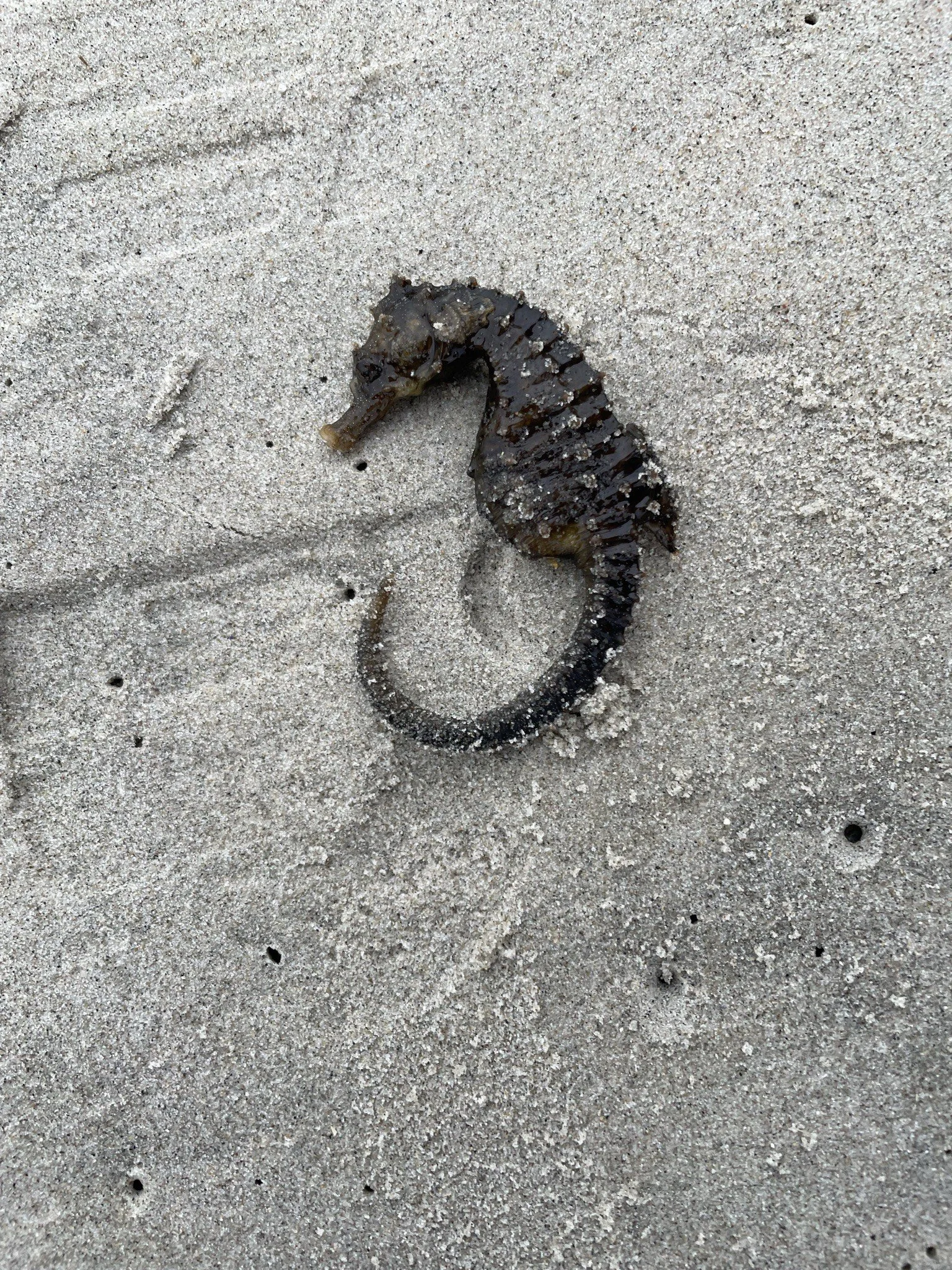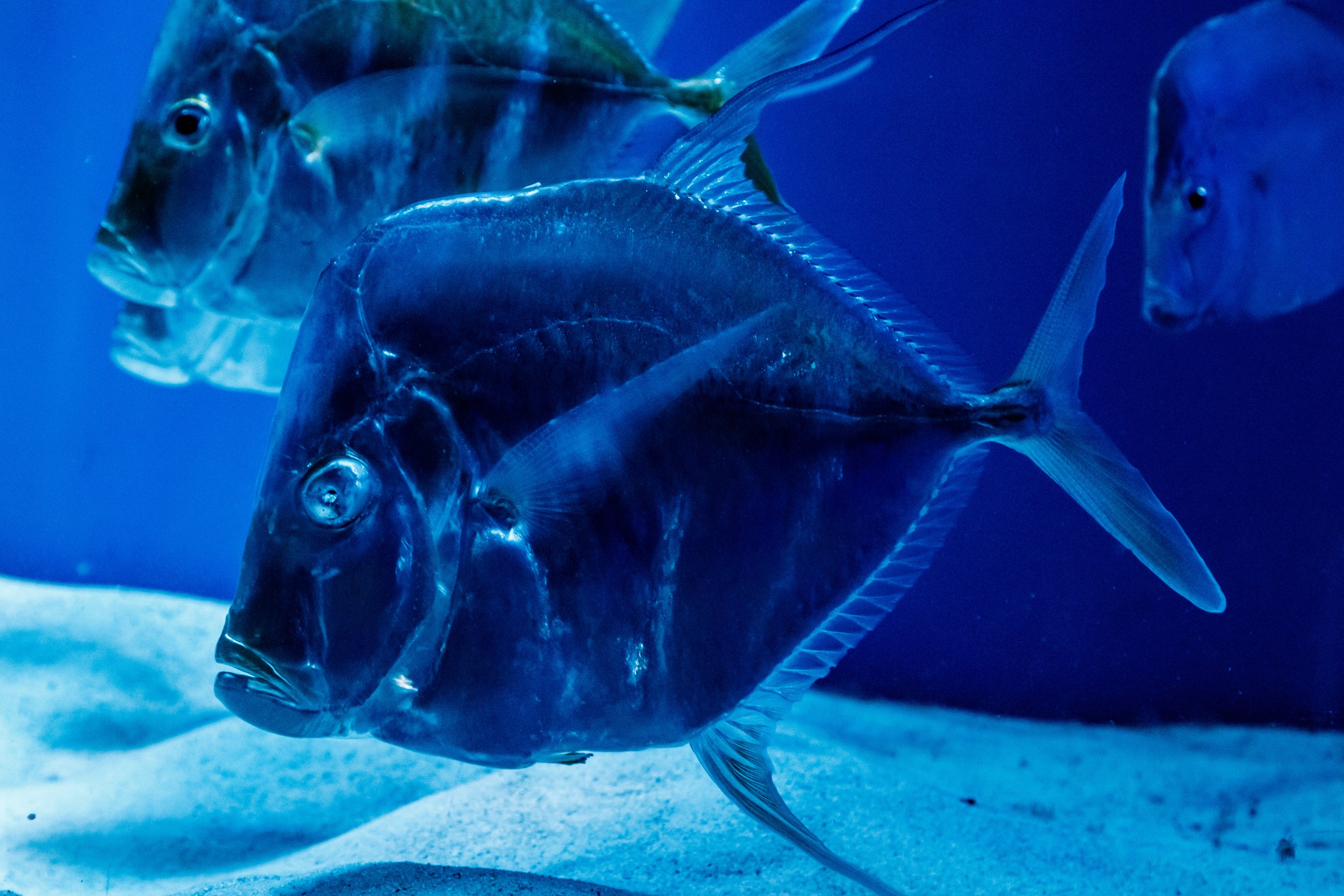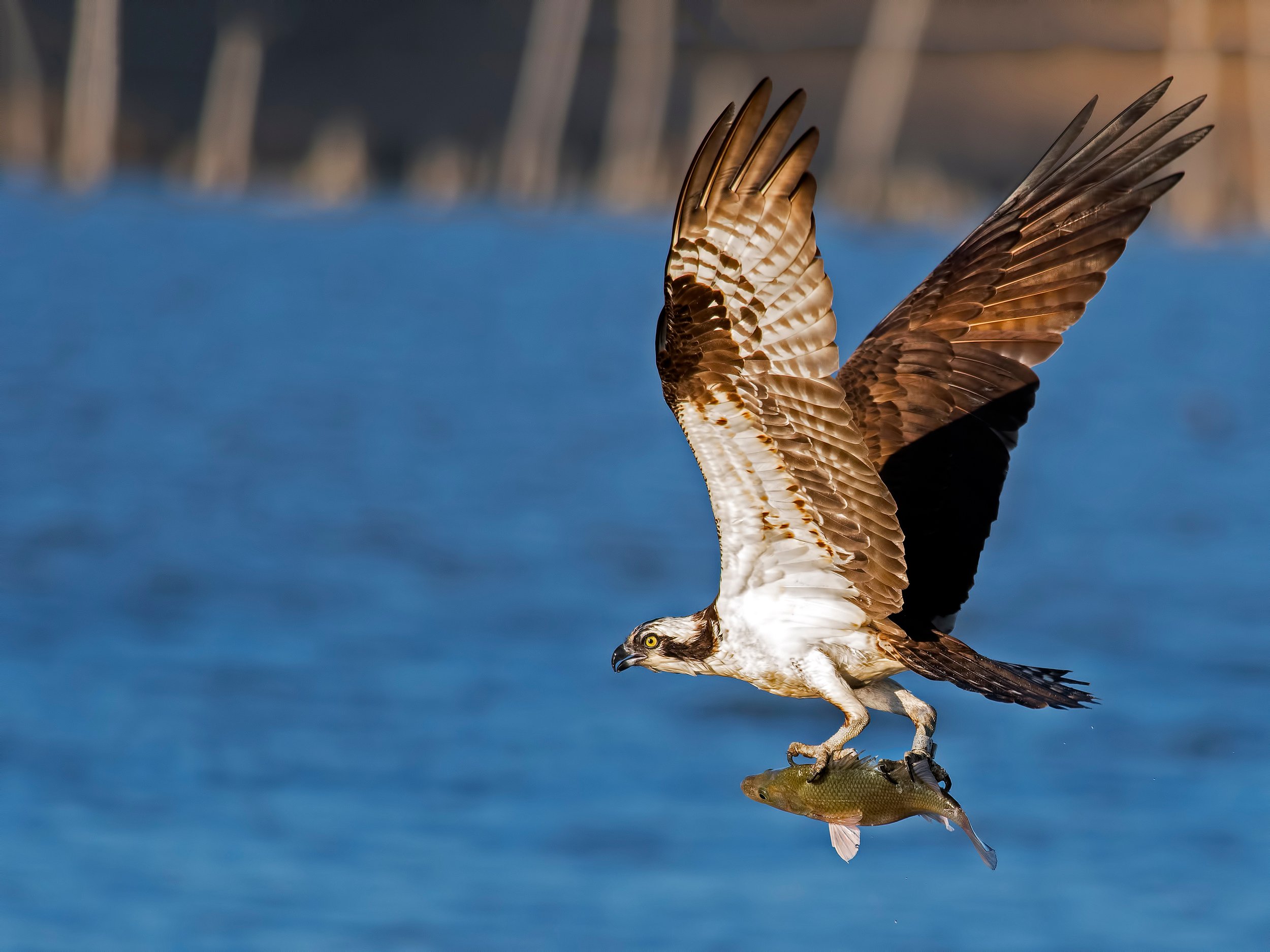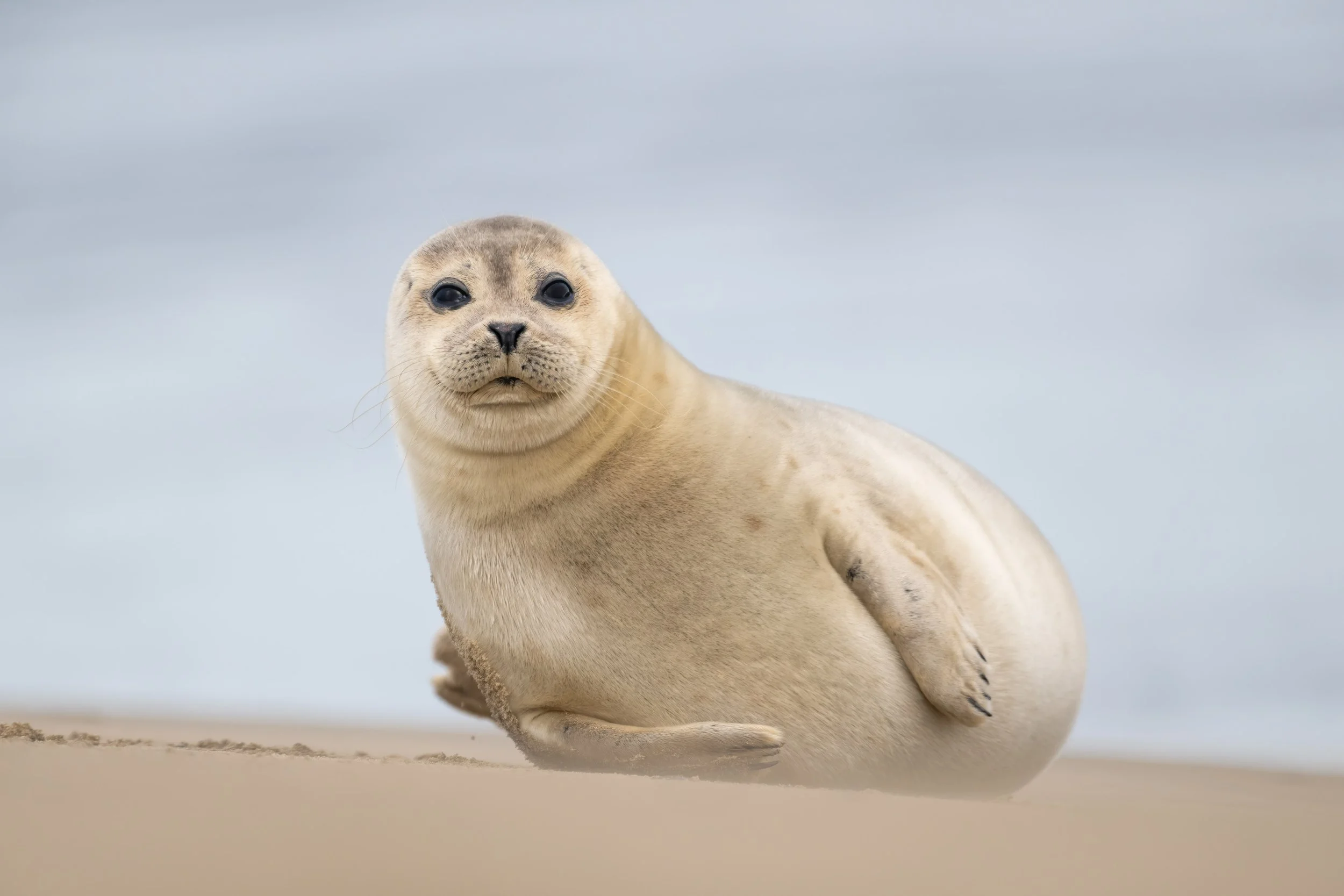
Save Coastal Wildlife Nonprofit
We are dedicated to restoration, research and educating people about the protection of coastal wildlife along the Jersey Shore!
#savecoastalwildlife
This nonprofit runs on science and science is under siege all across the country. We urgently need your help.
Volunteer & Stay In-Touch.
Sign up with your email address to receive the latest coastal wildlife news and updates about volunteer and community science activities with Save Coastal Wildlife Nonprofit.
NEWS AND UPCOMING EVENTS
-
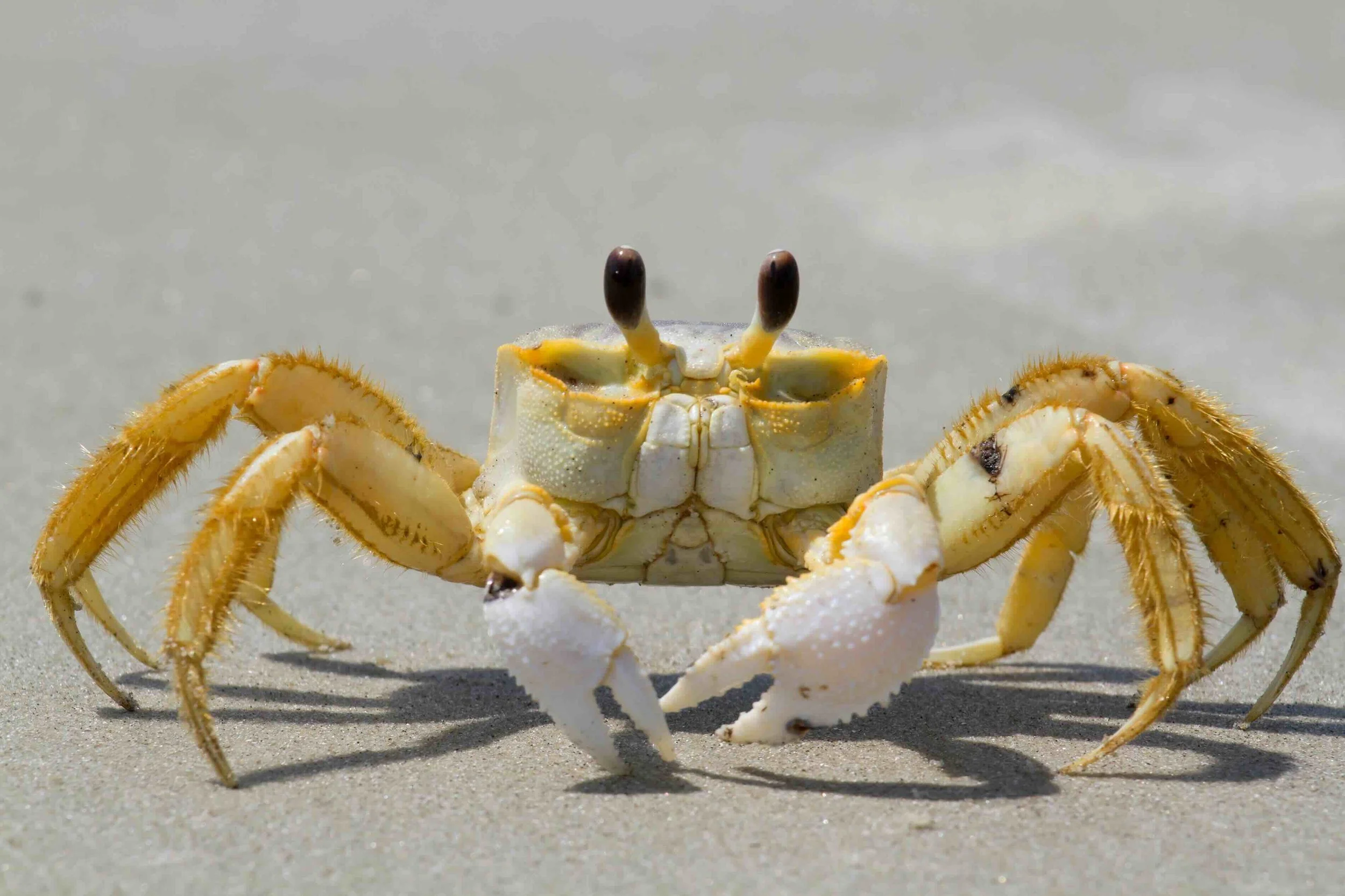
NEW BLOG POST: GHOST CRABS
Discover Atlantic ghost crabs along the Jersey Shore. Jenna Reynolds, Exc. Director of Save Coastal Wildlife, explores the life and ecology of this mysterious speedy and crab.
Atlantic ghost crabs are named for both the ability to blend in with their seashore surroundings and for their mostly nocturnal behaviors. Their pale color helps them blend in with the sand, making them seem to "disappear" or move like ghosts.
-
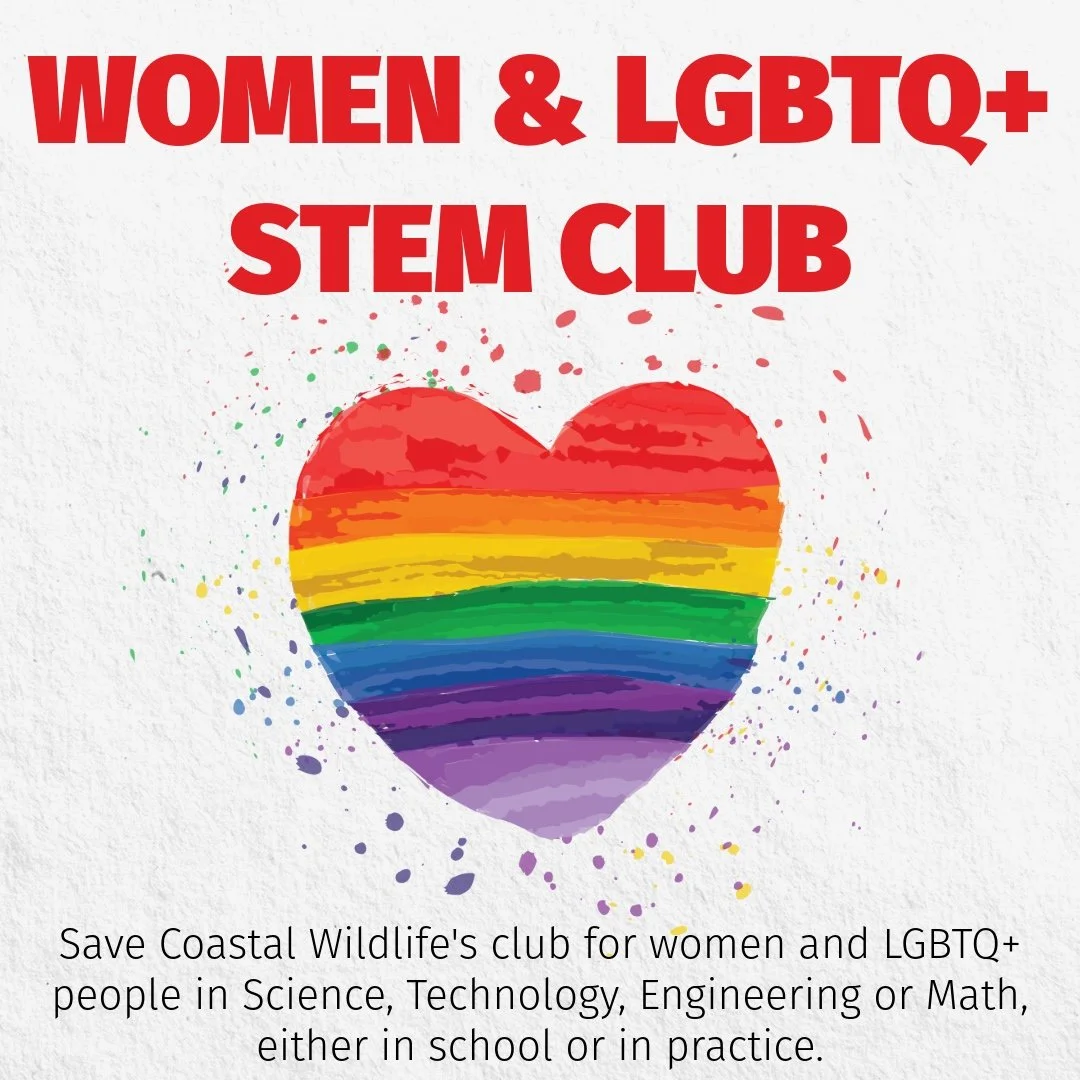
**NEW** STEM CLUB for Women & LGBTQ+ people
Allies for Equality in STEM is a new club started by Save Coastal Wildlife where people can feel support and network with women and LGBTQ+ individuals in Science, Technology, Engineering, and Math fields.
The club hopes to help foster an inclusive environment, mentorship, and community building for students and professionals or just people with an interest in STEM.
YOU ARE NOT ALONE!
SECOND Meeting:
Monday, February 23
7:30pm
Virtual
-
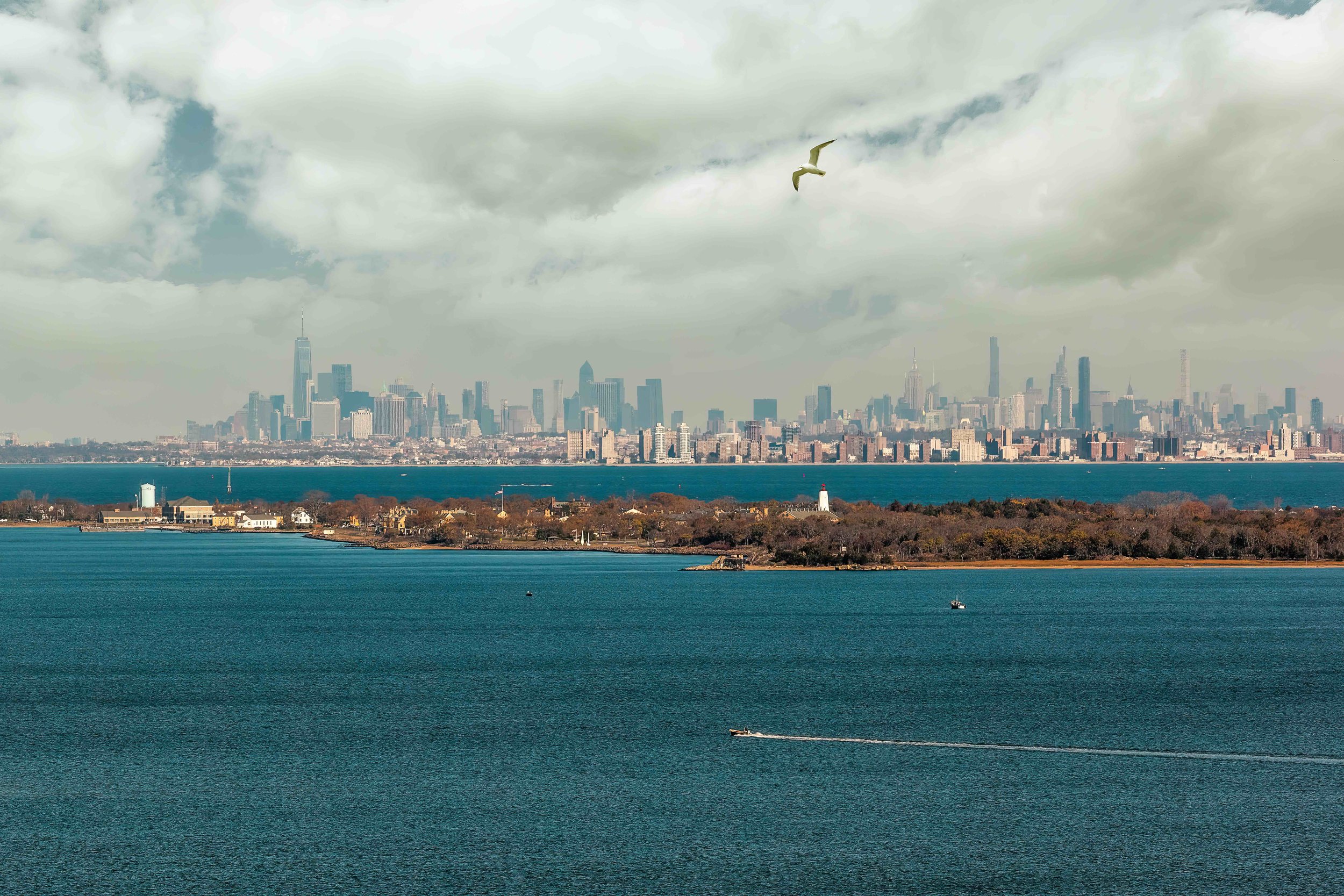
Volunteers Needed for Cleanup of Sandy Hook
Join Save Coastal Wildlife and the National Park Service to volunteer and help cleanup Fisherman's Trail to the tip of the hook!
Saturday, February 28
9:00am to 12:00pm
Meeting Address: Parking Lot M
N Bragg Road
Sandy Hook, New Jersey 07732 -
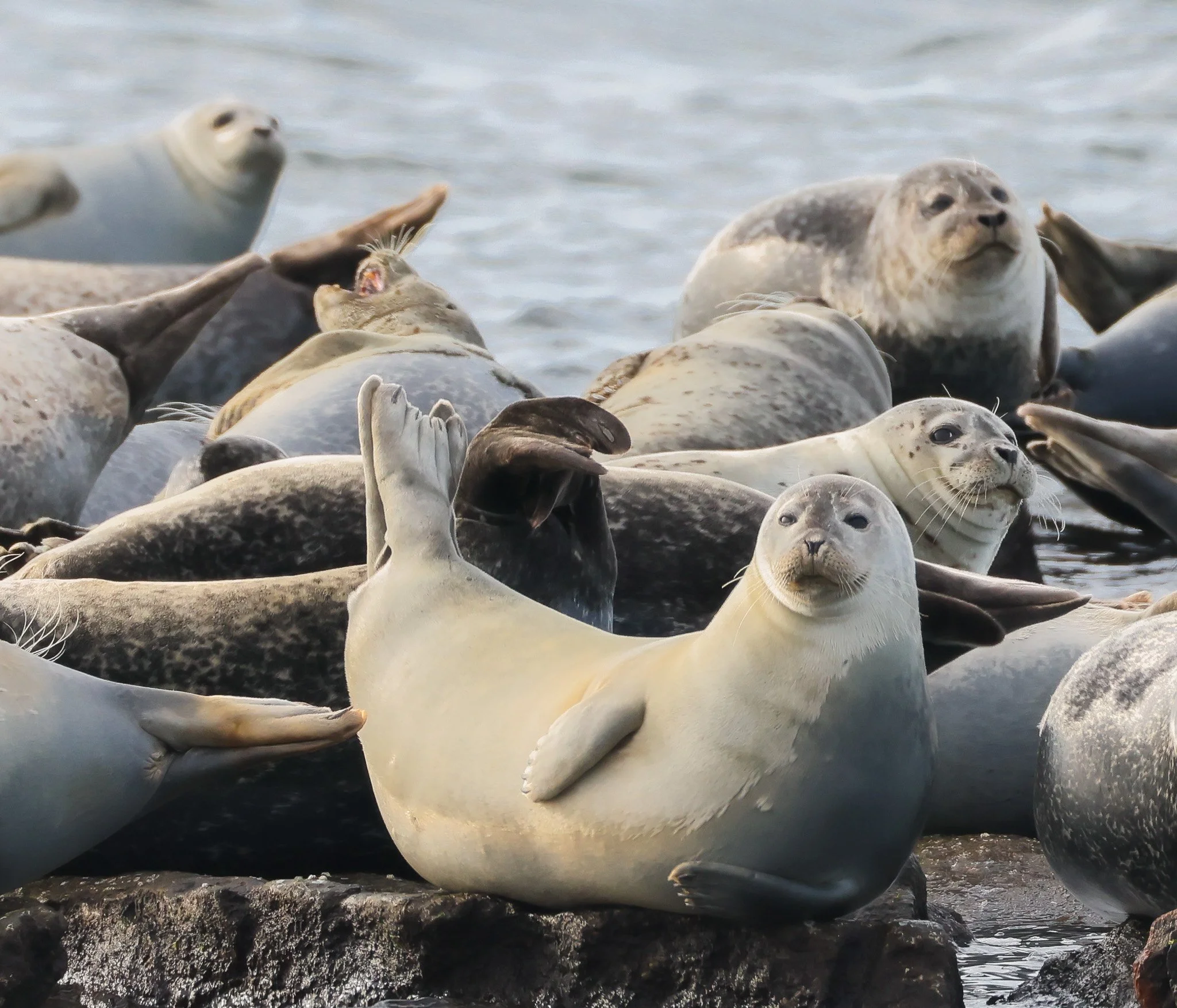
Help Conduct a Public Seal Survey of Sandy Hook Bay
Join Save Coastal Wildlife to look for and learn about the different species of seals that call the Jersey Shore home during the winter.
SUNDAY, MARCH 1
11:00AM TO 12:30PM
MEETING LOCATION WILL BE GIVEN OUT DURING REGISTRATION.
-
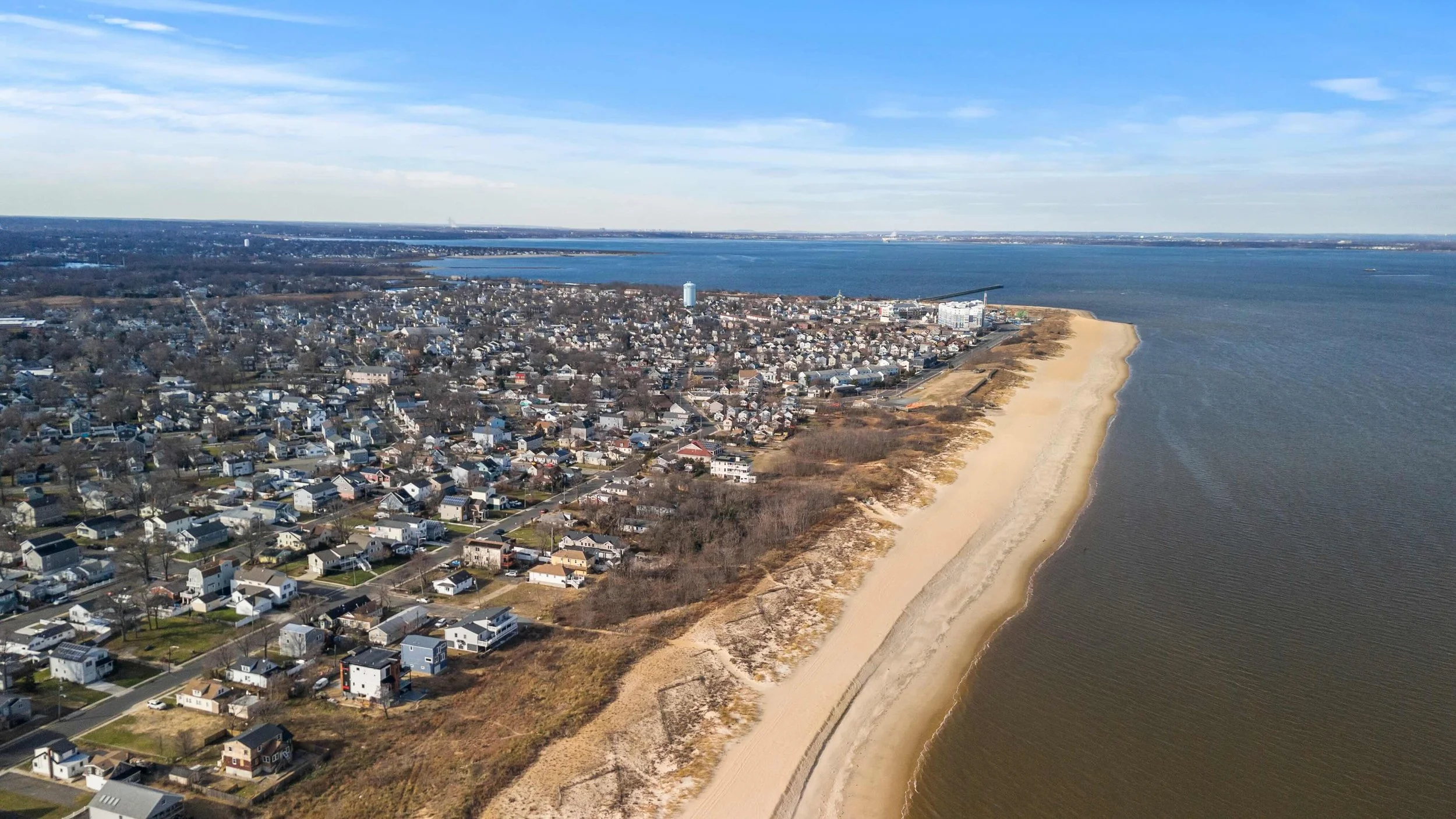
Volunteers Needed for Beach Cleanup of Raritan Bay, NJ
Join members of Save Coastal Wildlife Nonprofit and Americorps NJ Watershed Ambassador WMA 12 as we cleanup and restore the beach along Keansburg Waterfront area in New Jersey, beside Raritan Bay.
The more volunteers that register, the more trash and plastic debris can be removed to help save coastal wildlife along Raritan Bay.
Sunday, March 8
10:00am to 12:00pm
Baywalk West
Meeting Location is near:
420 Beachway Ave, Keansburg, NJ 07734
-

STOP OCTOPUS FARMING!
Stop octopus farming before it begins and takes a hold along the Jersey Shore. Once it begins, it will be very difficult to stop!
URGE NJ LAWMAKERS TO BAN OCTOPUS FARMING!
-
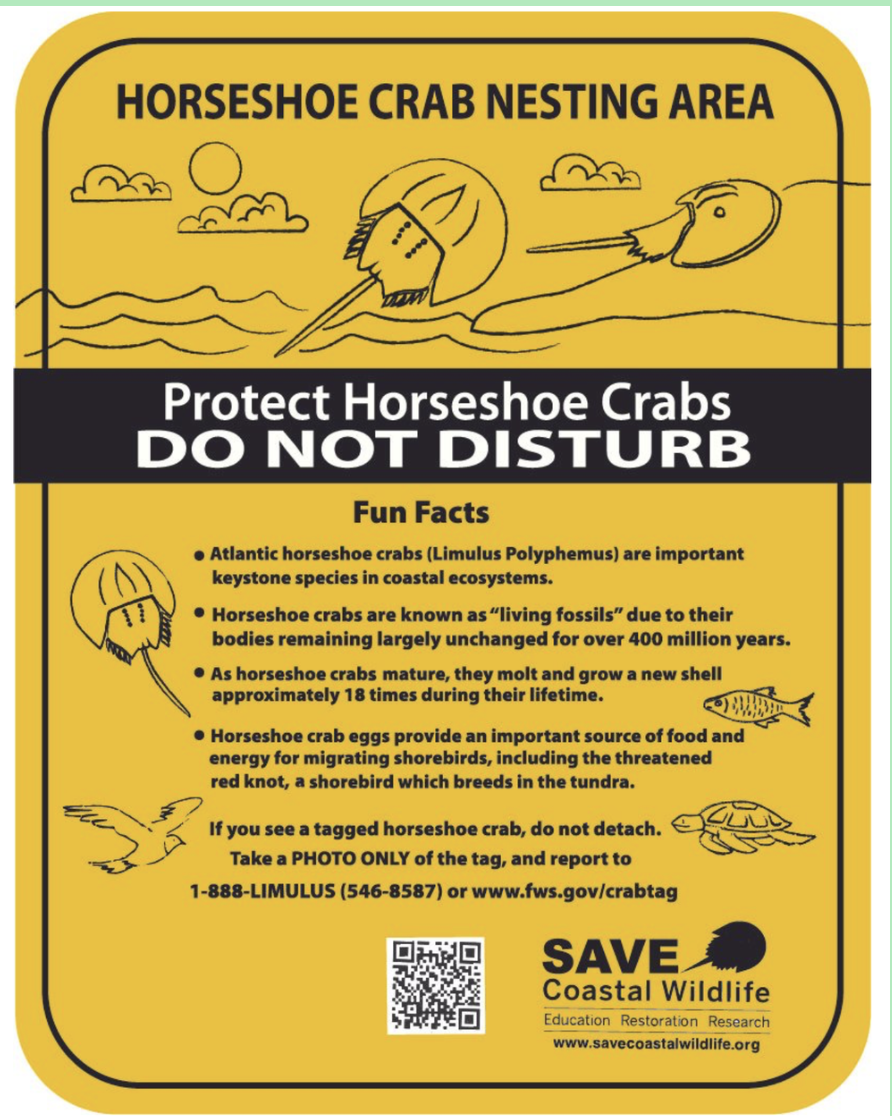
GET A FREE SIGN TO PROTECT HORSESHOE CRABS!
Does your town or bayside community organization have horseshoe crabs nesting on a beach during the spring. If so, please contact Save Coastal Wildlife. We will provide a free sign for you to install and put your logo on to help educate people about the importance of protecting horseshoe crabs and their diminishing nesting areas.
-
Report A Seahorse Sighting
Due to many threats, the population of seahorses is uncertain at best. If you come upon a seahorse (live or dead), please record your sighting to Save Coastal Wildlife so we may keep track of the location, and abundance of seahorses.
-

Don't Fall for Misinformation
Don’t believe the hype the fossil fuel industry and their friends are putting out about renewable energy, especially offshore wind killing whales. Only people are killing whales from speeding ships, the ingestion of microplastics, or from commercial fishing.
FEATURED COASTAL WILDLIFE

Support us!
Your efforts will allow Save Coastal Wildlife to protect the unique coastal marine wildlife that live along the Jersey Shore by supporting our programs related to research, educational outreach and conservation.
Join our community and become a member today. Your membership not only grants access to exclusive benefits but also directly supports our mission.
Thank you for choosing to be part of our cause. Together, we can make a positive impact to save coastal wildlife along the Jersey Shore and beyond!
Ready to make a difference? Start your journey by becoming a member now!
BECOME A MEMBER AND JOIN THE FAMILY!
Since 2018
Save Coastal Wildlife Nonprofit has been dedicated to educating people about coastal biodiversity and restoring habitat along the Jersey Shore - from Raritan Bay to Delaware Bay, New Jersey.
We inspire action for greater preservation and empathy for the beautiful biodiversity along the Jersey Shore and our blue planet!
Save Coastal Wildlife is made up of animal lovers, educators, scientists, surfers, naturalists, community leaders and many other people devoted to the protection of the Jersey Shore’s biodiversity.
Save Coastal Wildlife takes action through education, restoration & research!
Threats to Coastal Wildlife
Expanding development, increasing human populations and plastic pollution, and the strengthening effects of global warming and other human induced activities, including bycatch and ghost gear from commercial fishing, and the commercialization of our marine environment, are putting great pressure on many plants and animals, and the coastal-estuarine environment in New Jersey.
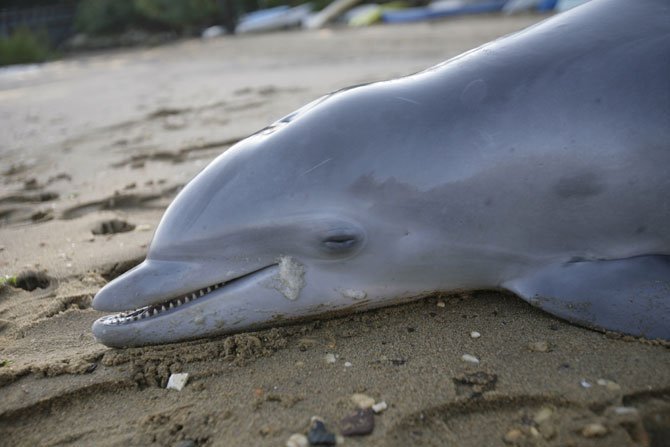
Sub-adult Bottlenose dolphin found dead along the Navesink River 2008.
In 2019 The Atlantic Horseshoe Crab Population
in the New York City region, including Raritan Bay & Sandy Hook Bay in New Jersey, has trended downward from good, to neutral, and now poor as per the Atlantic States Marine Fisheries Commission.
Decreasing fish species along the Jersey Shore:
adult weakfish populations have been on the decline since 2003, and adult winter flounder populations have been steadily declining since the early 1980s, according to the Atlantic States Marine Fisheries Commission. In 2014, the International Union for the Conservation of Nature (IUCN) listed the American eel as “Endangered” on the Red List. The Atlantic sturgeon population along the Atlantic coast are endangered, including in the New York Bight and Chesapeake Bay. The Winter Skate population has seen a staggering 90% reduction in mature individuals since the 1970s due to bottom trawling, where it is often accidentally caught, and many species of sharks are in decline including the Great White shark, both the Scalloped Hammerhead and Great Hammerhead sharks, tiger sharks and sandbar sharks primarily due to unsustainable fishing practices, bycatch, and slow reproduction rates, leading many species of sharks to be classified as endangered or critically endangered on the IUCN Red List.
A dead mako shark (Isurus oxyrinchus) is seen hanging from a longline hook, emphasizing bycatch activities and the impact of indiscriminate fishing practices on marine species from commercial fishing.
Over 30 Species of wildlife
that breed, migrate or overwinter along the Jersey Shore are listed by the State of New Jersey as endangered, threatened, or a species of special concern including several species of whales, turtles, and coastal birds.
Over 600% along the New Jersey Shore
is the percentage of tidal flood events that have increased in the past 60 years due to sea level rise from melting land-based glaciers in mountainous and polar regions in the North Atlantic, especially Greenland, due to global warming.
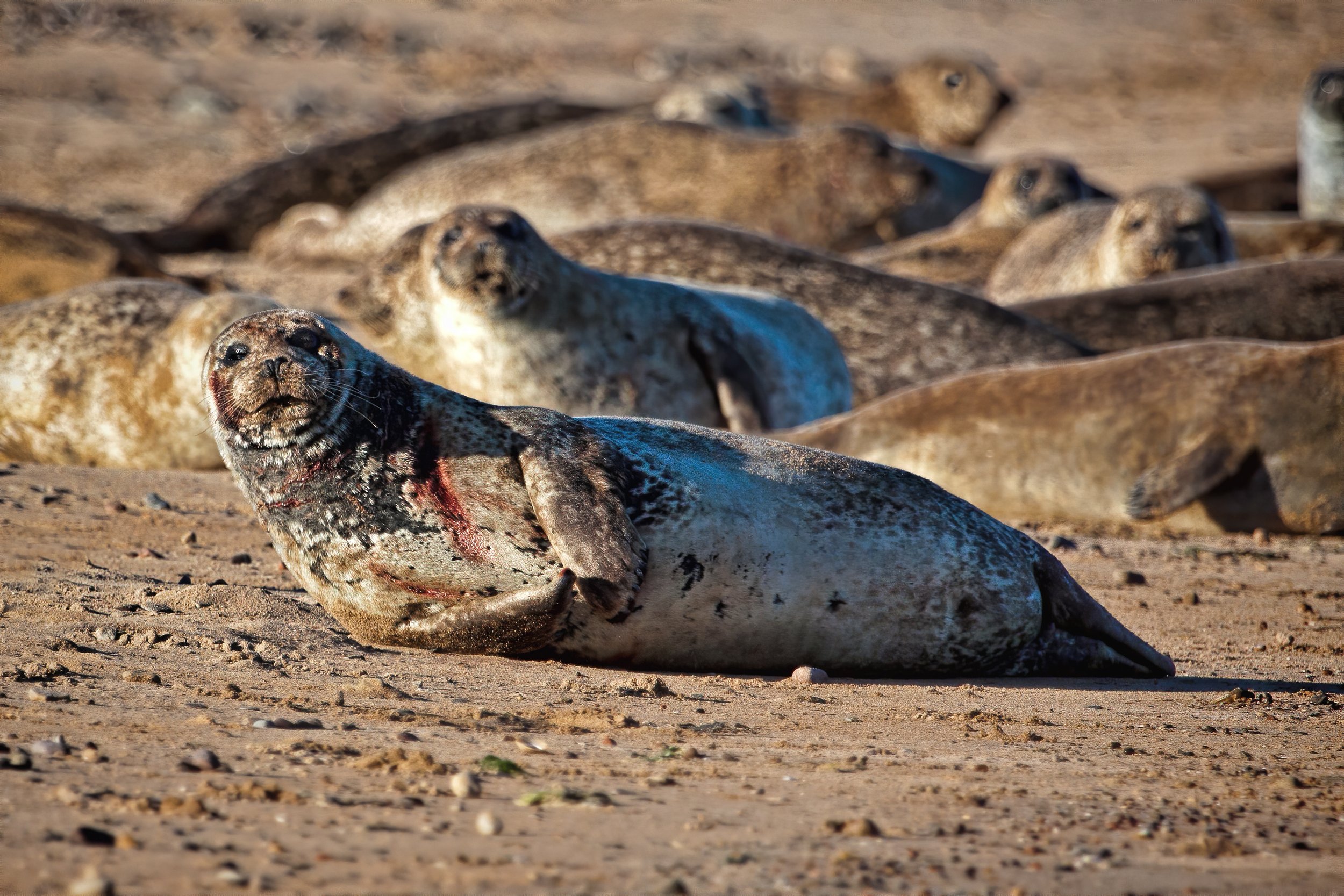
Injured female harbor seal with fresh wounds caused by a boat propeller.
Over 70% of Seabird & Shorebird
populations have declined in the past 50 years in the United States as they compete with people for food and space to rest and feed during migration. According to Cornell University, analyses of eBird Trends show steep declines for nearly all North American seabird species throughout their ranges between 2012 and 2022. New Jersey's coastal birds are facing declines due to factors like habitat loss from sea-level rise, reduced food availability from horseshoe crab population issues, and climate change impacts including Rufa Red Knots, Least Terns, Piping Plovers, and Black Skimmers.
Over 125 mortalities of Humpback, Minke, and Northern Right whale species
have occurred in the New York-New Jersey Bight since 2017 with many showing evidence of human interaction, either ship strikes, plastic ingestion, or entanglement in commercial fishing gear.
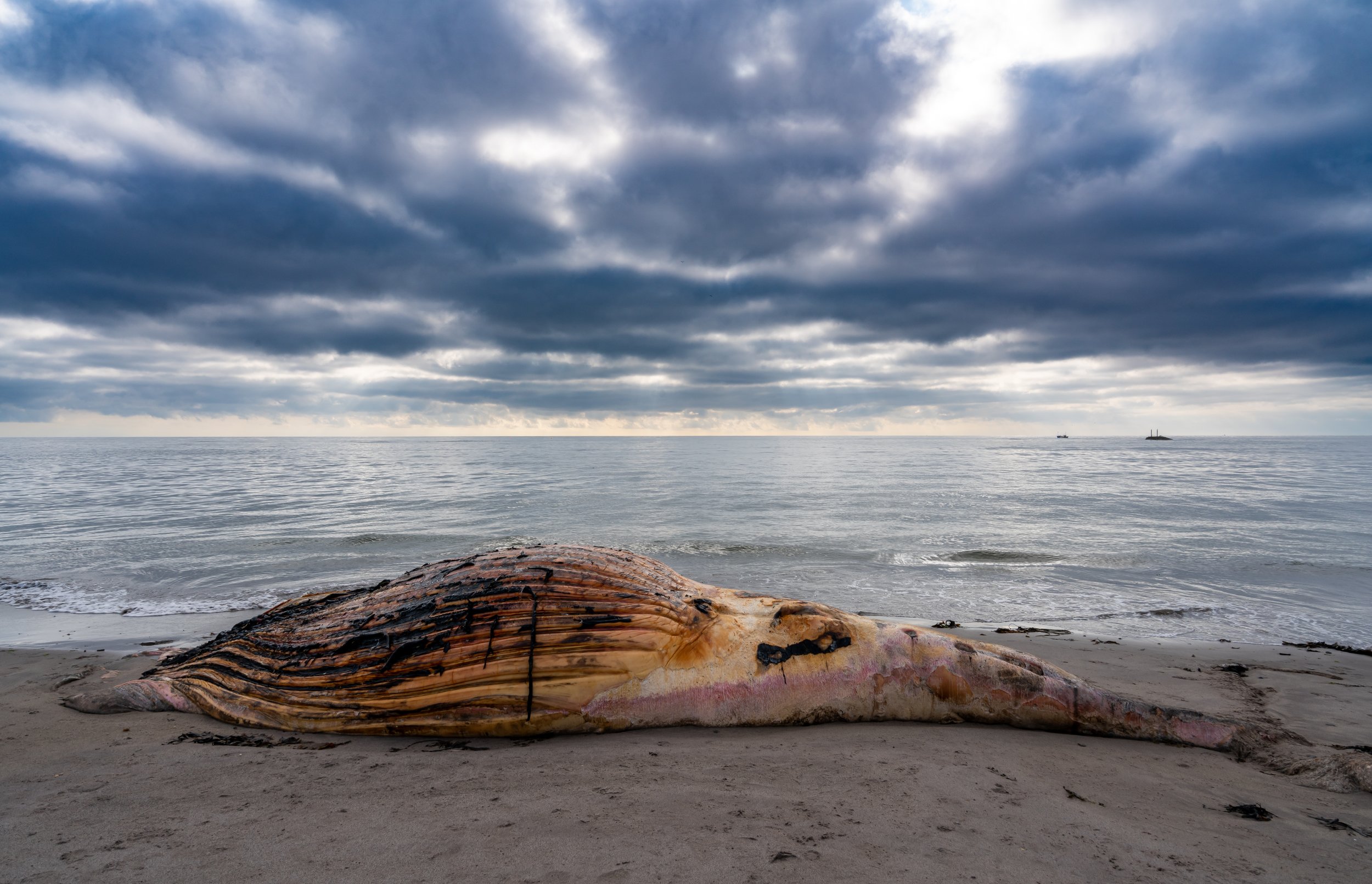
The carcass of a juvenile humpback whale. Cause of death undetermined, but likely hit by a ship in the Atlantic Ocean.
More Insights About Coastal Wildlife
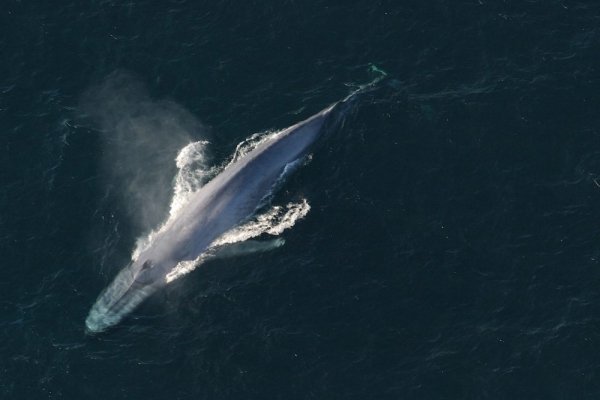
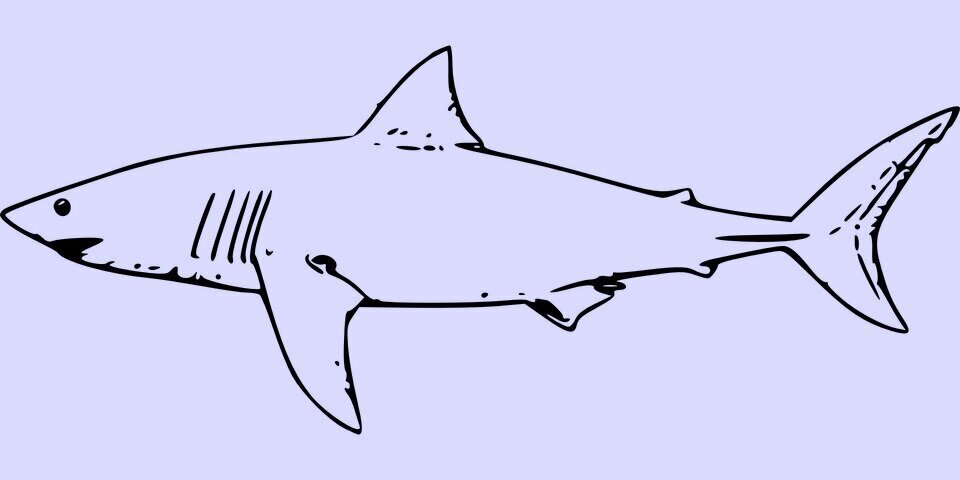
The abundance of oceanic sharks and rays dropped more than 70% between 1970 and 2018
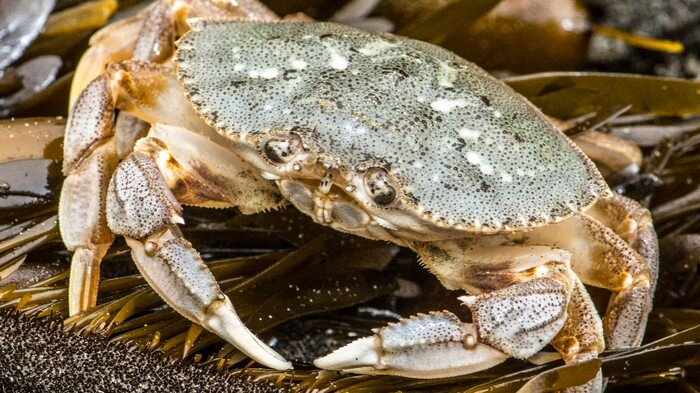
The U.S. West Coast Is Now So Acidic That It's Dissolving Baby Crab Shells
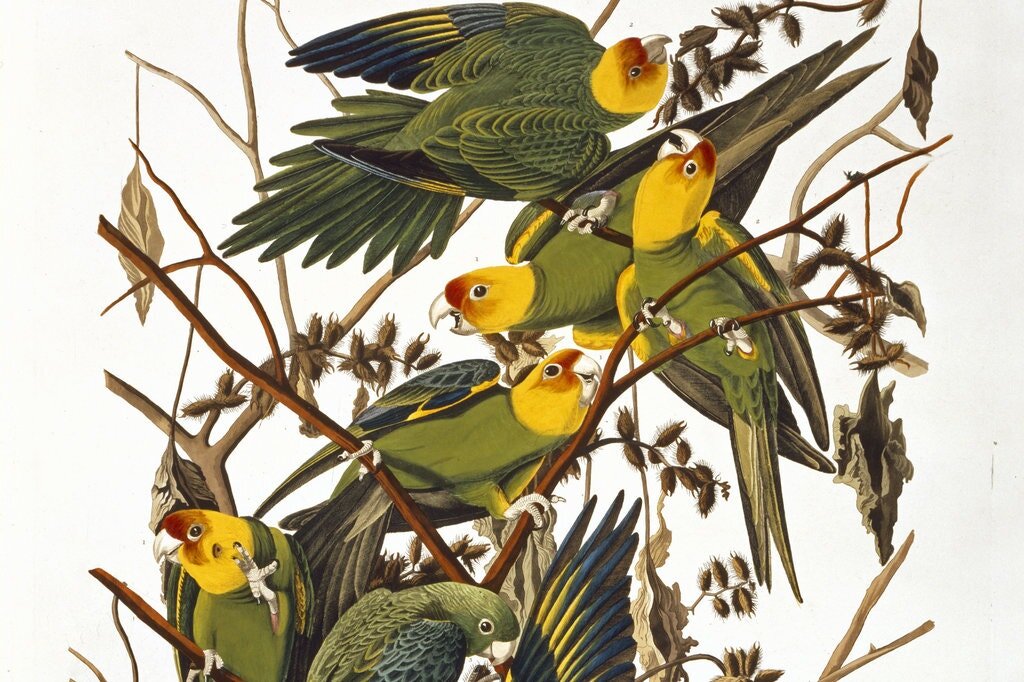
Once, America Had Its Own Parrot: The Carolina parakeet was beautiful, and doomed. What could have driven it to extinction?
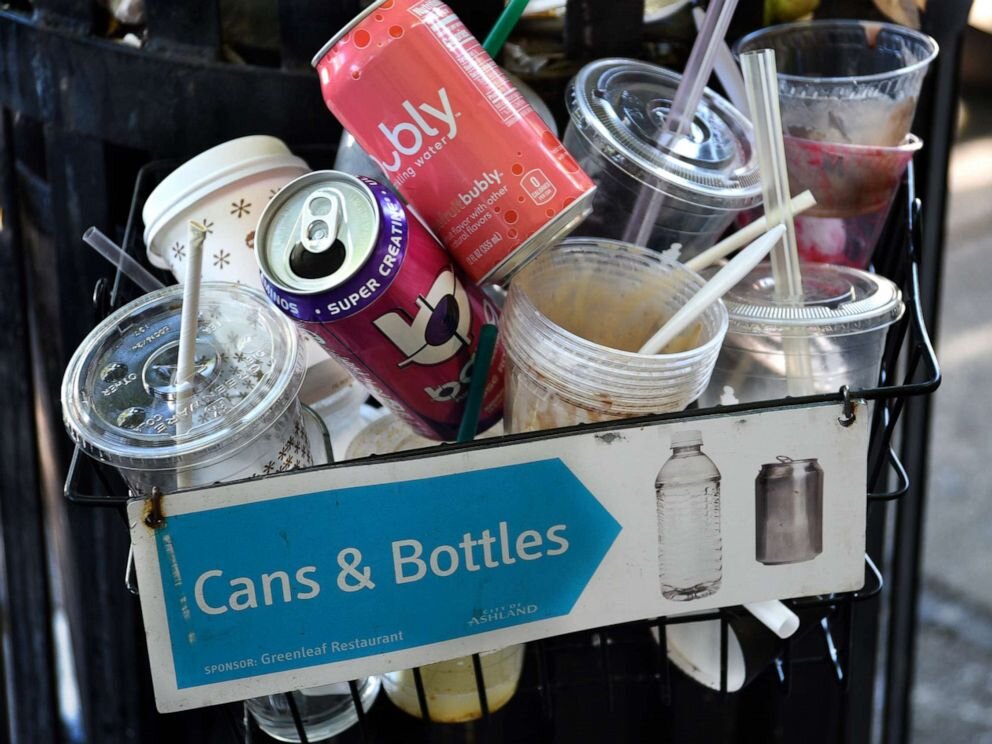
We’re recycling but garbage keeps piling up: What you may not know about the recycling industry

THE BLOOD OF THE CRAB: Horseshoe Crab blood is an irreplaceable medical marvel, and biomedical companies are bleeding thousands of crabs and throwing them back in the ocean.
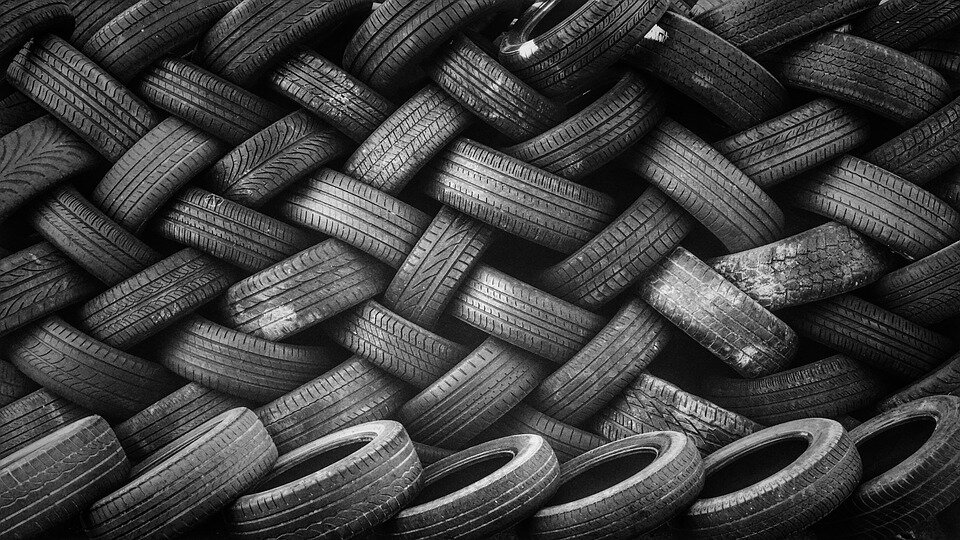
The biggest source of microplastics in California coastal waters? Car tires
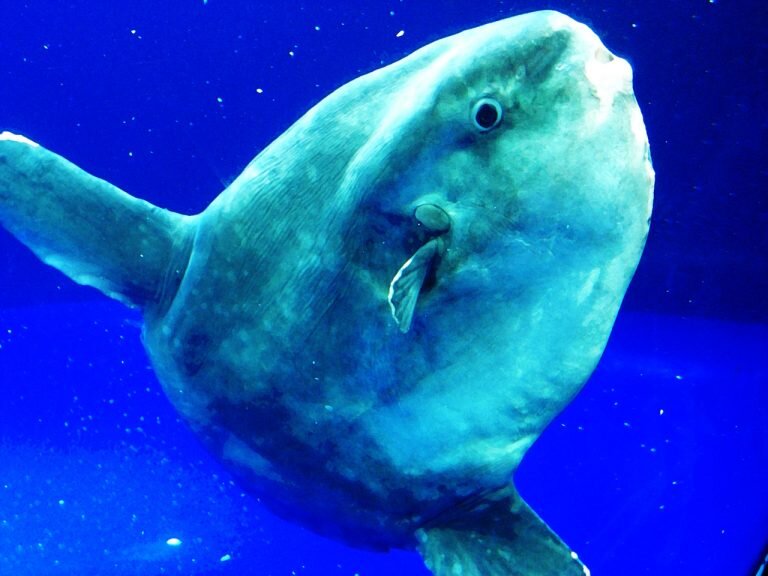
‘Weirdest fish in the ocean’ makes rare appearance in N.J.’s Barnegat Bay

In Defense of Sea Gulls: They’re Smart, and They Co-Parent, 50/50 All the Way. Besides, if people weren’t such slobs, gulls would never have learned about French fries.
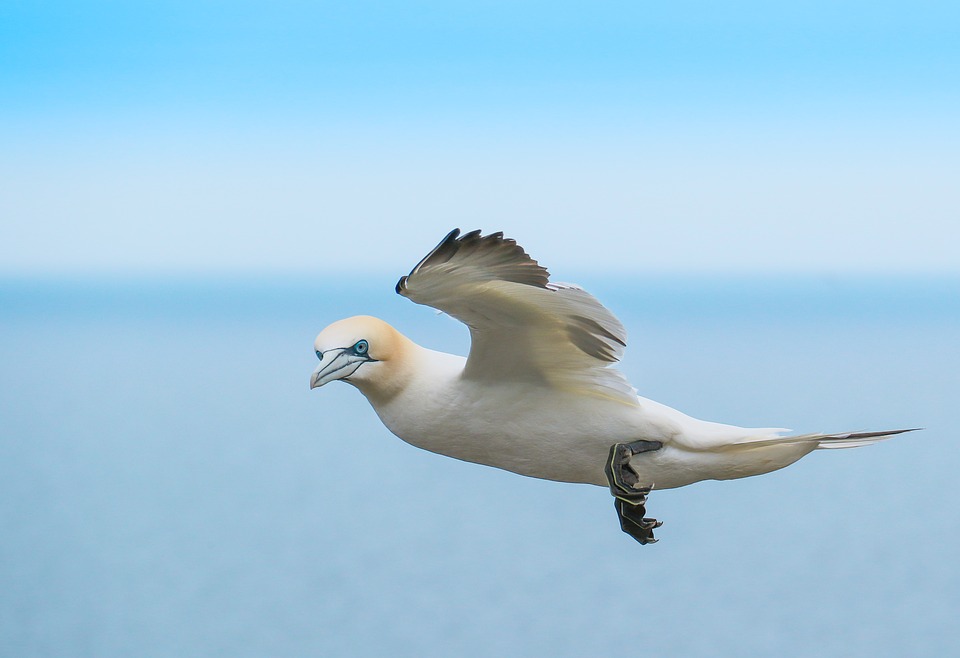
Plastic pollution is making seabirds smaller and sicker, a study has found
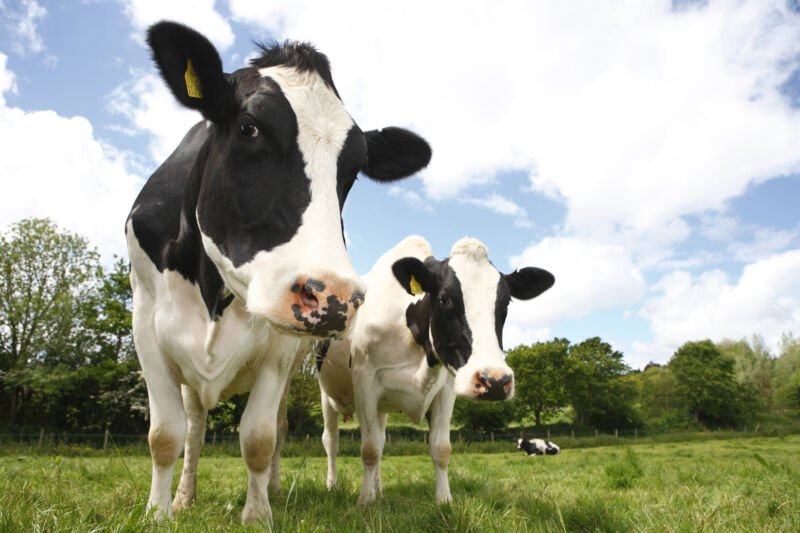

California sound system tries to keep whales and ships apart
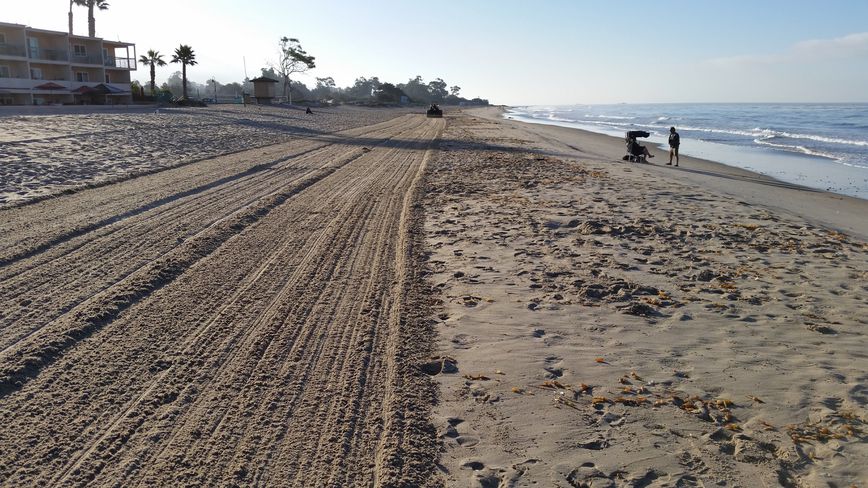
Your favorite pristine beach is founded on mass invertebrate death
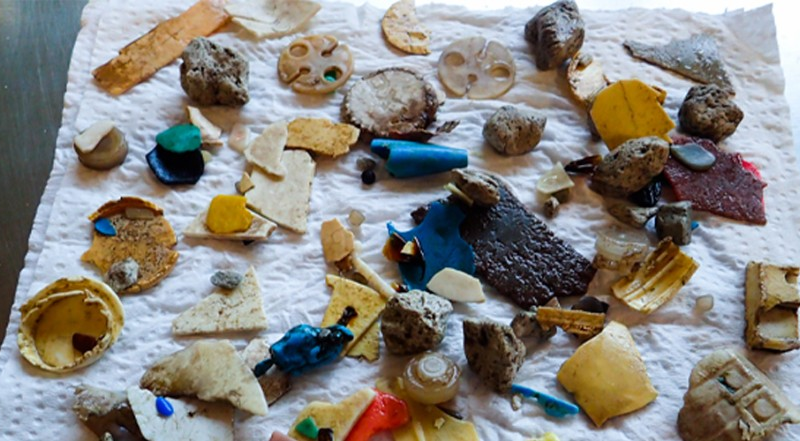
Eating Even One Piece of Plastic Has Health Consequences for Baby Seabirds
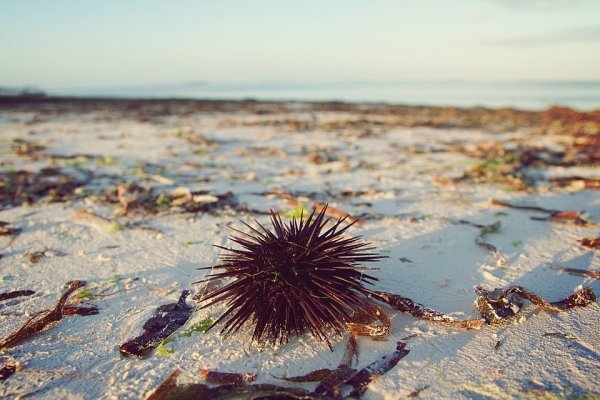
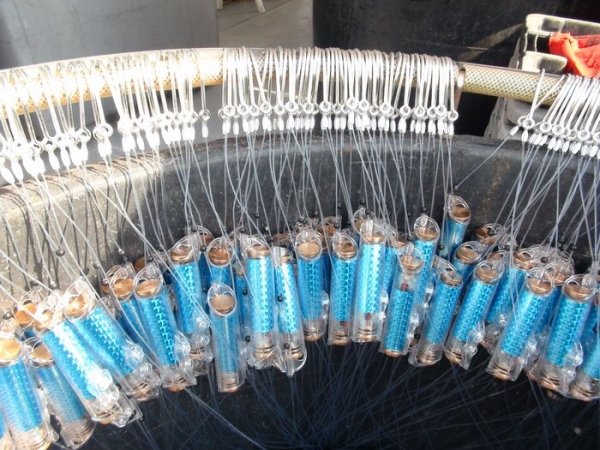


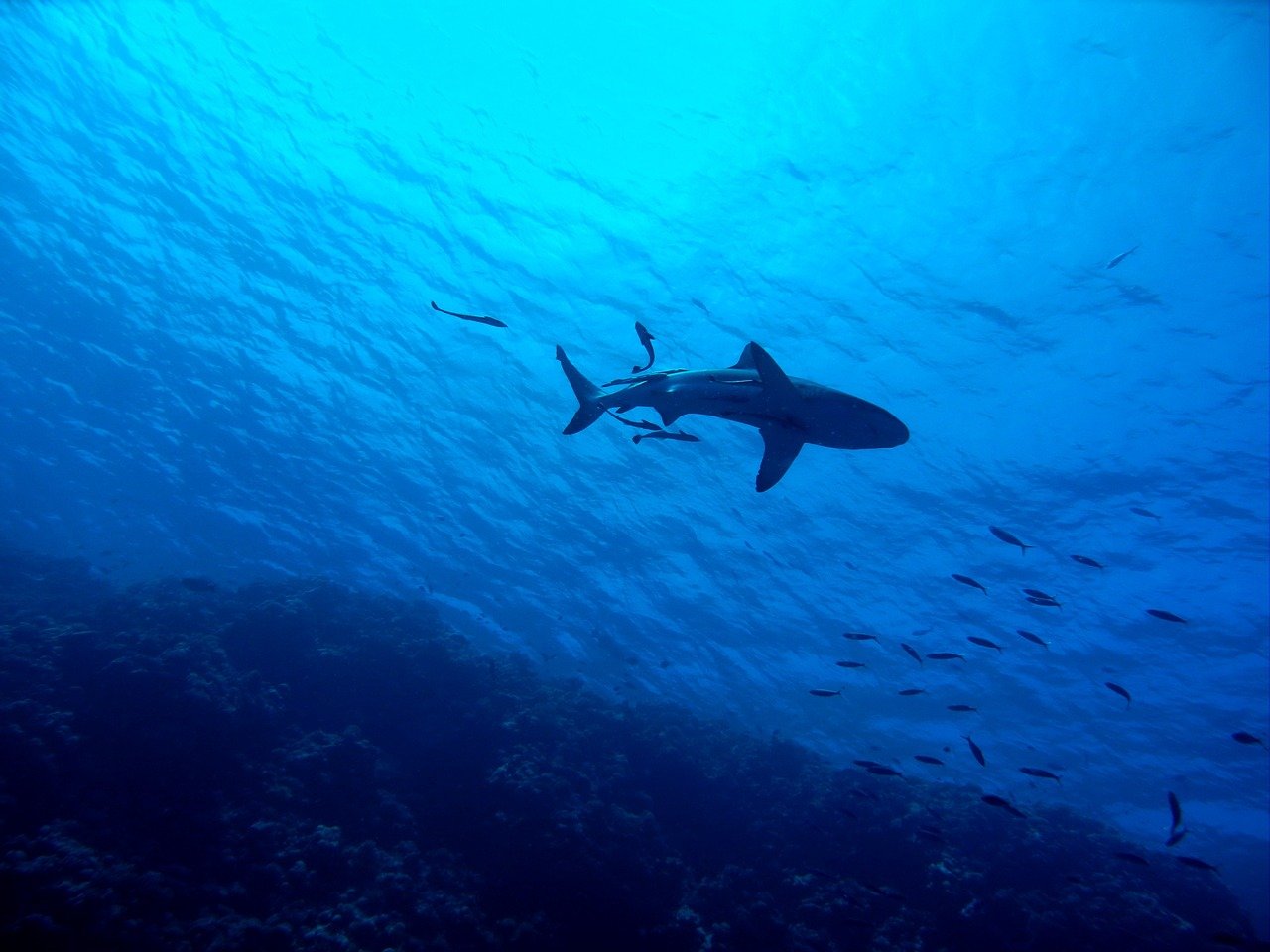


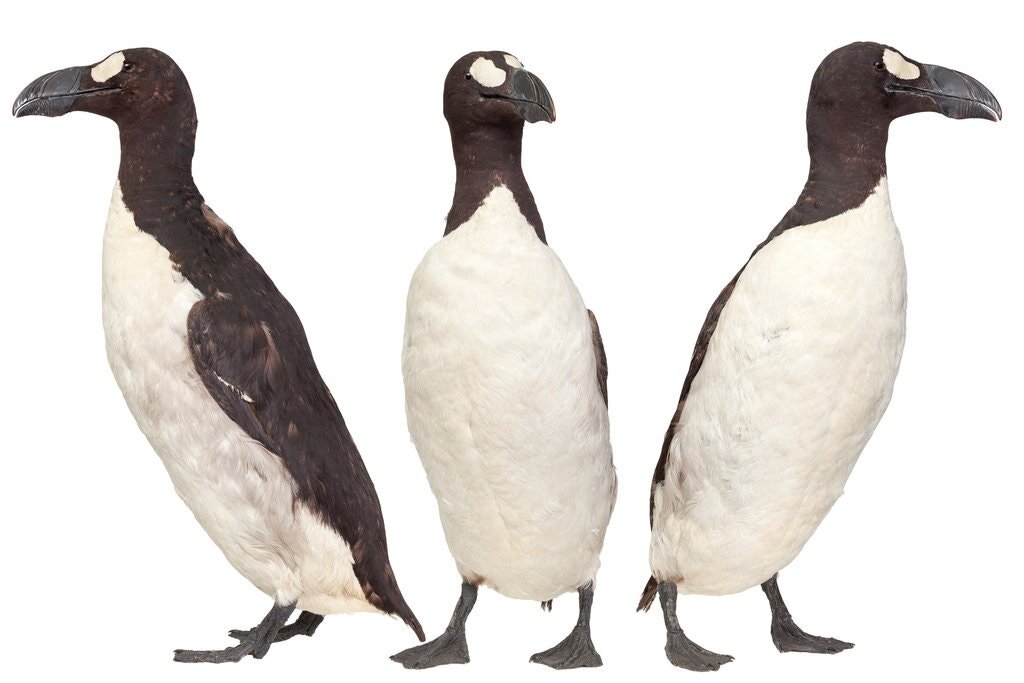

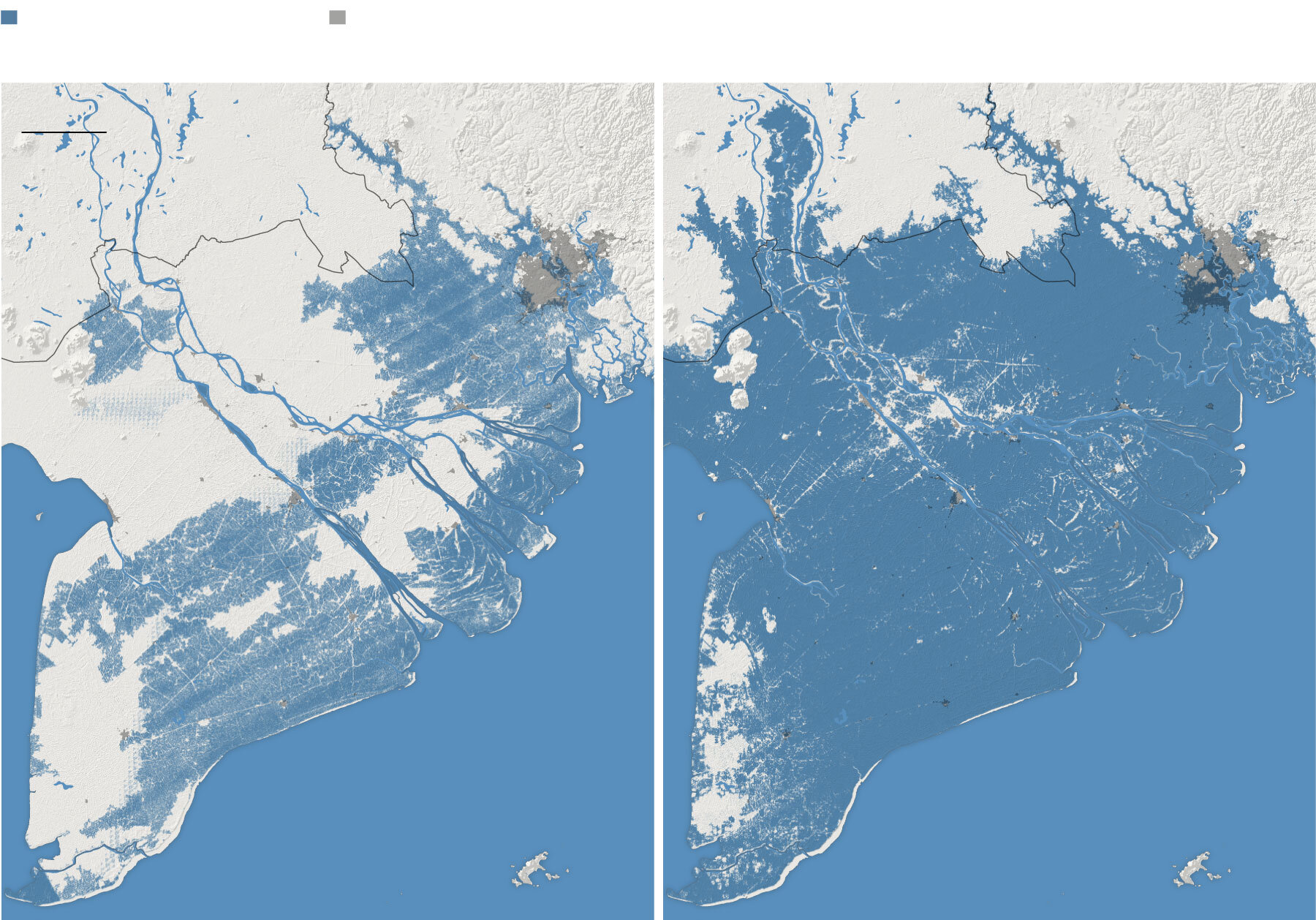

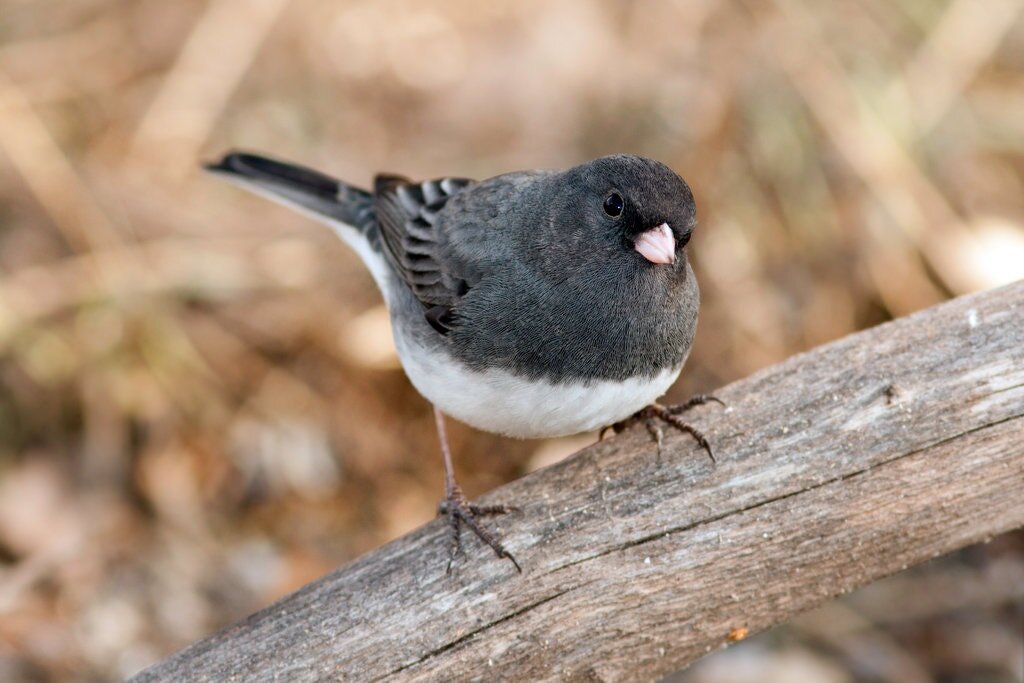


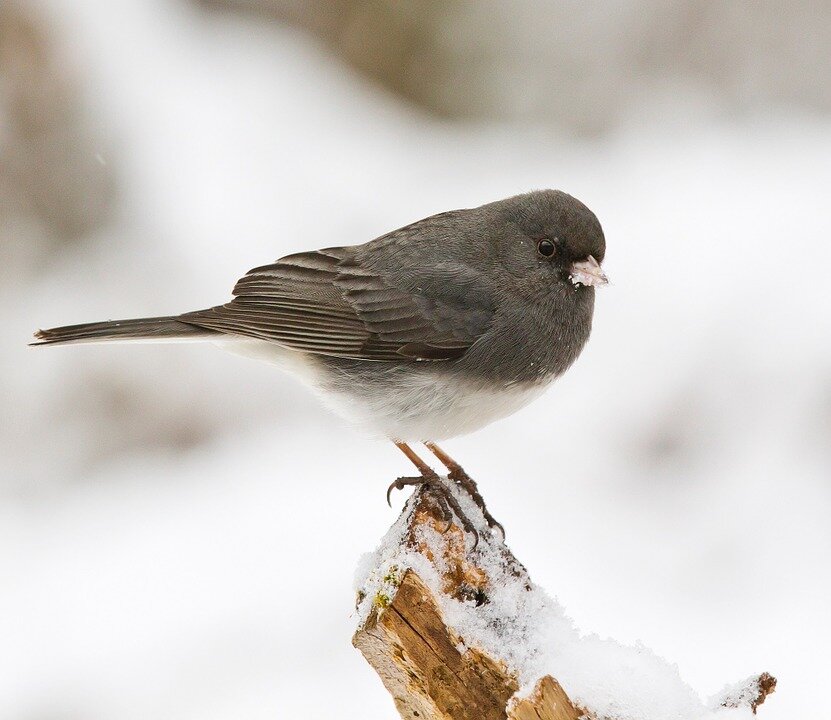


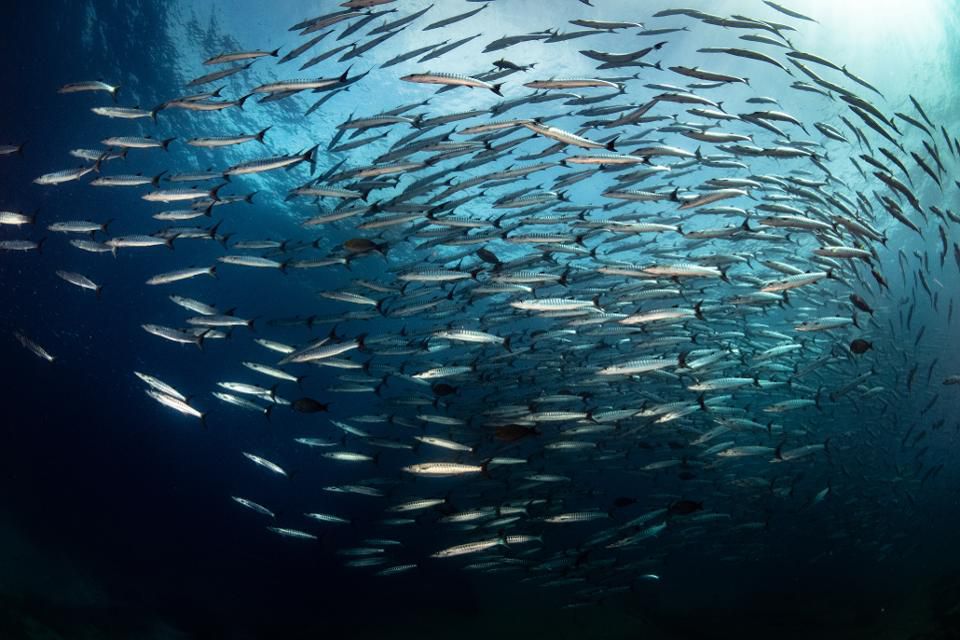








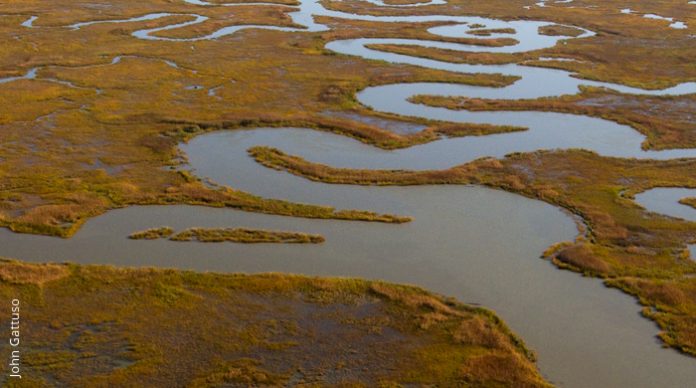

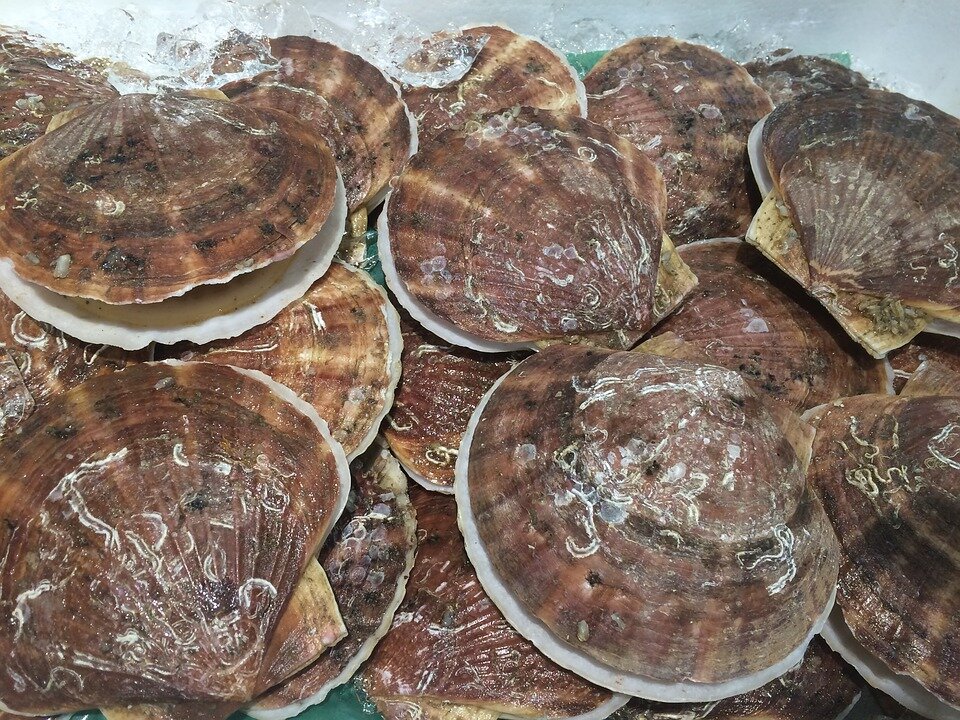
“The more clearly we can focus our attention on the wonders and realities of the universe about us, the less taste we shall have for destruction.”
~ Quote from Rachel Carson, Silent Spring (1962).

Pagophilus groenlandicus
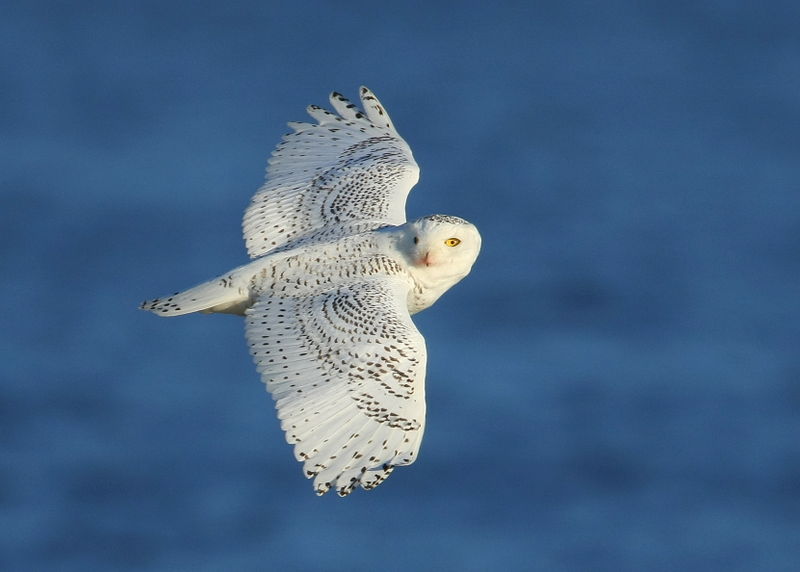
Bubo scandiacus
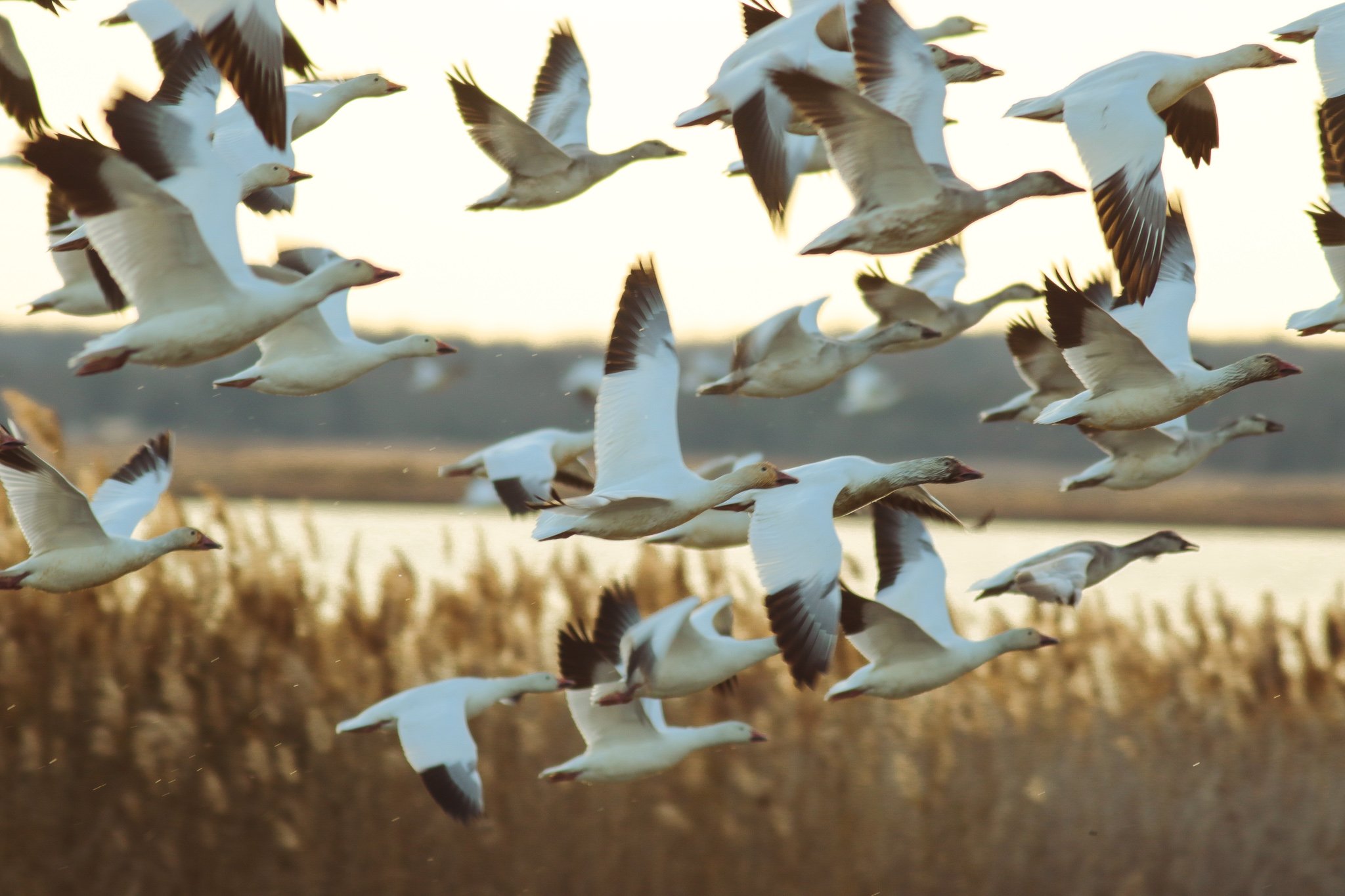
Anser caerulescens
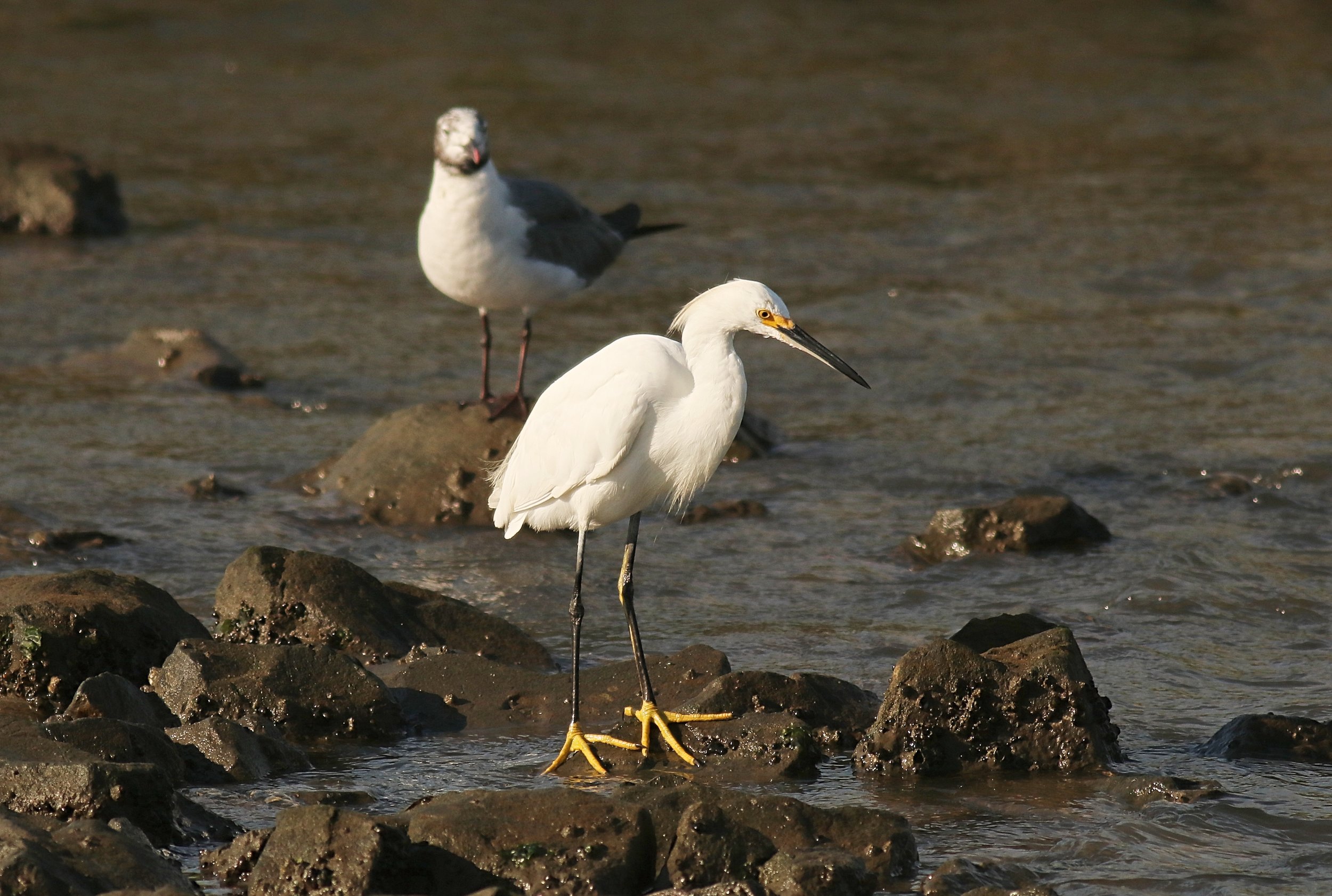
Egretta thula
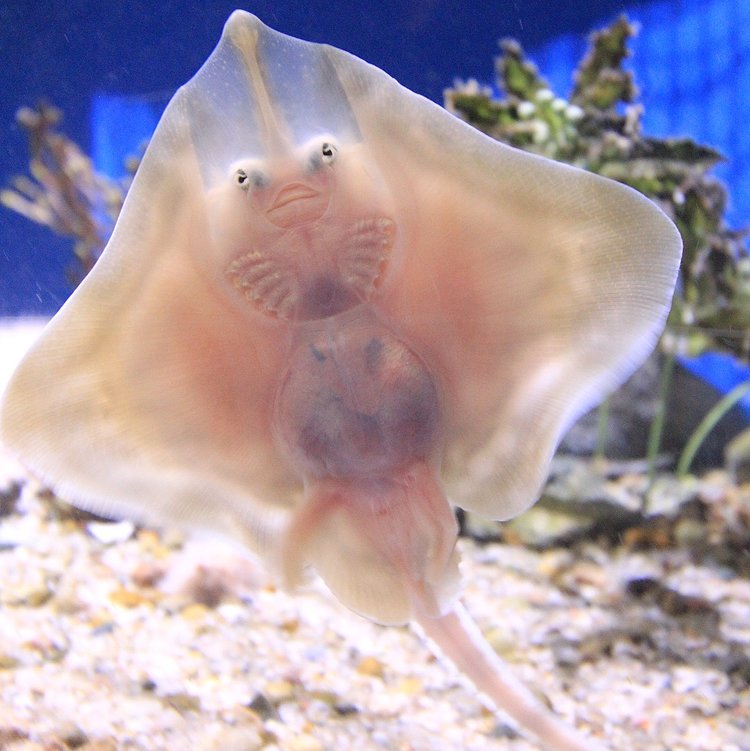
Raja eglanteria
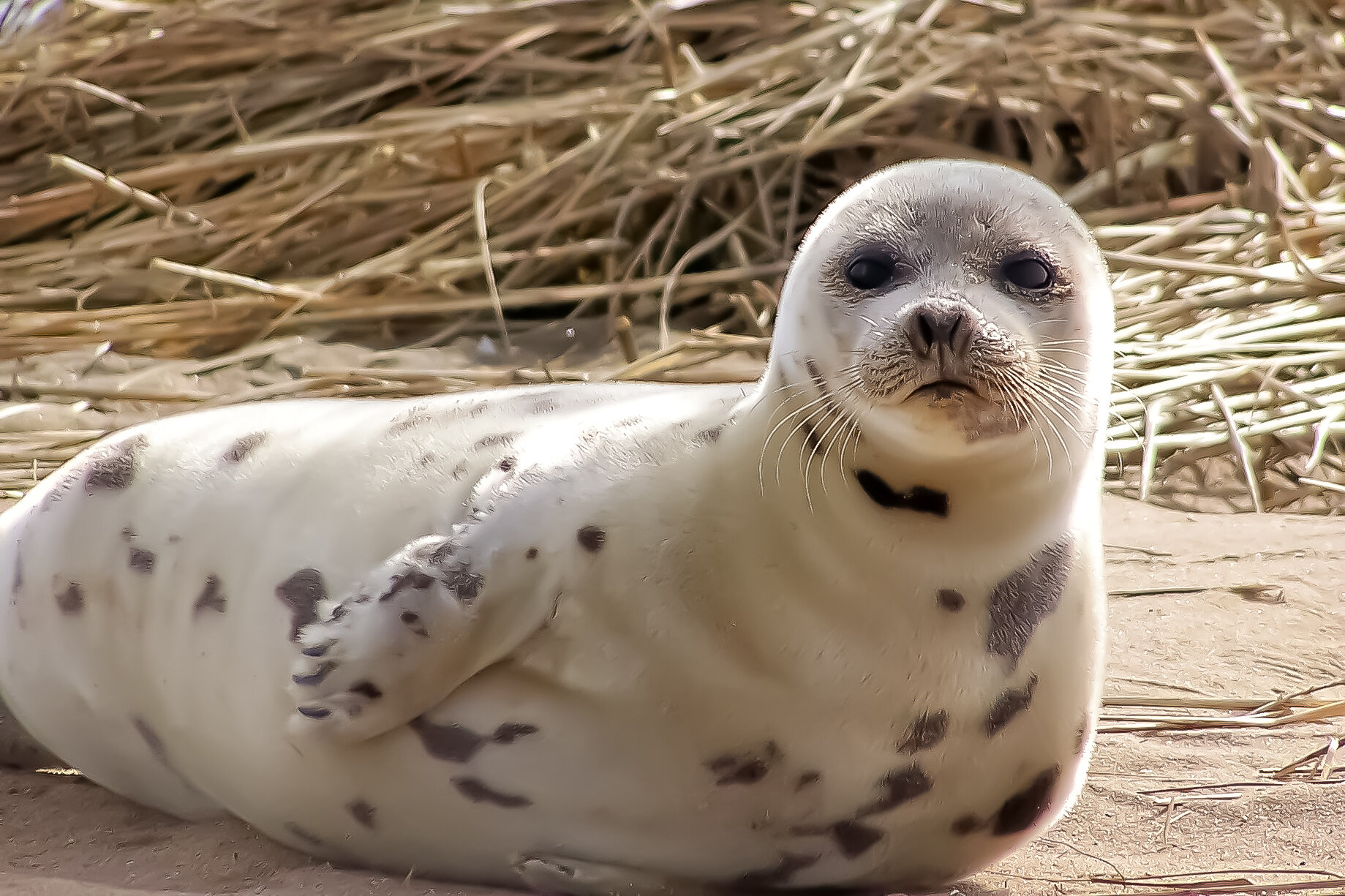
Pagophilus groenlandicus

Malaclemys terrapin
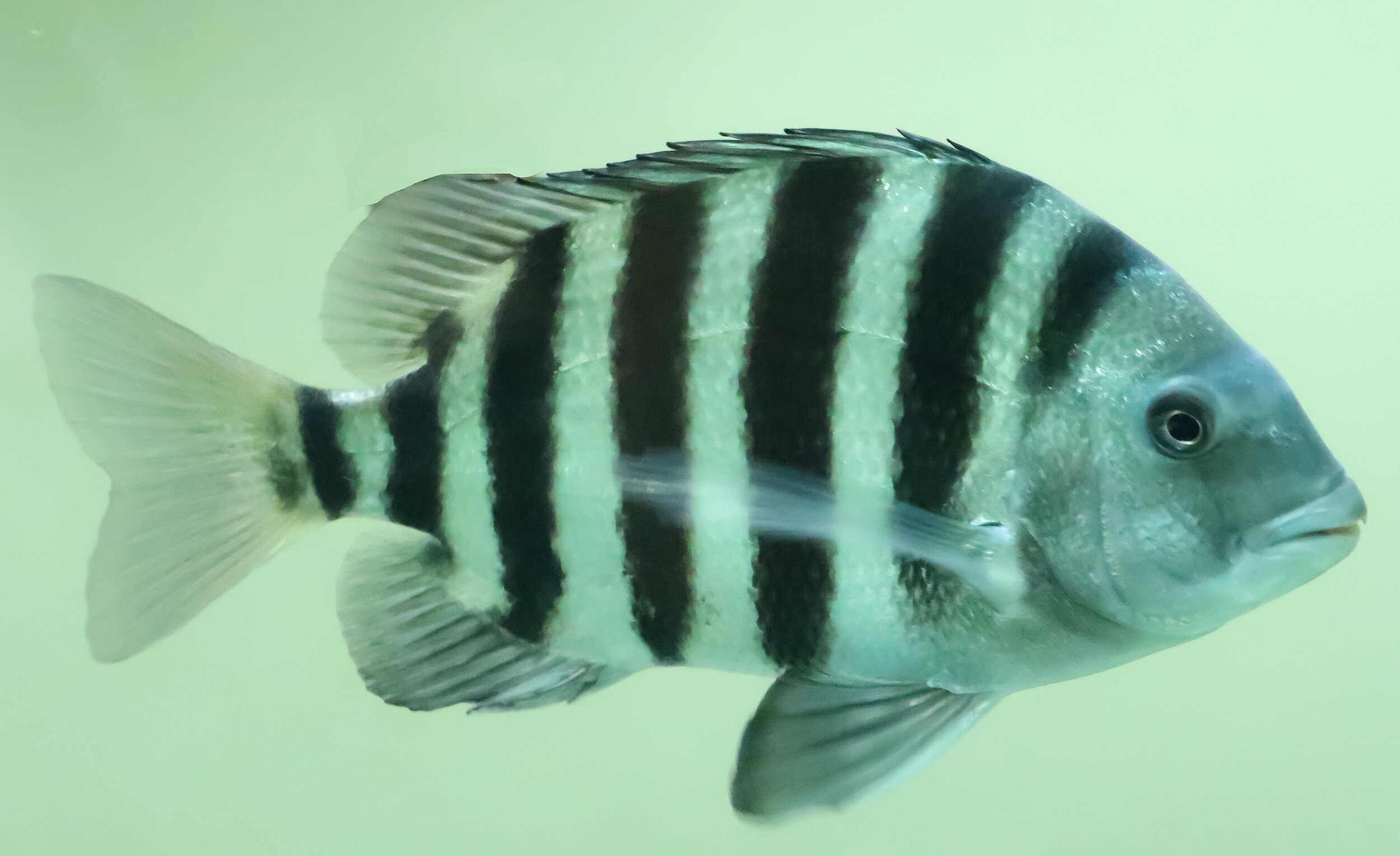
Archosargus probatocephalus
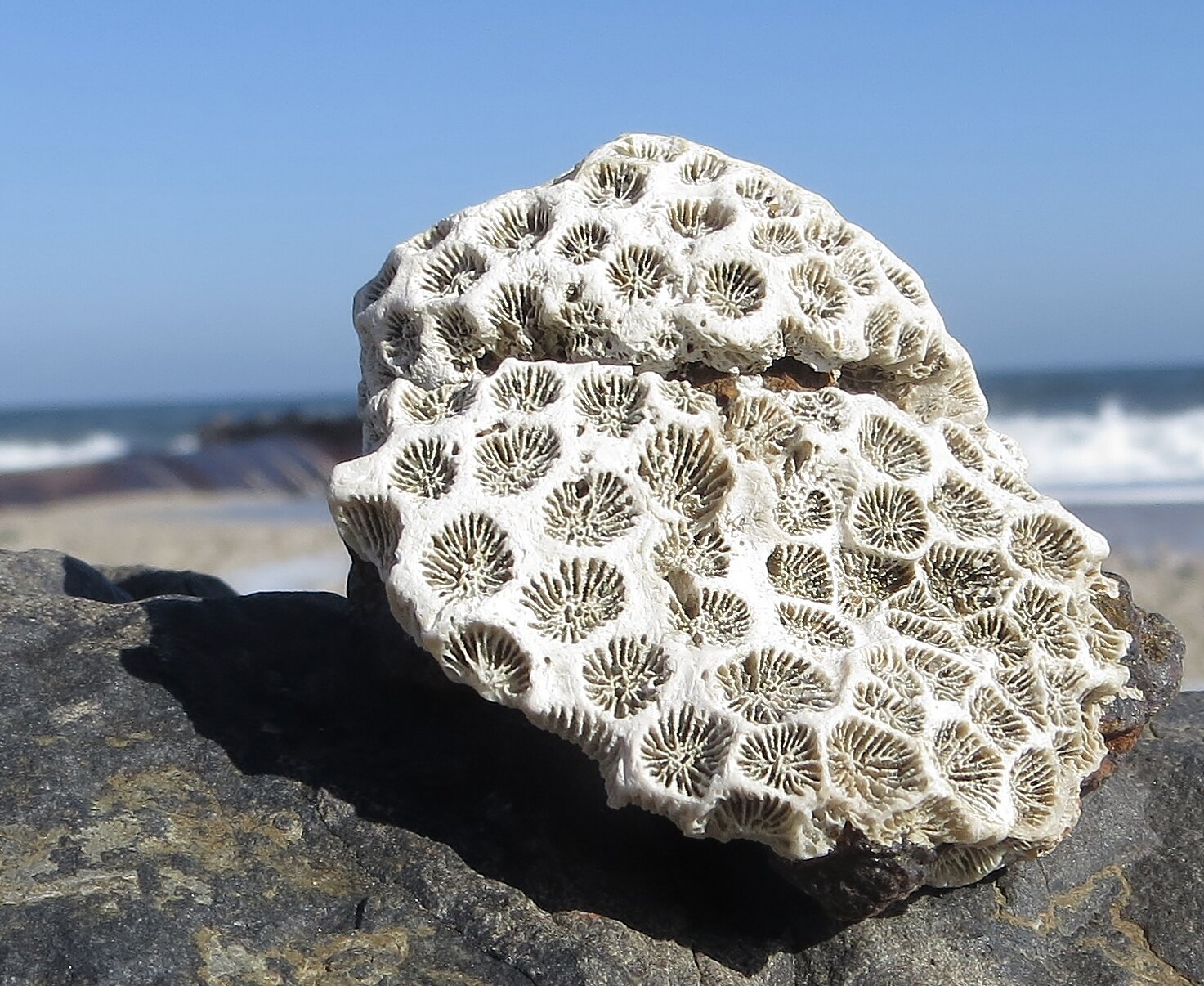
Astrangia poculata
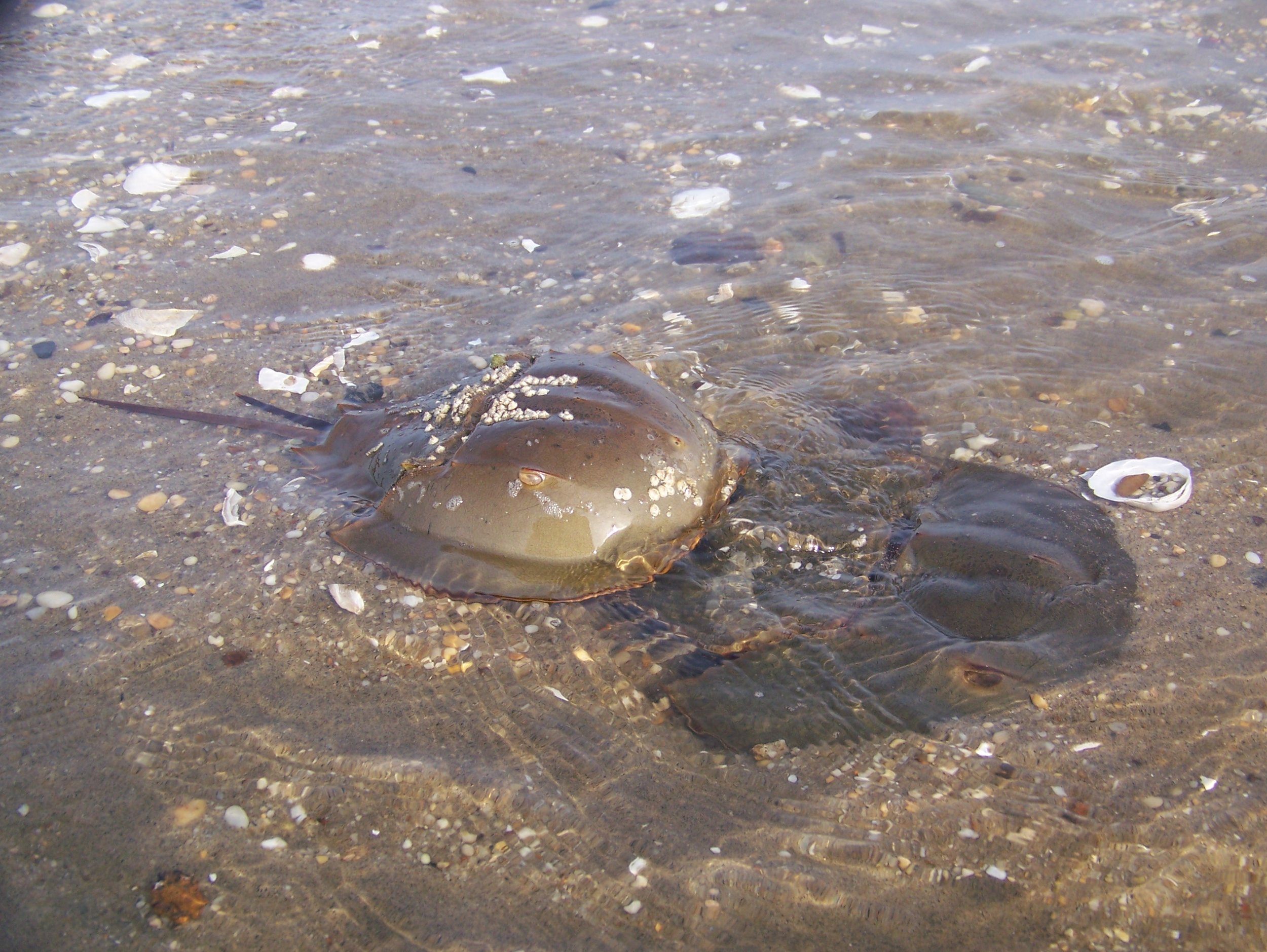
Limulus polyphemus
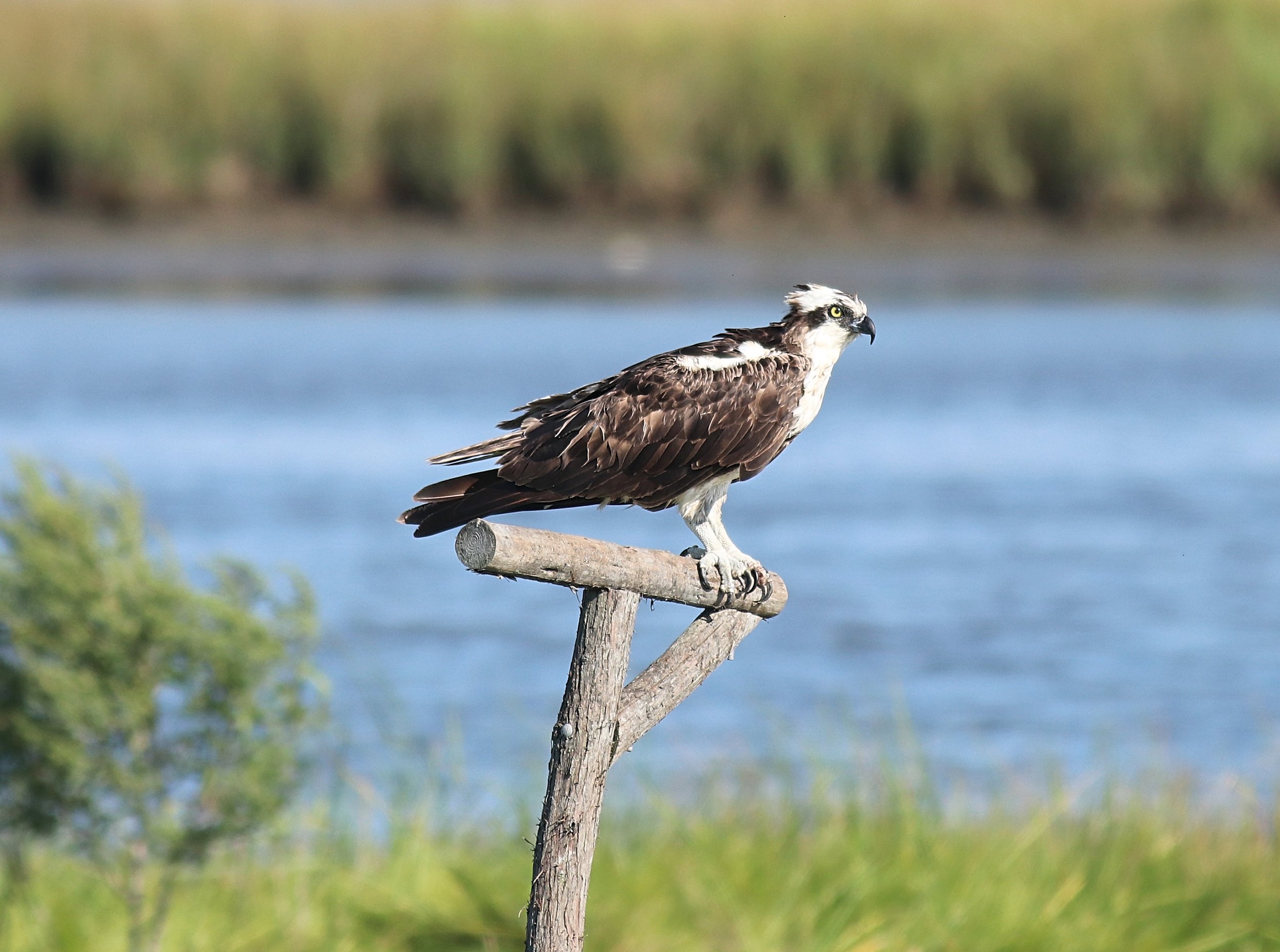
Pandion haliaetus
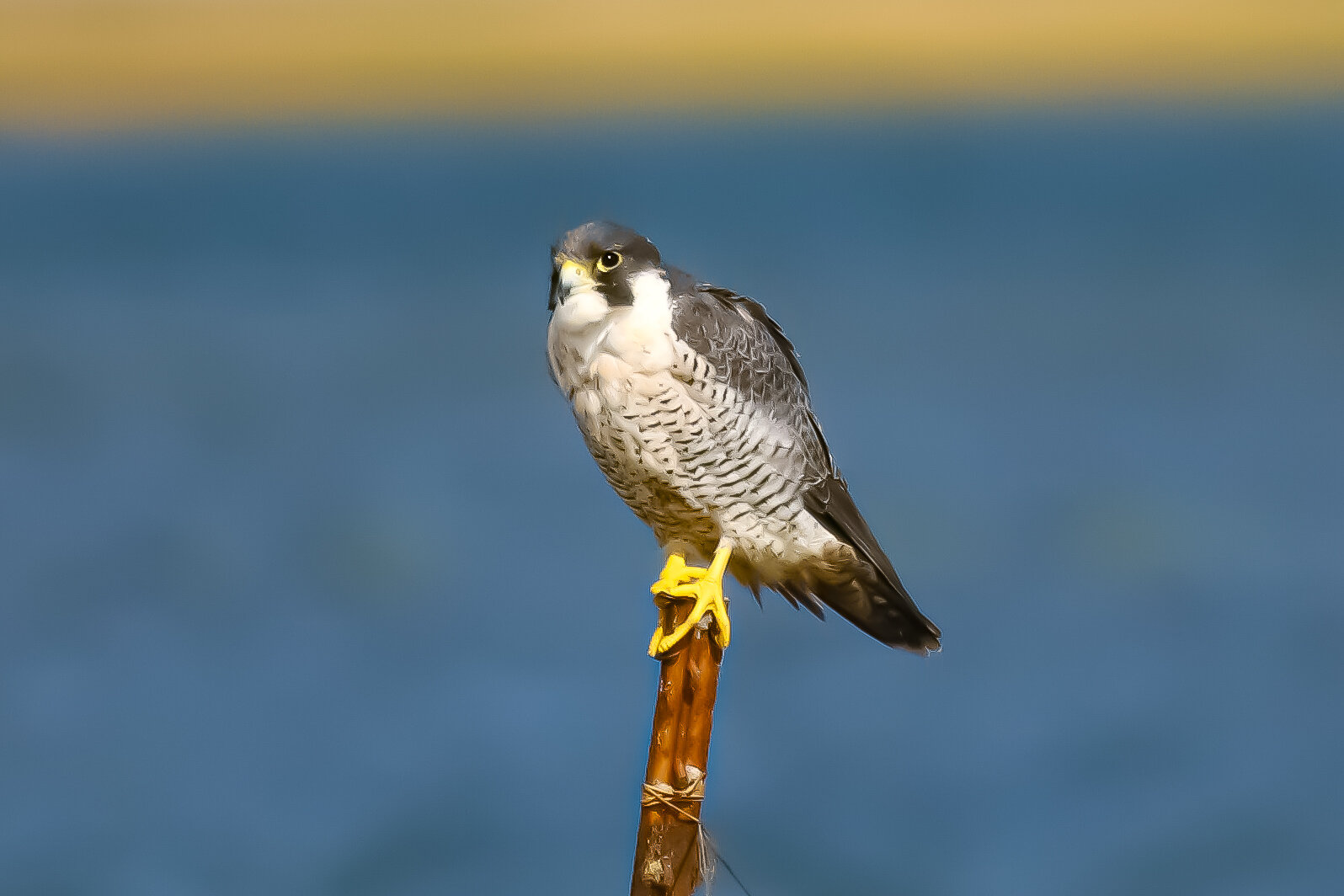
Falco peregrinus

Phoca vitulina
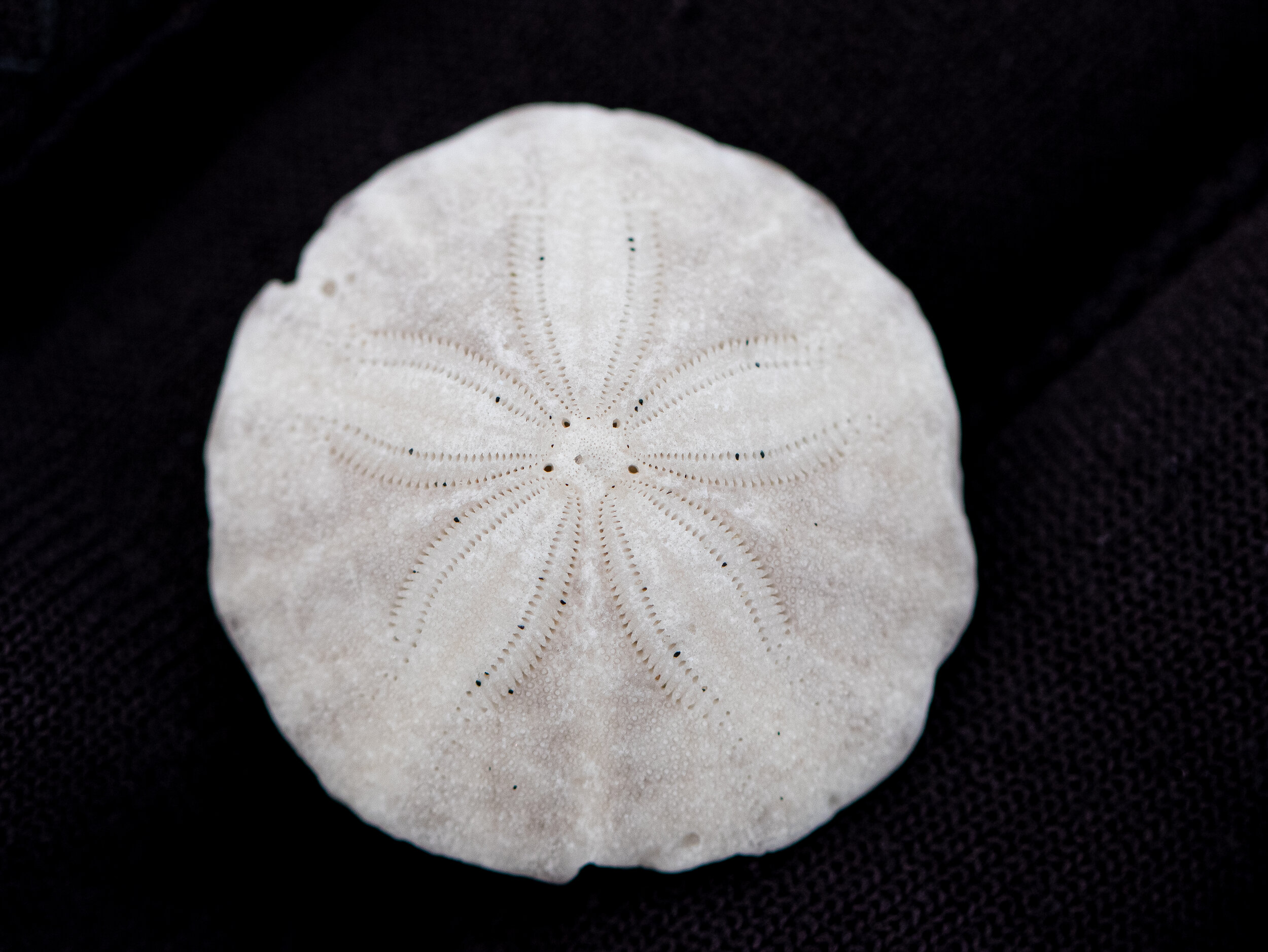
Echinarachnius parma
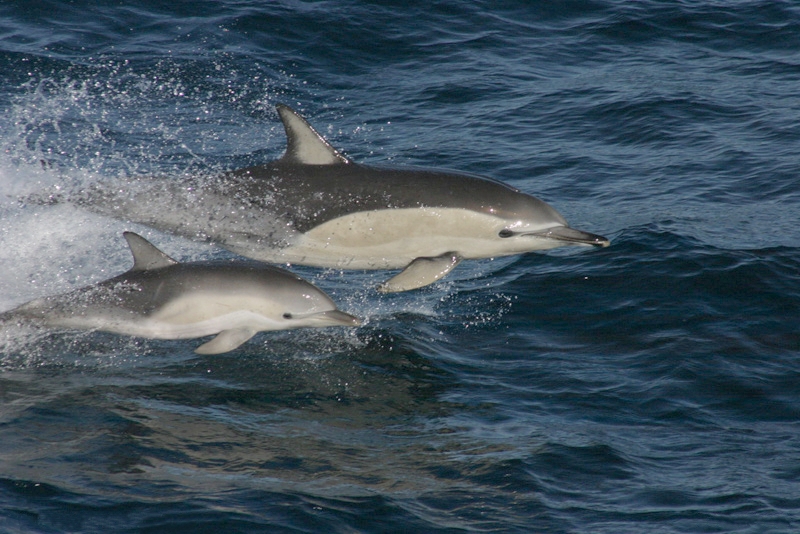
Delphinus delphis
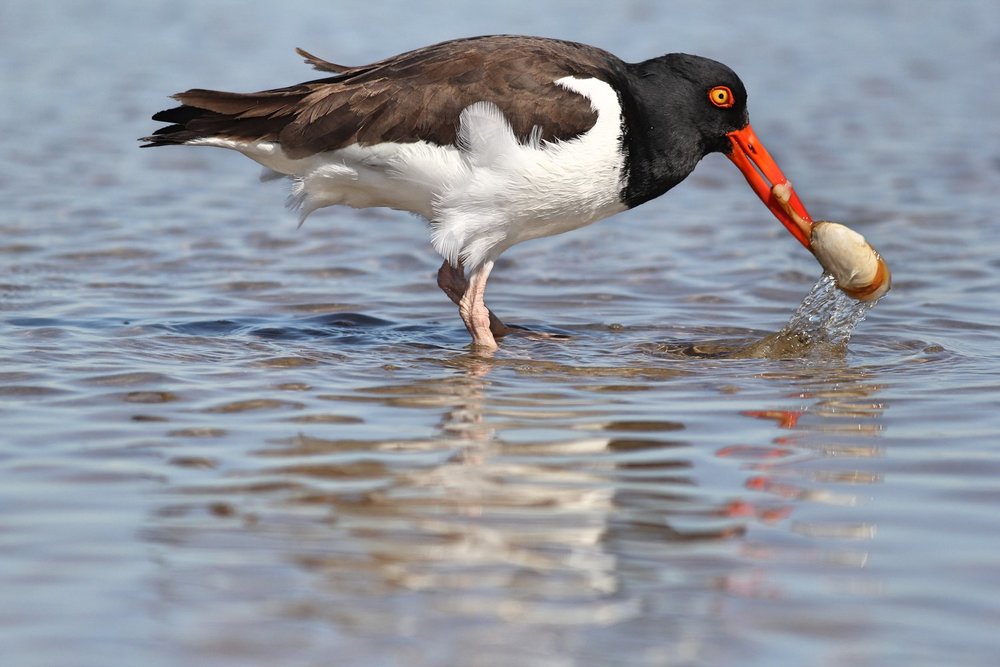
Haematopus palliatus
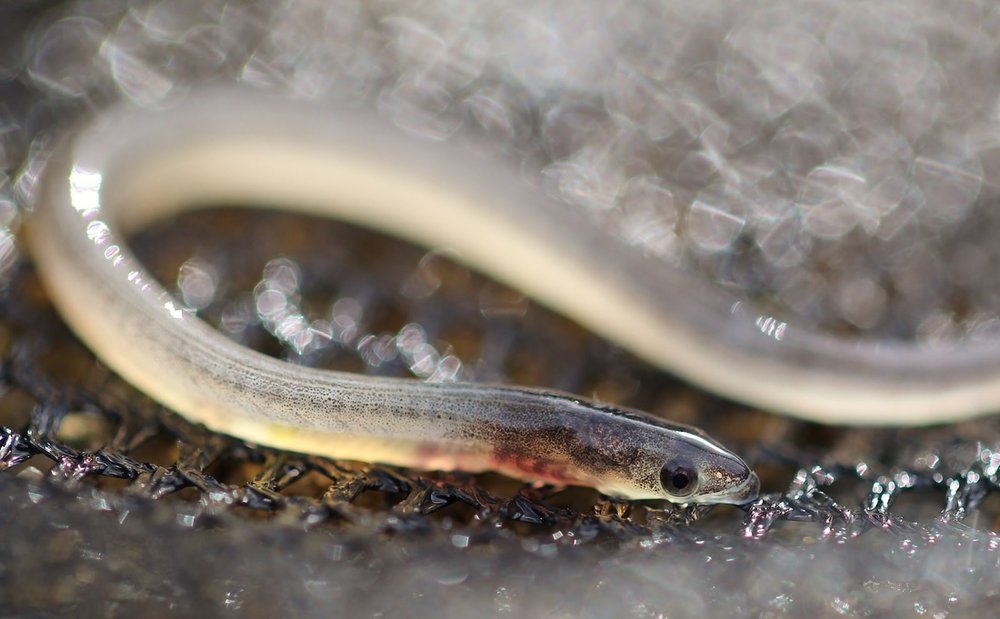
Anguilla rostrata
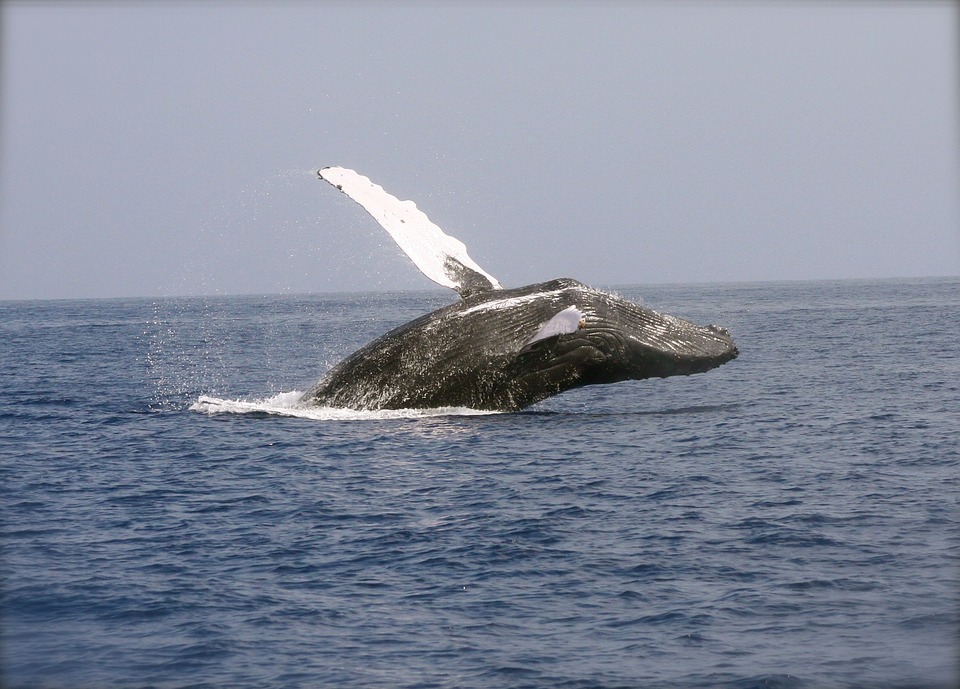
Megaptera novaeangliae

Acipenser oxyrhynchus oxyrhynchus

Melanitta perspicillata
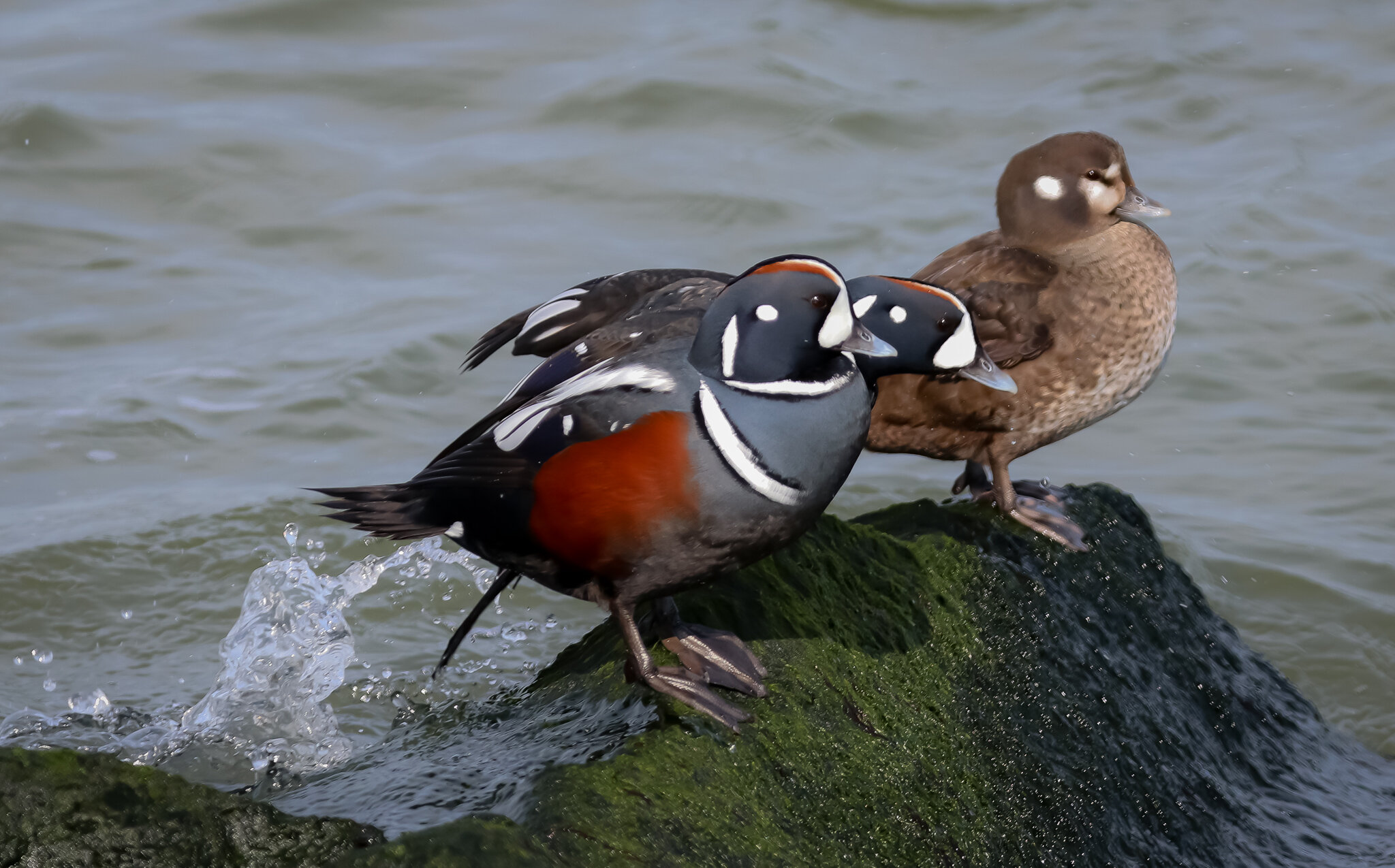
Histrionicus histrionicus
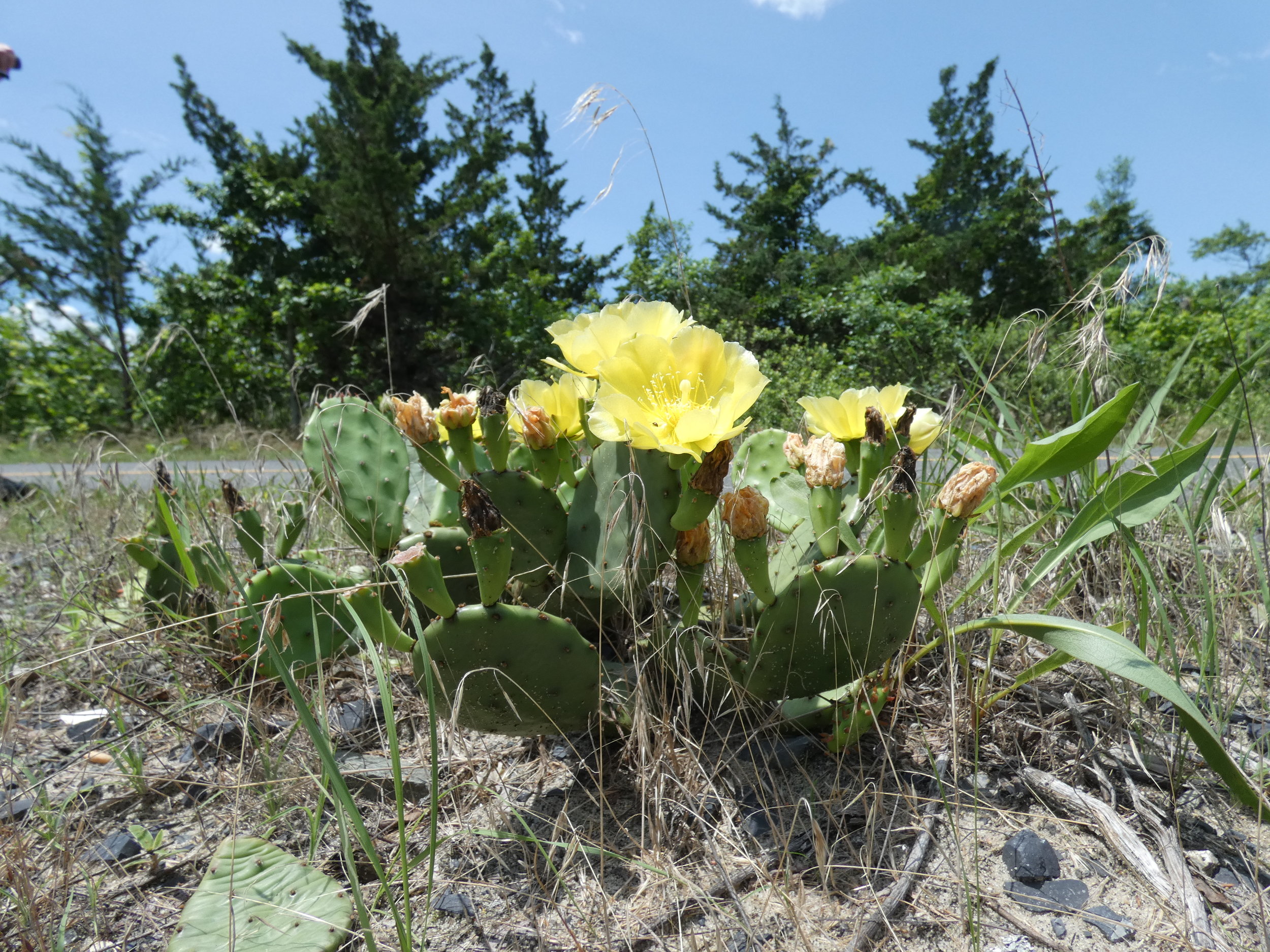
Opuntia
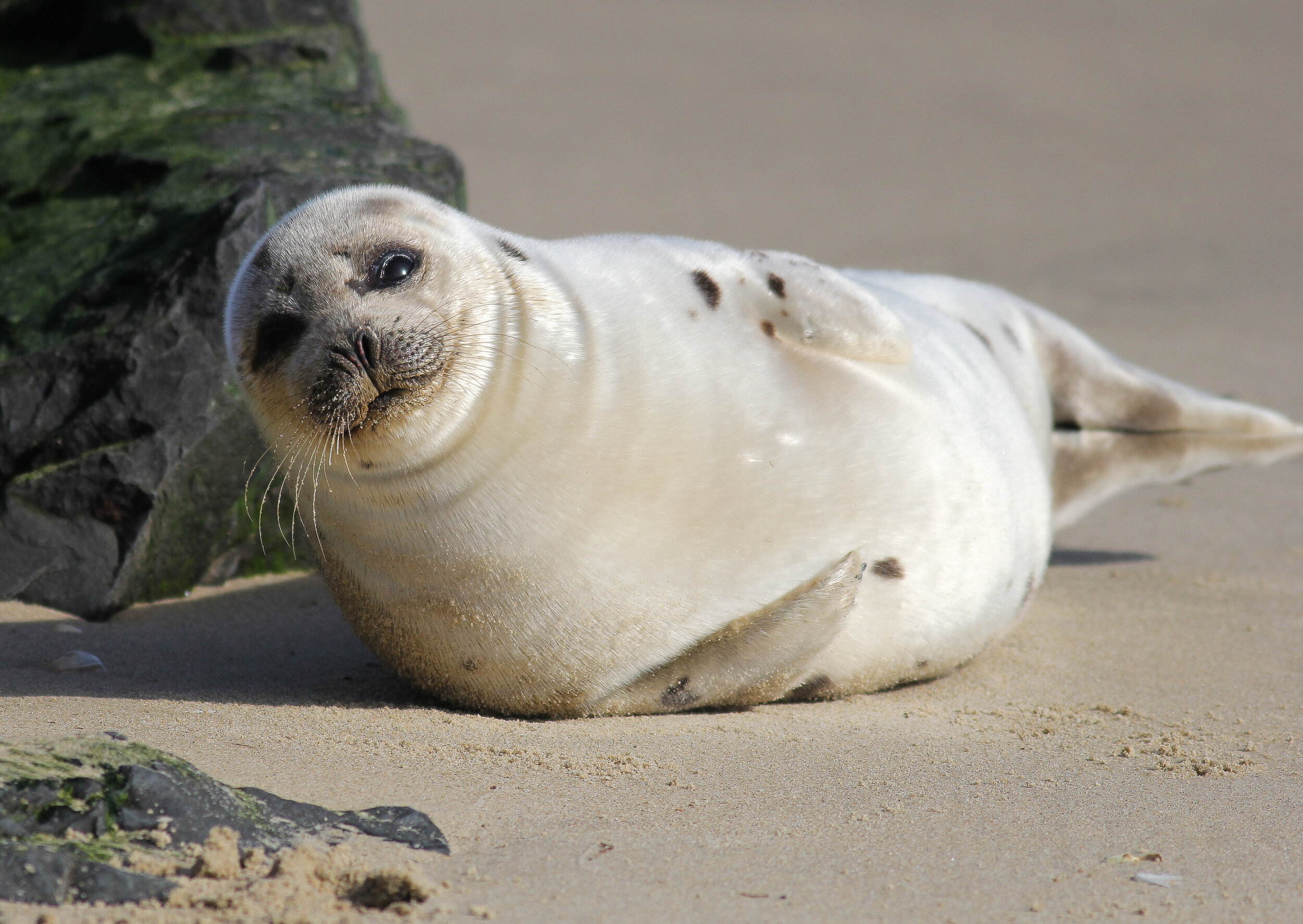
Pagophilus groenlandicus
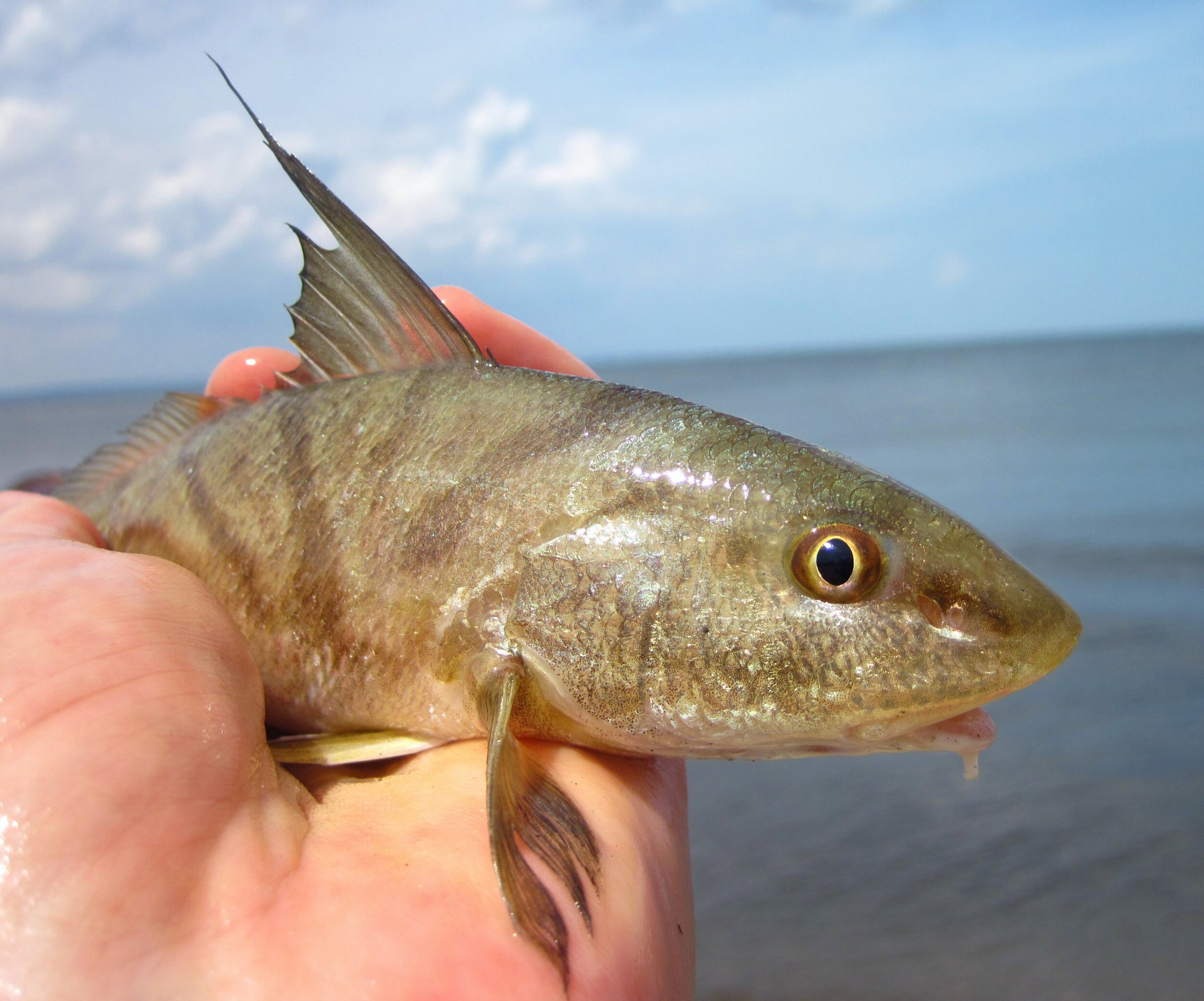
Menticirrhus saxatilis
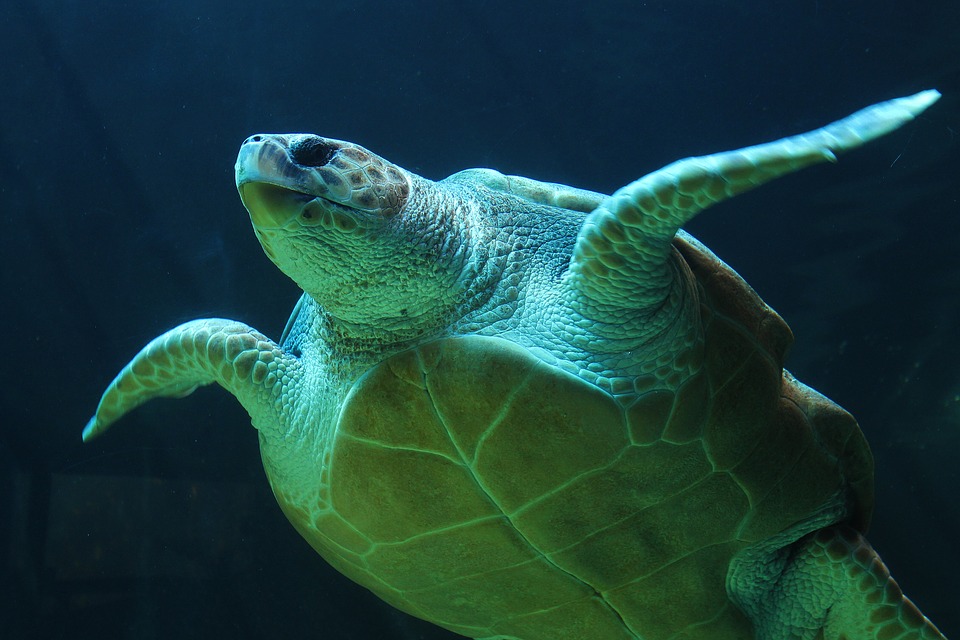
Caretta caretta
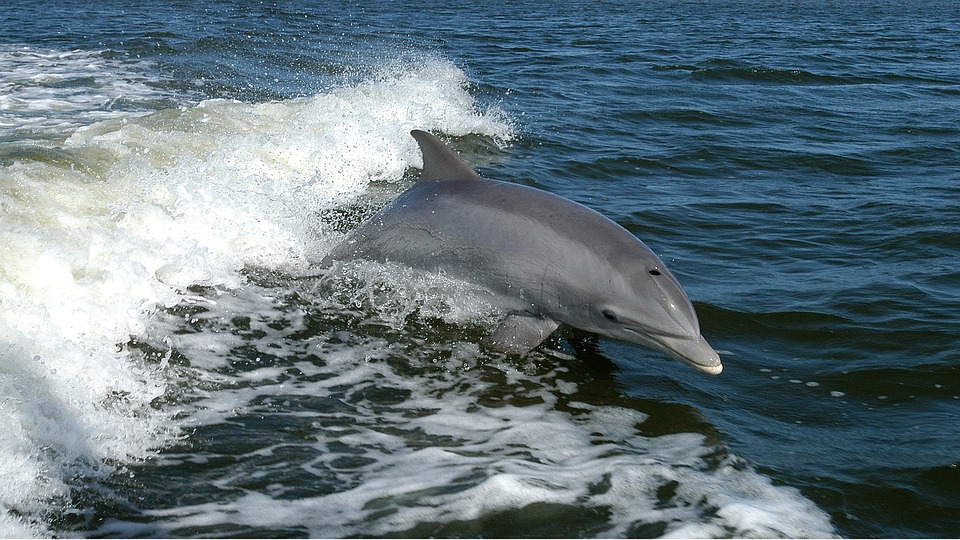
Tursiops truncatus

Pandion haliaetus
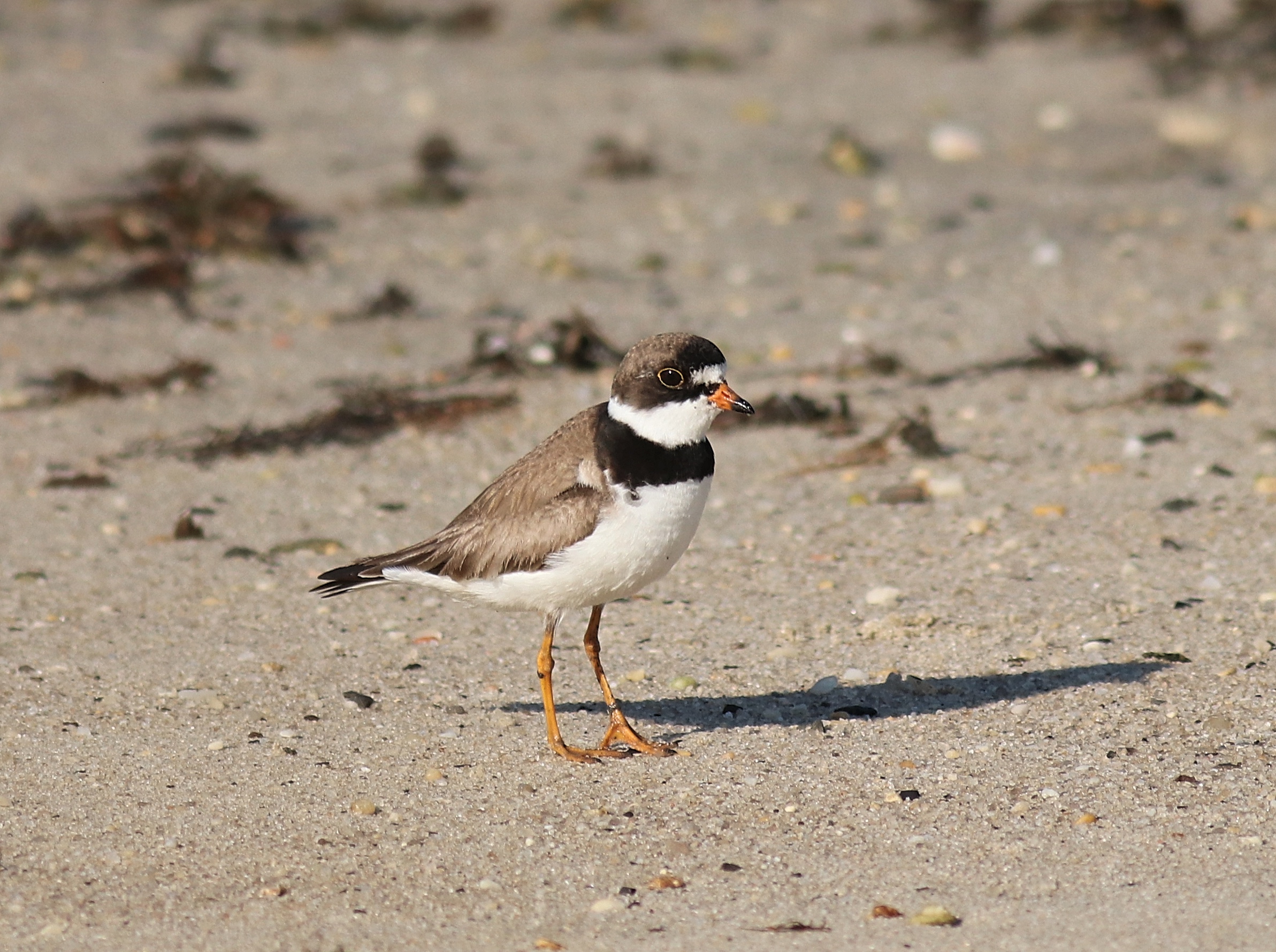
Charadrius semipalmatus
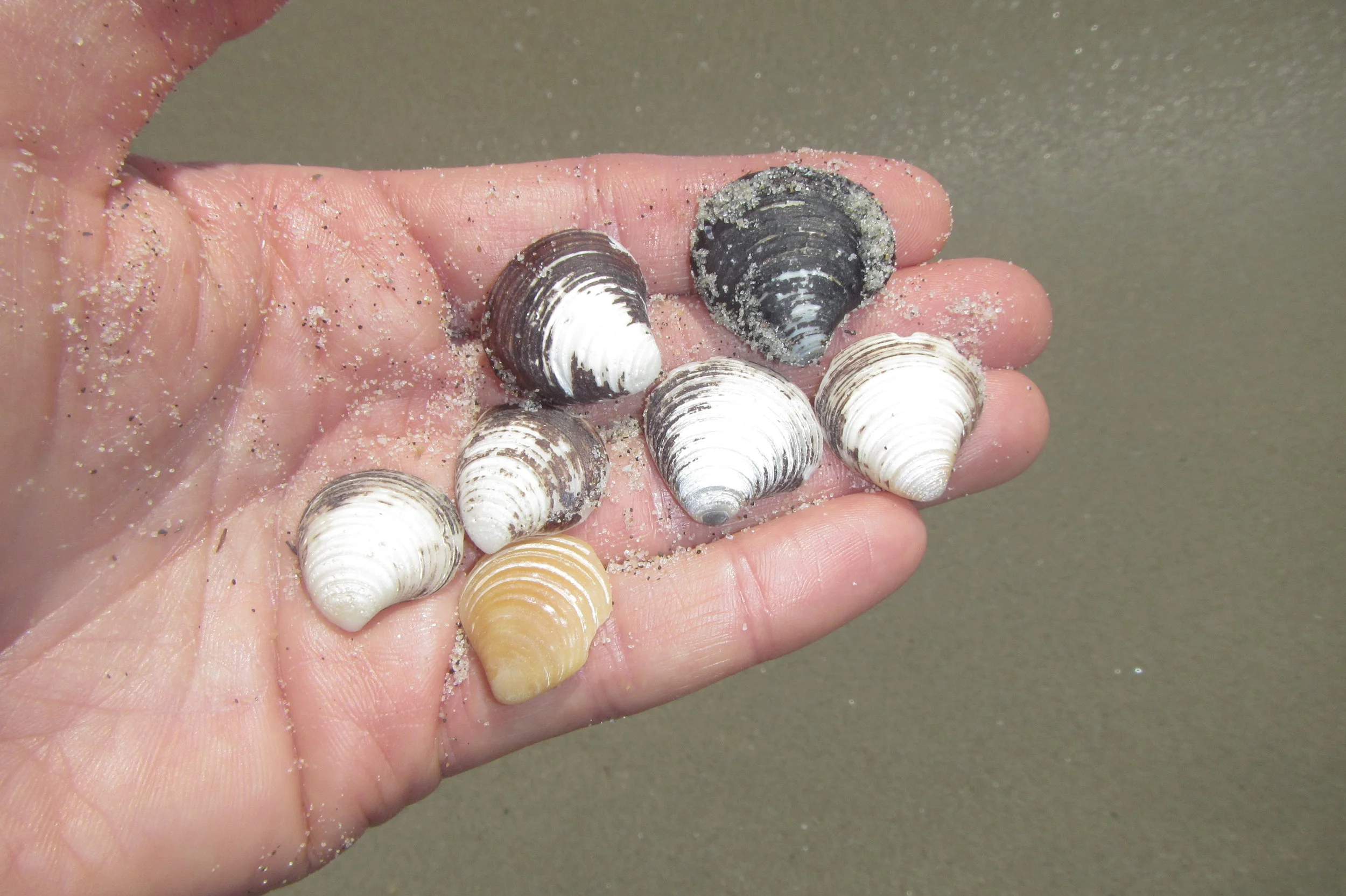
Astarte castanea

Somateria mollissima
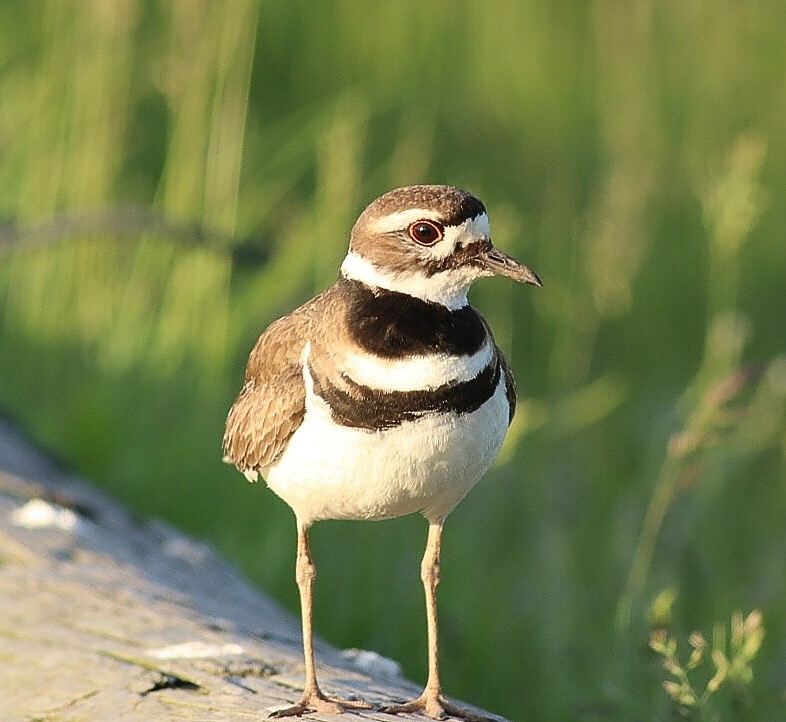
Charadrius vociferus
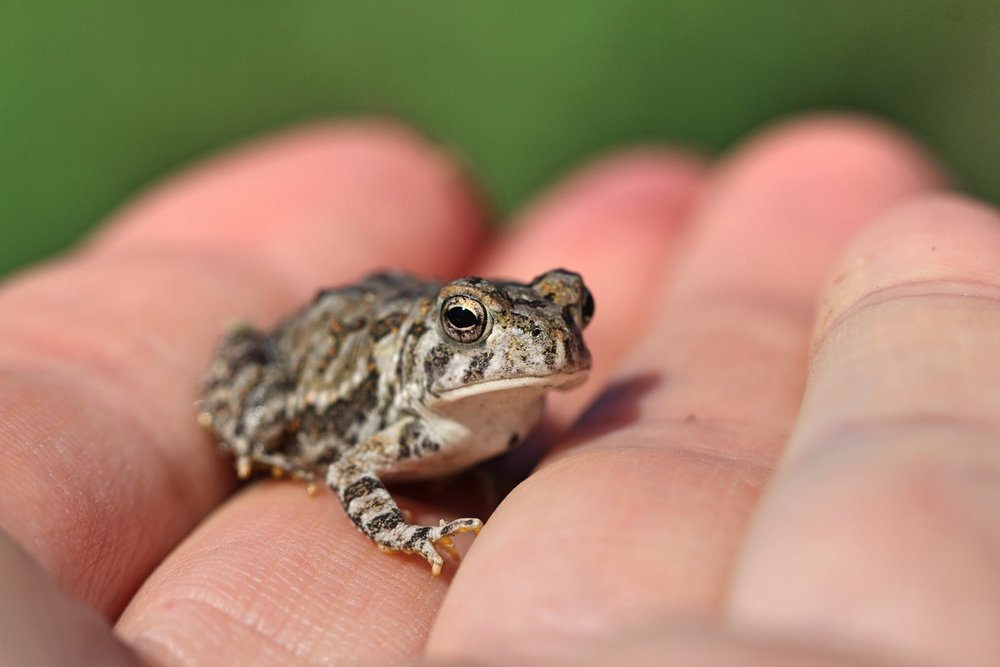
Anaxyrus fowleri
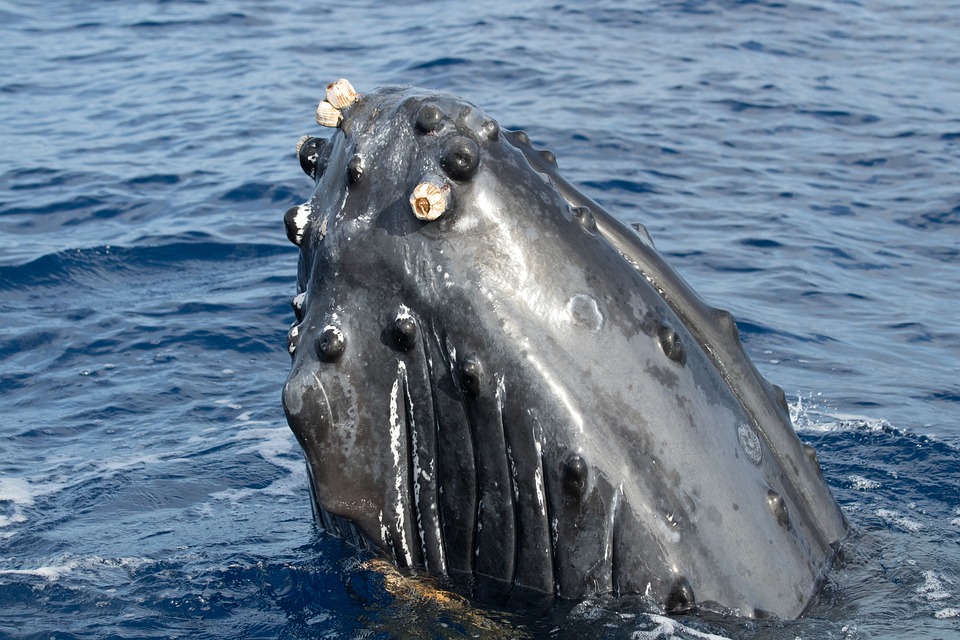
Megaptera novaeangliae
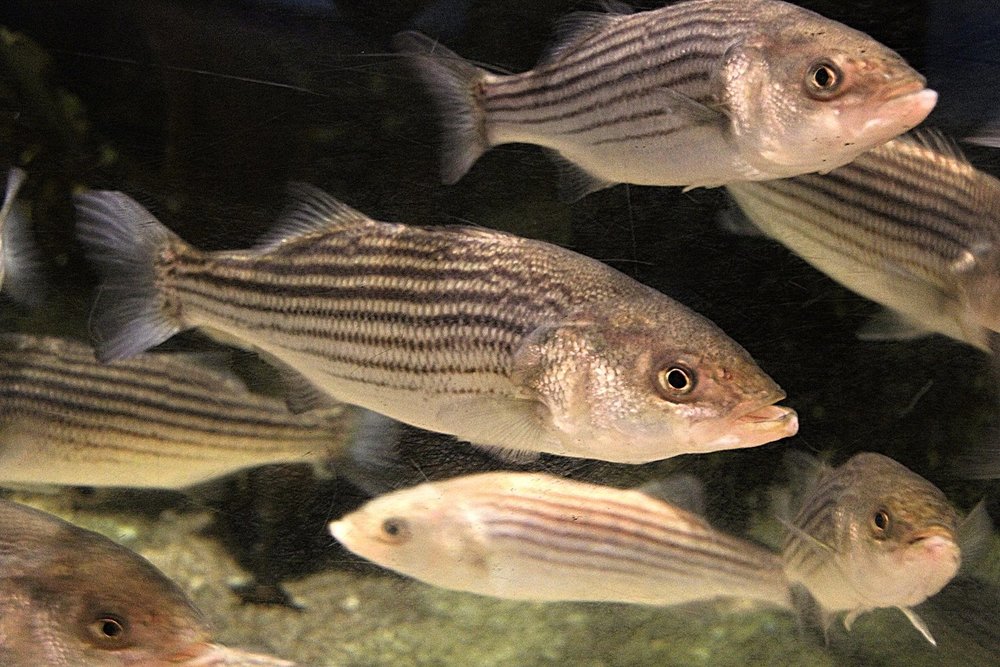
Morone saxatilis
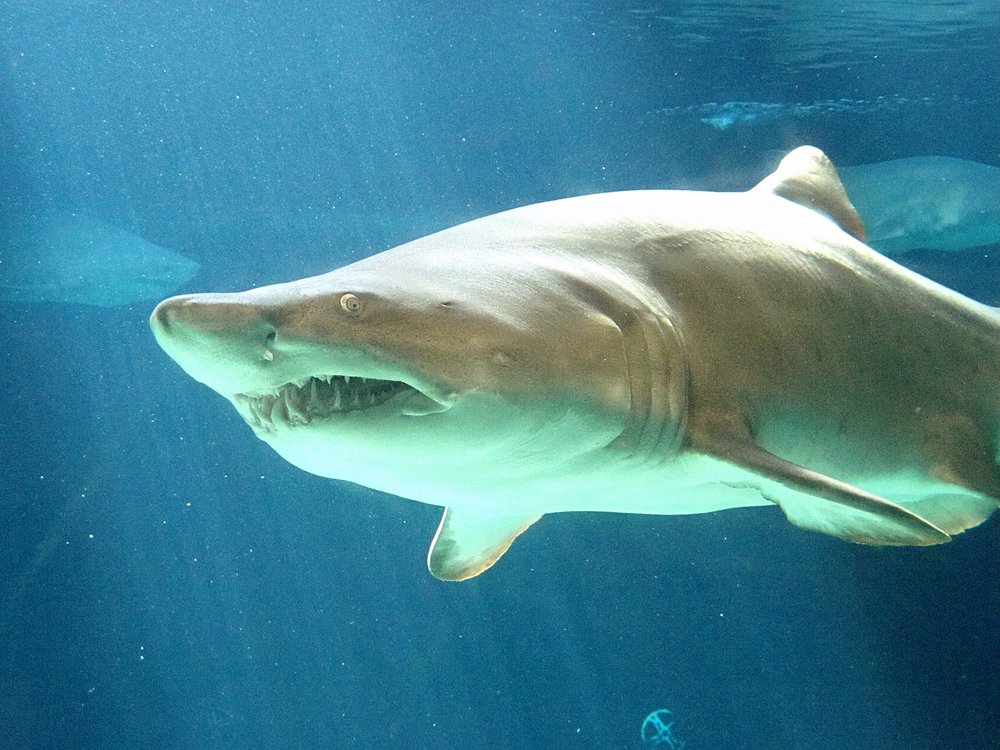
Carcharias taurus
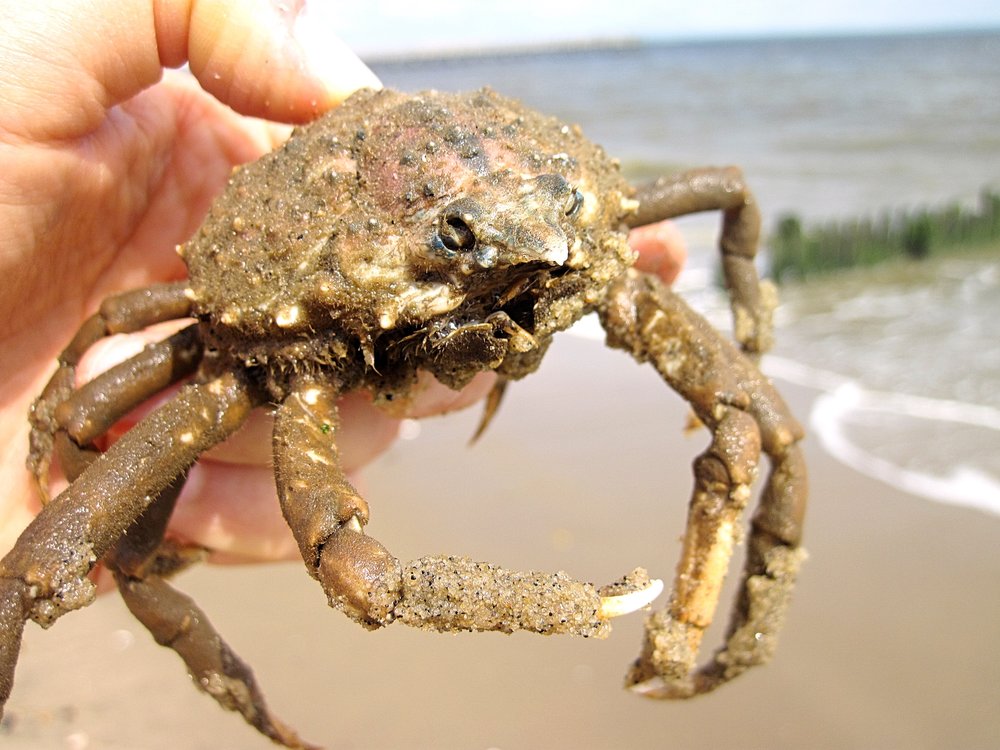
Libinia emarginata
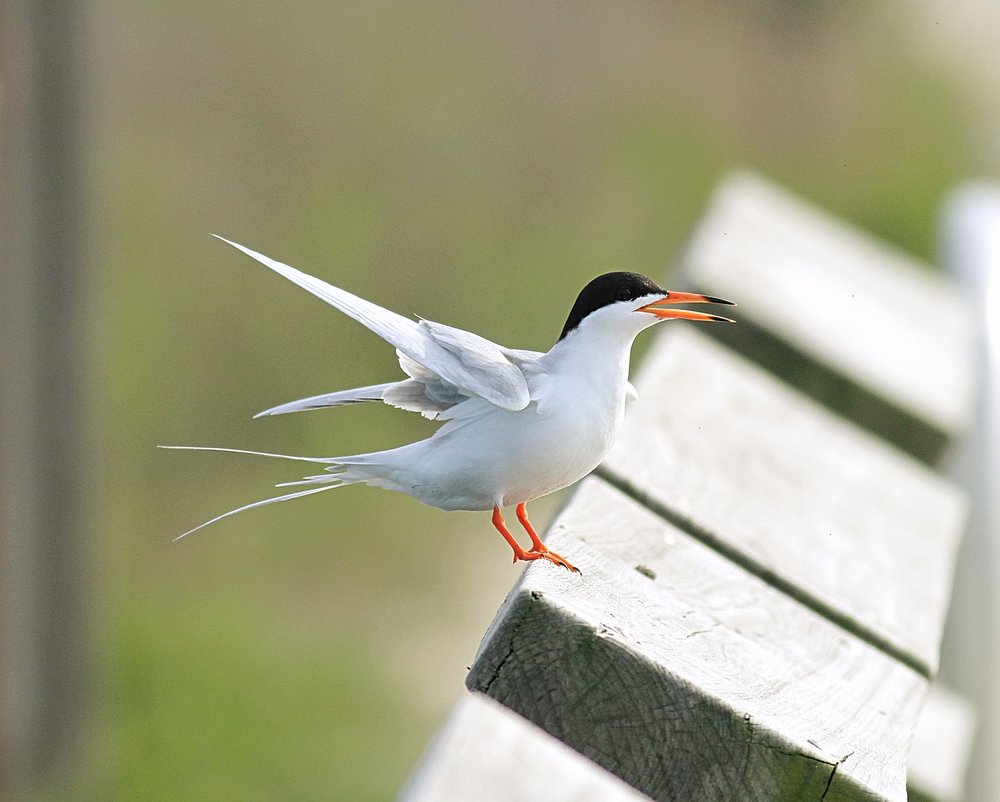
Sterna forsteri

Pomatomus saltatrix
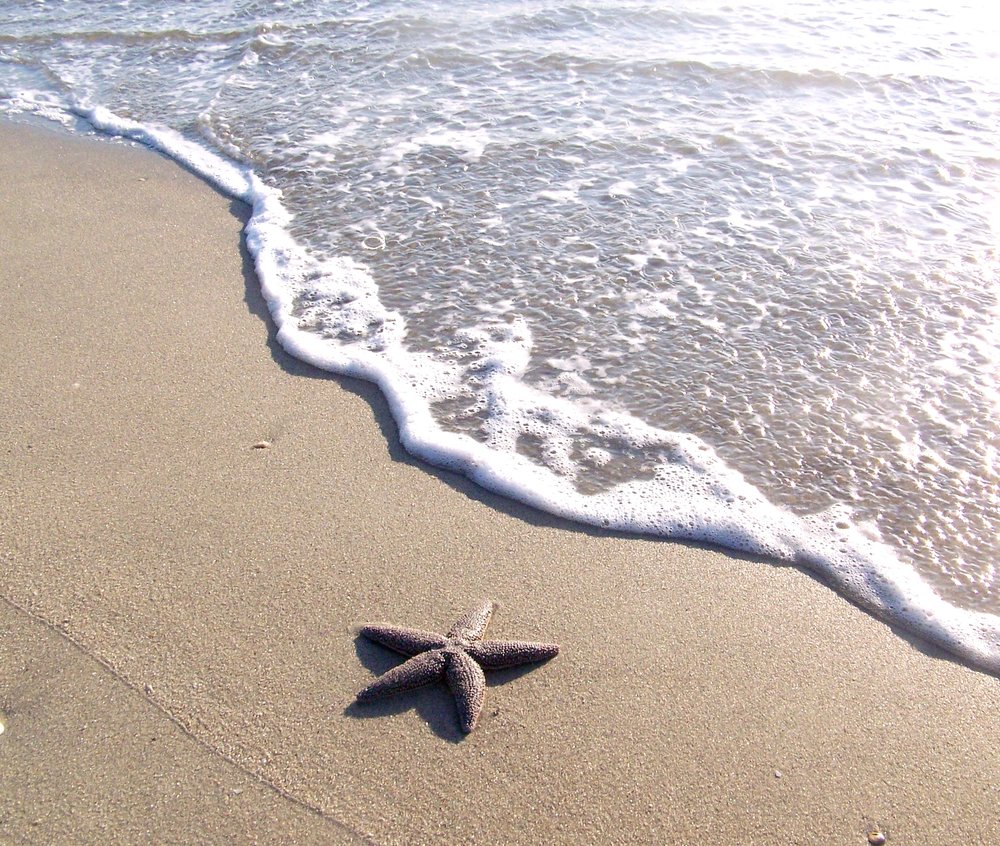
Asterias forbesi
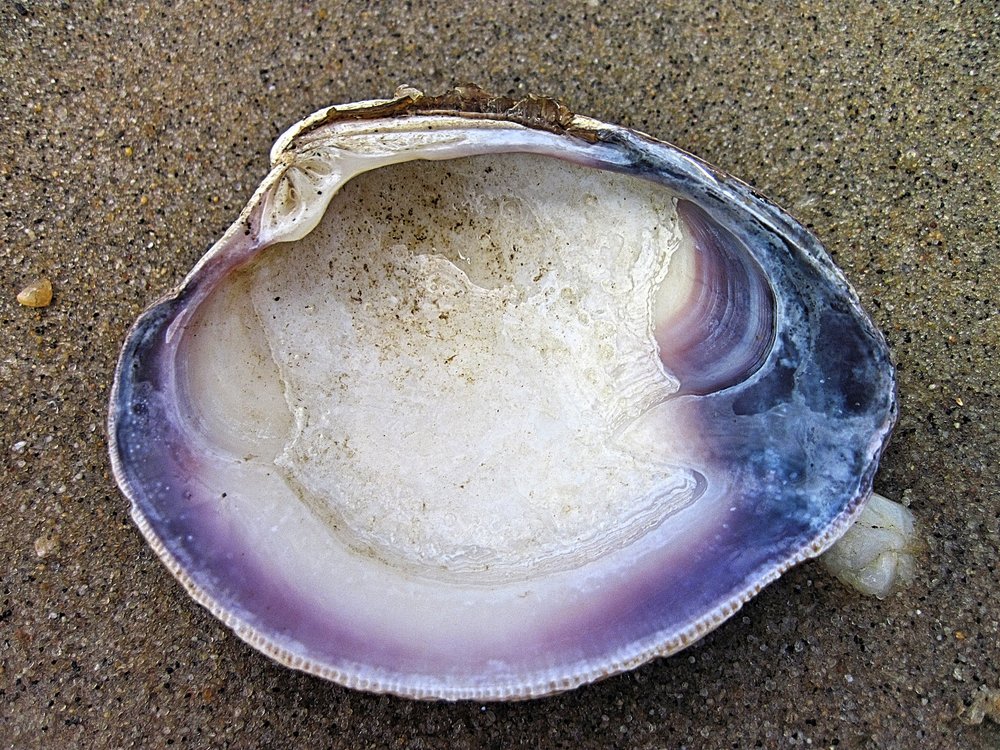
Mercenaria mercenaria
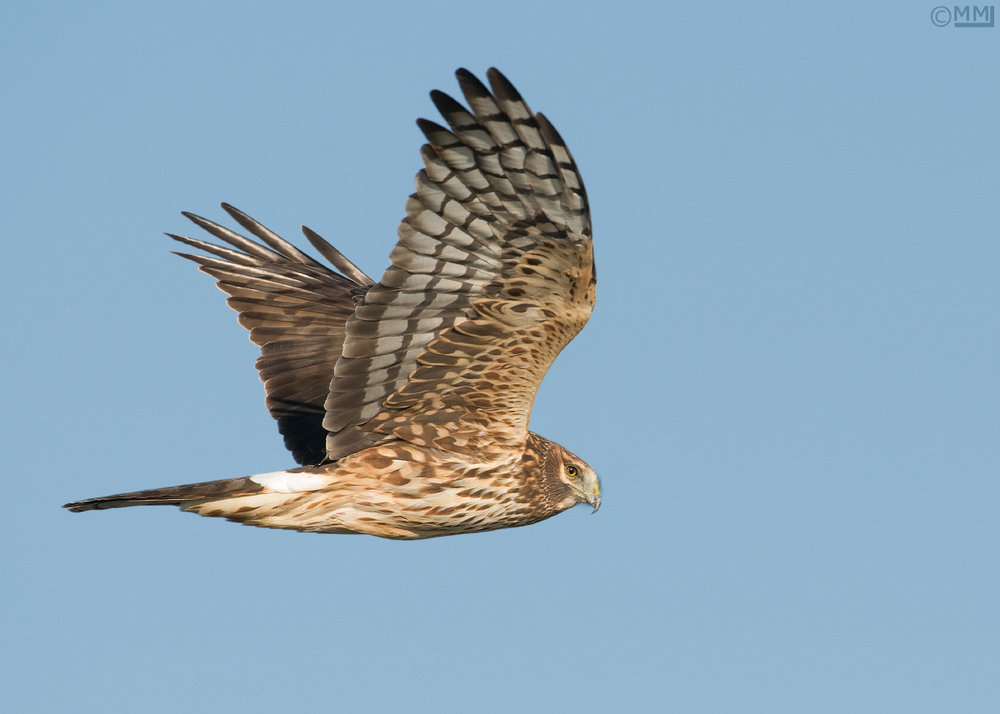
Circus cyaneus hudsonius
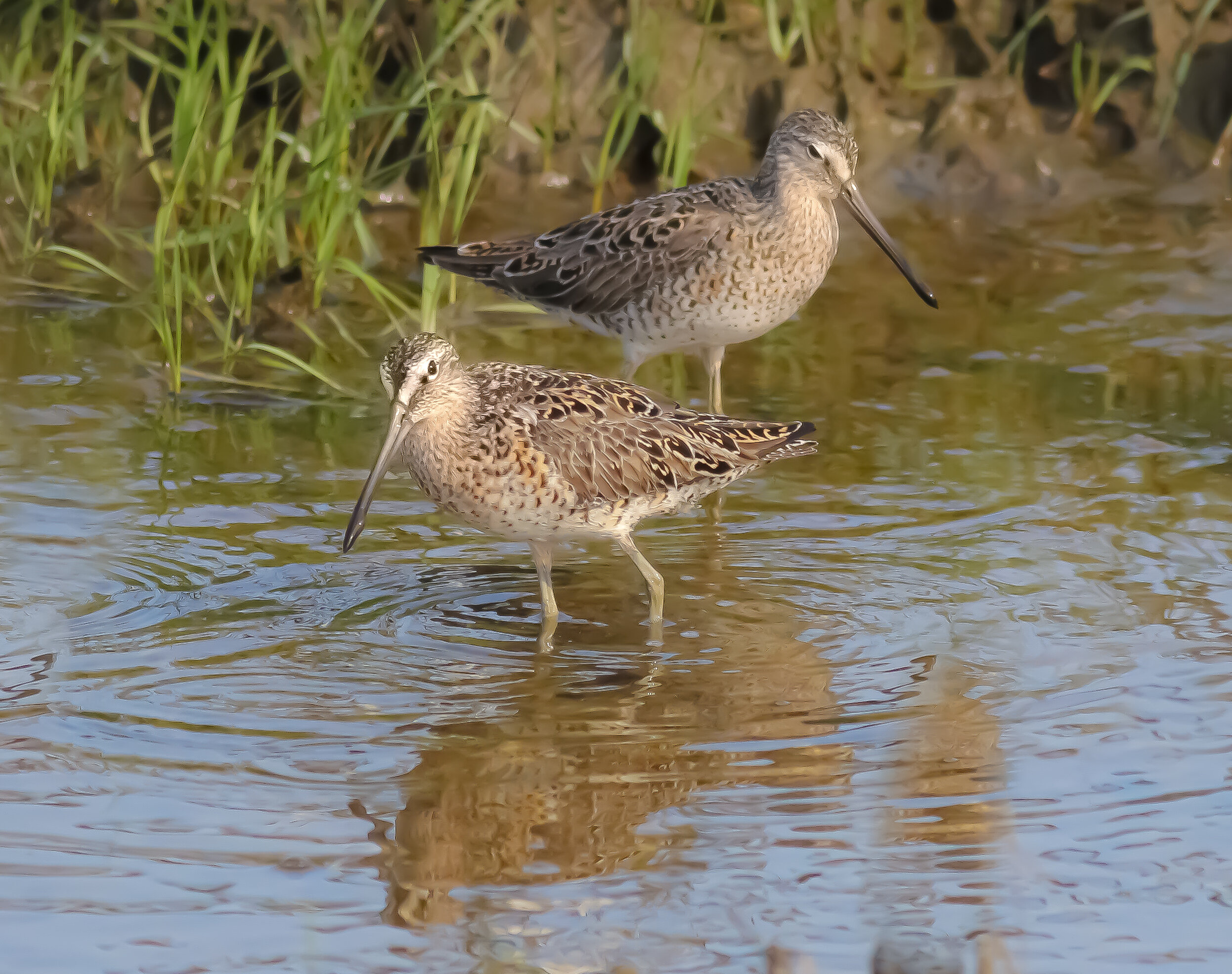
Tringa semipalmata
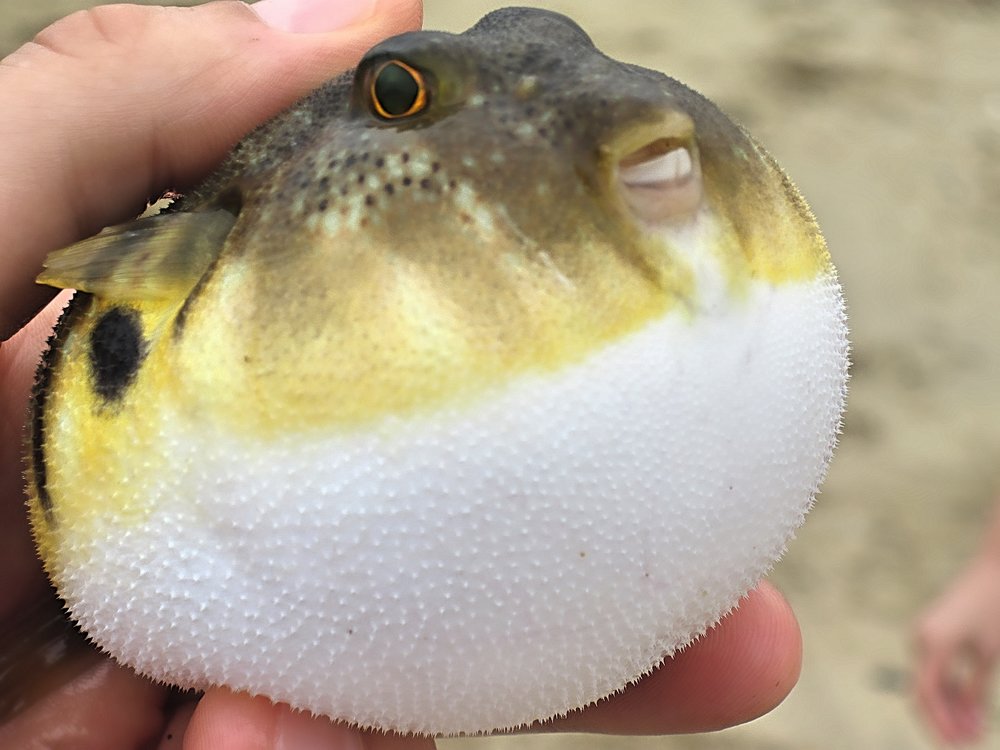
Sphoeroides maculatus
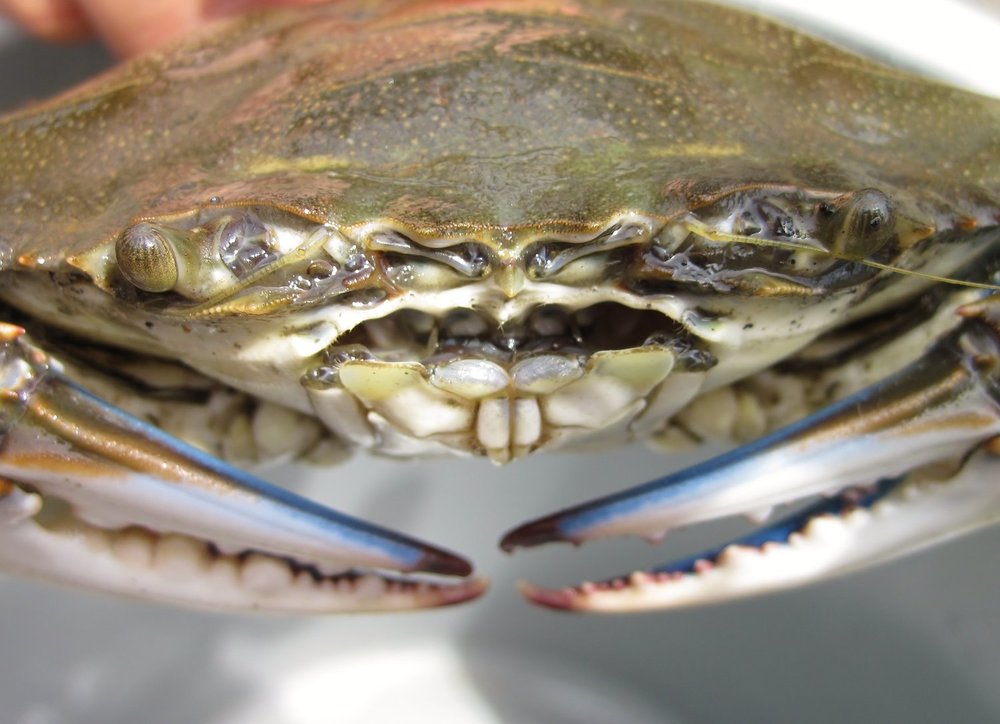
Callinectes sapidus
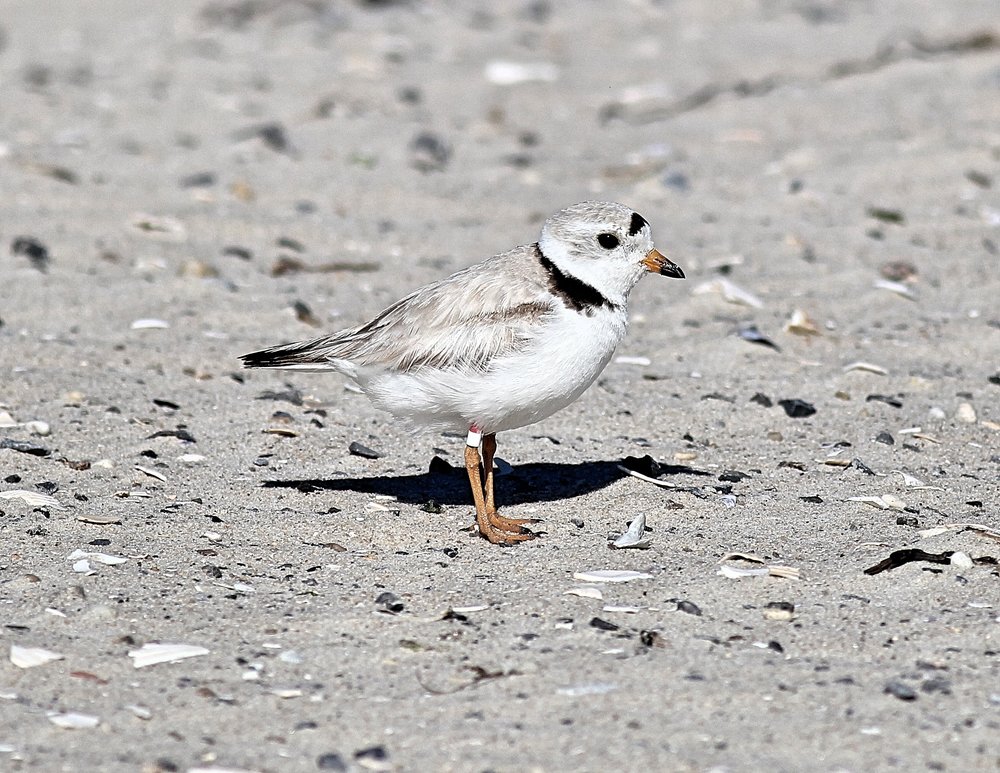
Charadrius melodus
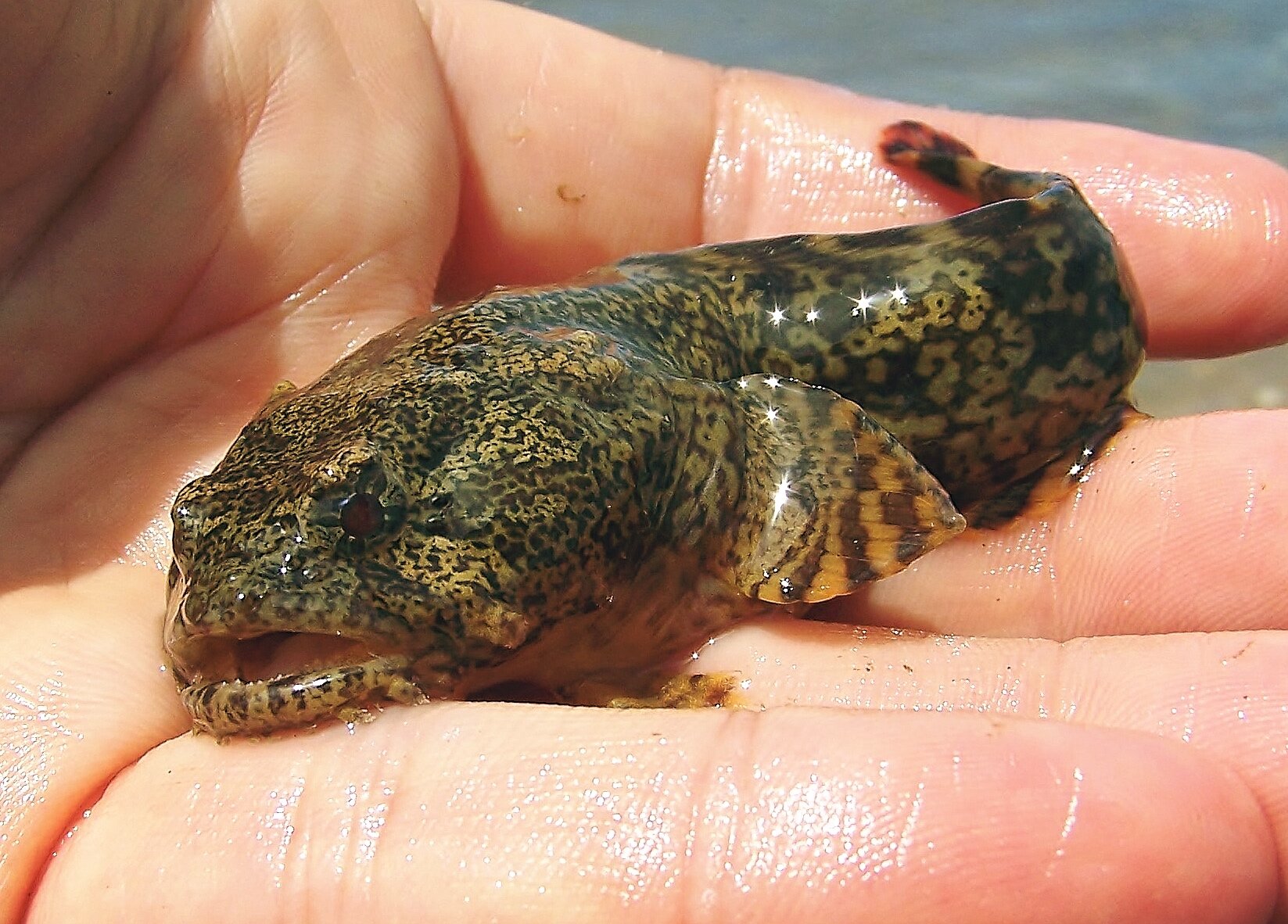
Opsanus tau
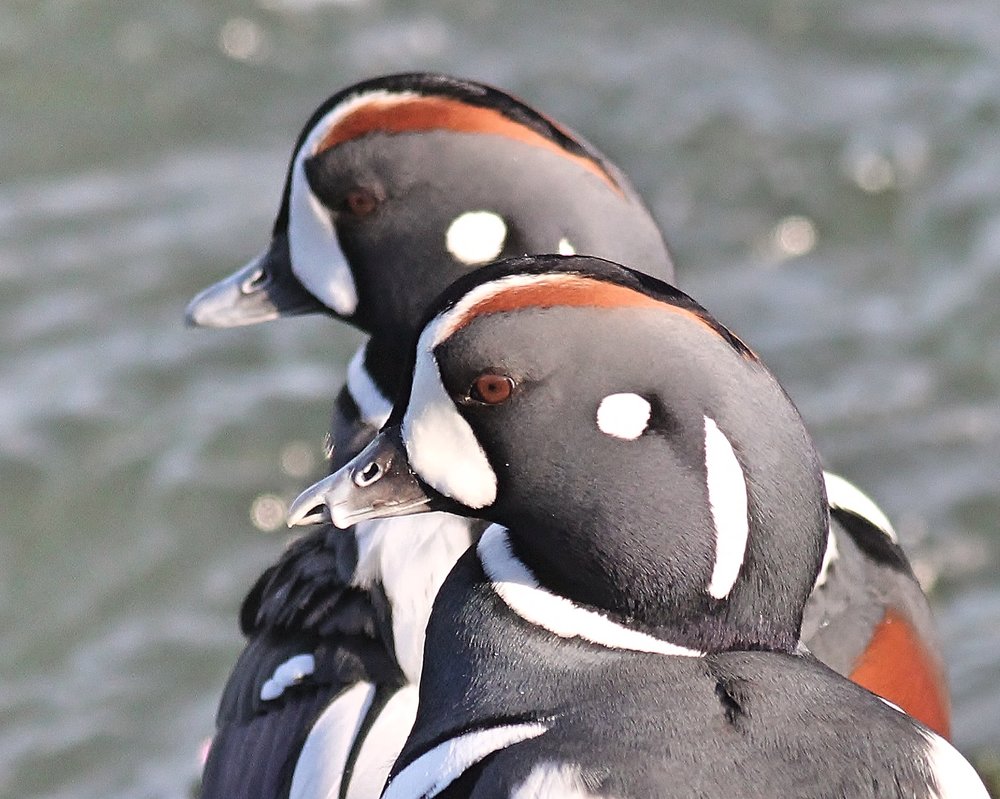
Histrionicus histrionicus
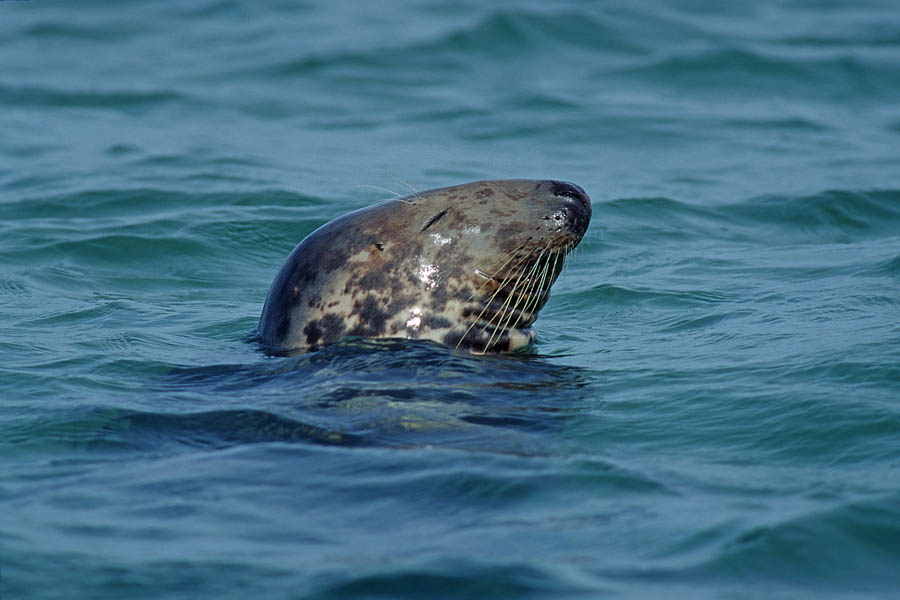
Halichoerus grypus
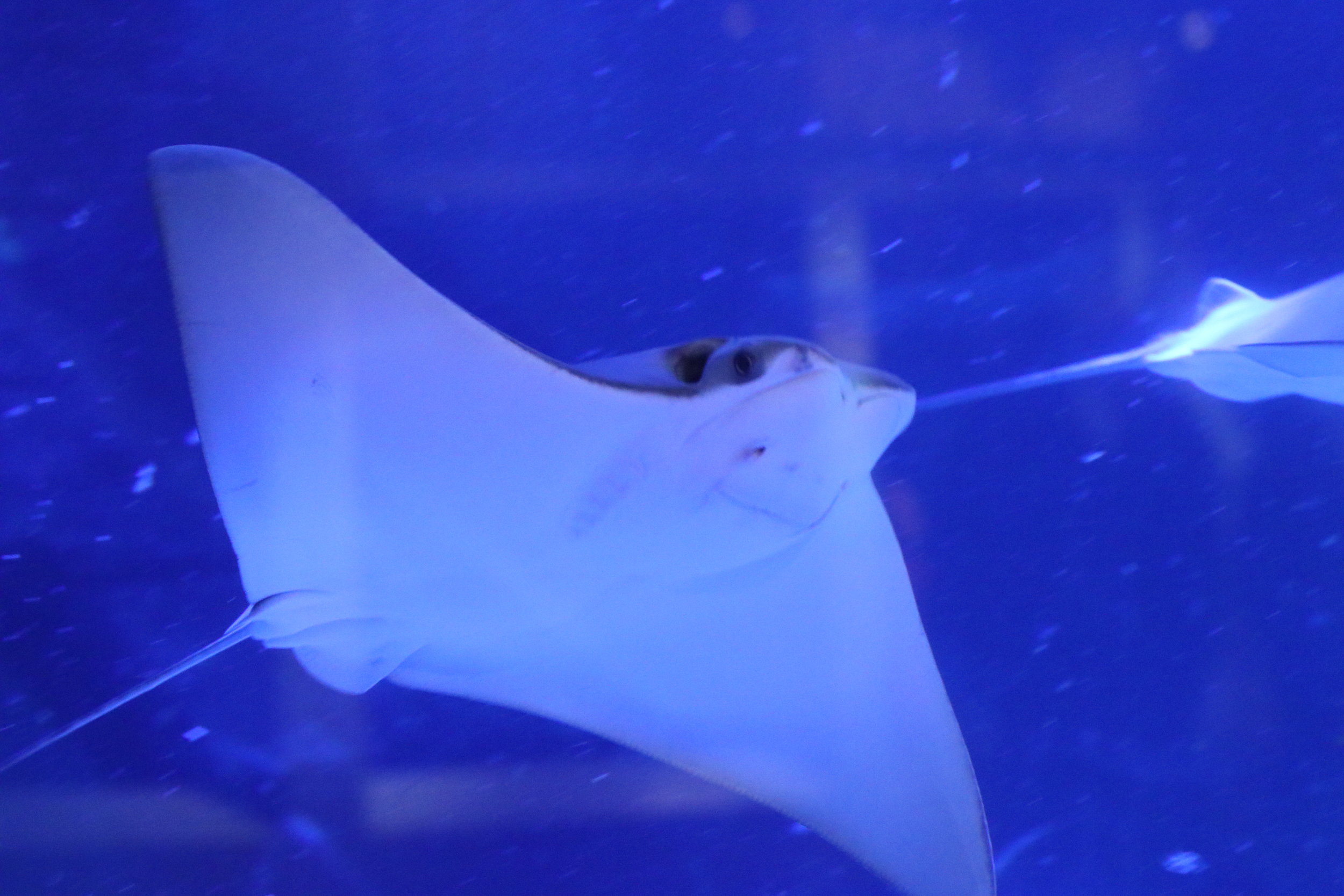
Rhinoptera bonasus
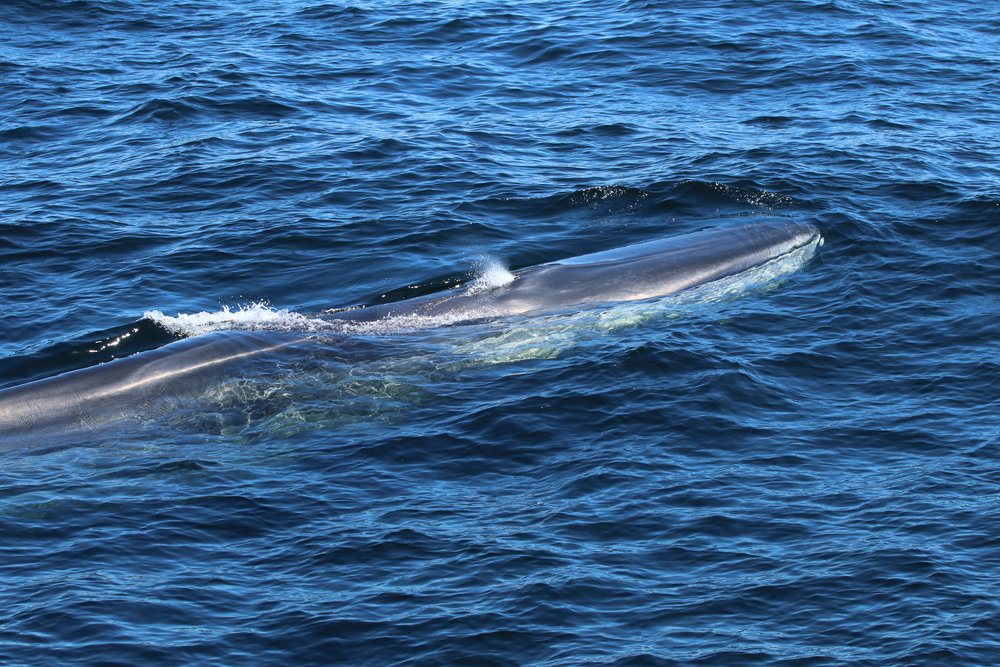
Balaenoptera physalus

Ardea alba & Egretta thula
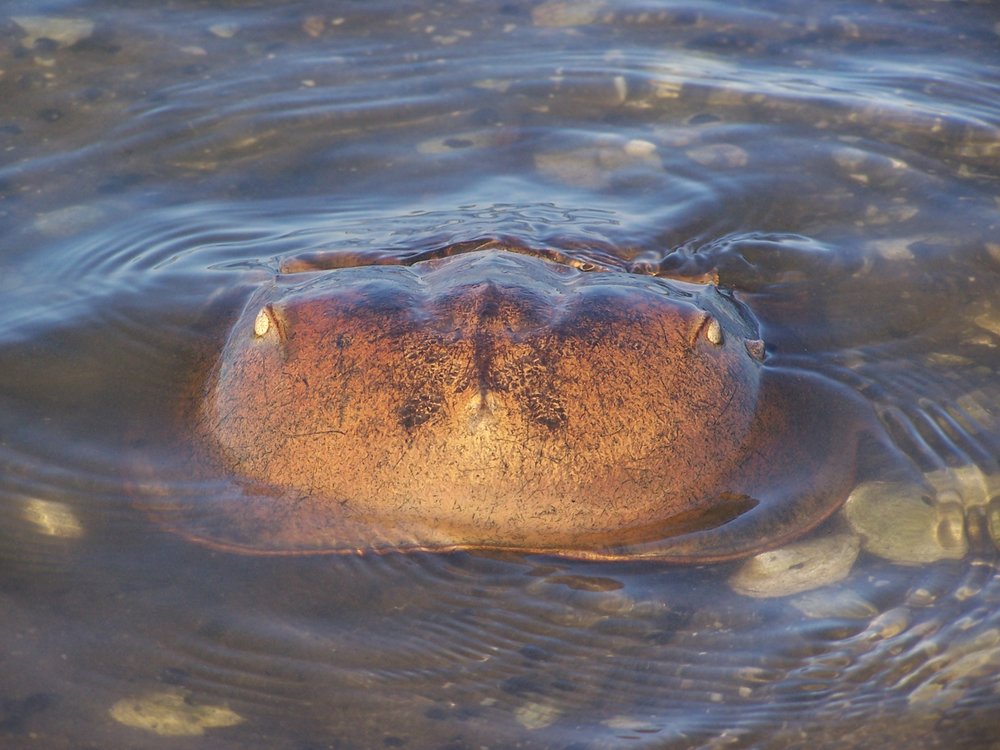
Limulus polyphemus
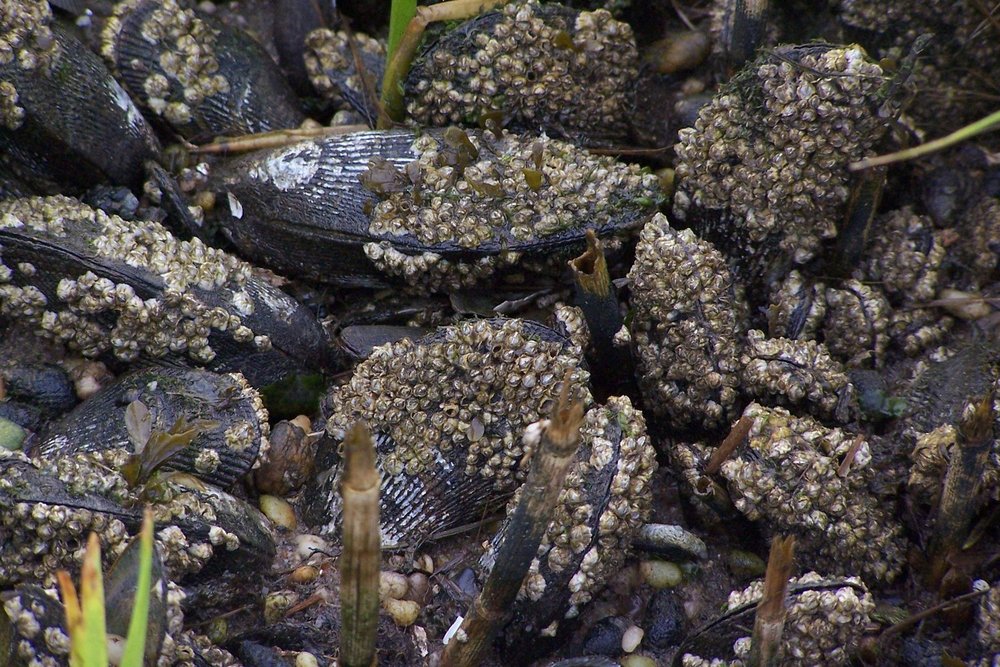
Geukensia demissa
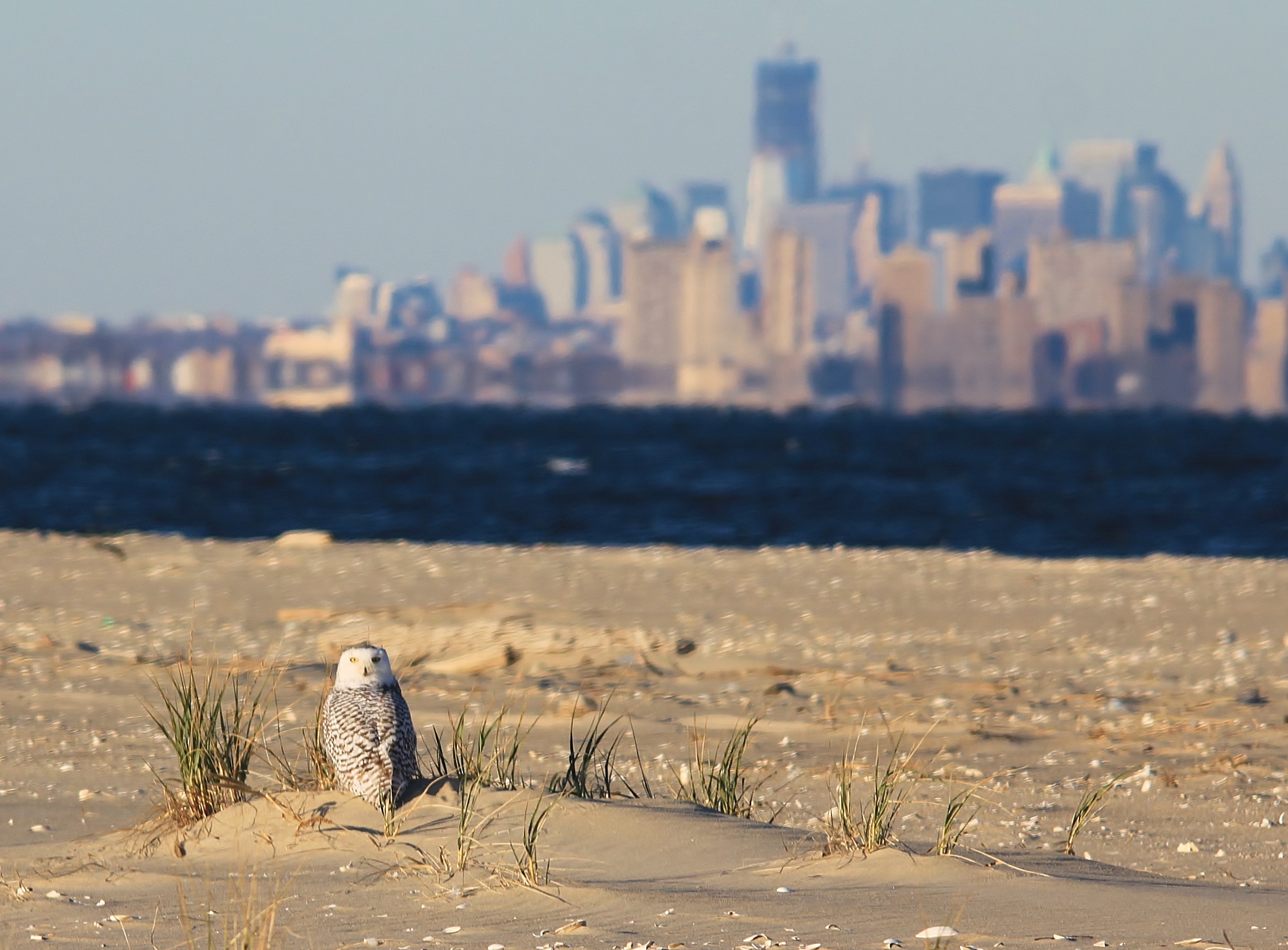
Bubo scandiacus
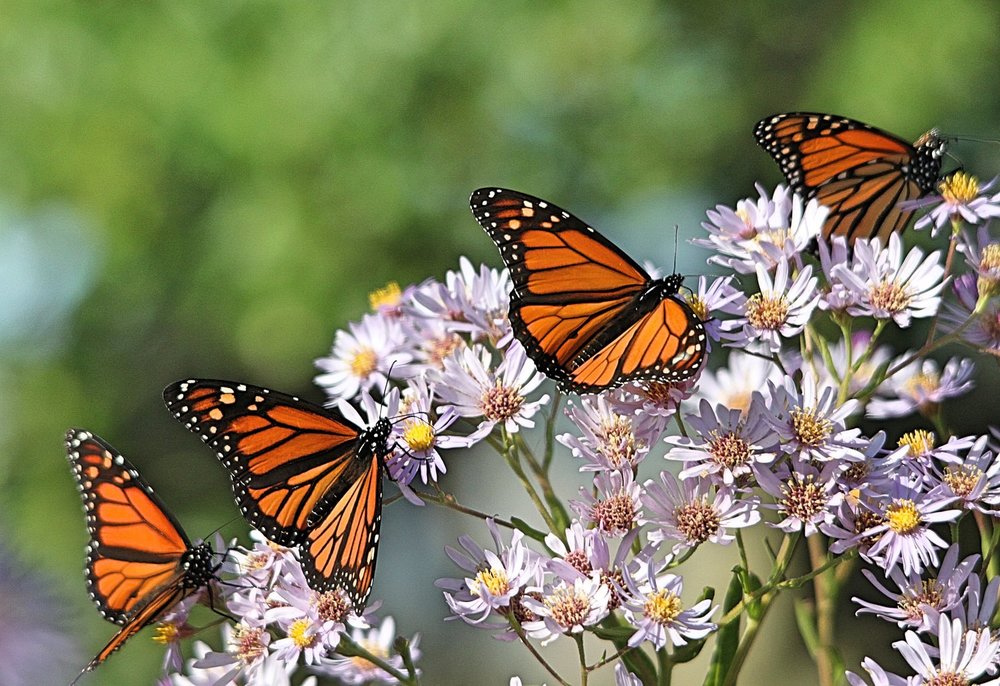
Danaus plexippus

Scophthalmus aquosus
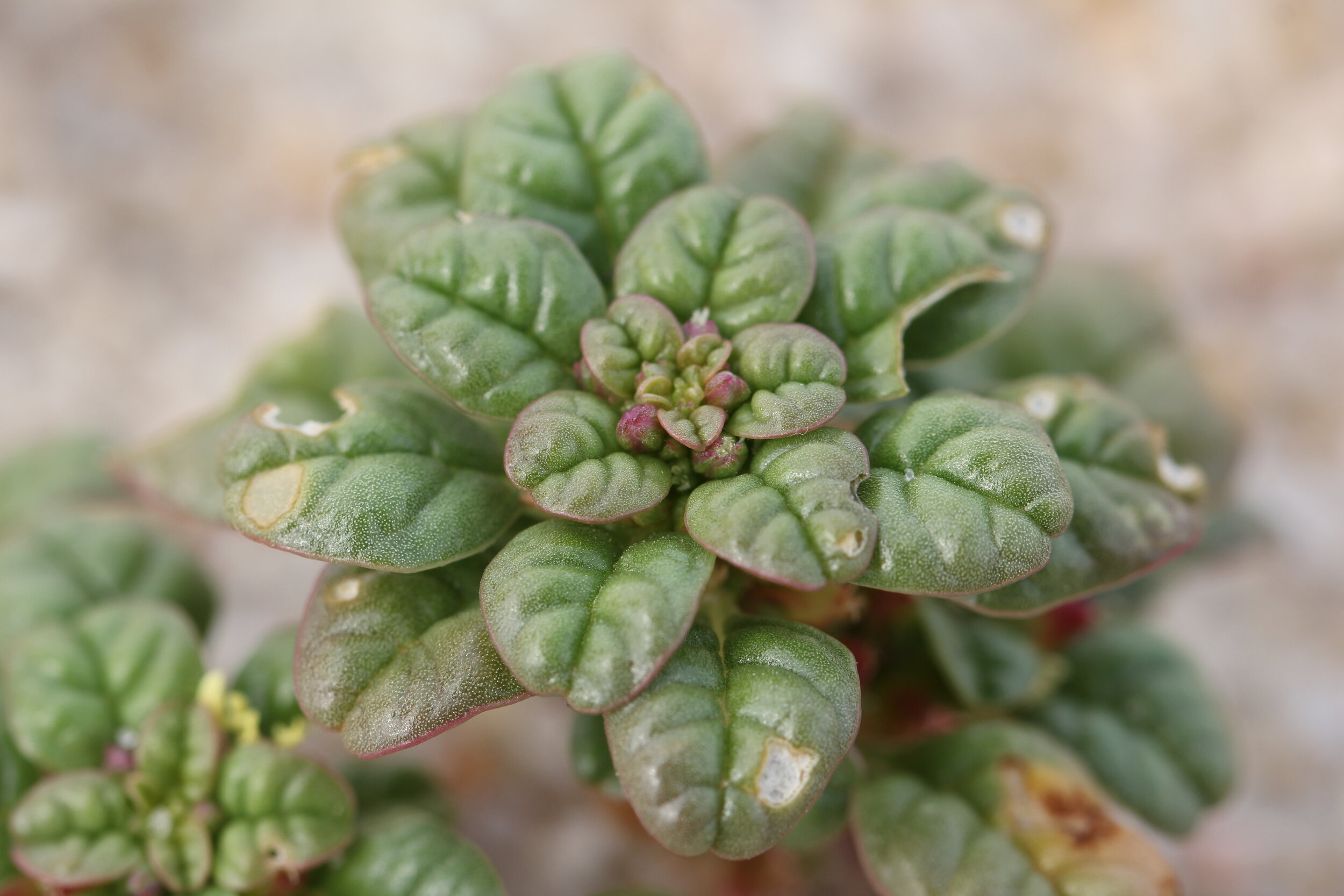
Amaranthus pumilus
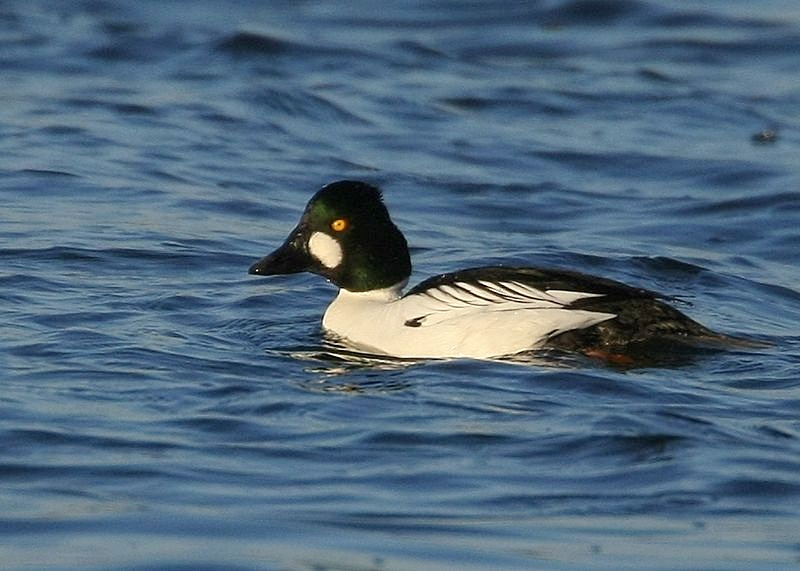
Bucephala clangula
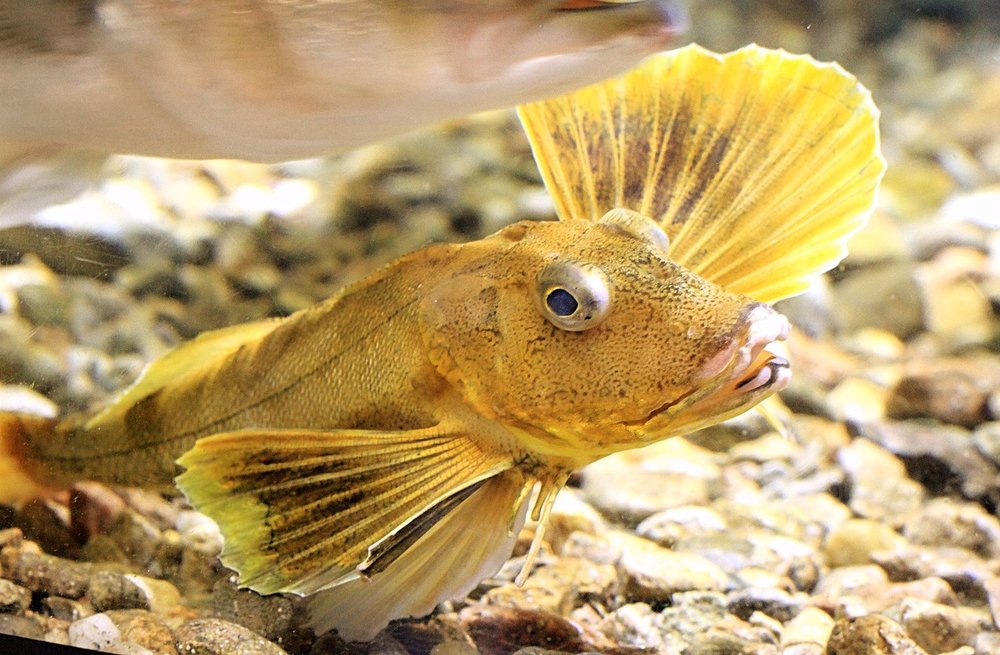
Prionotus carolinus
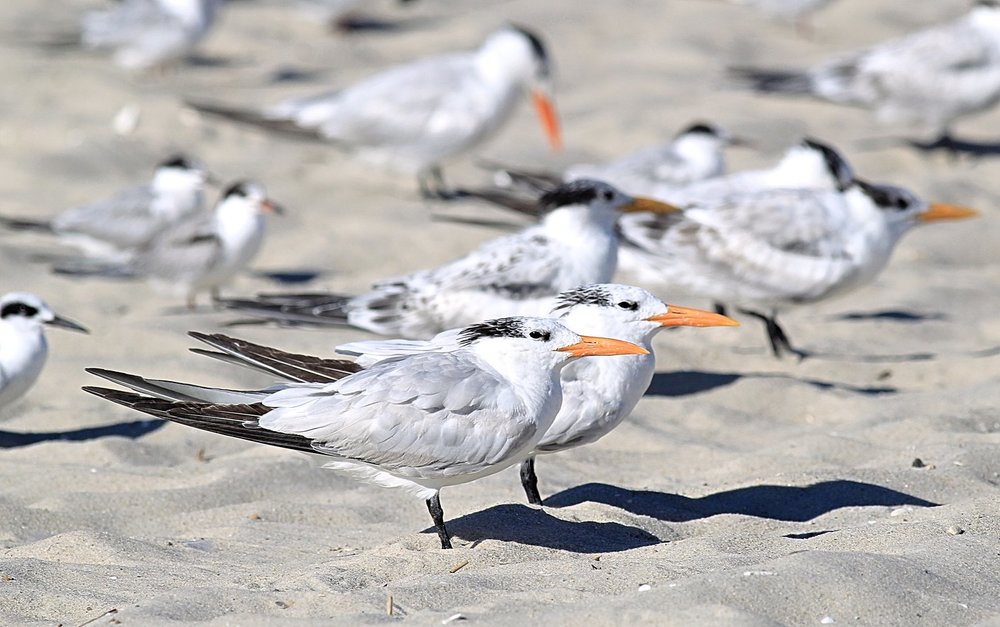
Thalasseus maximus
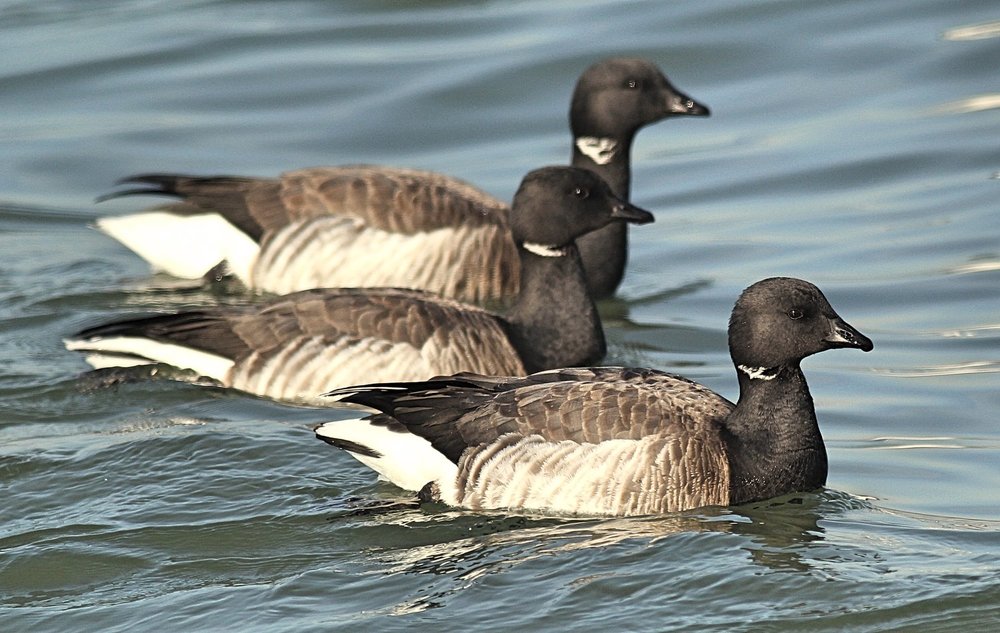
Branta bernicla

Ovalipes ocellatus
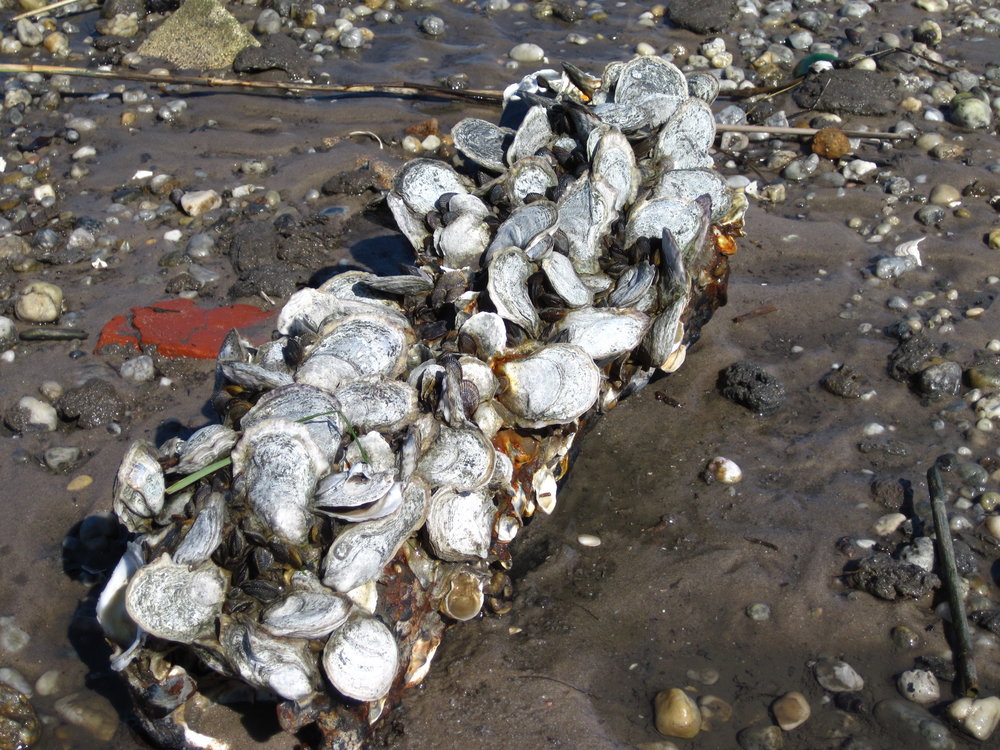
Crassostrea virginica

Danaus plexippus
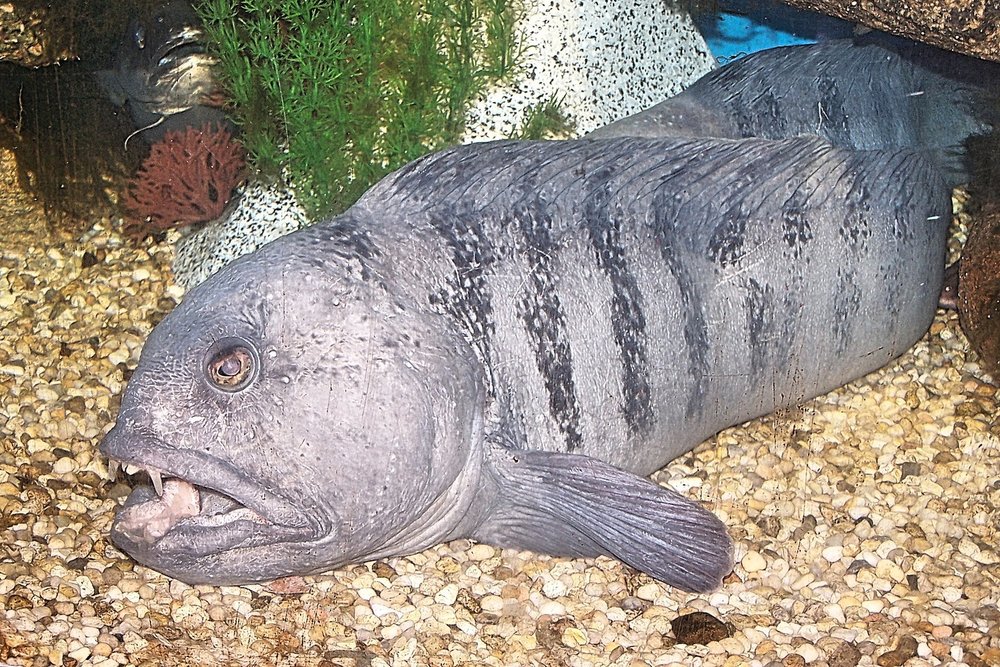
Anarhichas lupus
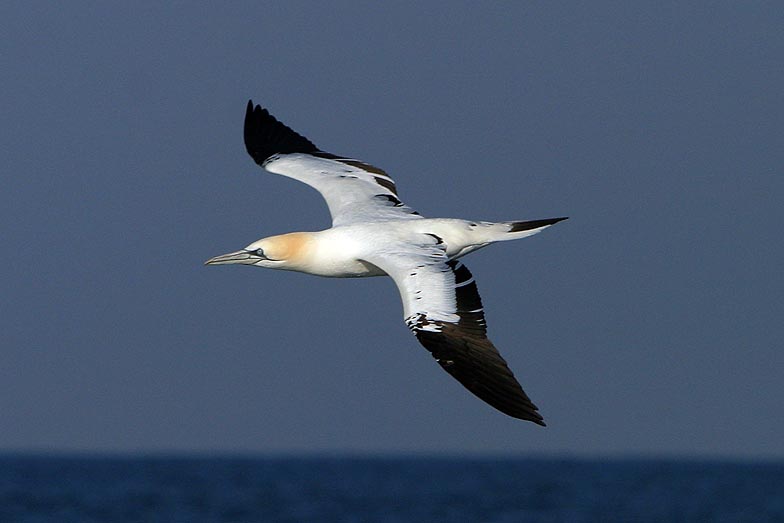
Morus bassanus
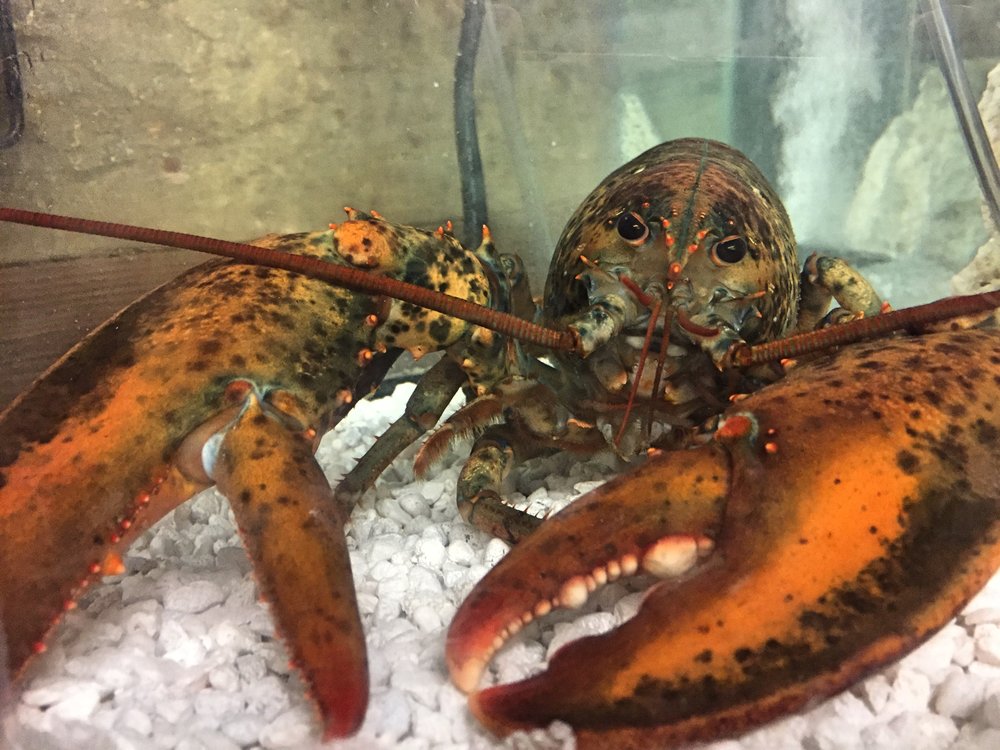
Homarus americanus
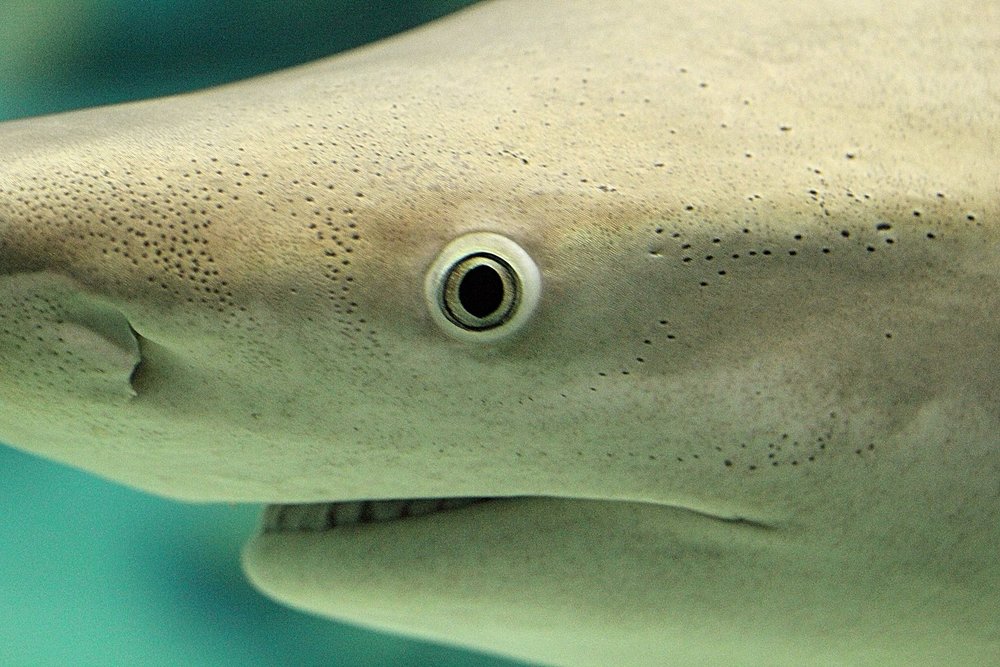
Carcharhinus plumbeus
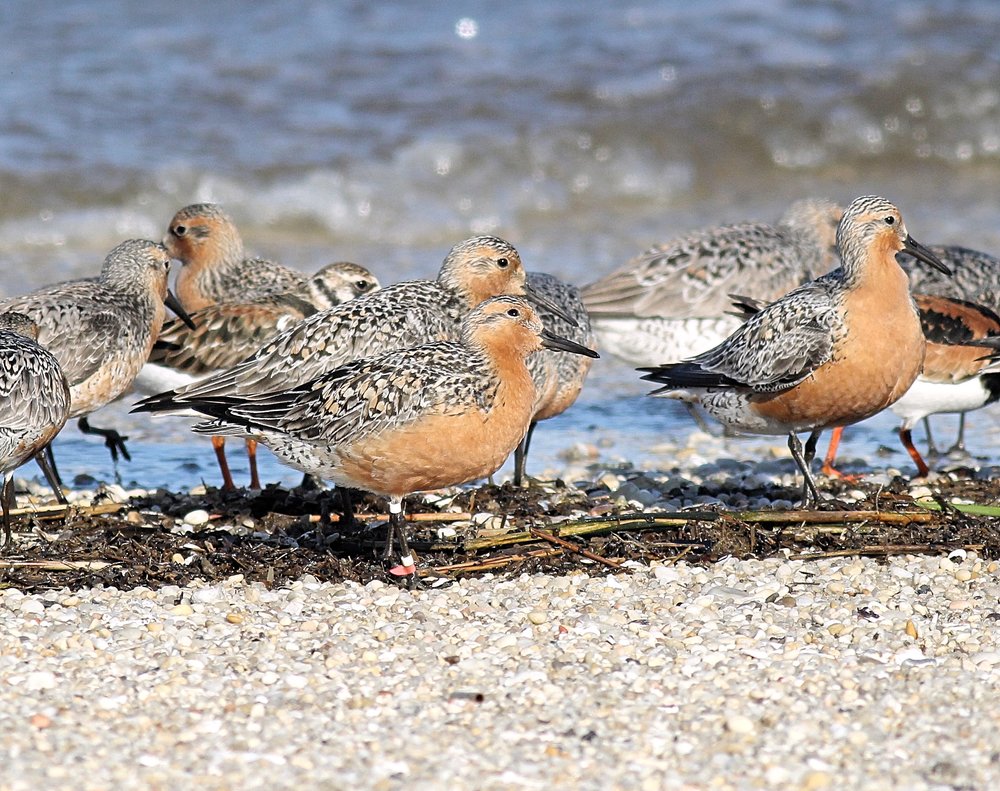
Calidris canutus
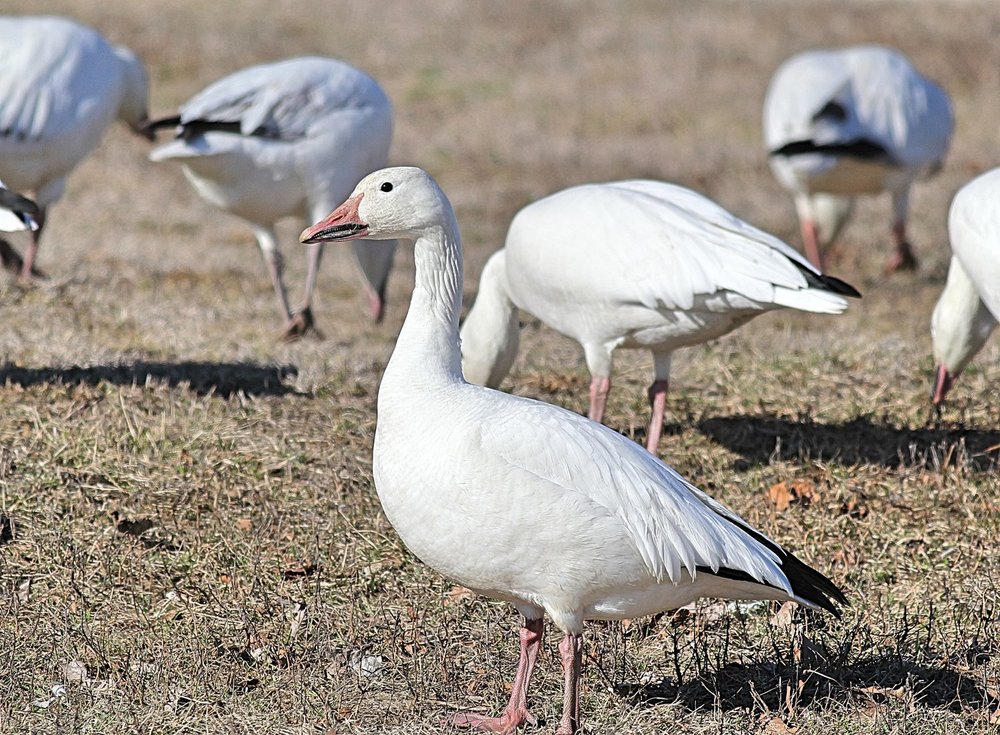
Chen caerulescens
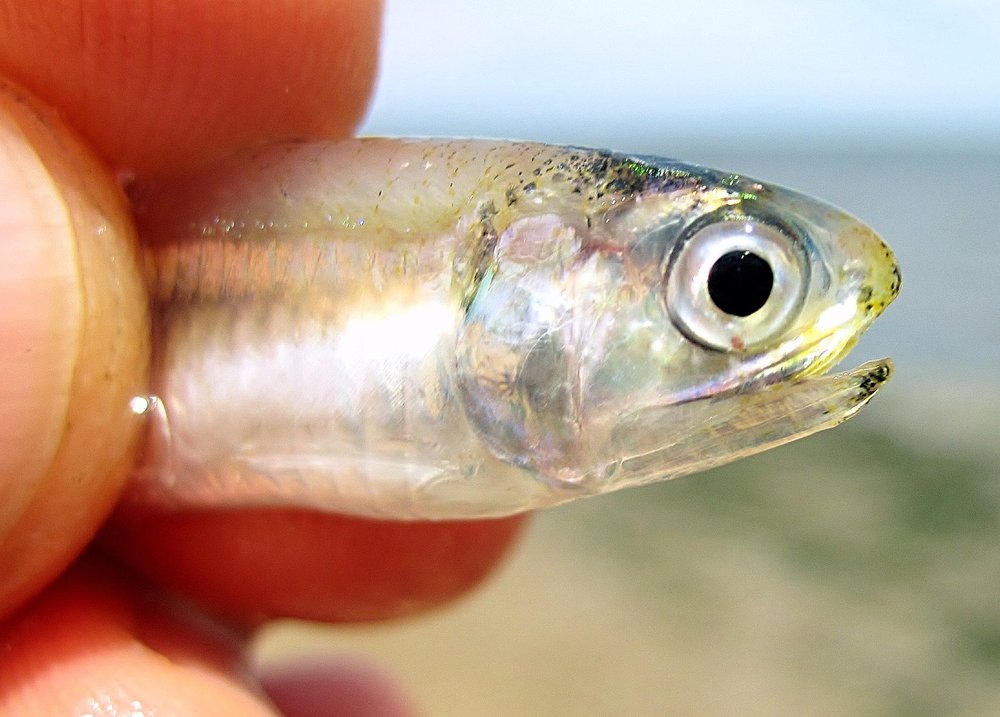
Anchoa mitchilli
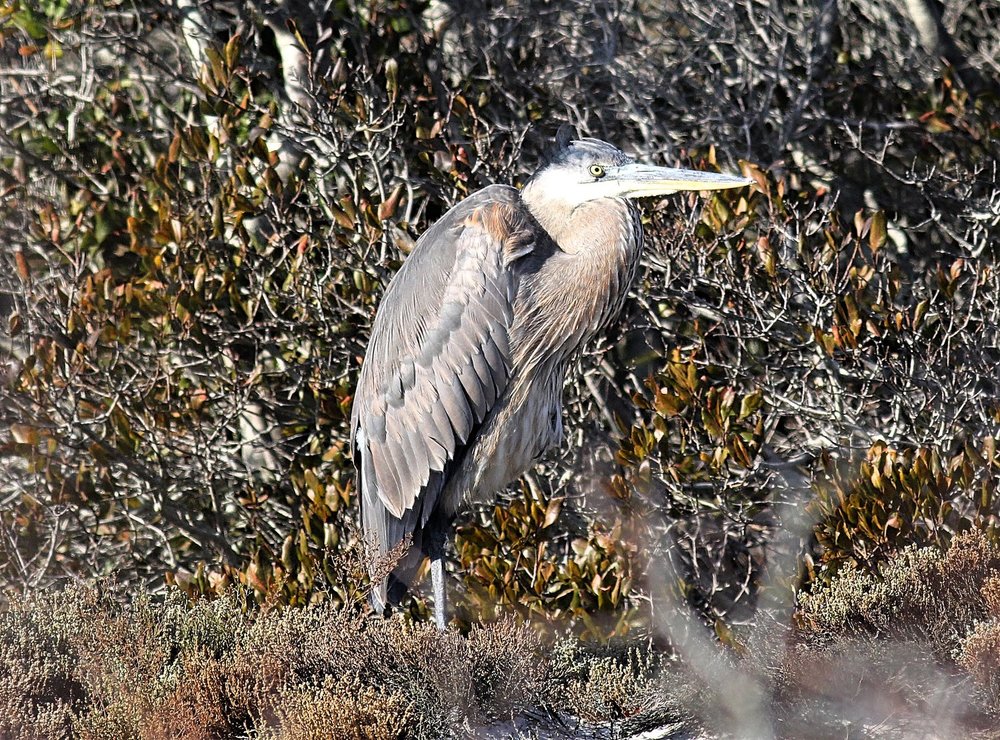
Ardea herodias
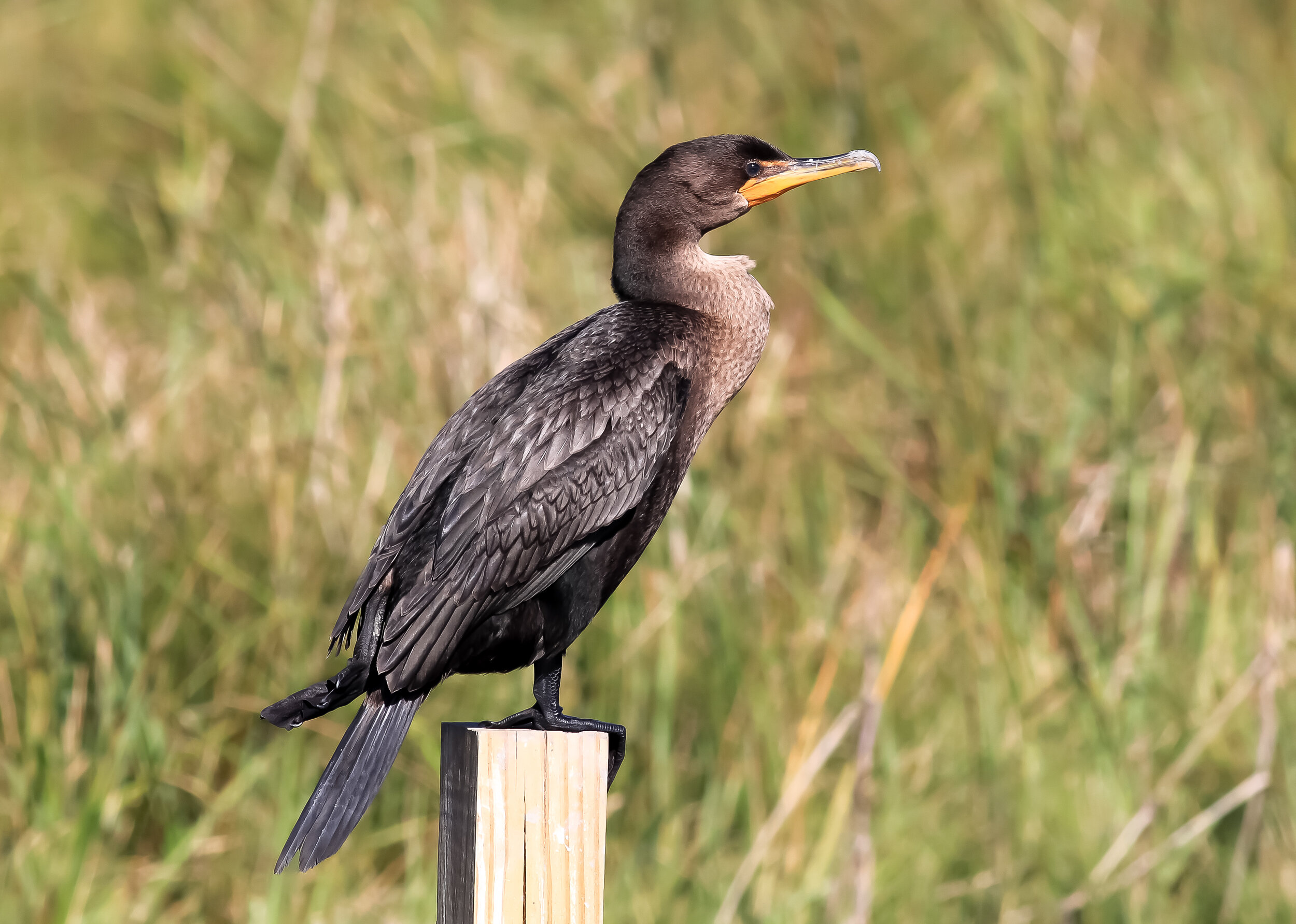
Phalacrocorax auritus
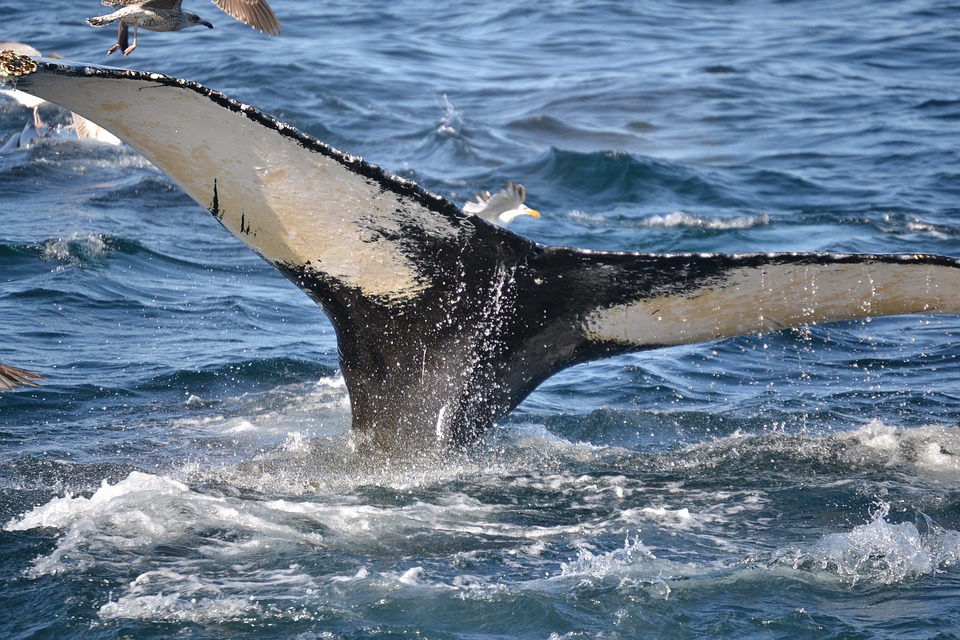
Megaptera novaeangliae

Cancer irroratus
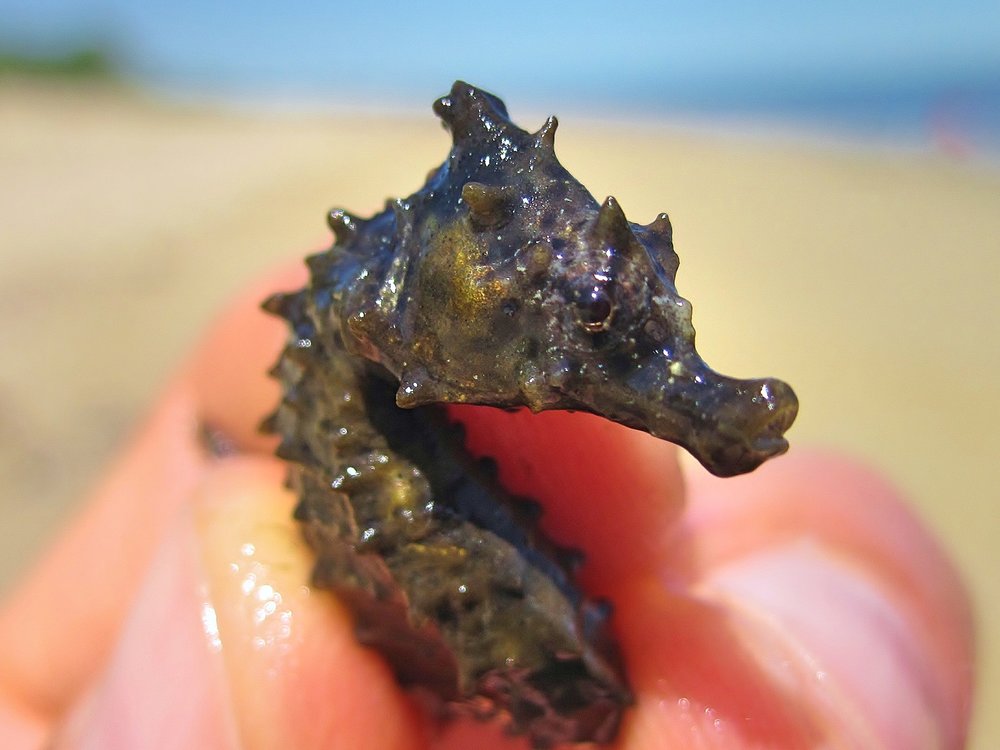
Hippocampus erectus
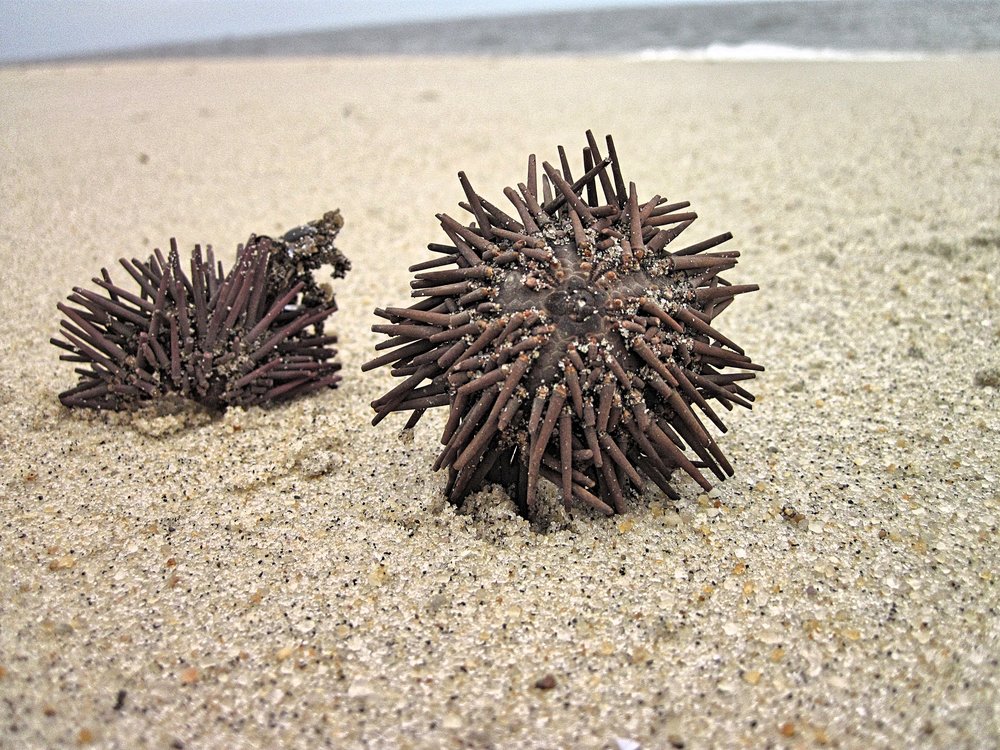
Strongylocentrotus purpuratus
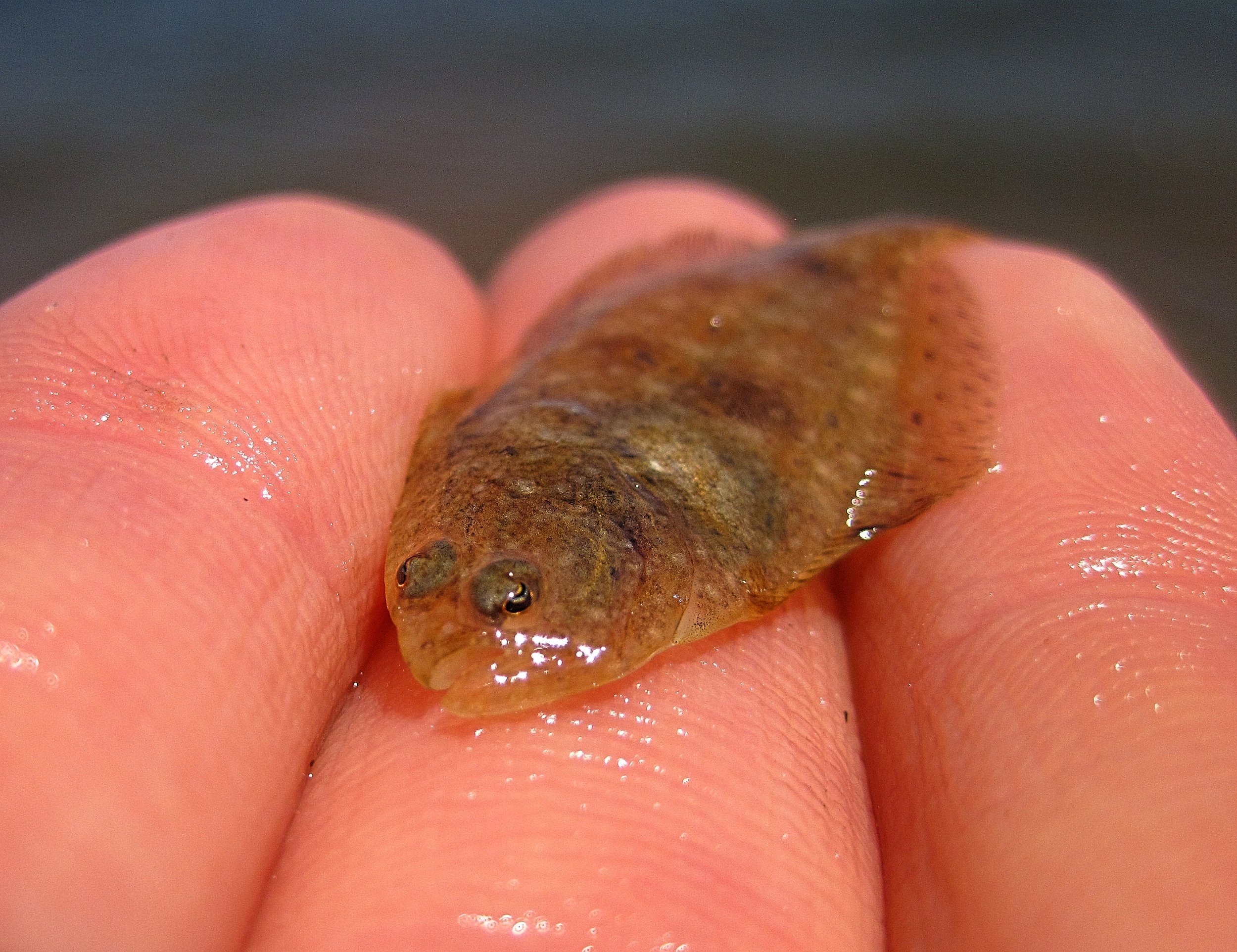
Pseudopleuronectes americanus
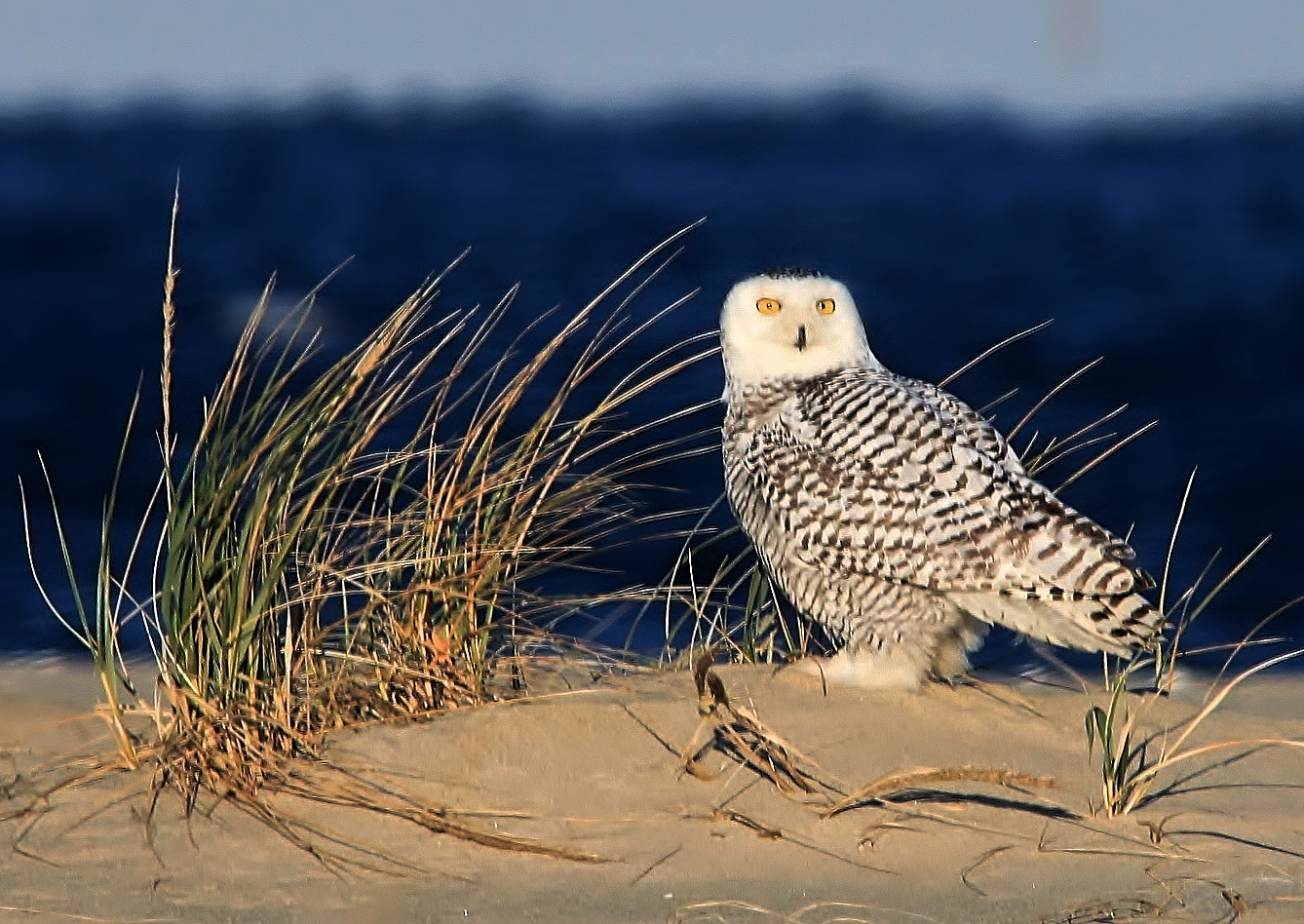
Bubo scandiacus
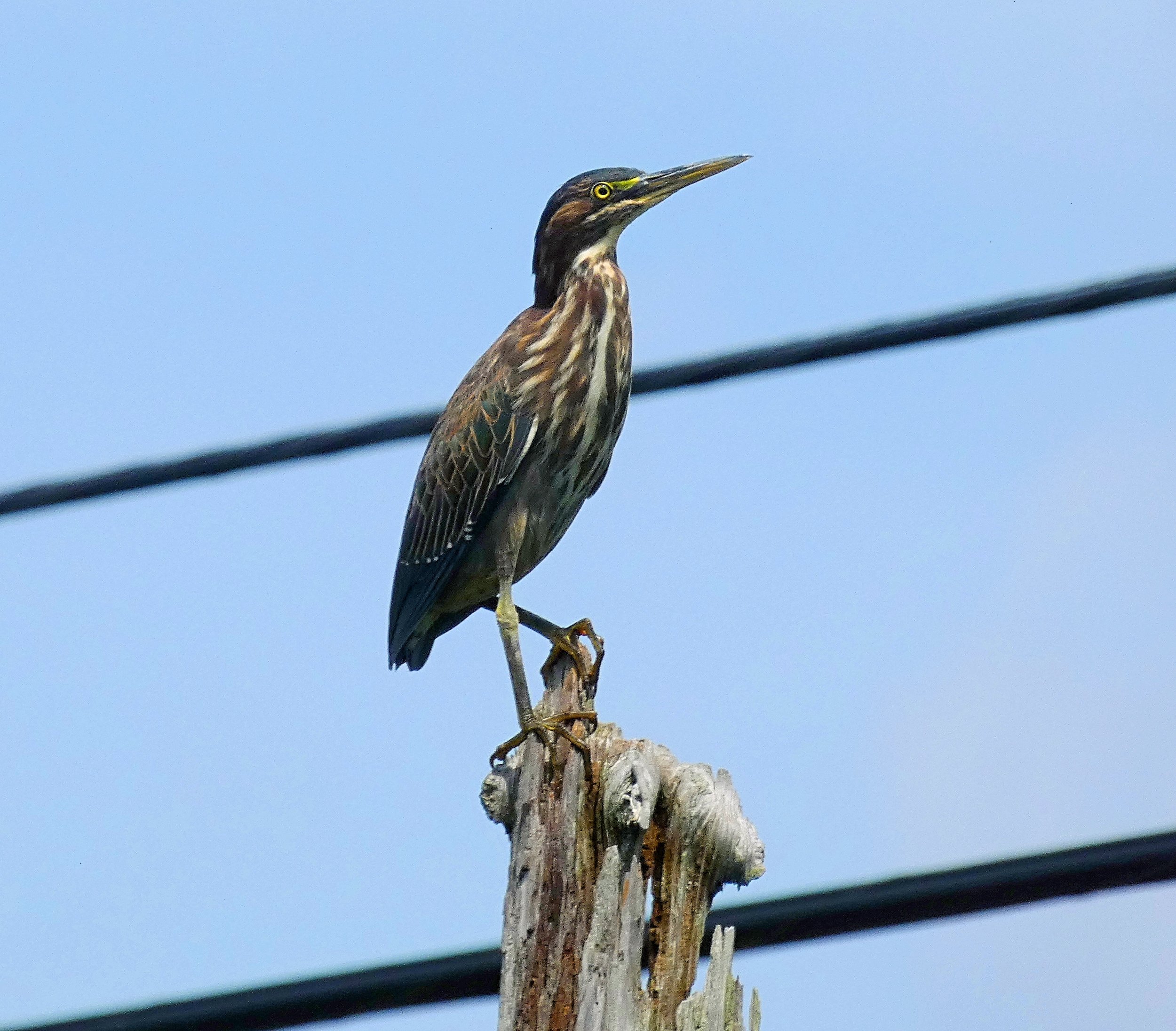
Butorides virescens
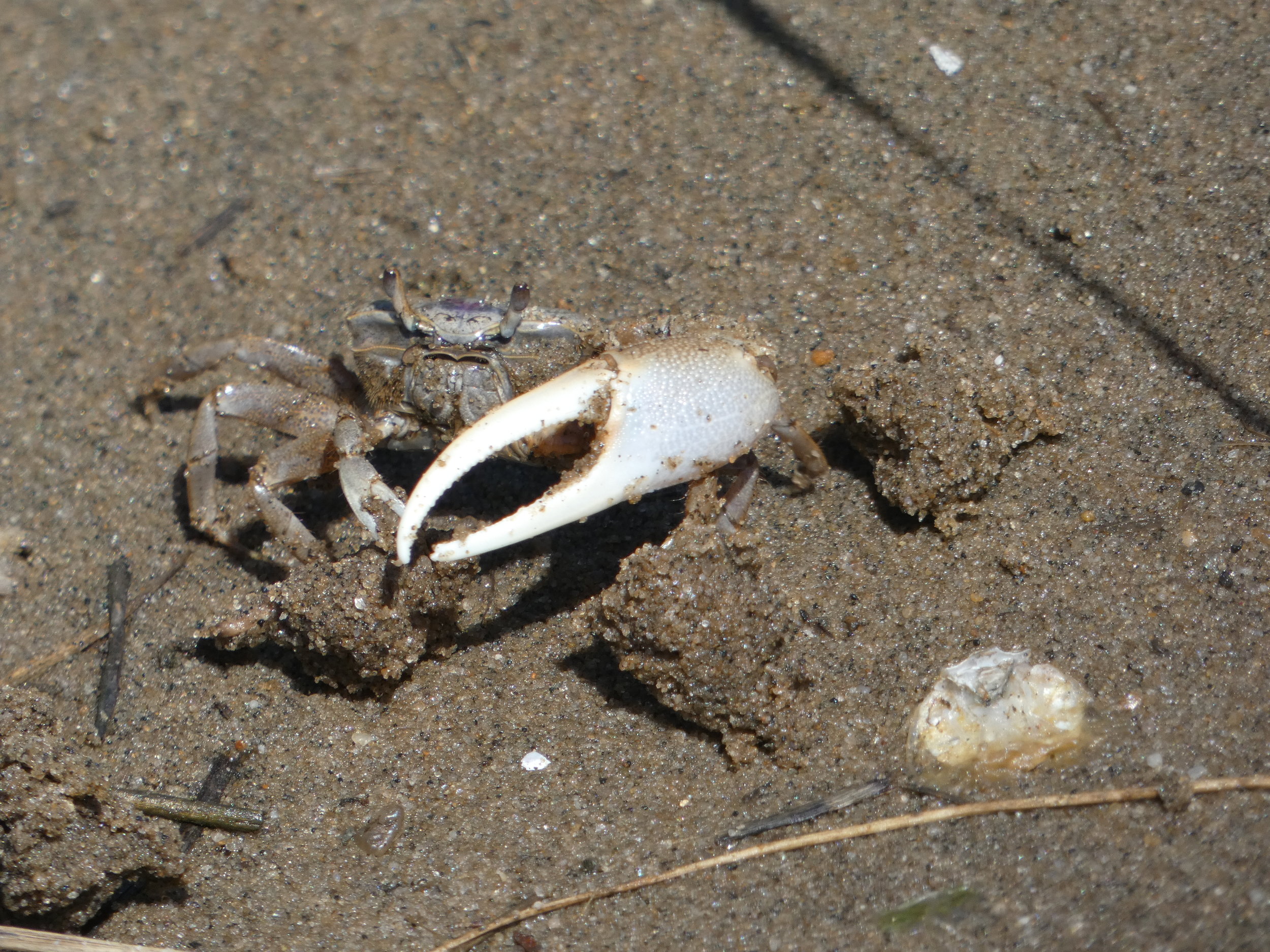
Uca
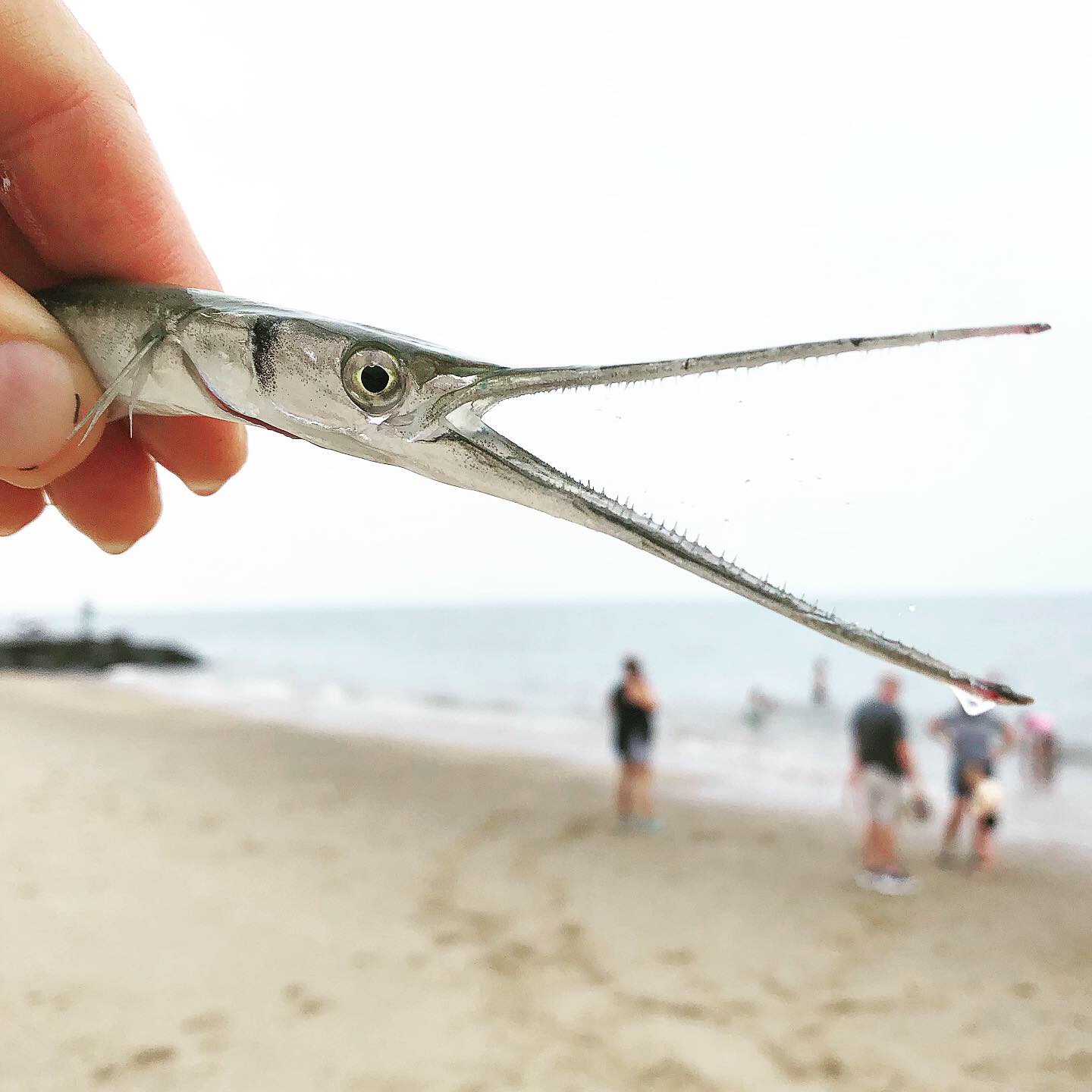
Strongylura marina
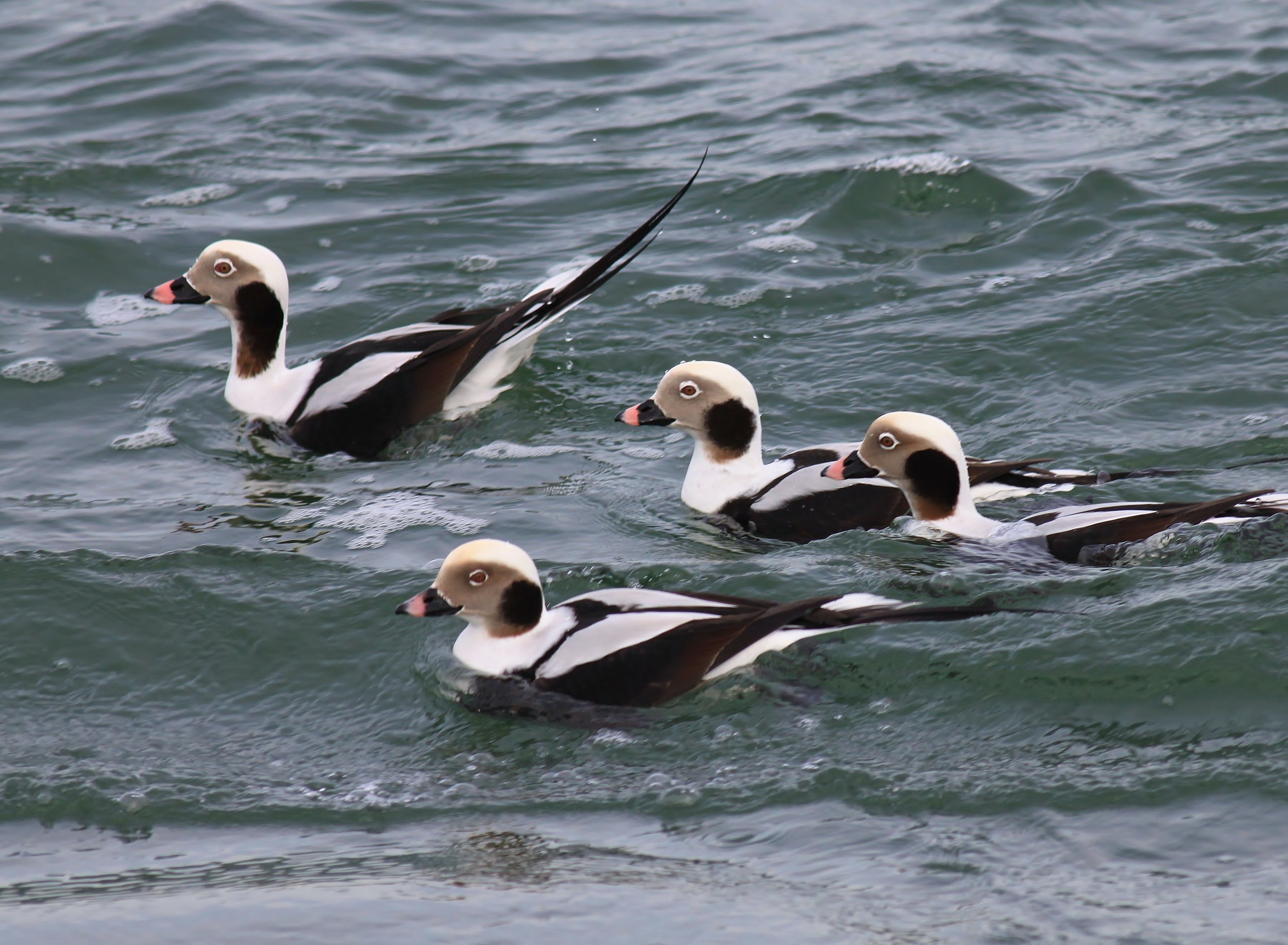
Clangula hyemalis
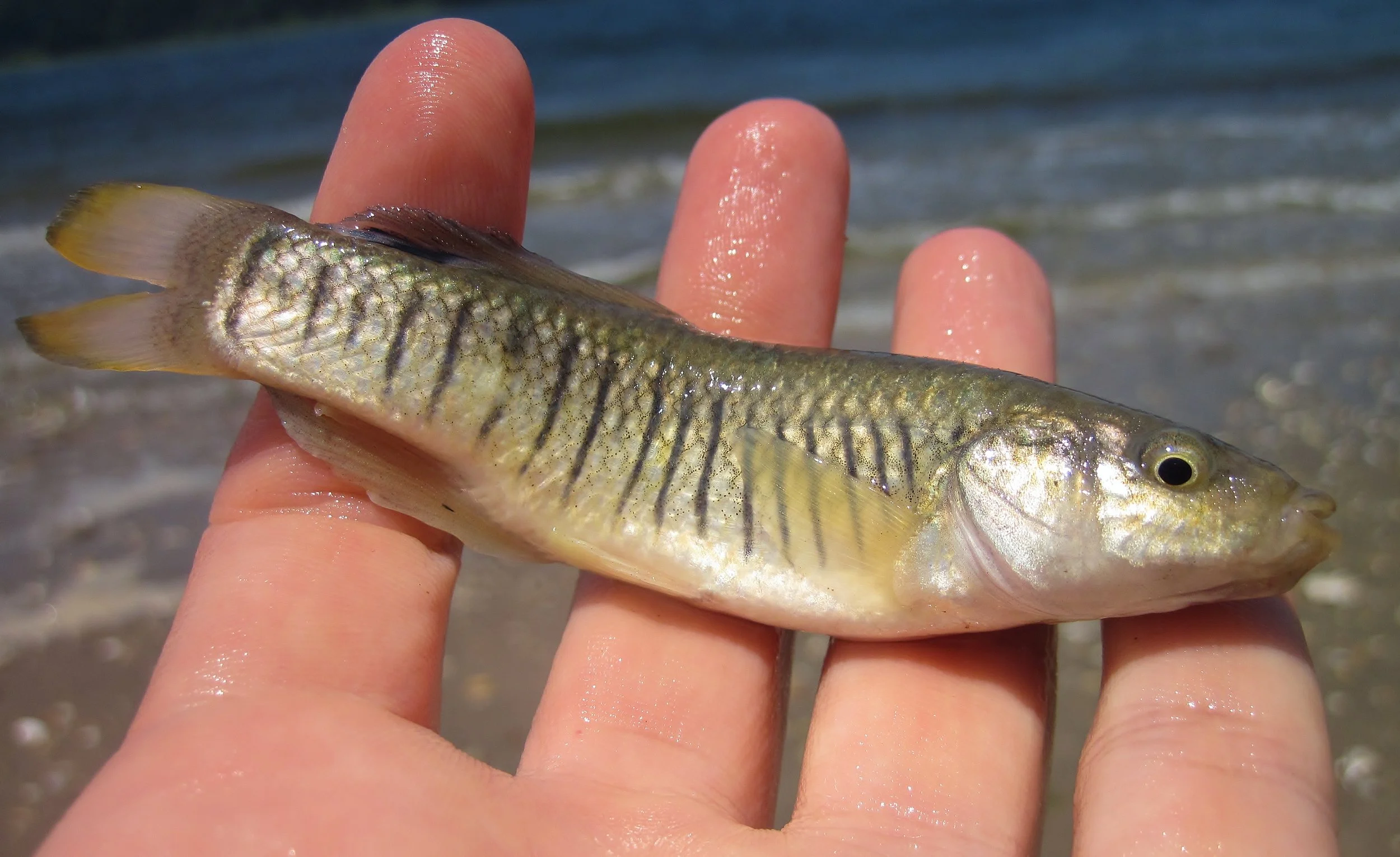
Fundulus majalis
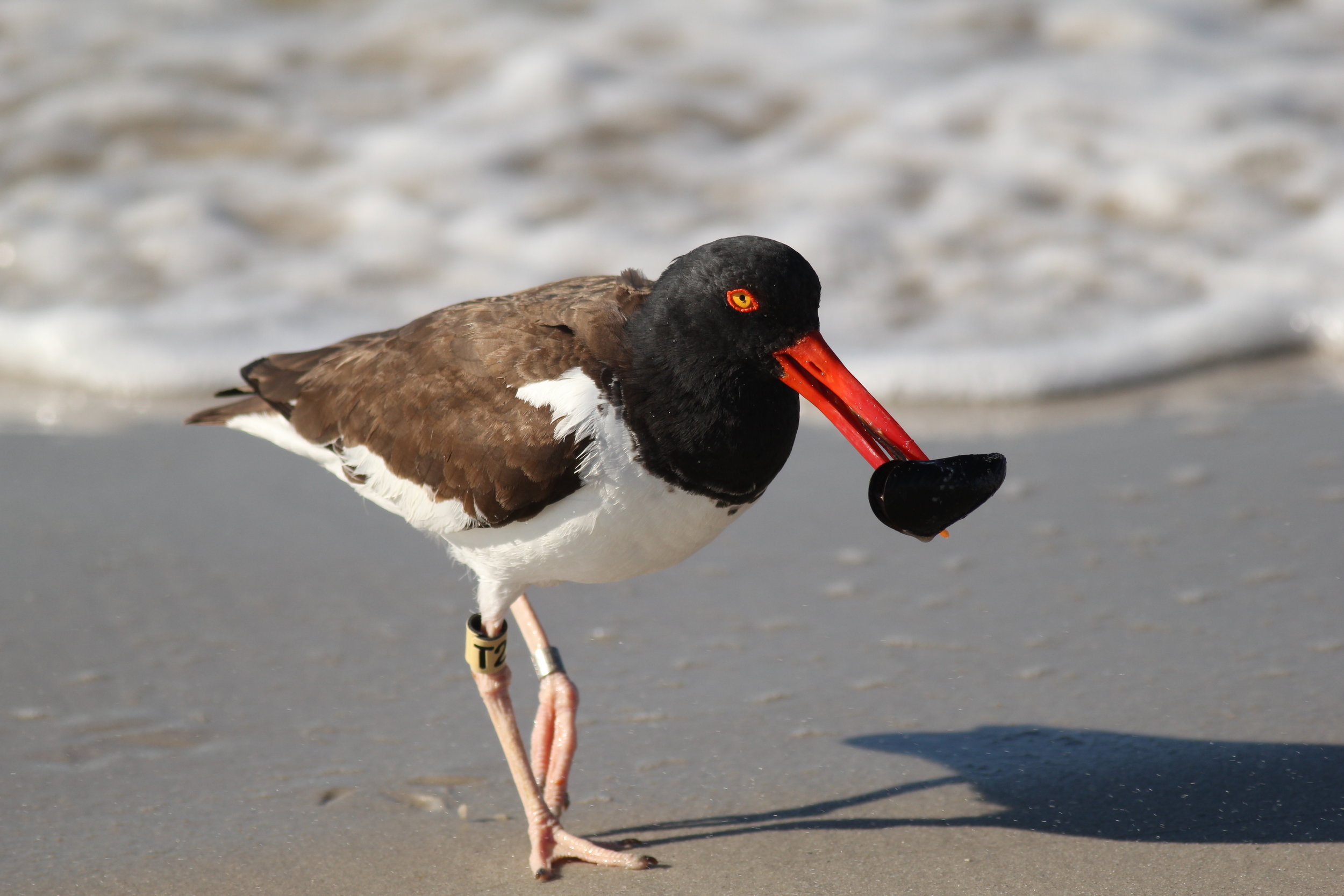
Haematopus palliatus
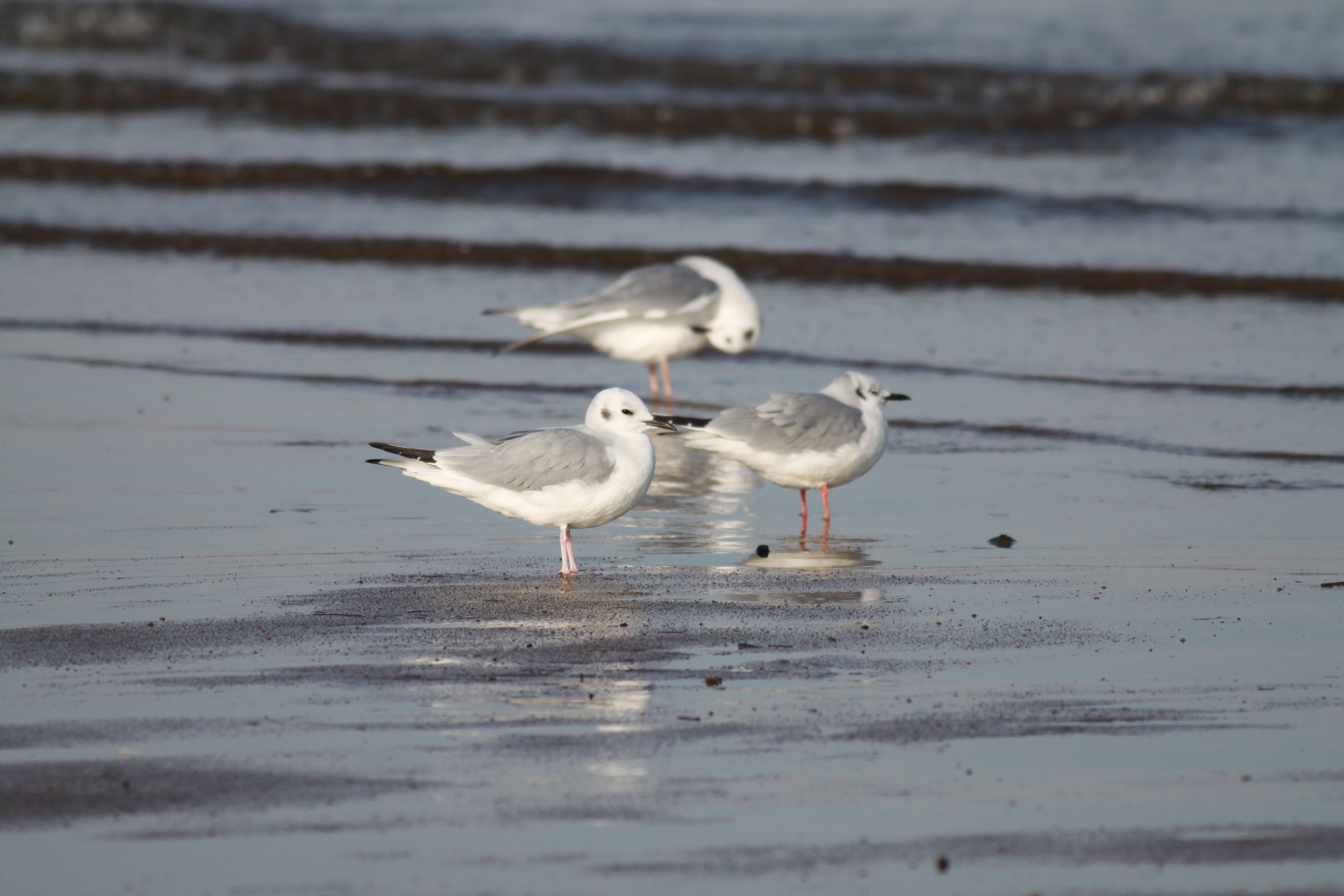
Chroicocephalus philadelphia
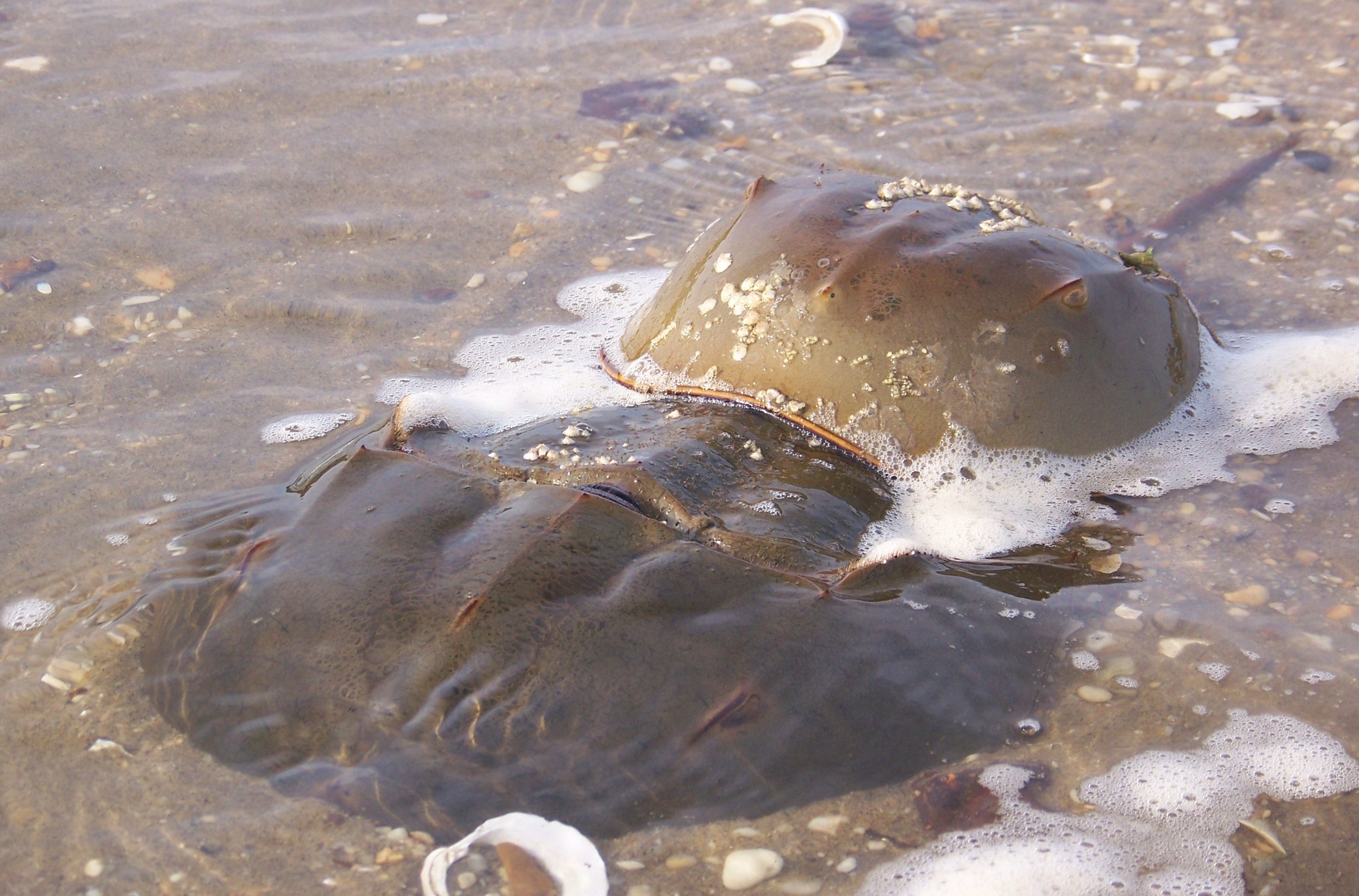
Limulus polyphemus
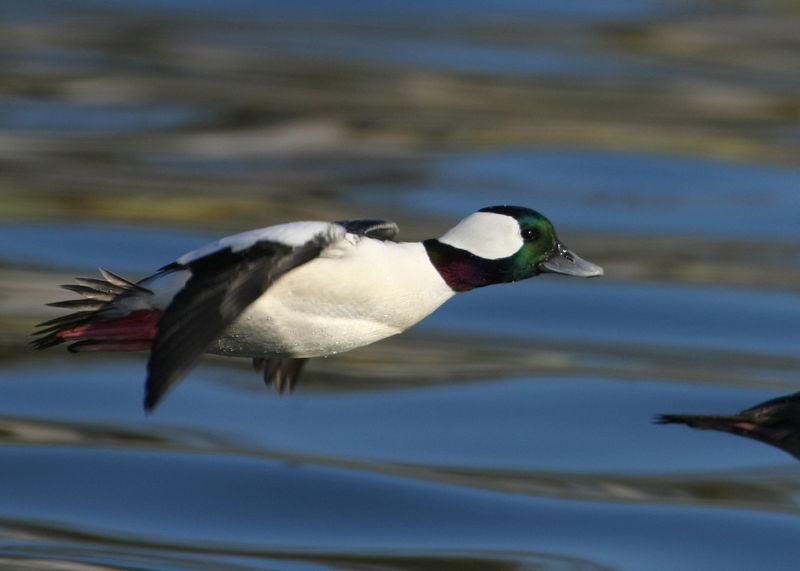
Bucephala albeola
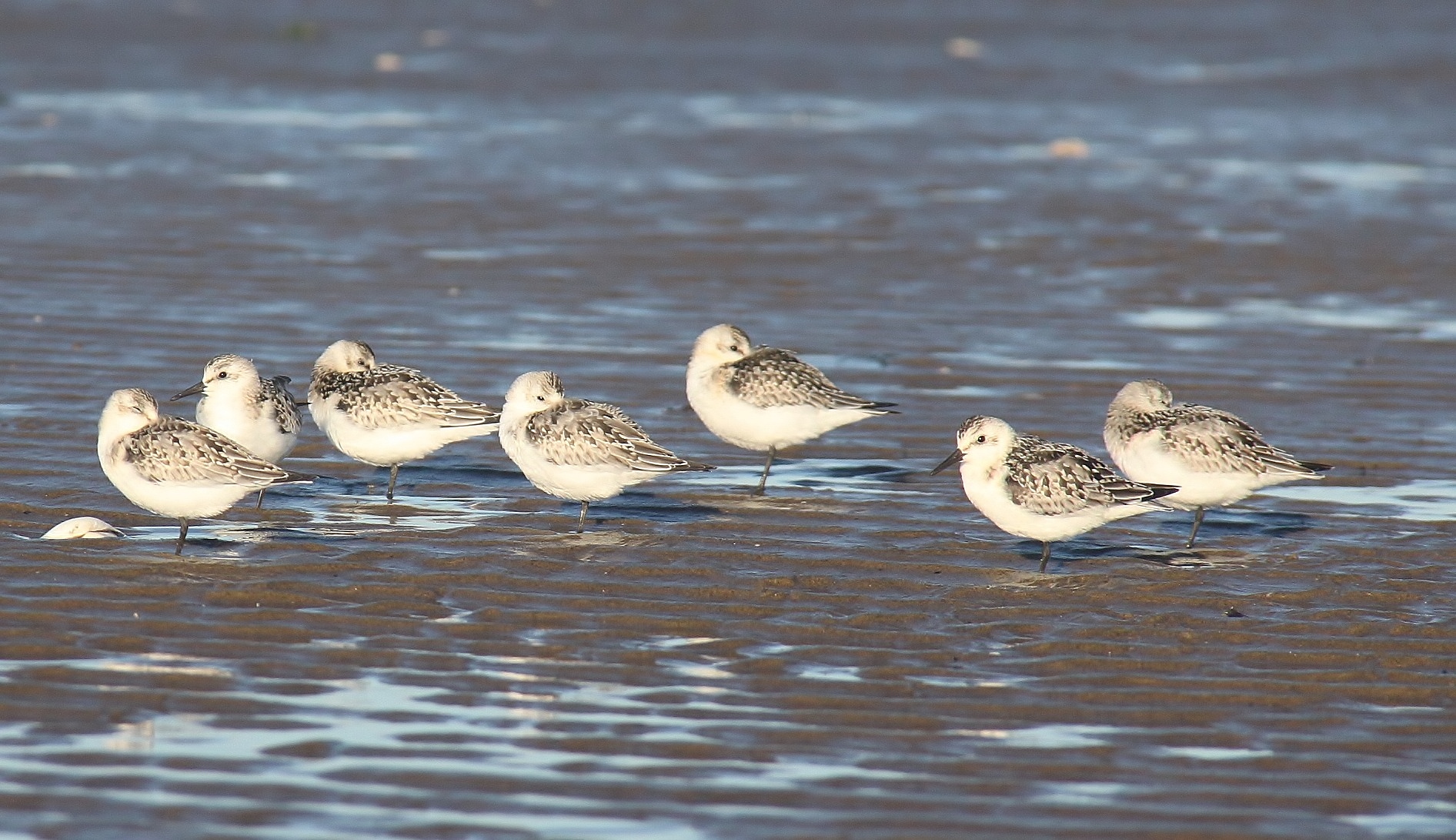
Calidris alba

Pluvialis squatarola
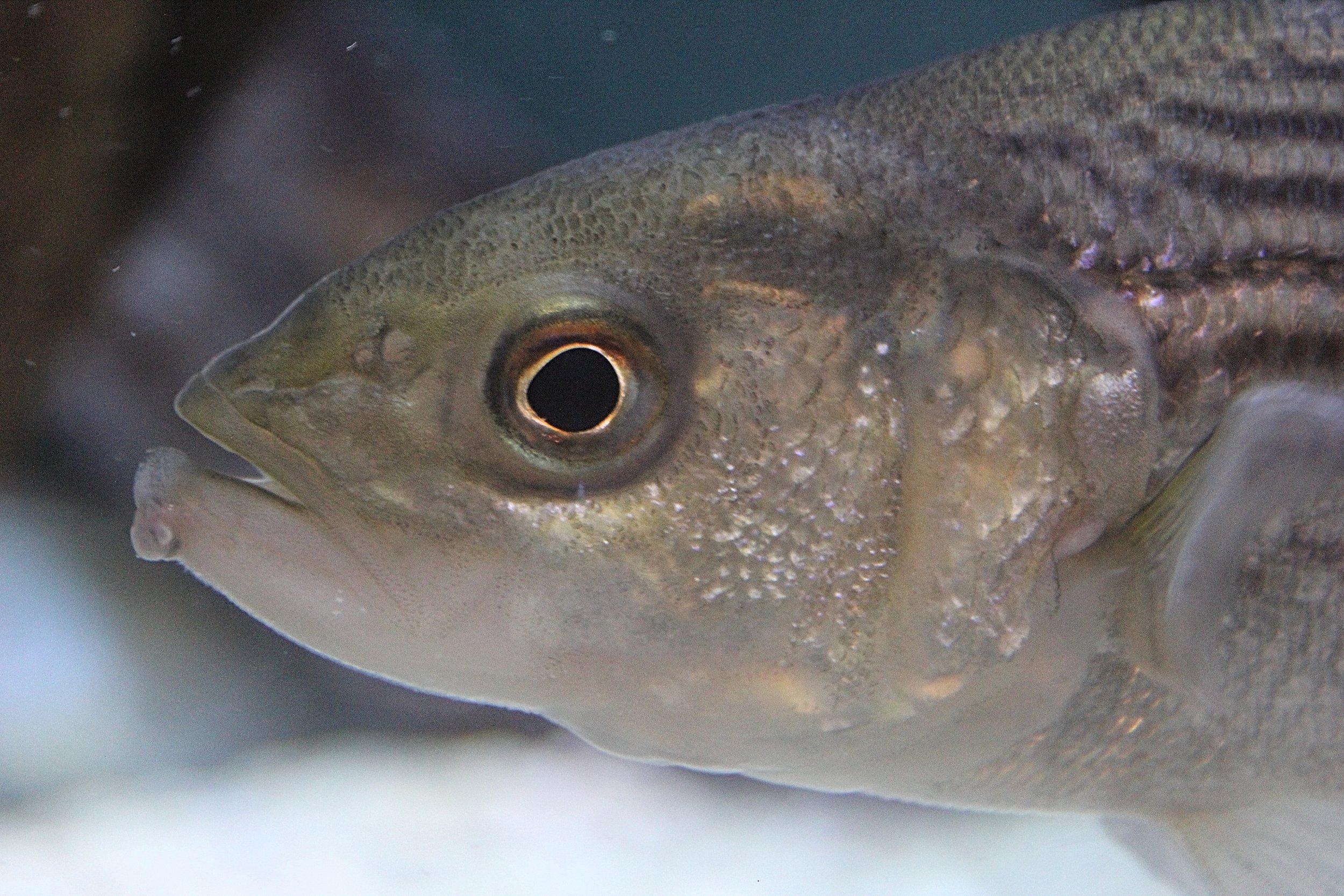
Morone saxatilis
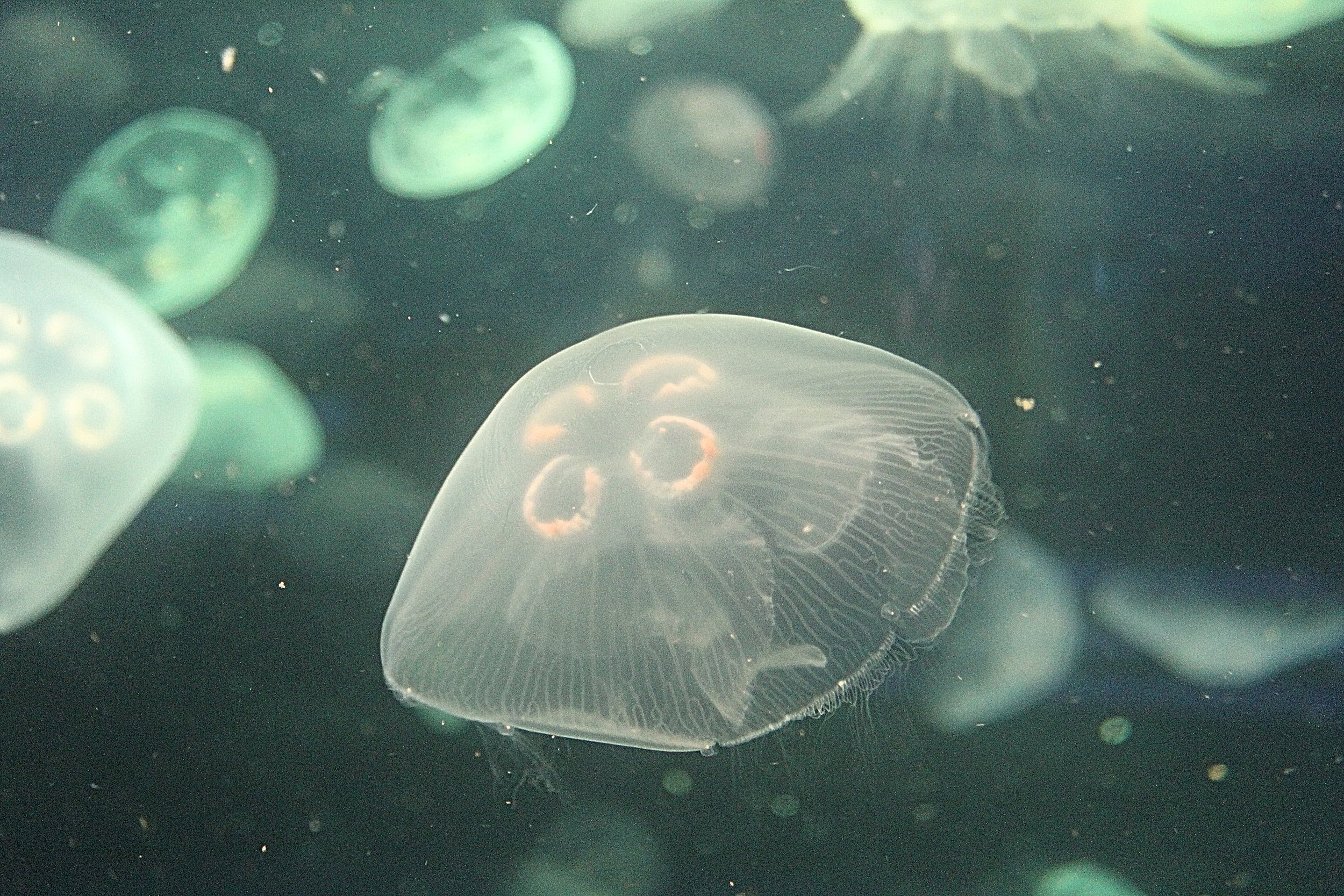
Aurelia aurita
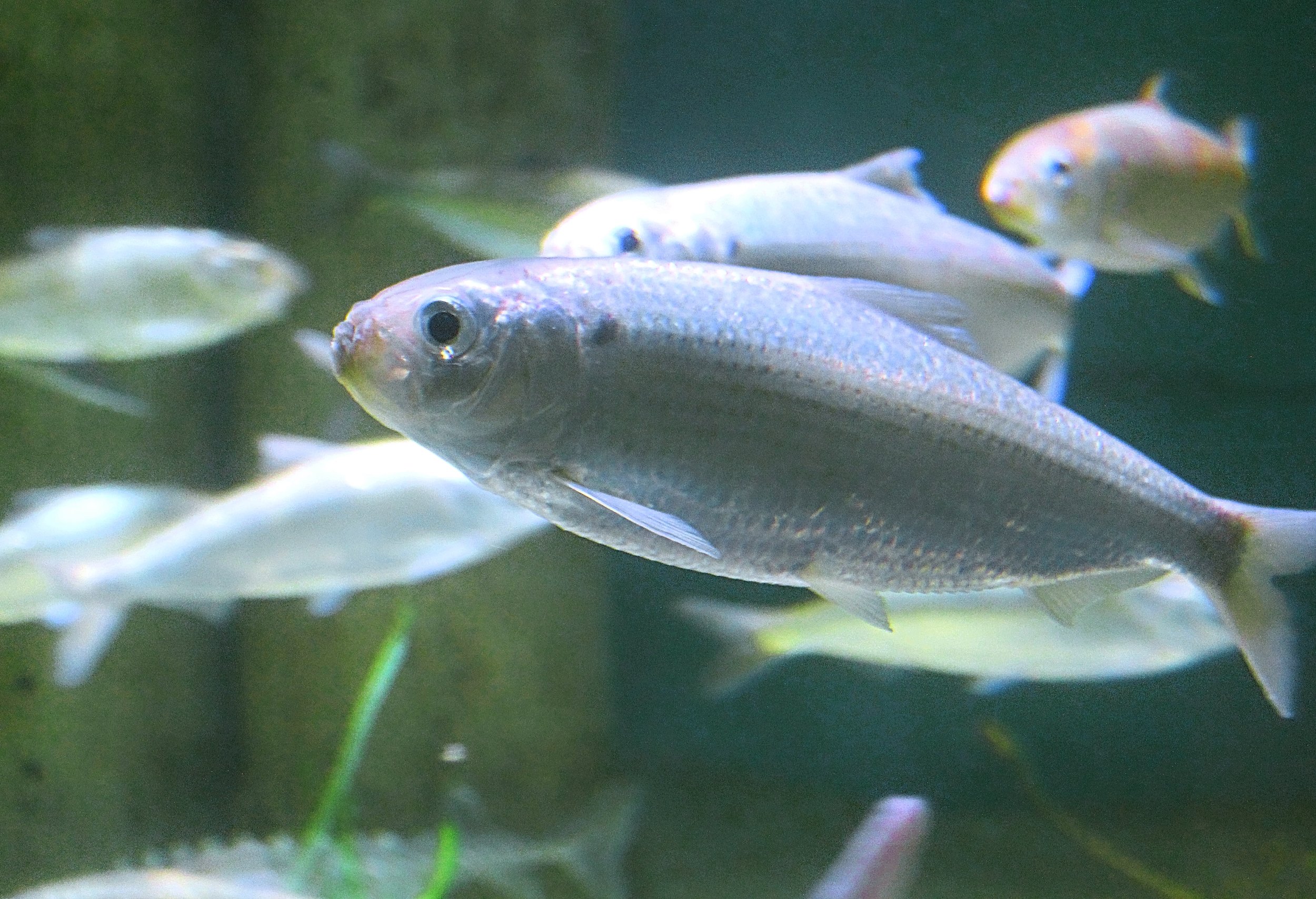
Brevoortia tyrannus
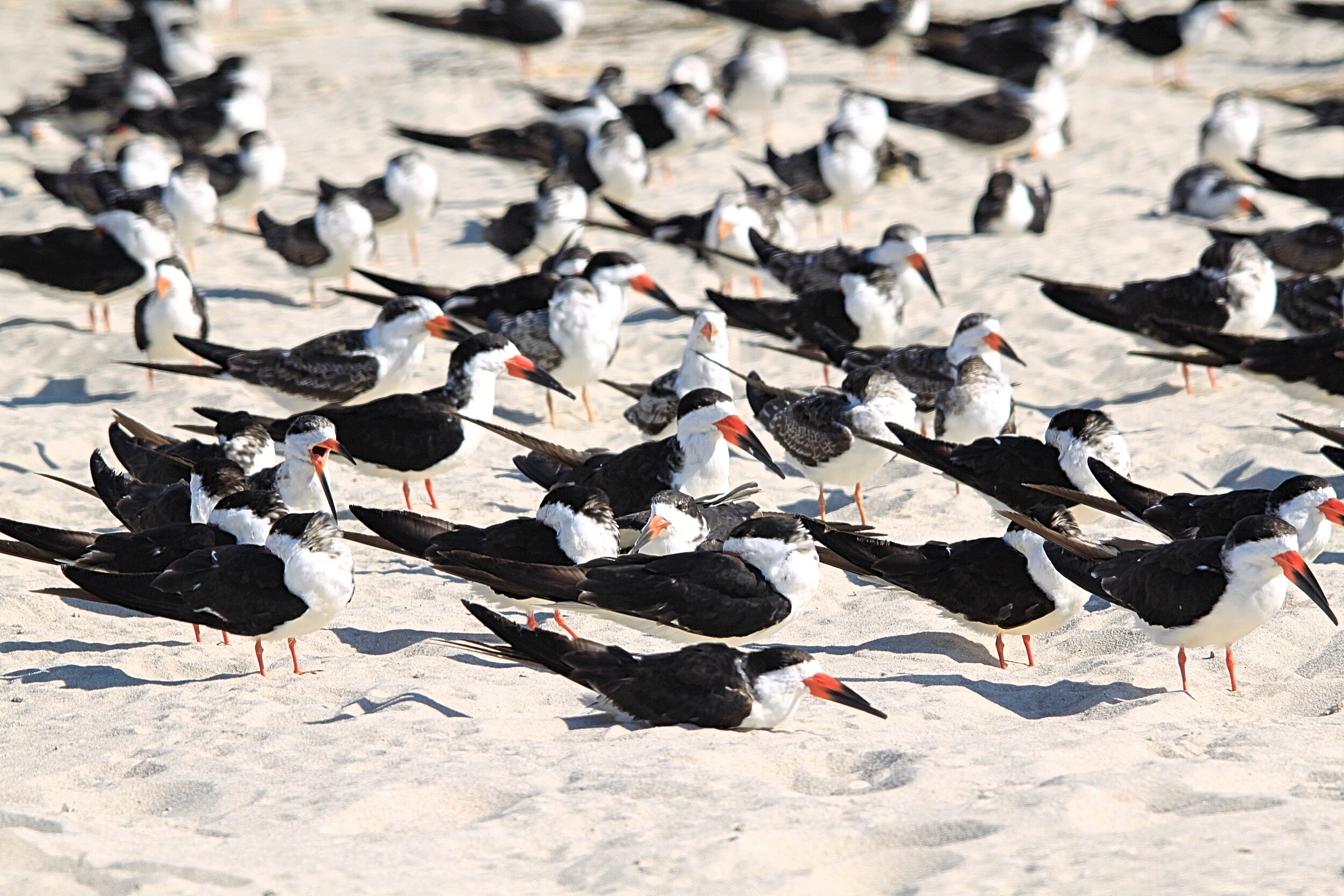
Rynchops niger

Gadus morhua
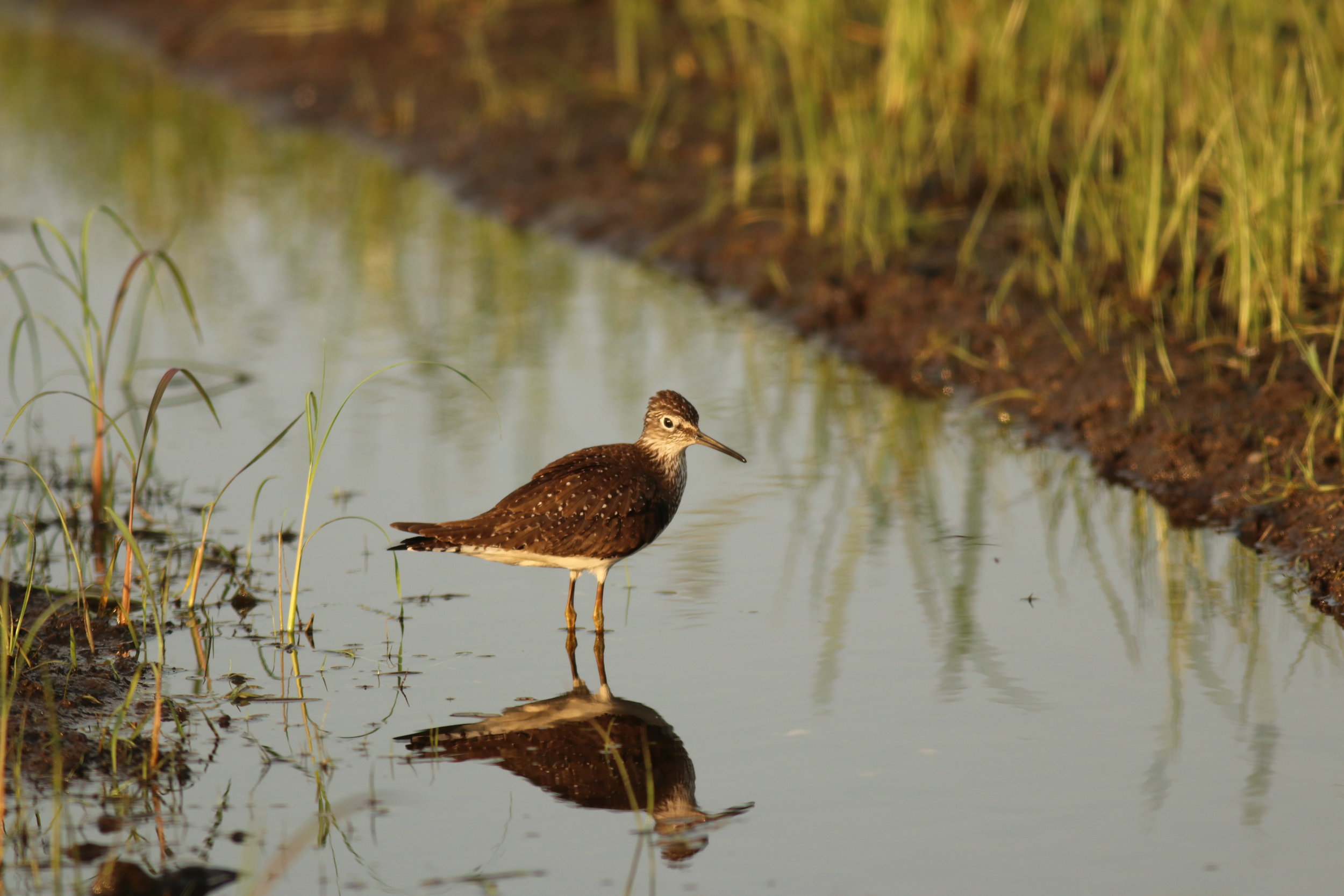
Tringa flavipes
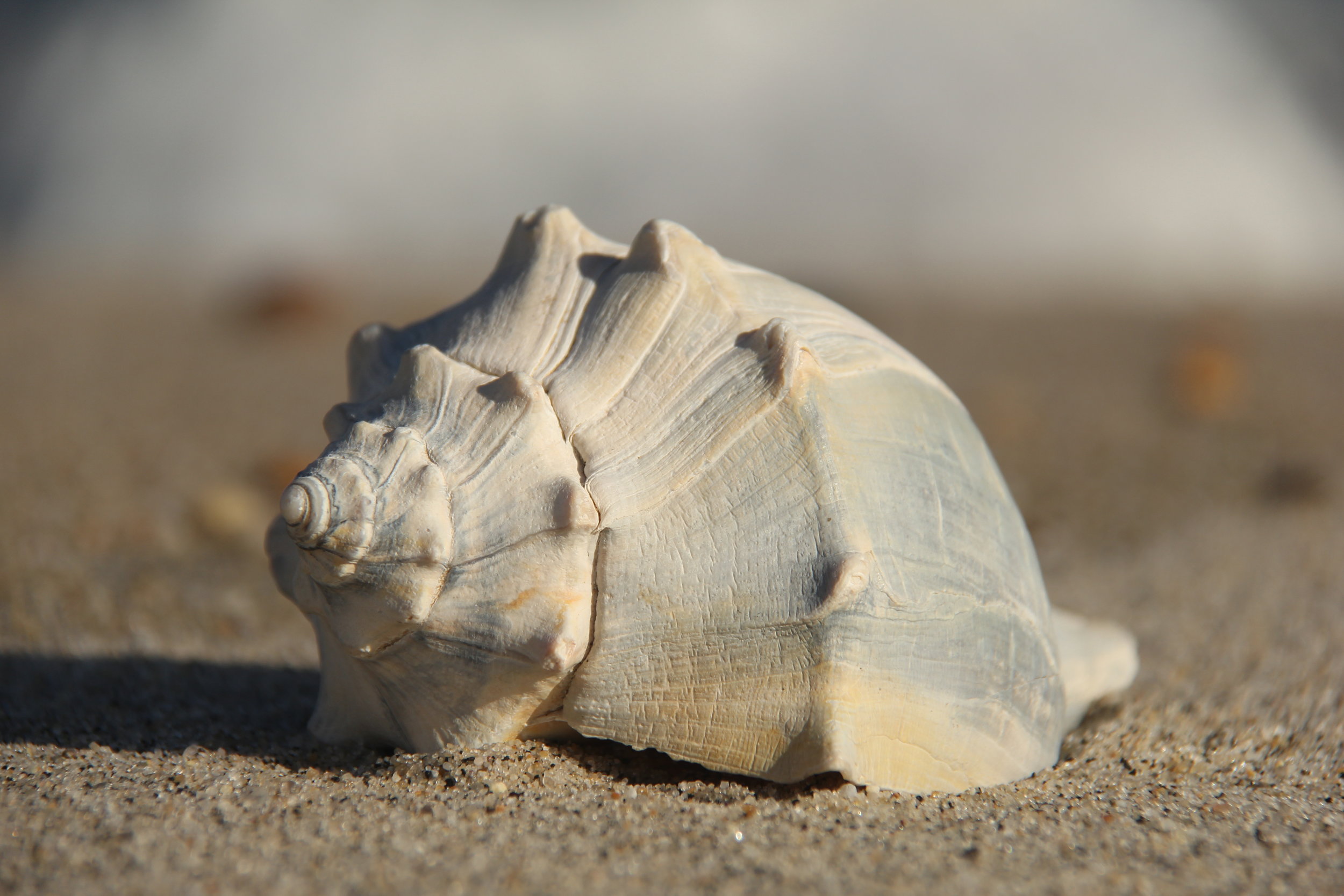
Busycon carica
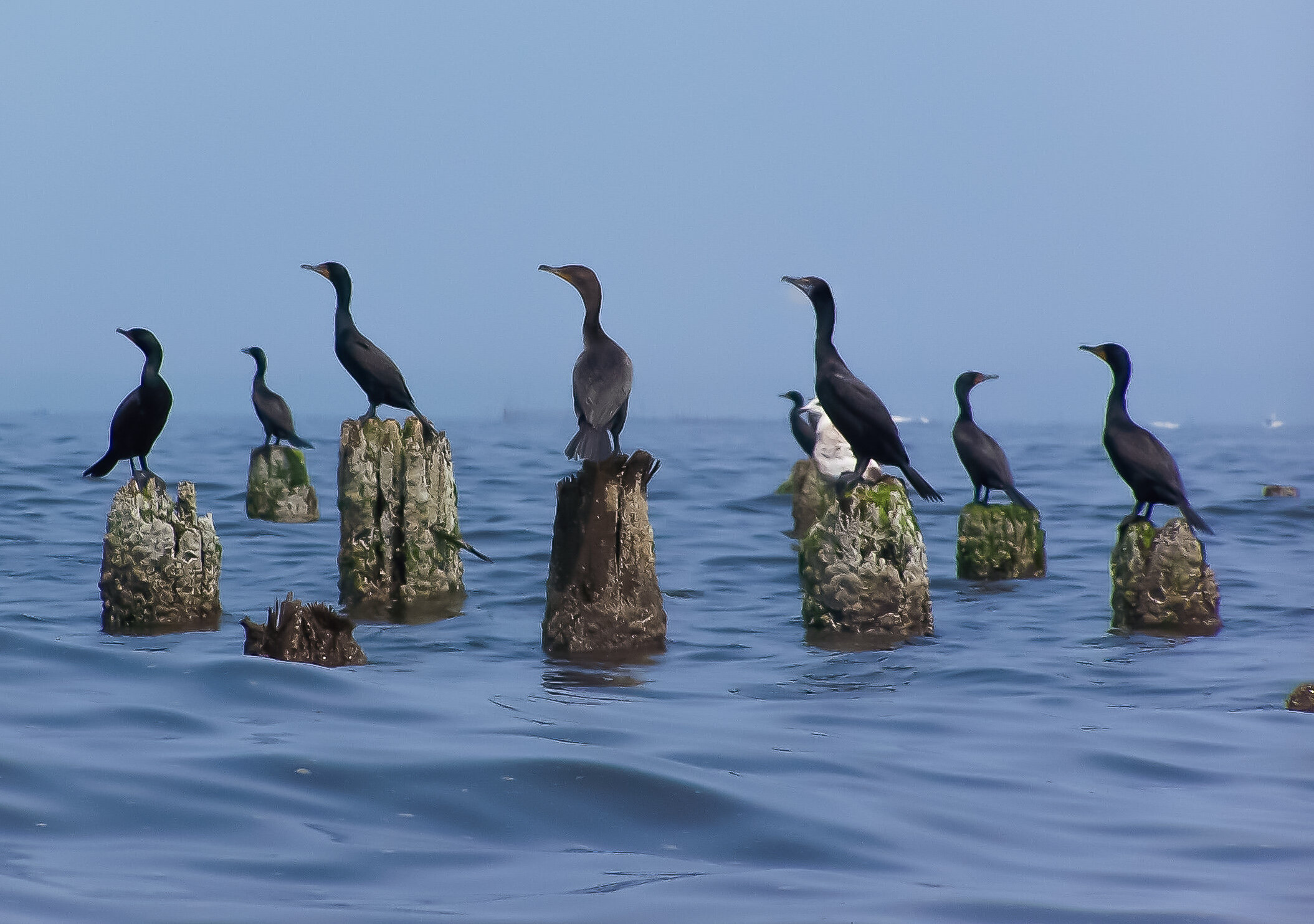
Phalacrocorax auritus
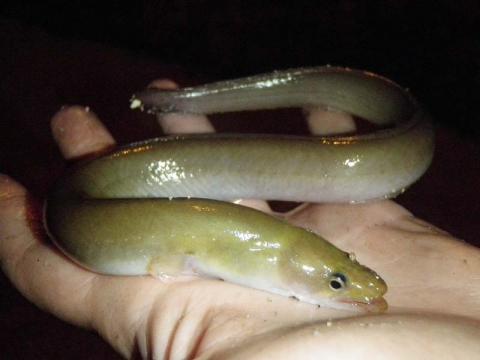
Anguilla rostrata
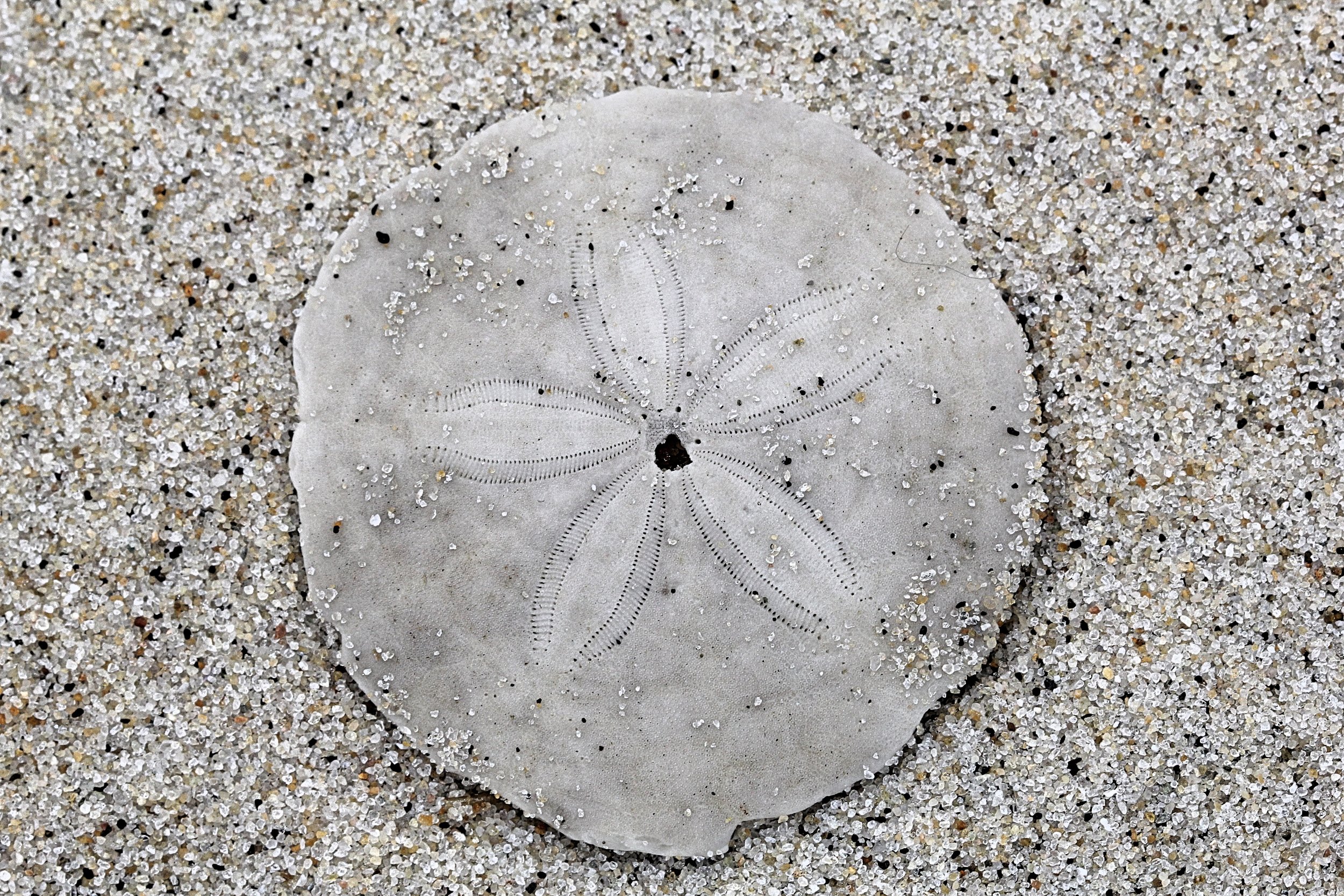
Echinarachnius parma
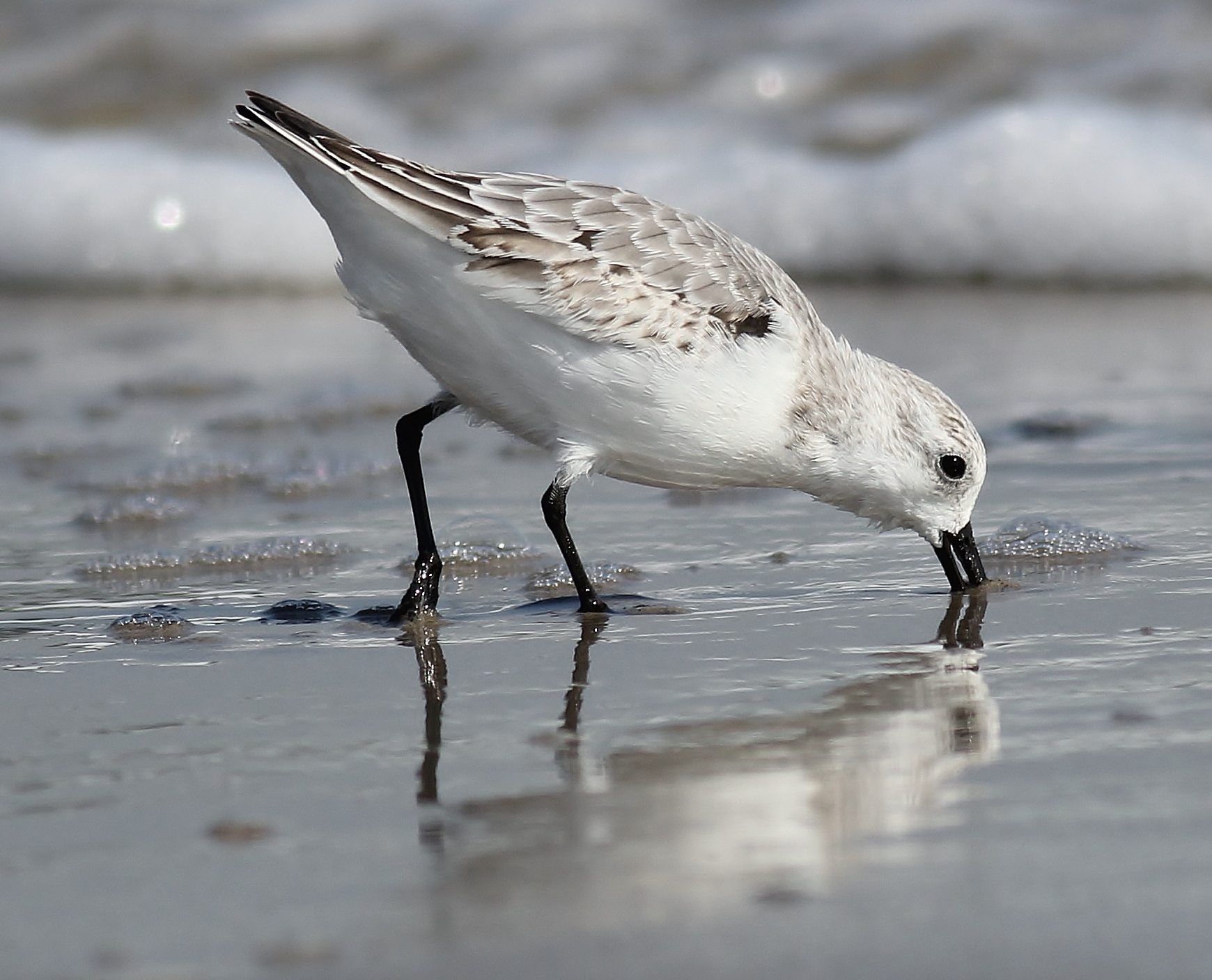
Calidris alba
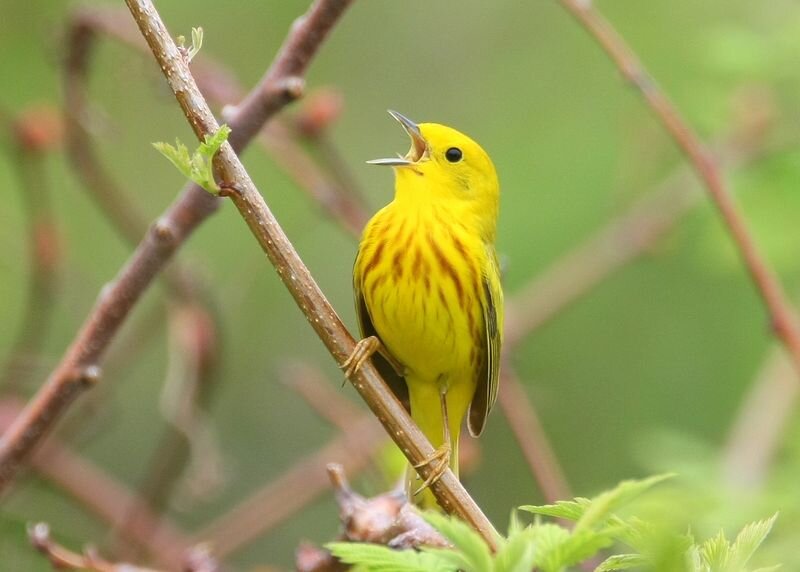
Setophaga petechia
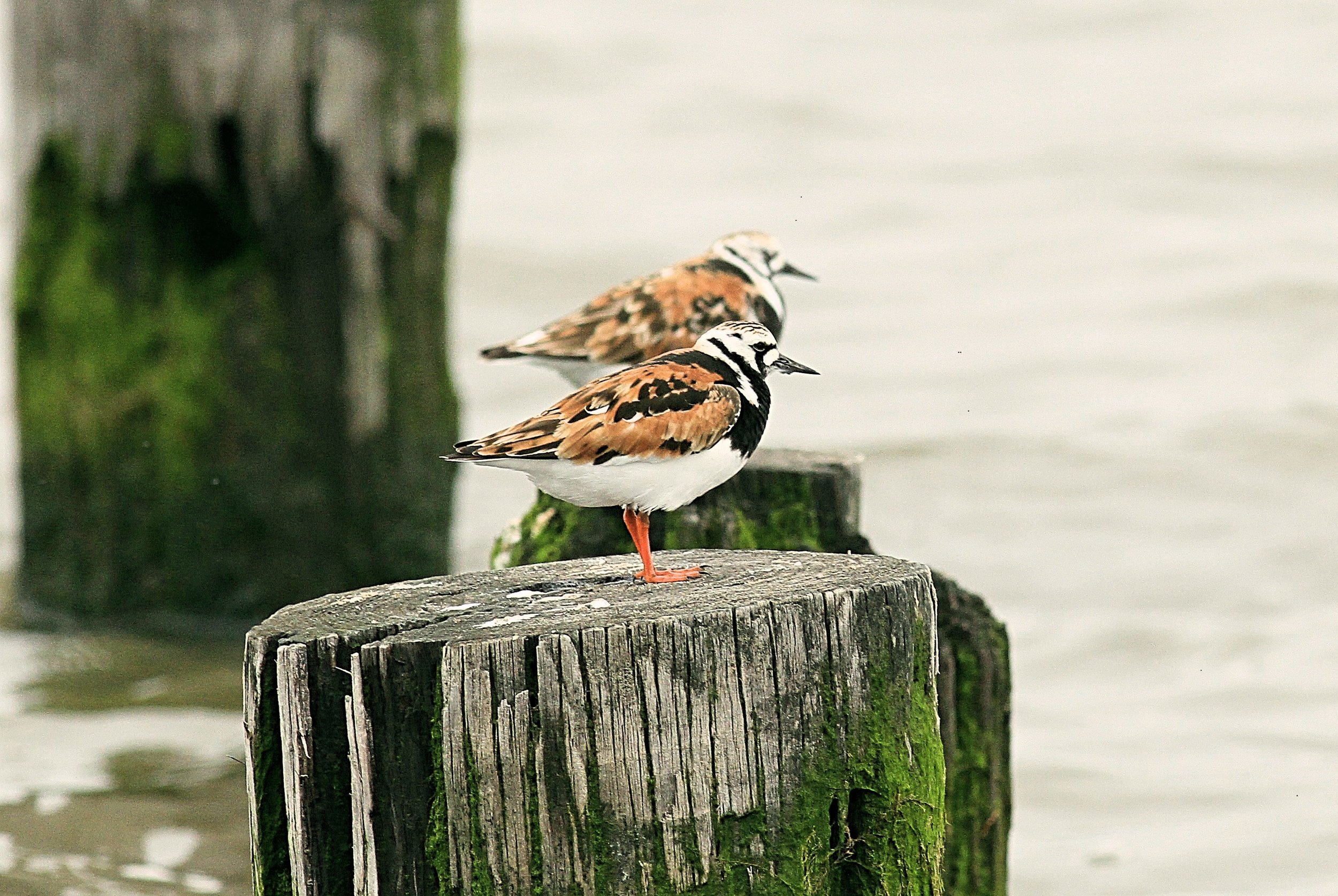
Arenaria interpres
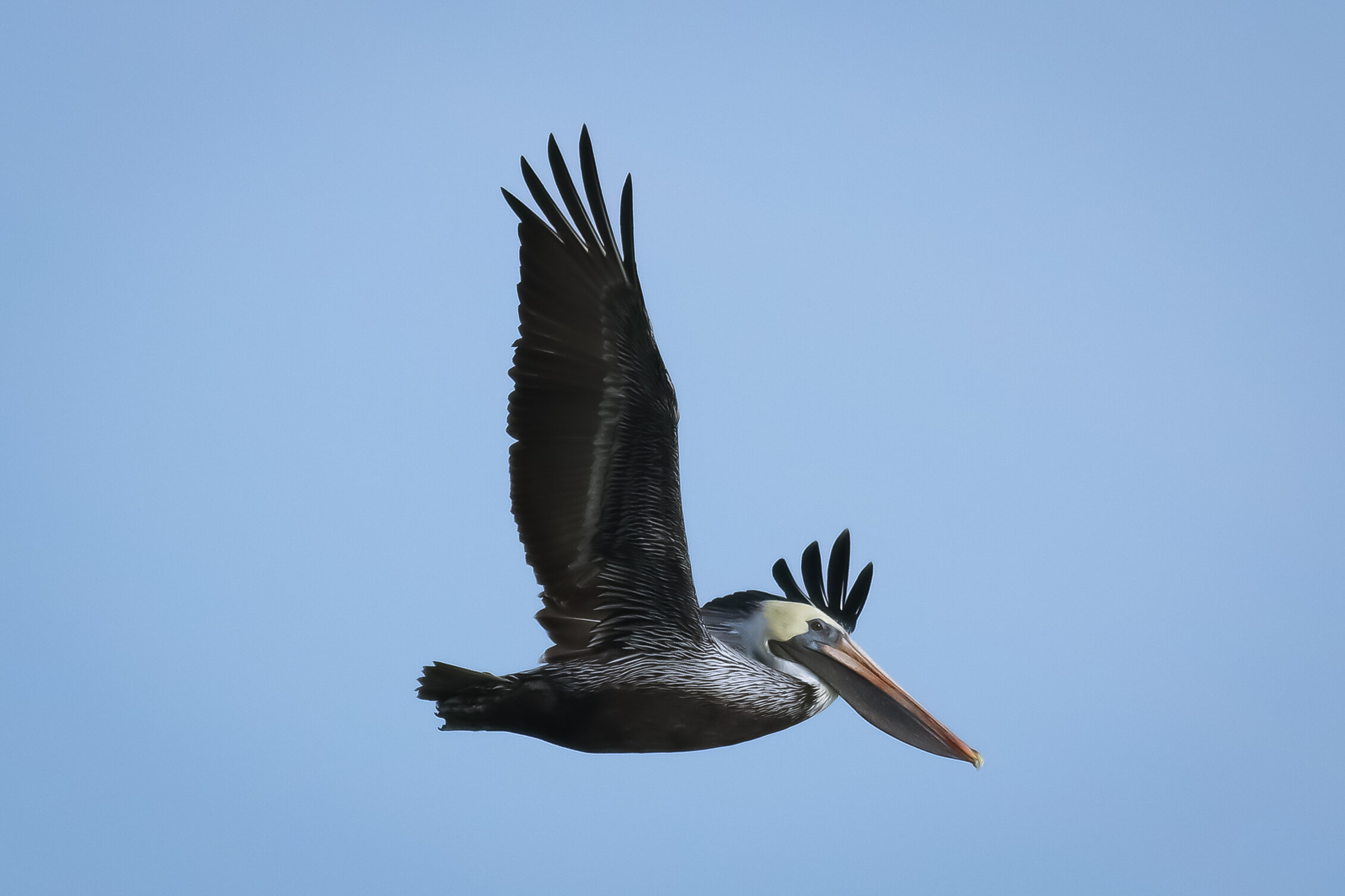
Pelecanus occidentalis
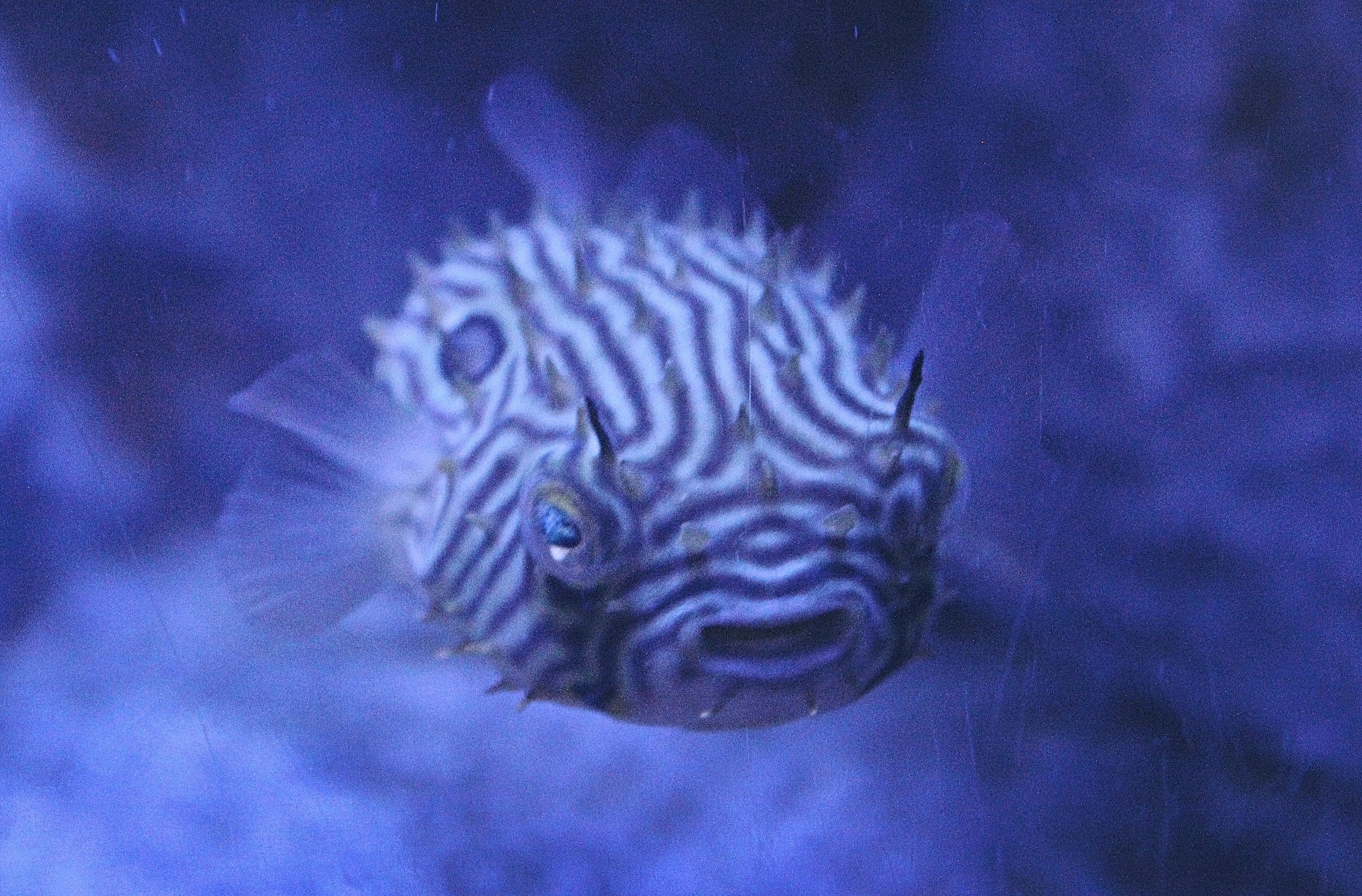
Chilomycterus schoepfi
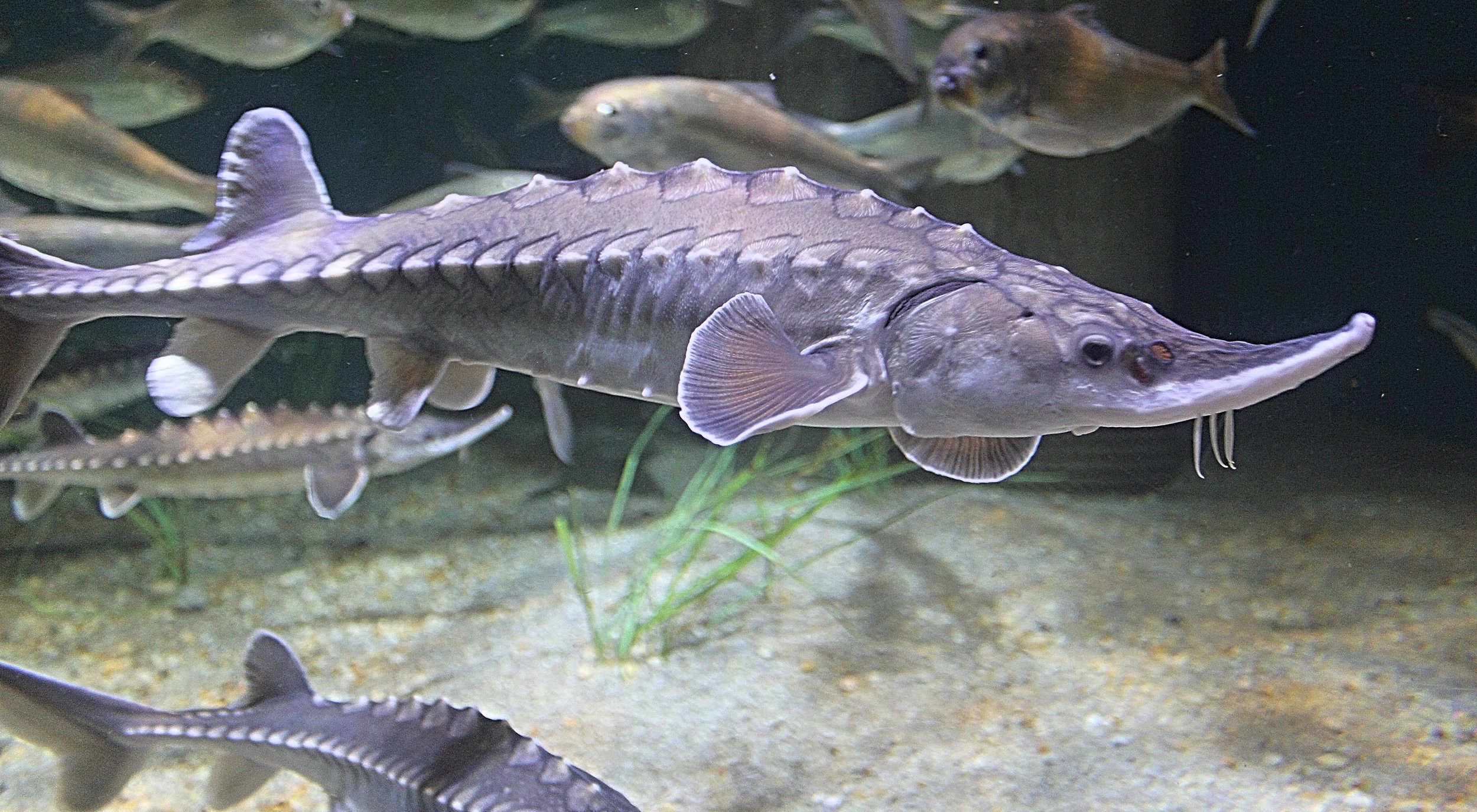
Acipenser oxyrhynchus oxyrhynchus
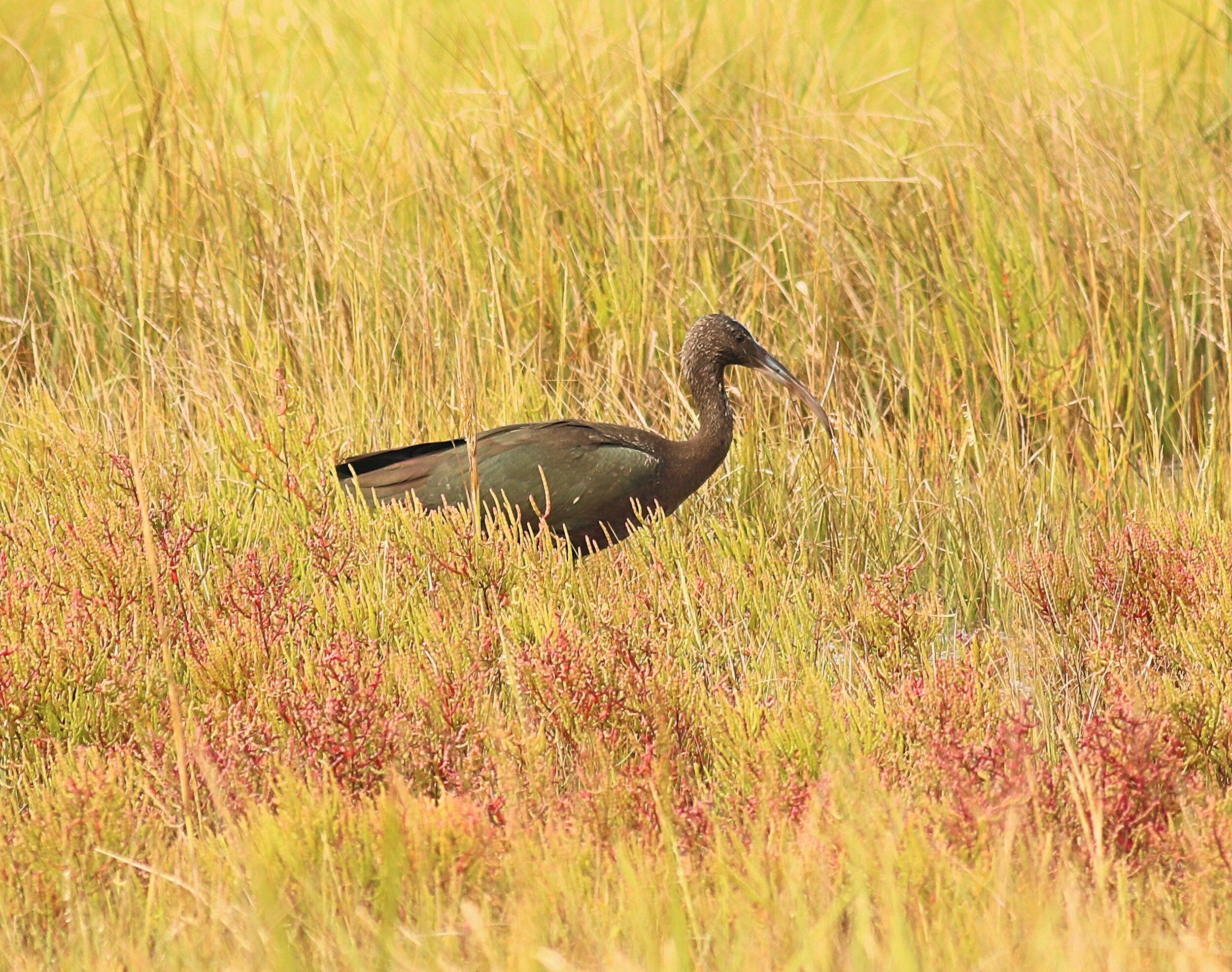
Plegadis falcinellus

Egretta tricolor
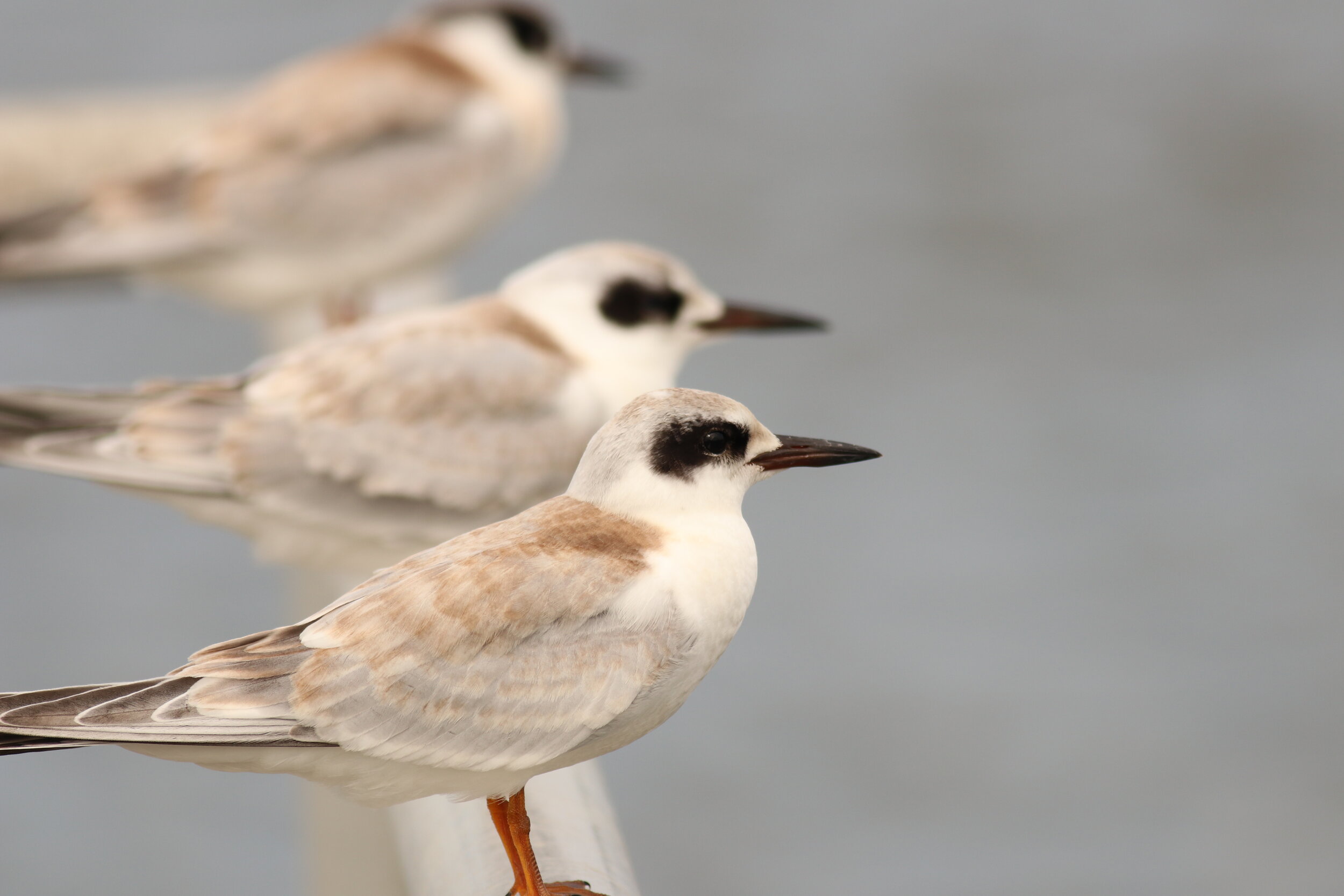
Sterna forsteri
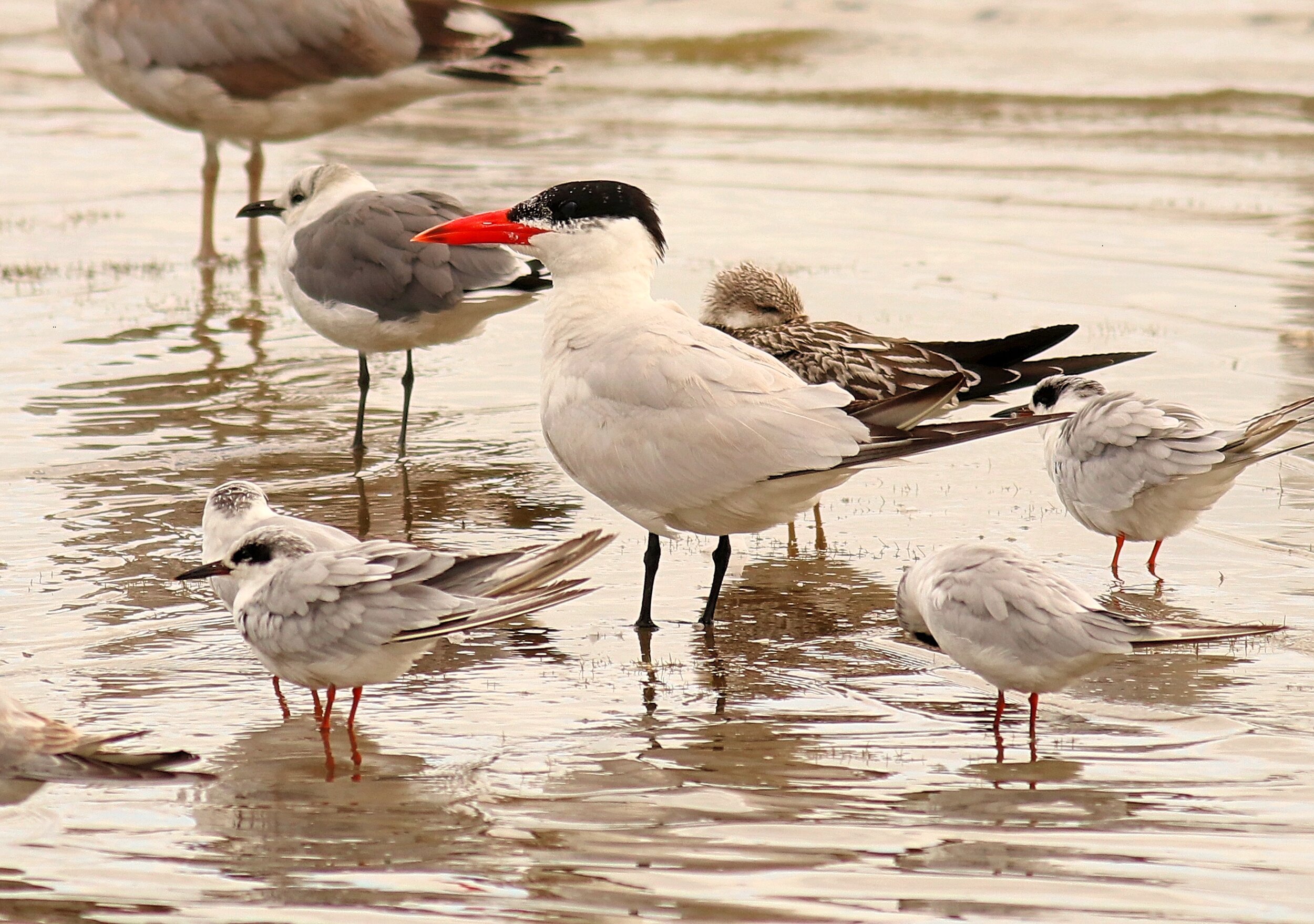
Hydroprogne caspia
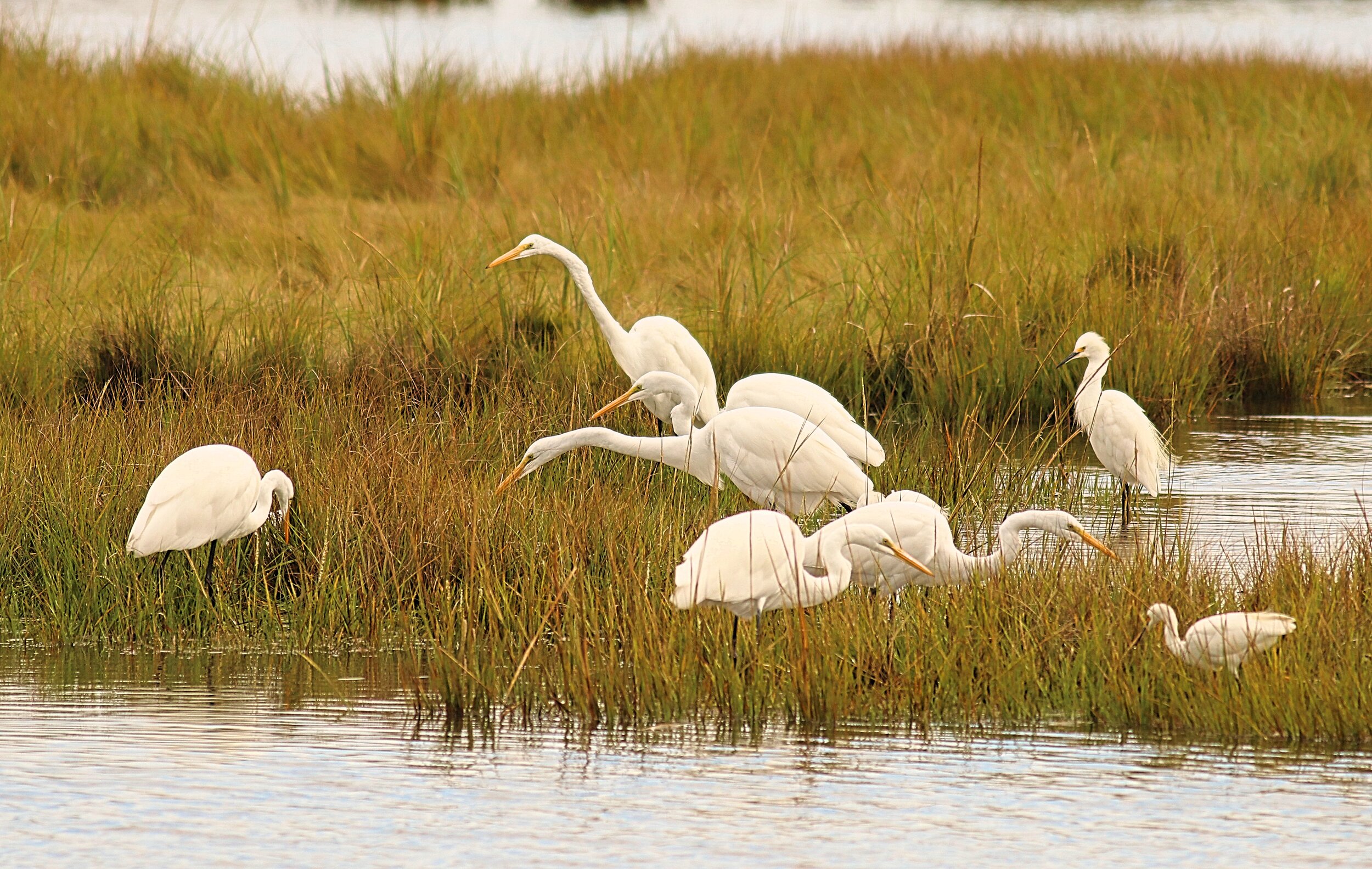
Ardea alba & Egretta thula

Amaranthus pumilus
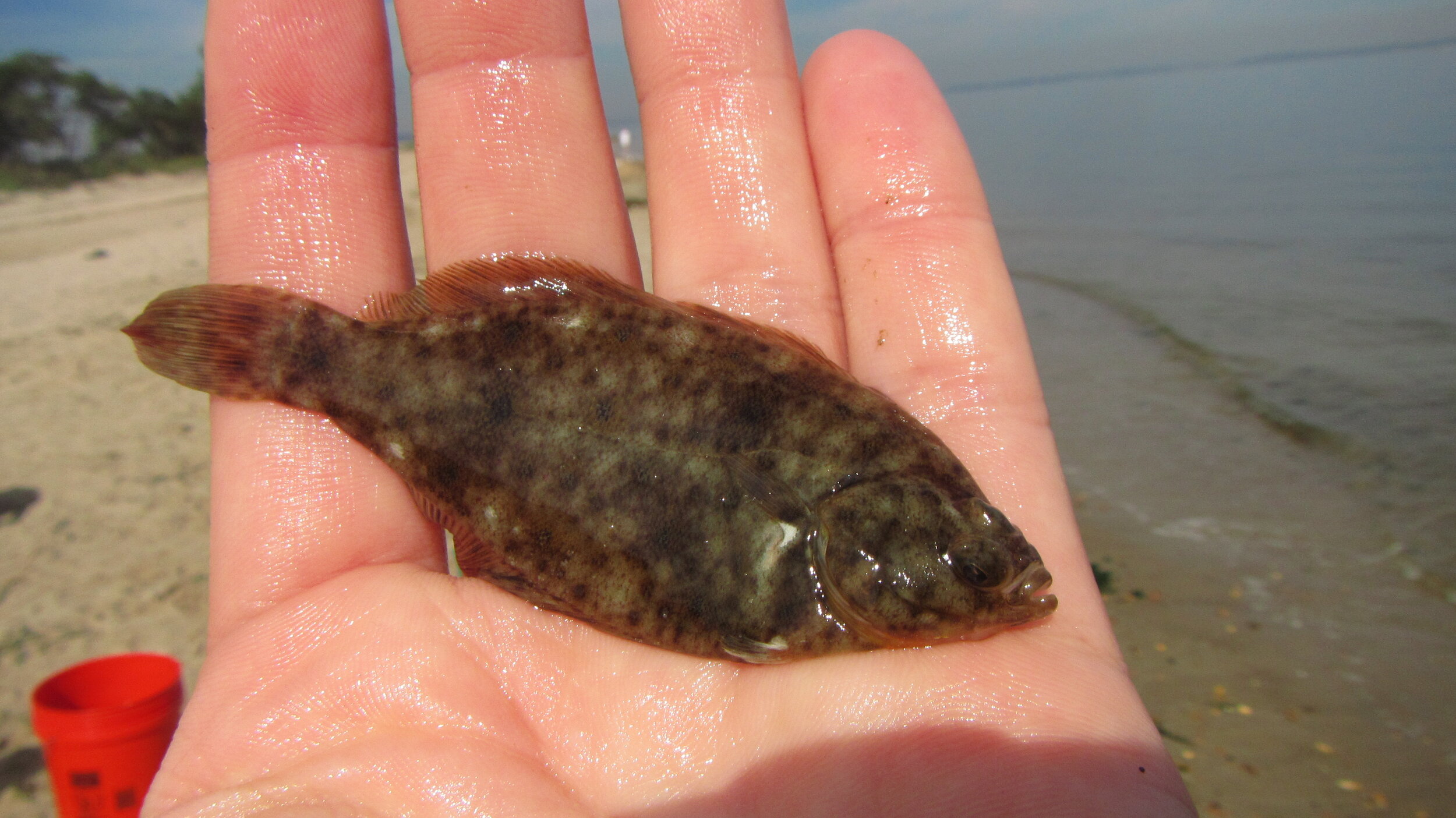
Pseudopleuronectes americanus

Solidago sempervirens
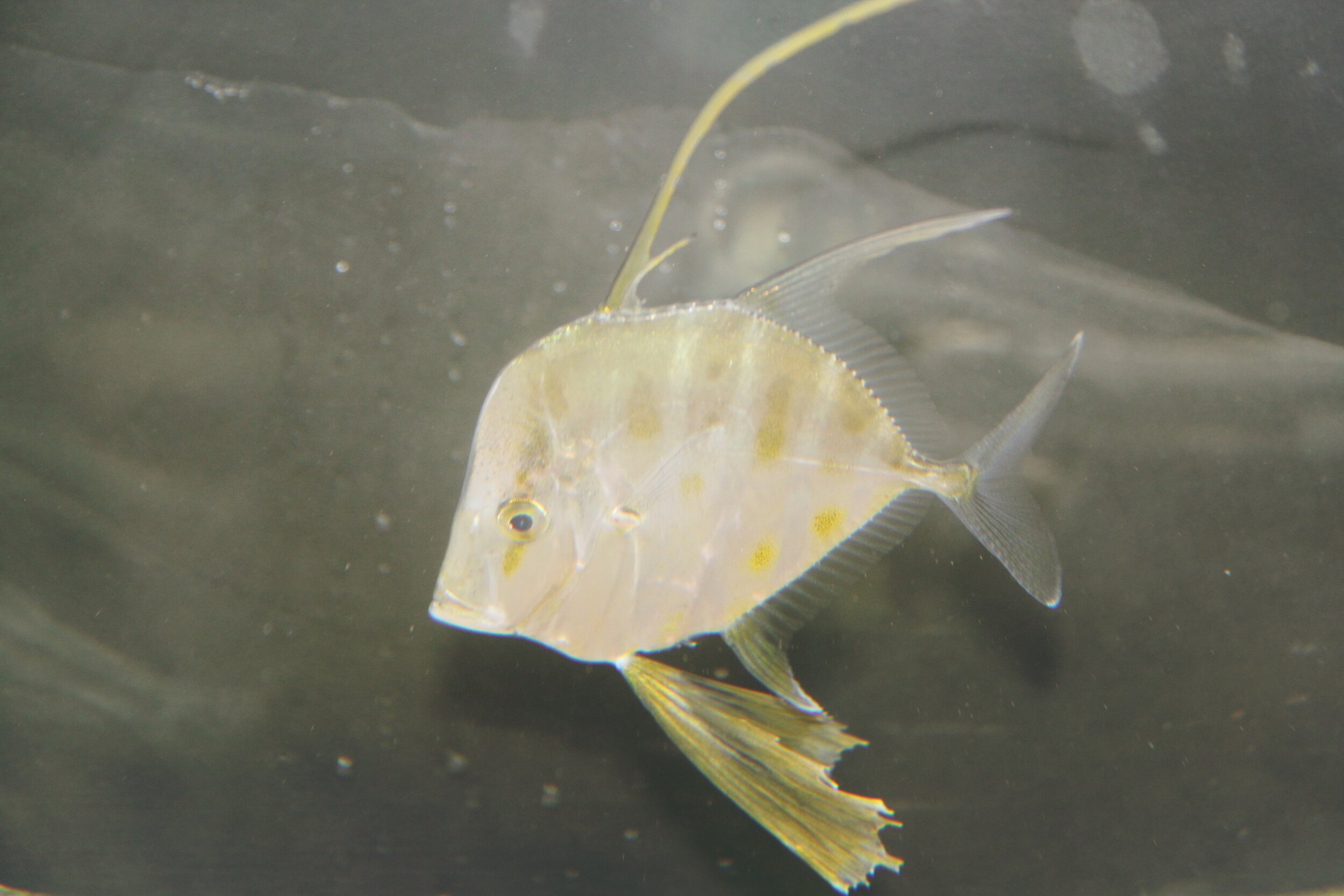
Selene vomer
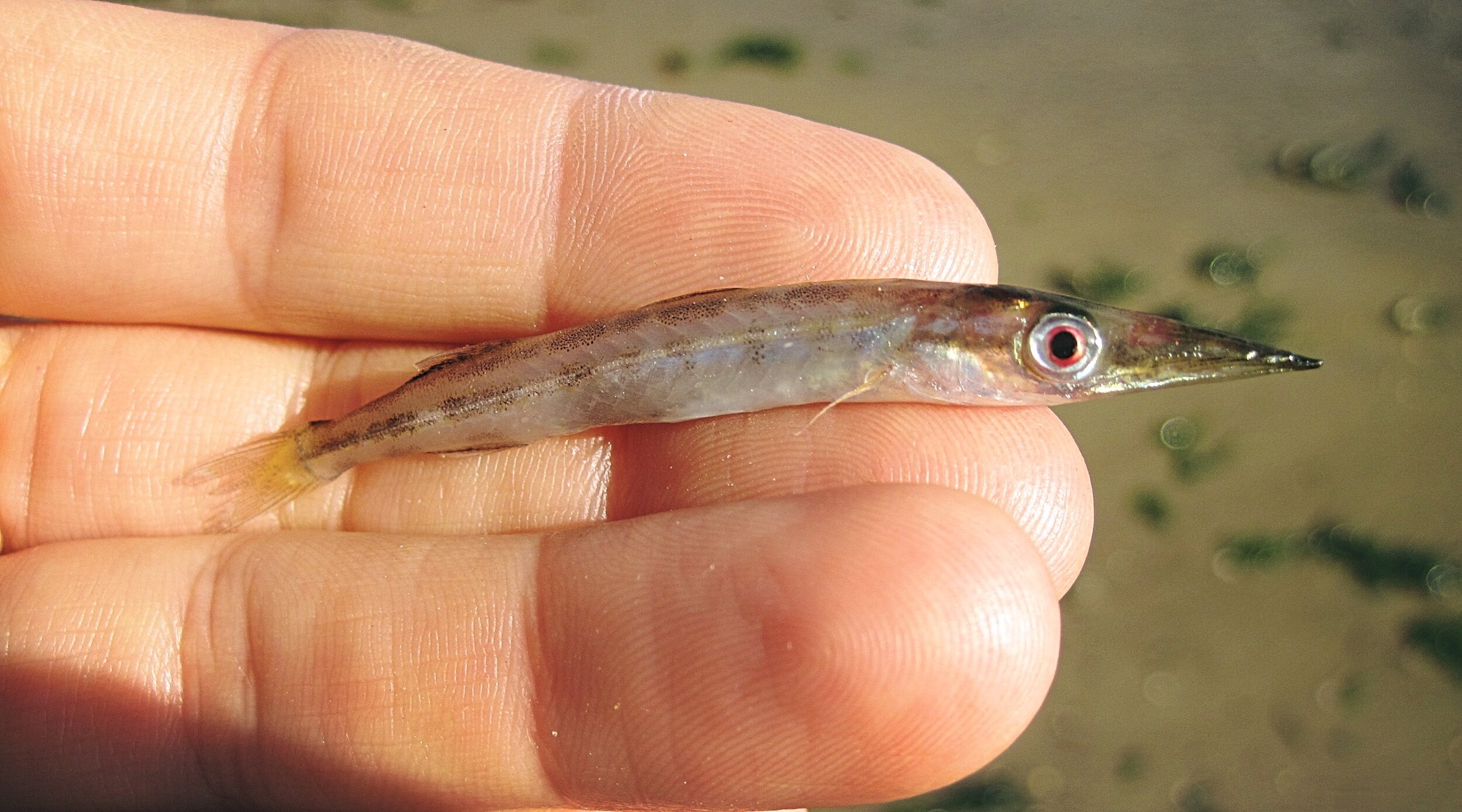
Sphyraena borealis
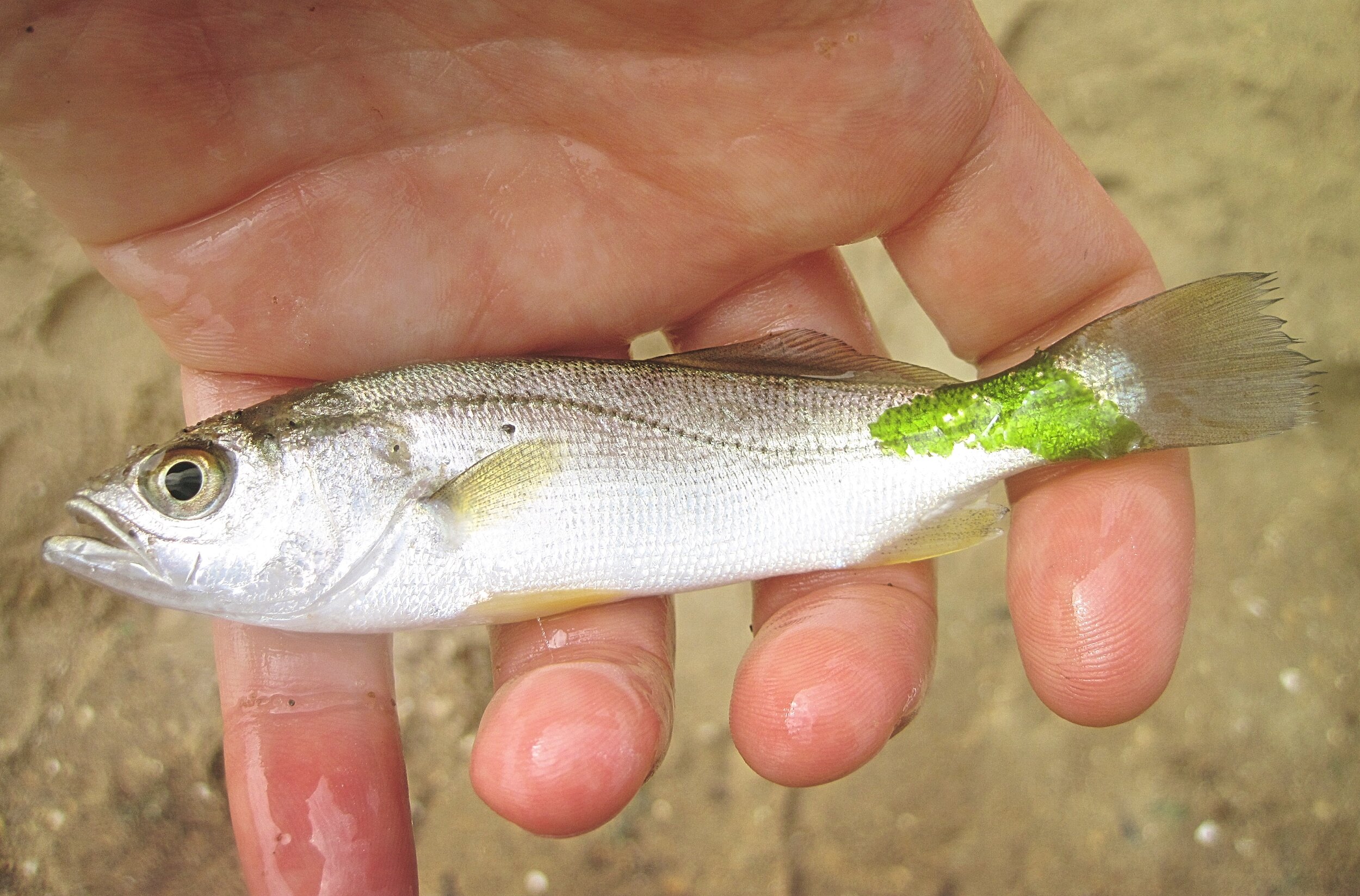
Cynoscion regalis
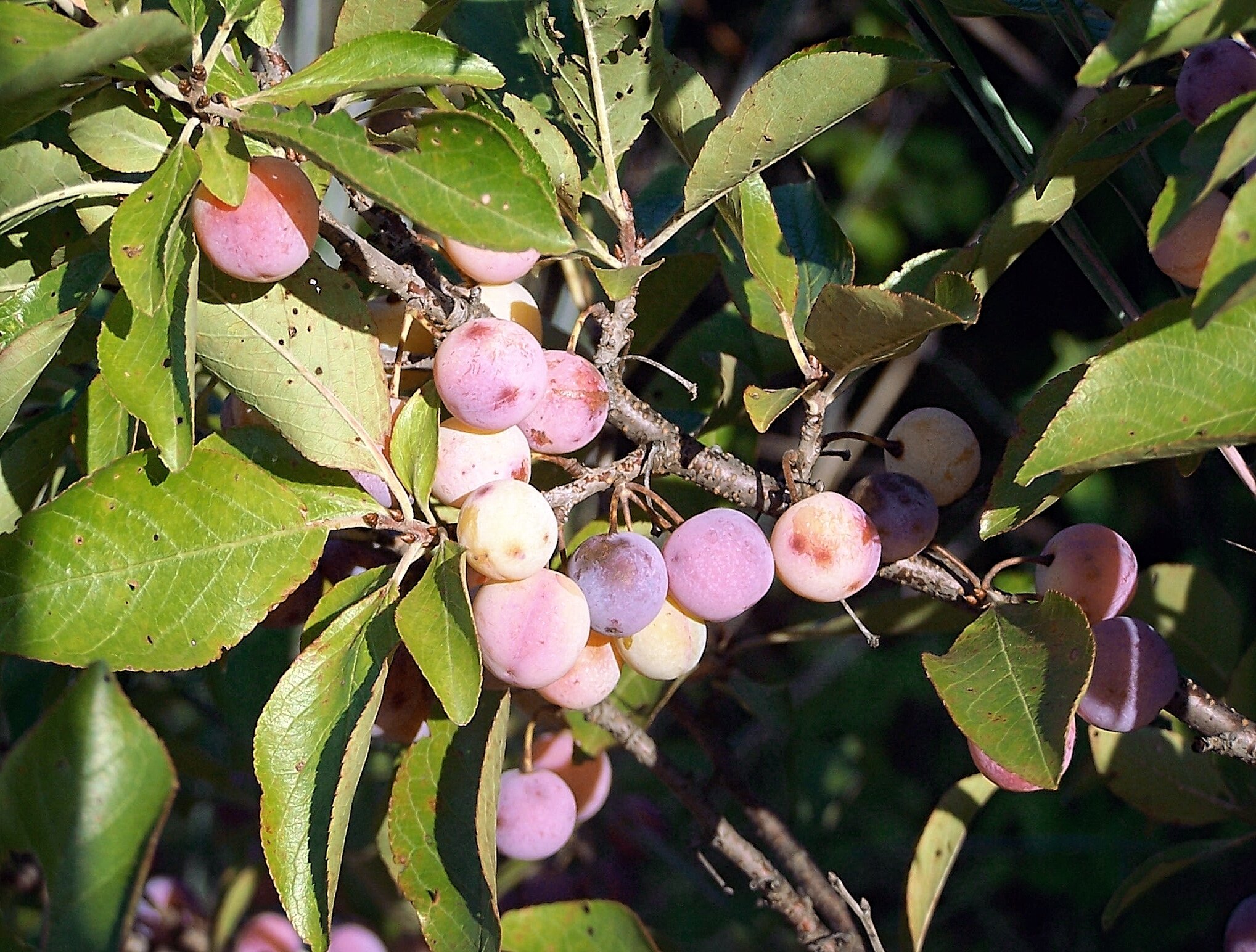
Prunus maritima

Opsanus tau
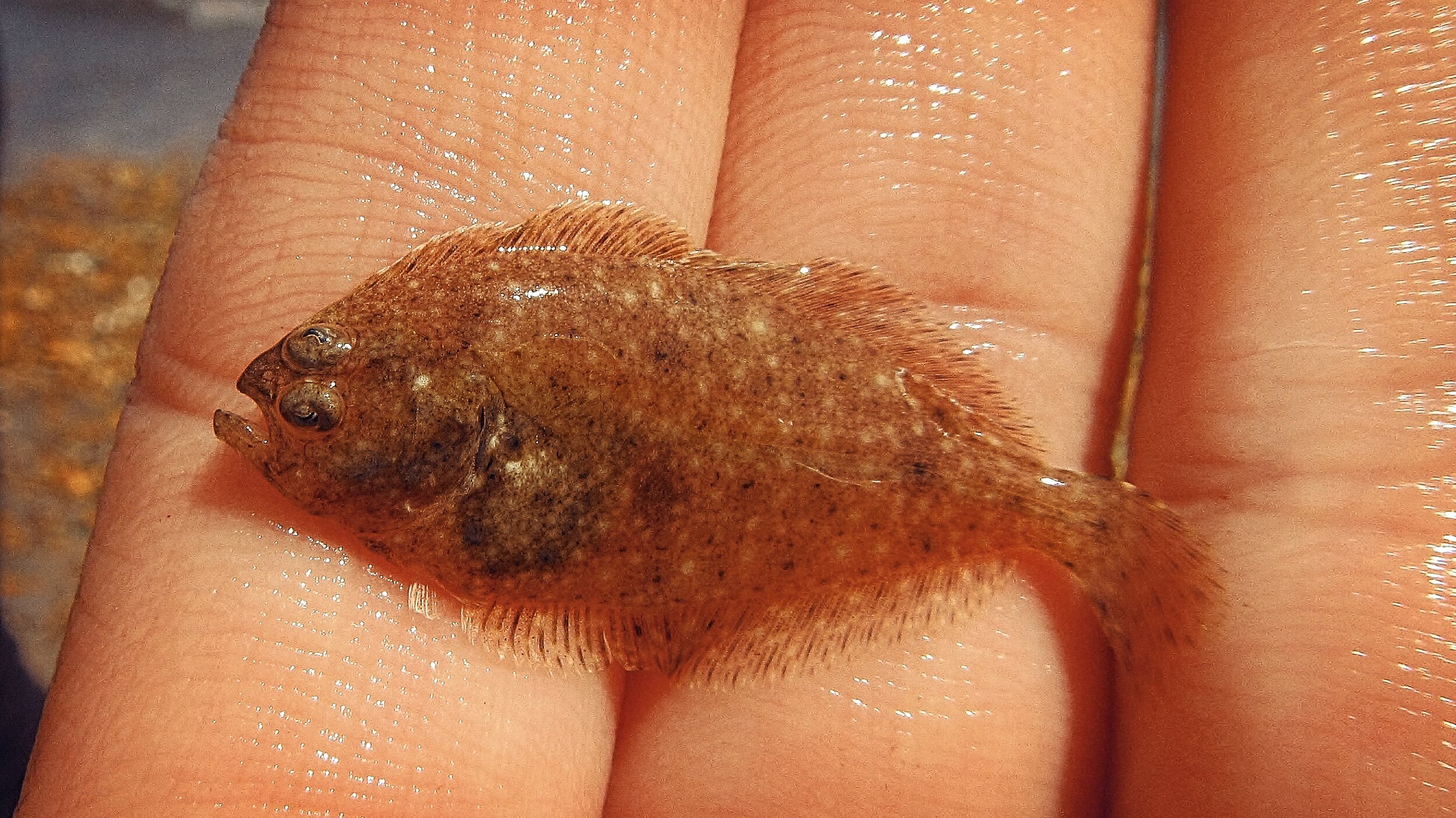
Paralichthys dentatus
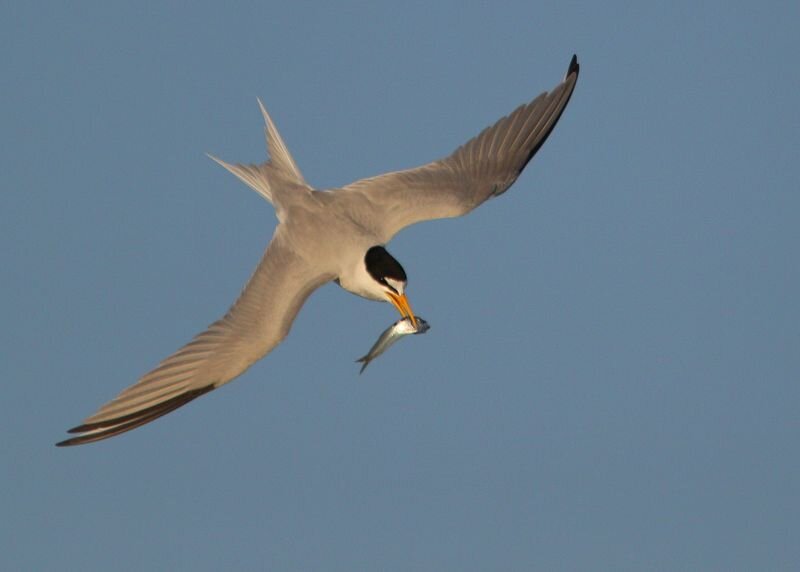
Sternula antillarum
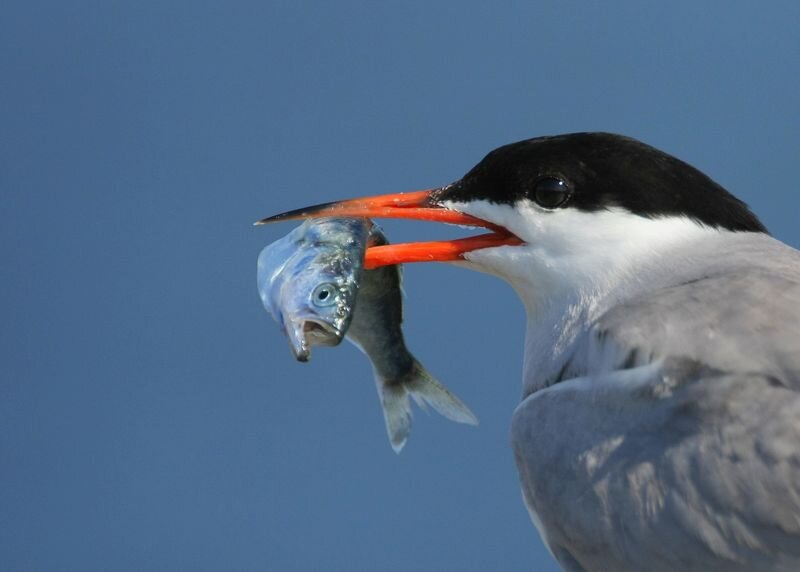
Sterna hirundo
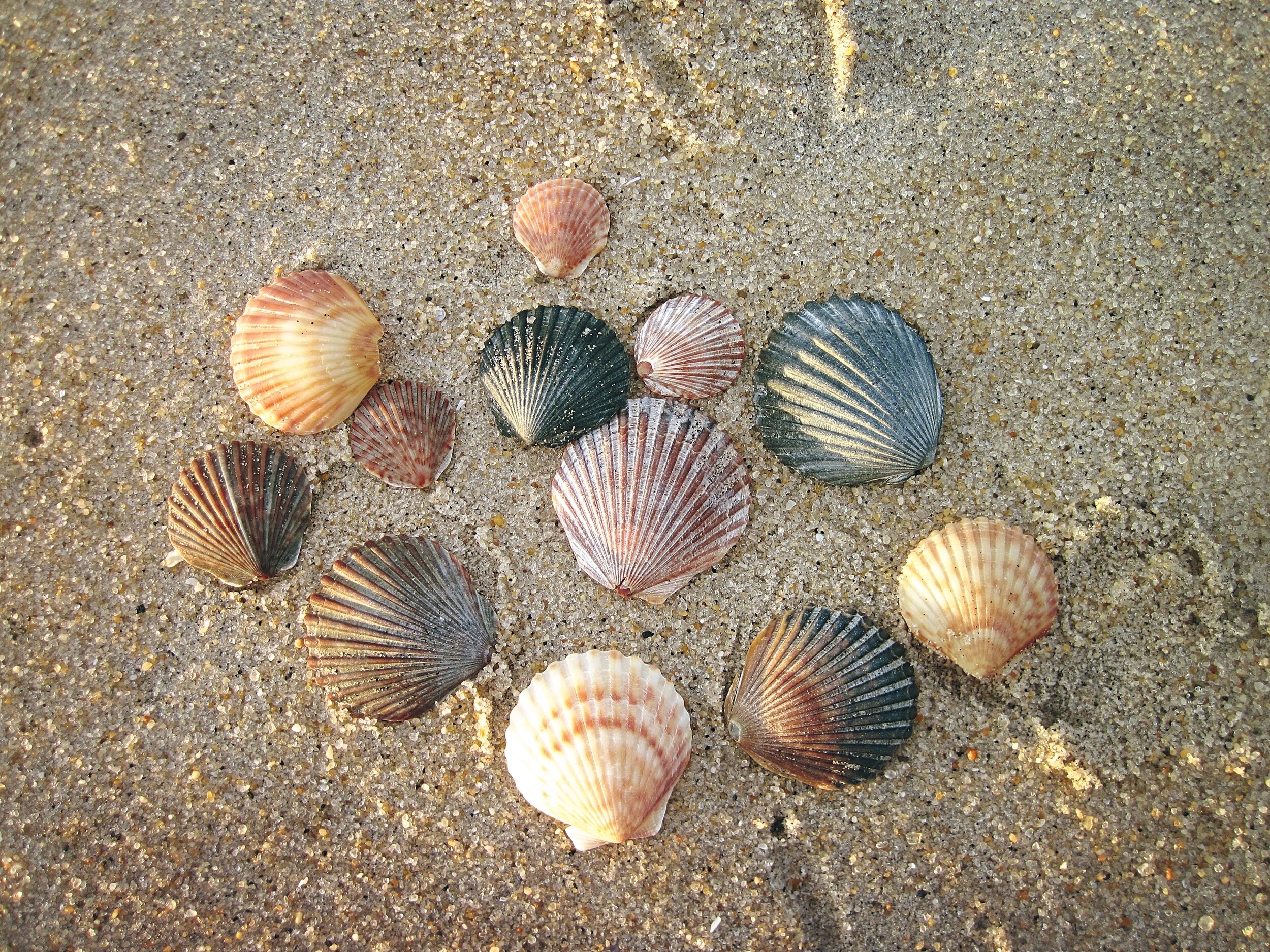
Argopecten irradians
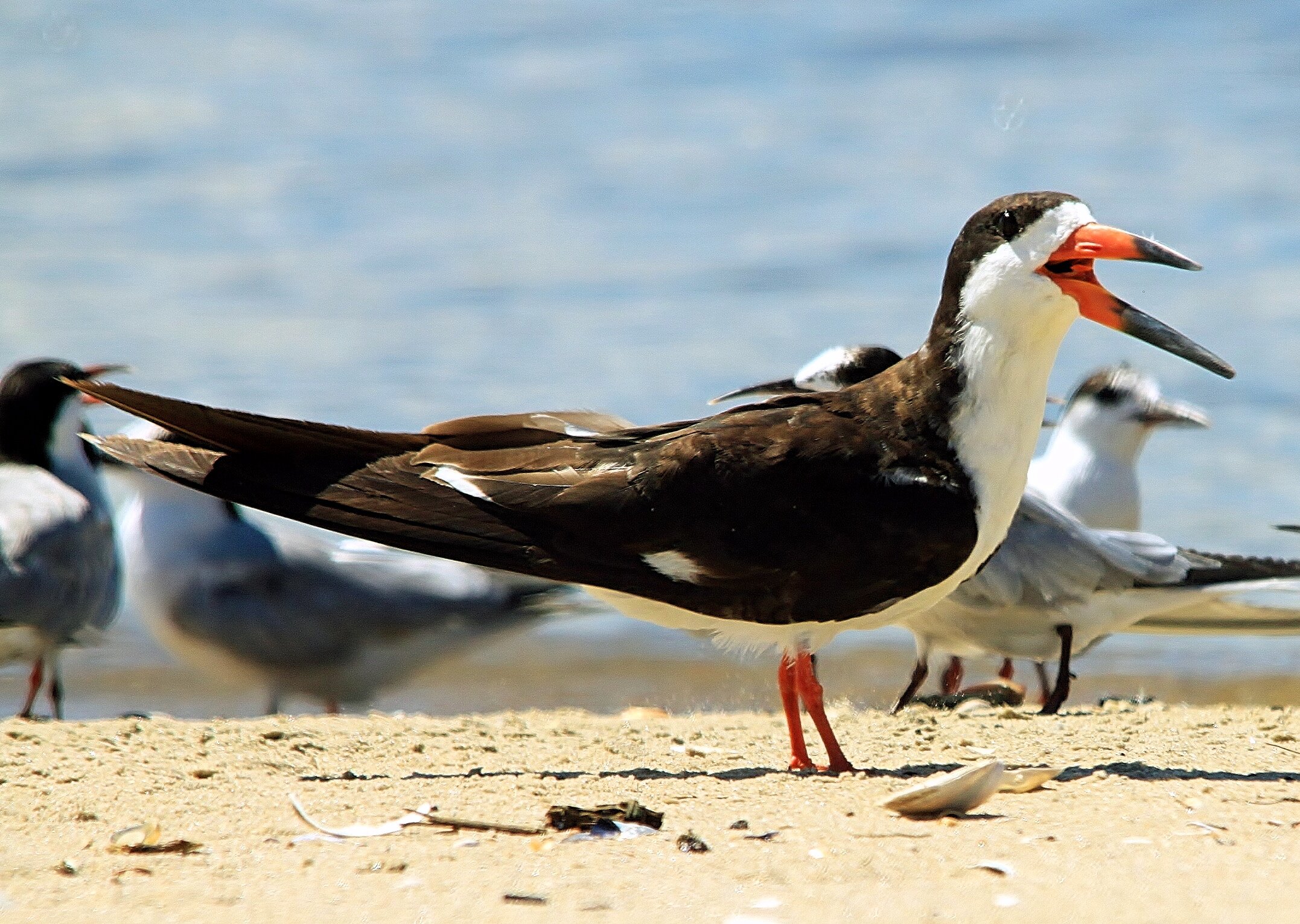
Rynchops niger
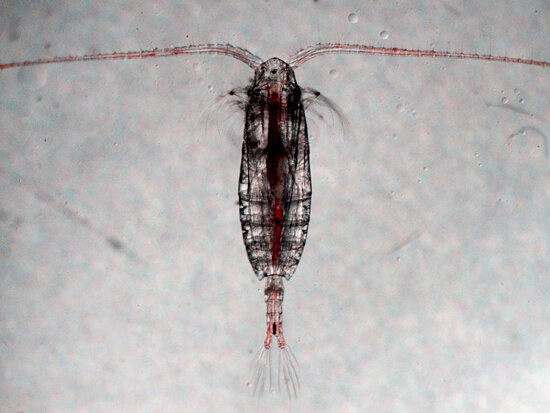
Copepoda
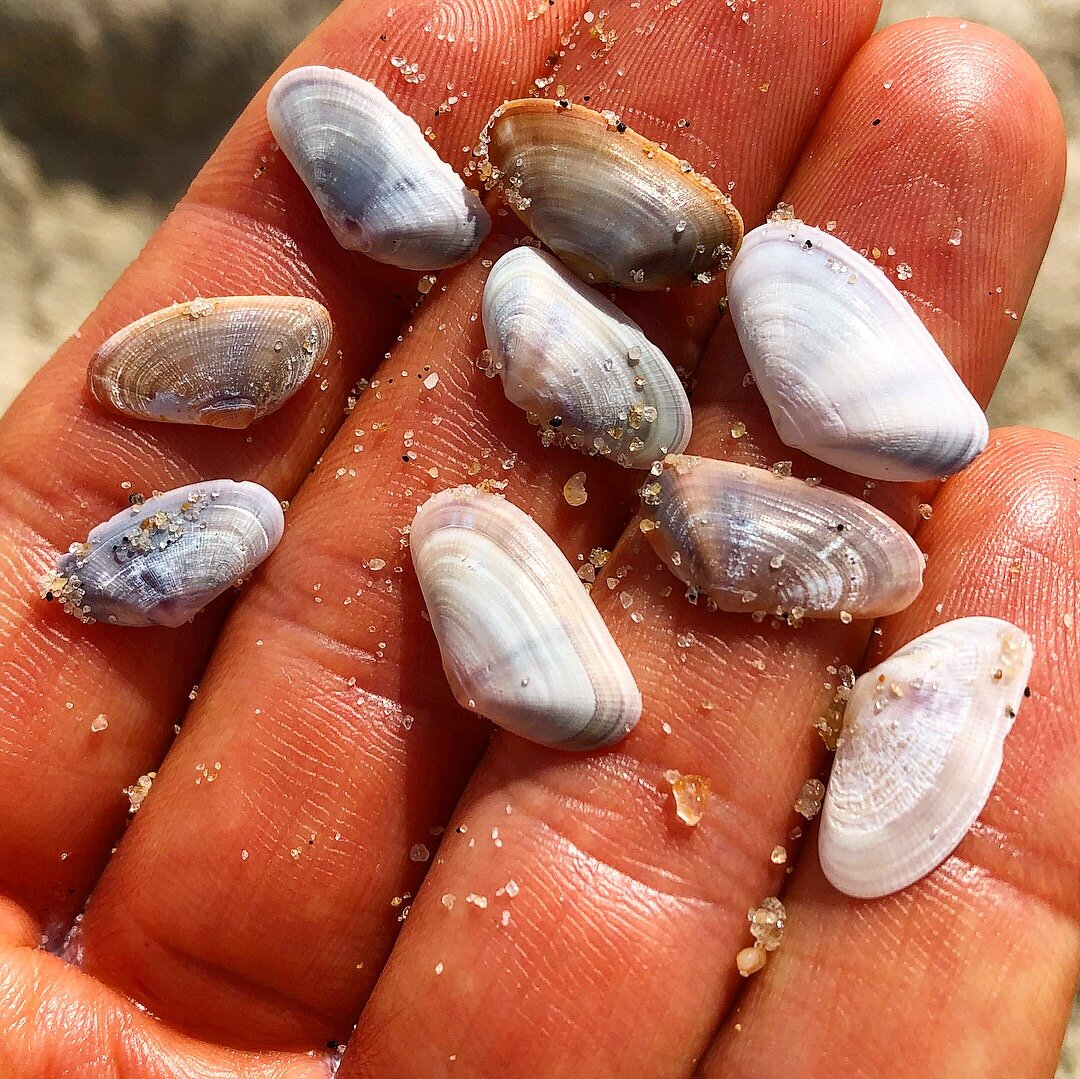
Donax variabilis
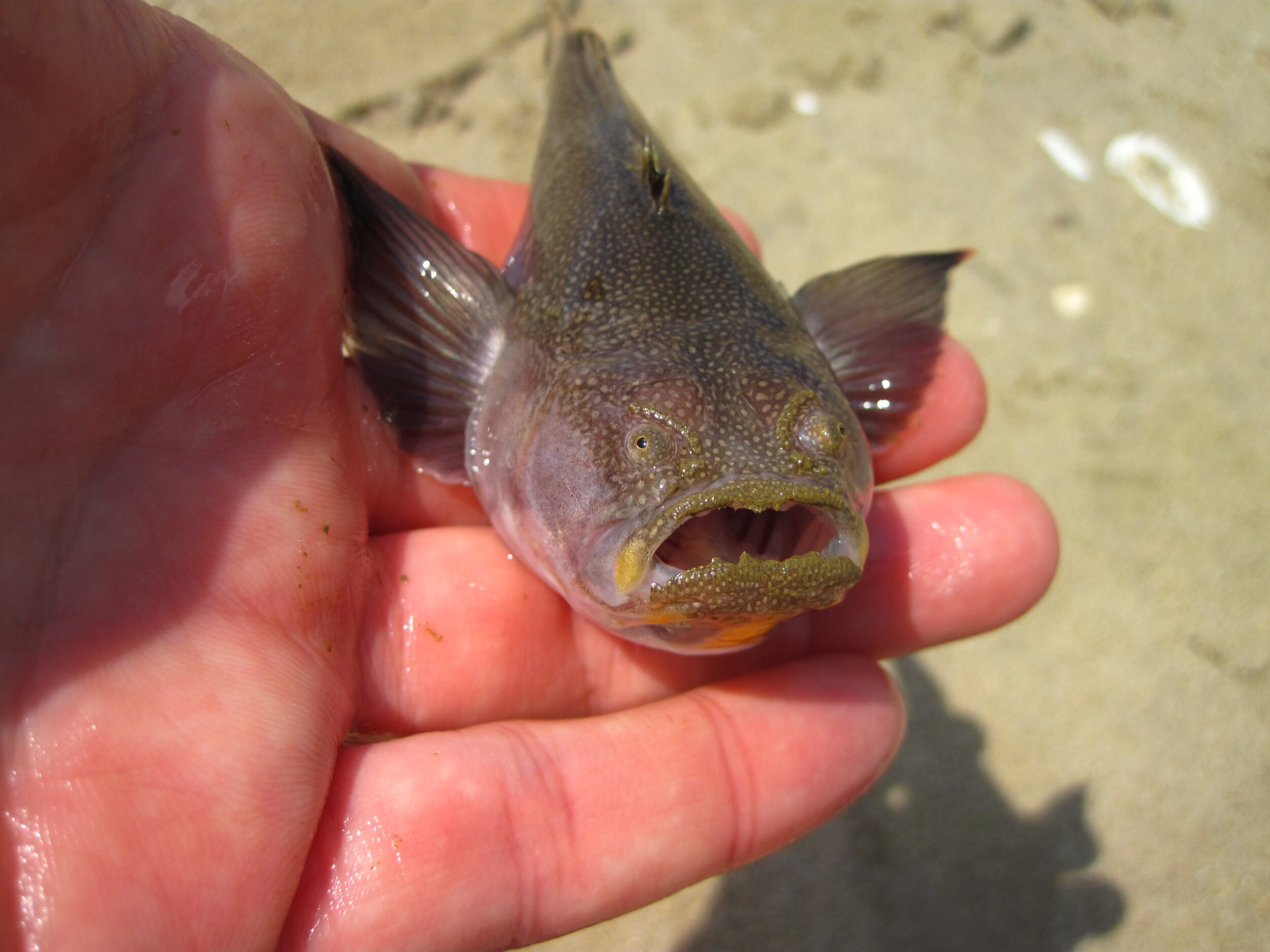
Astroscopus guttatus
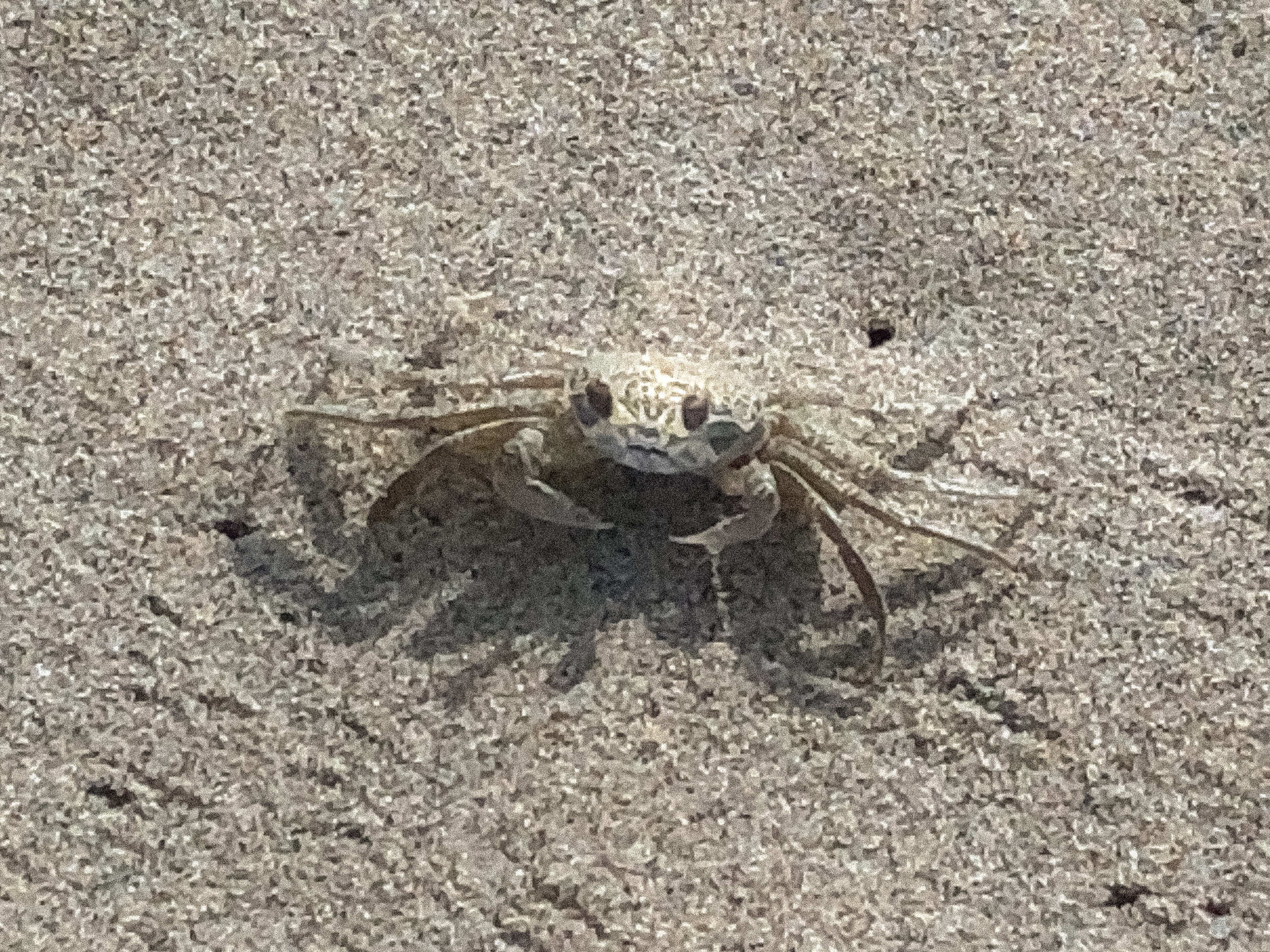
Ocypode quadrata
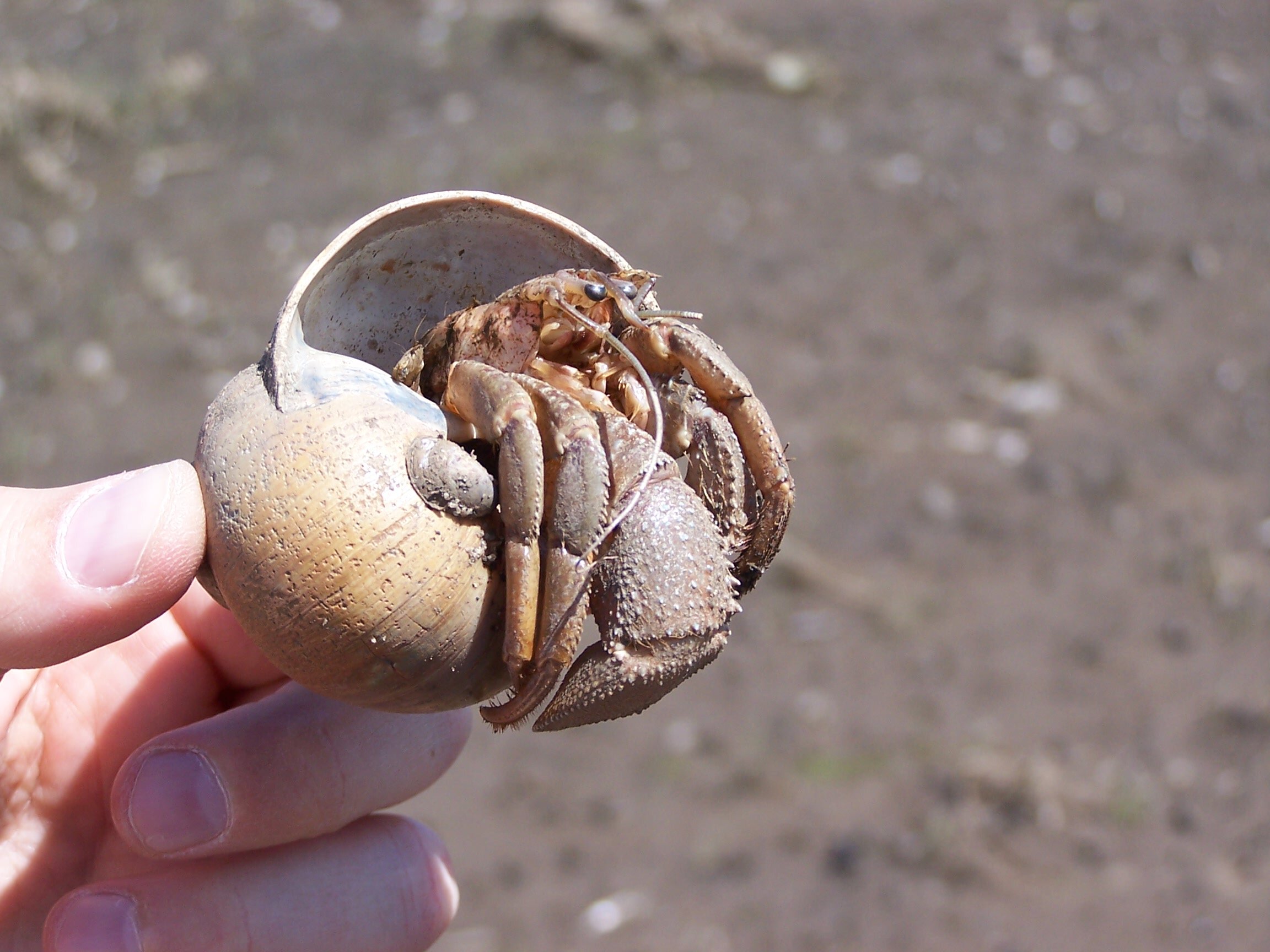
Pagurus longicarpus
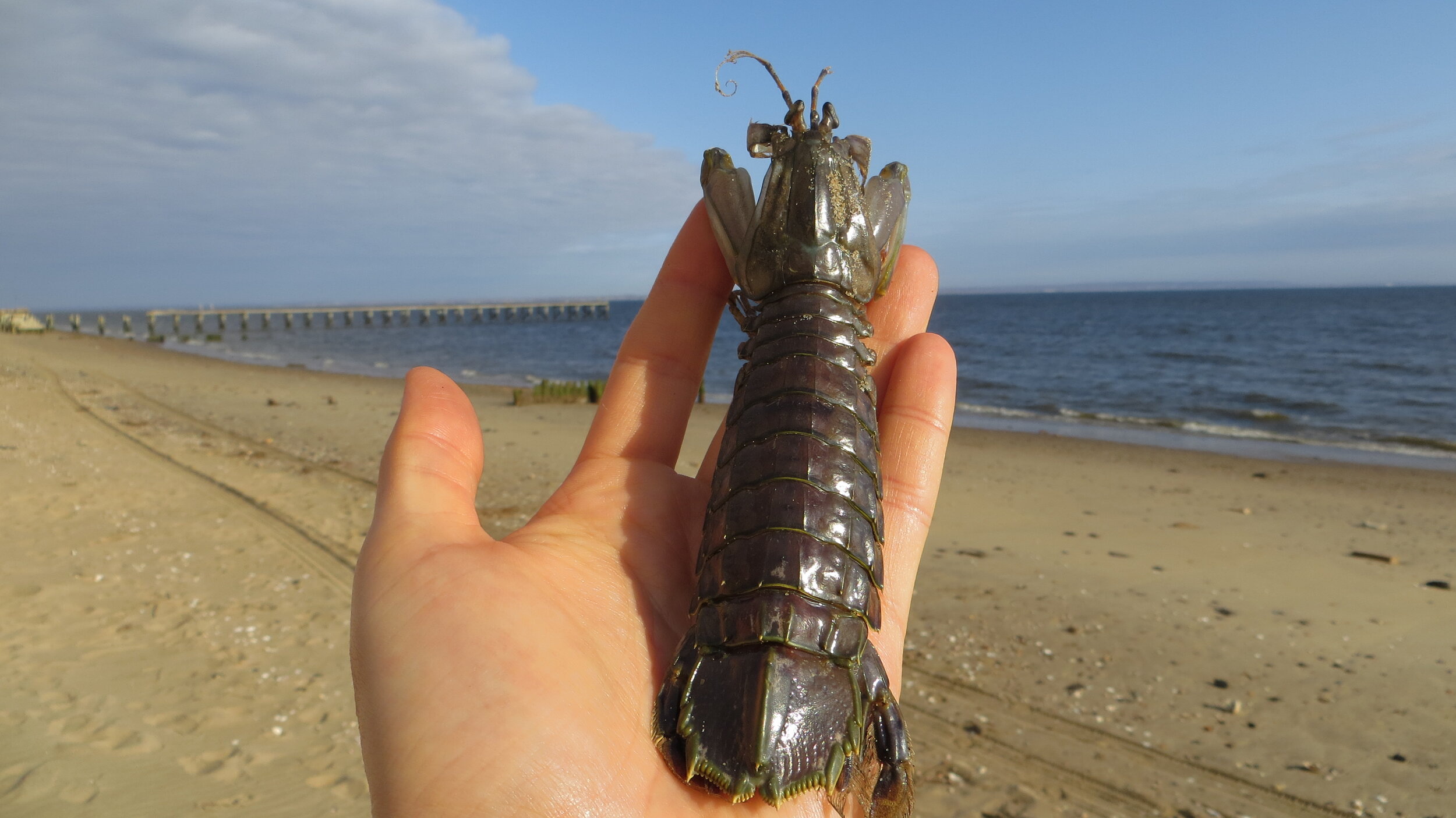
Stomatopoda
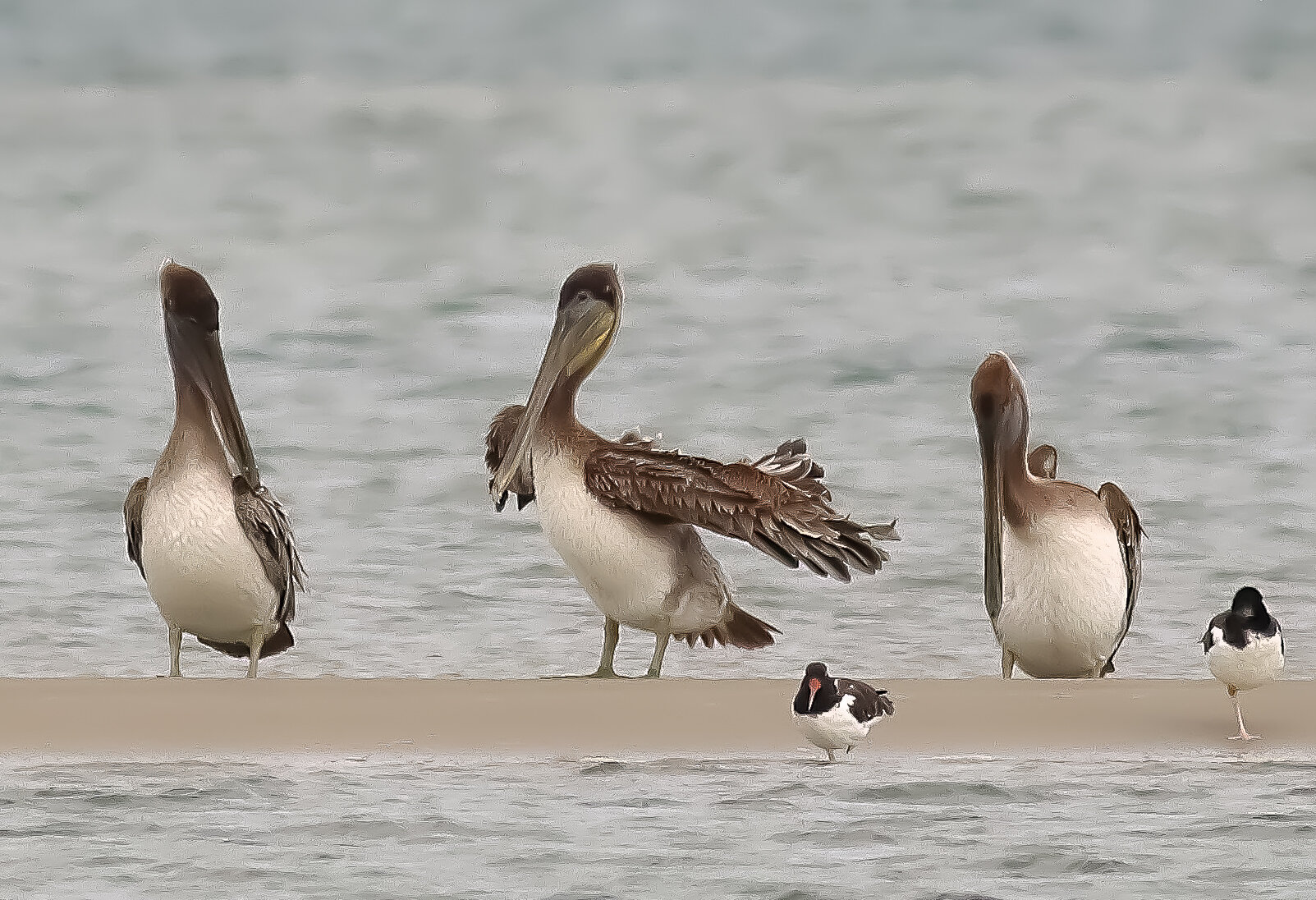
Pelecanus occidentalis
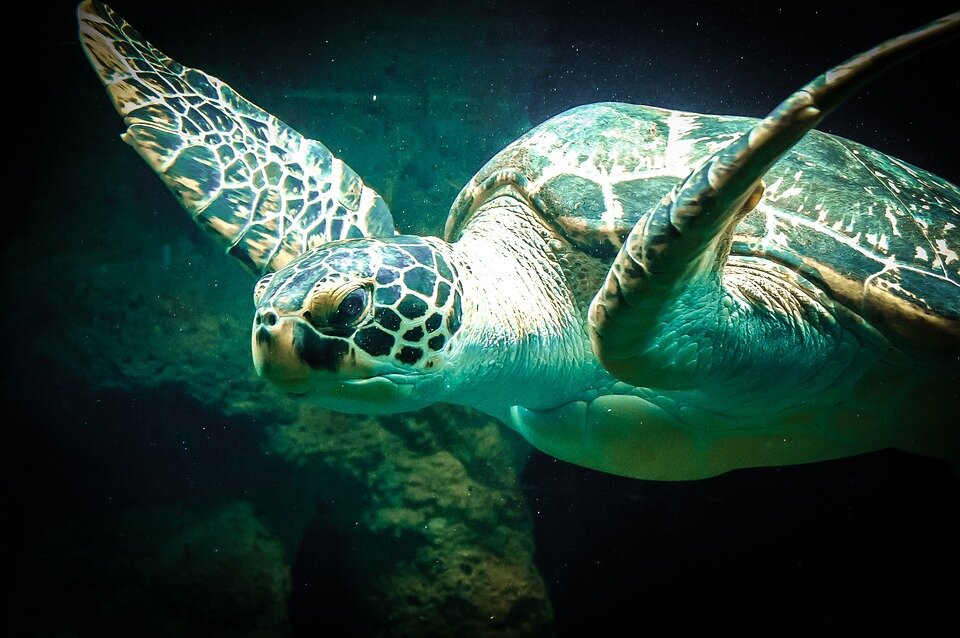
Caretta caretta
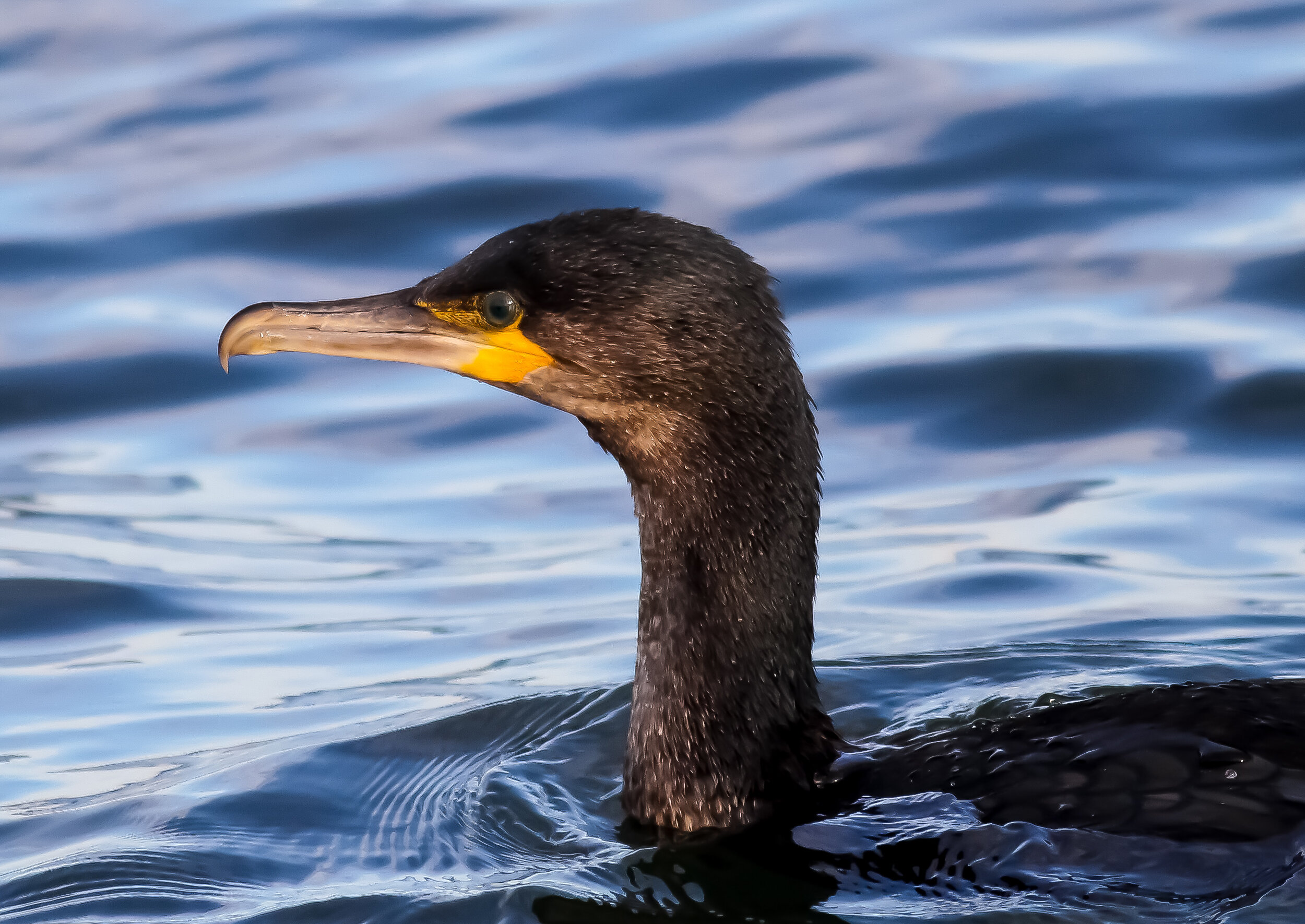
Phalacrocorax auritus

Halichoerus grypus
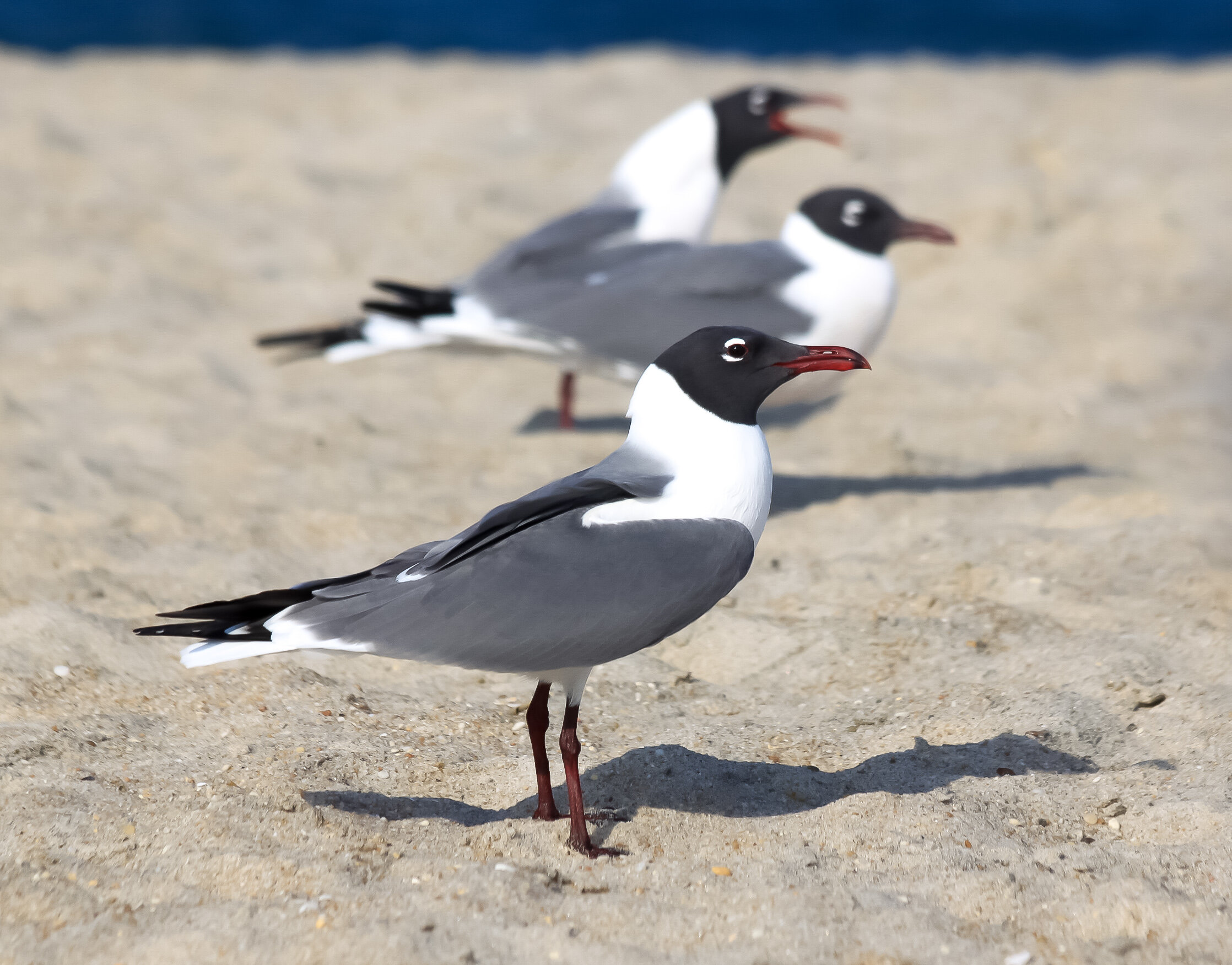
Leucophaeus atricilla
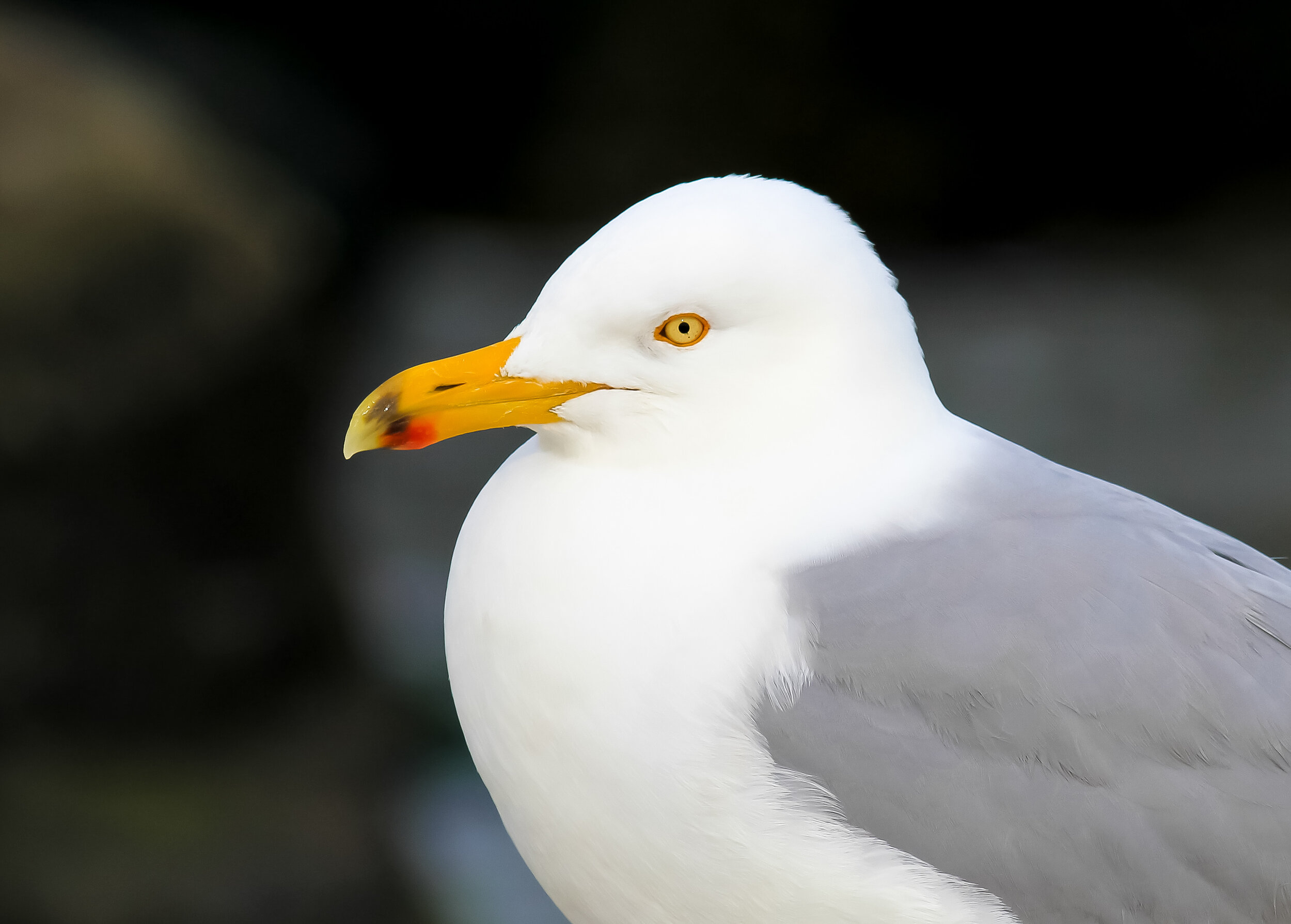
Larus smithsonianus
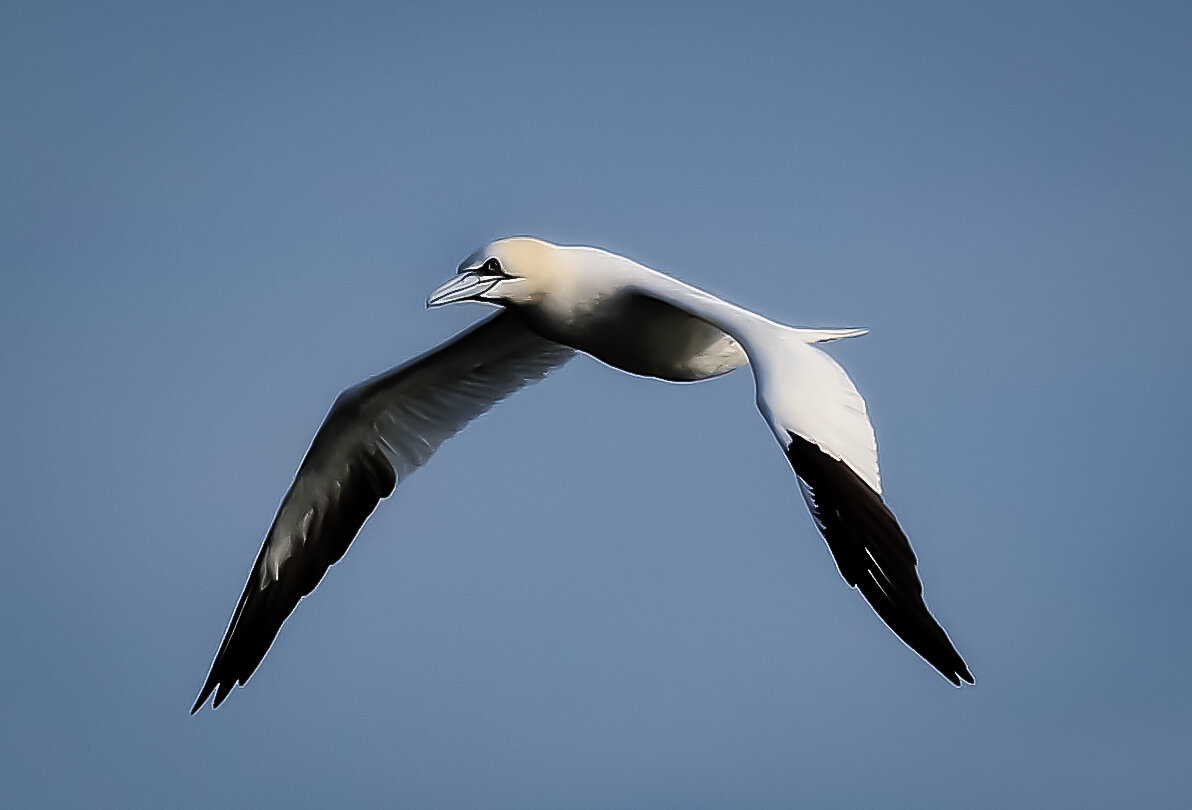
Morus bassanus
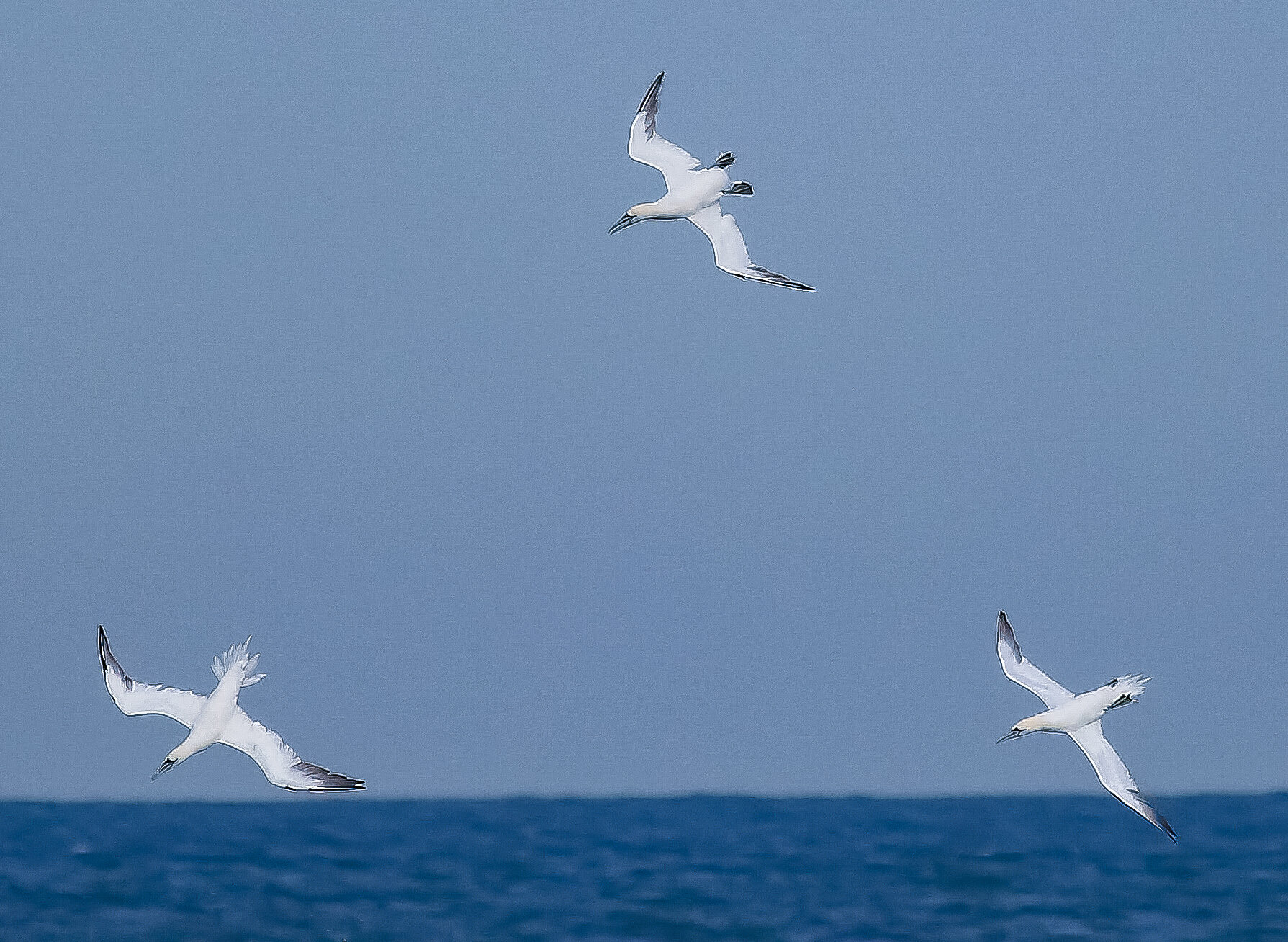
Morus bassanus
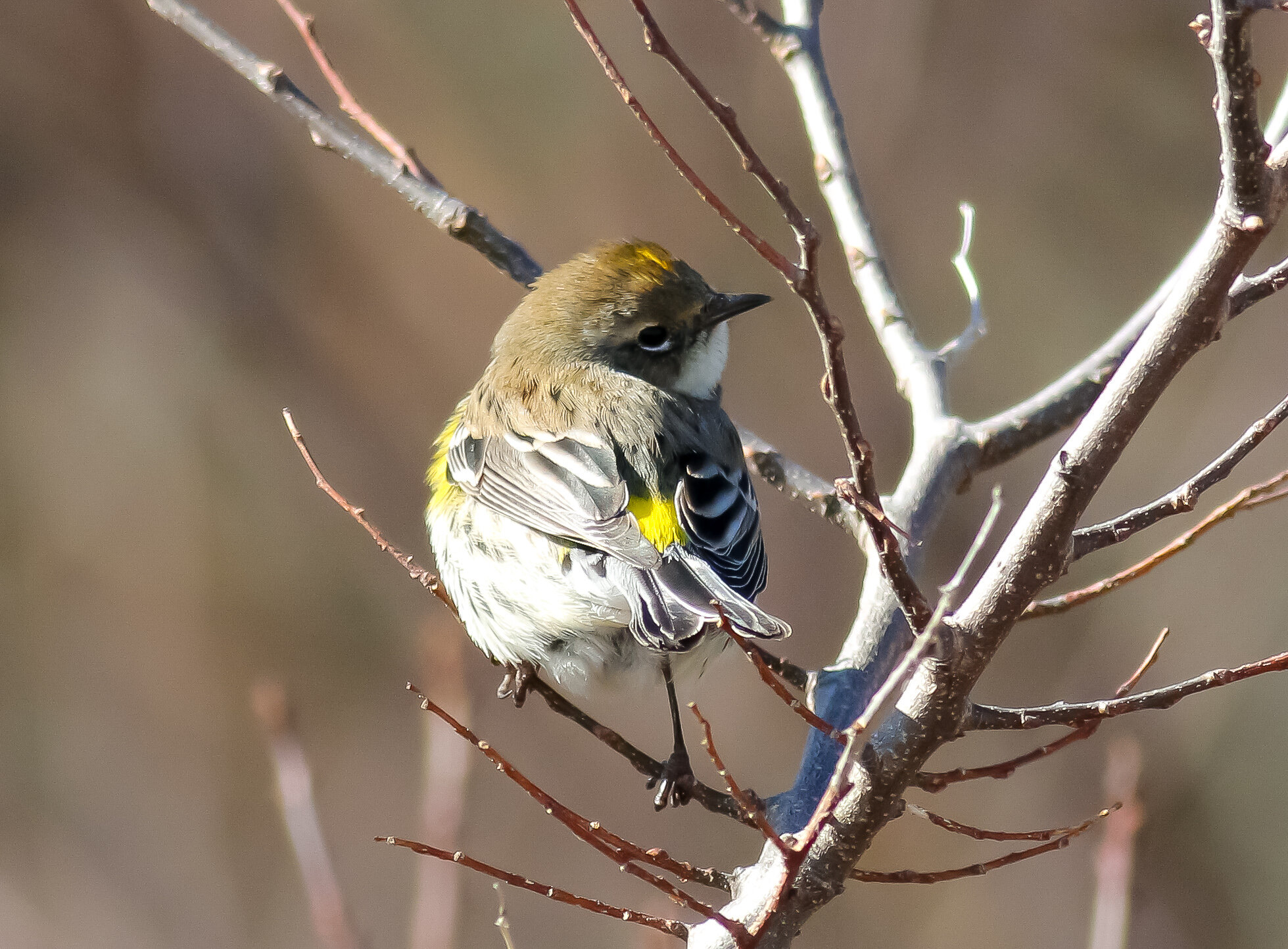
Setophaga coronata

Haliaeetus leucocephalus
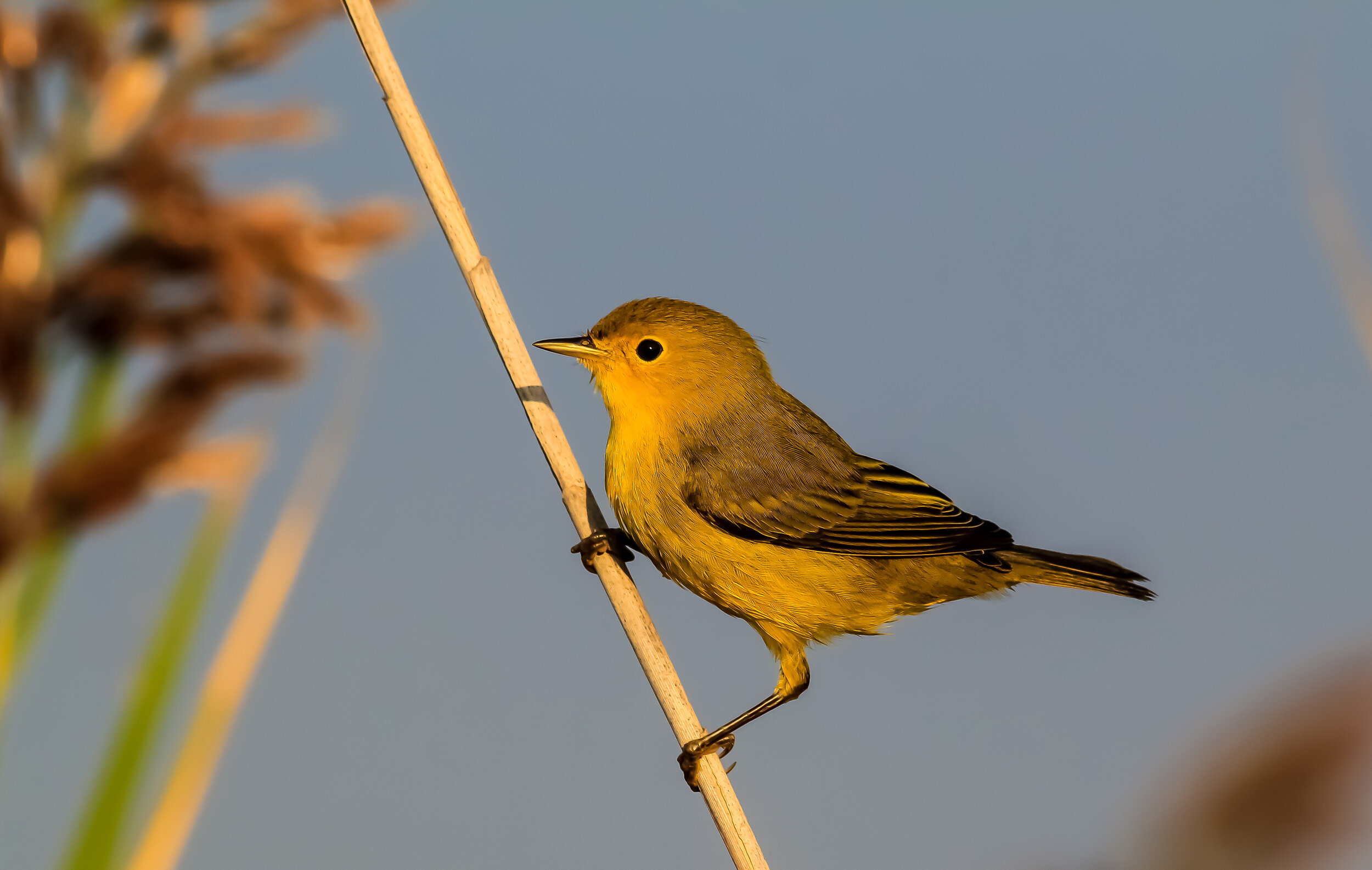
Setophaga petechia
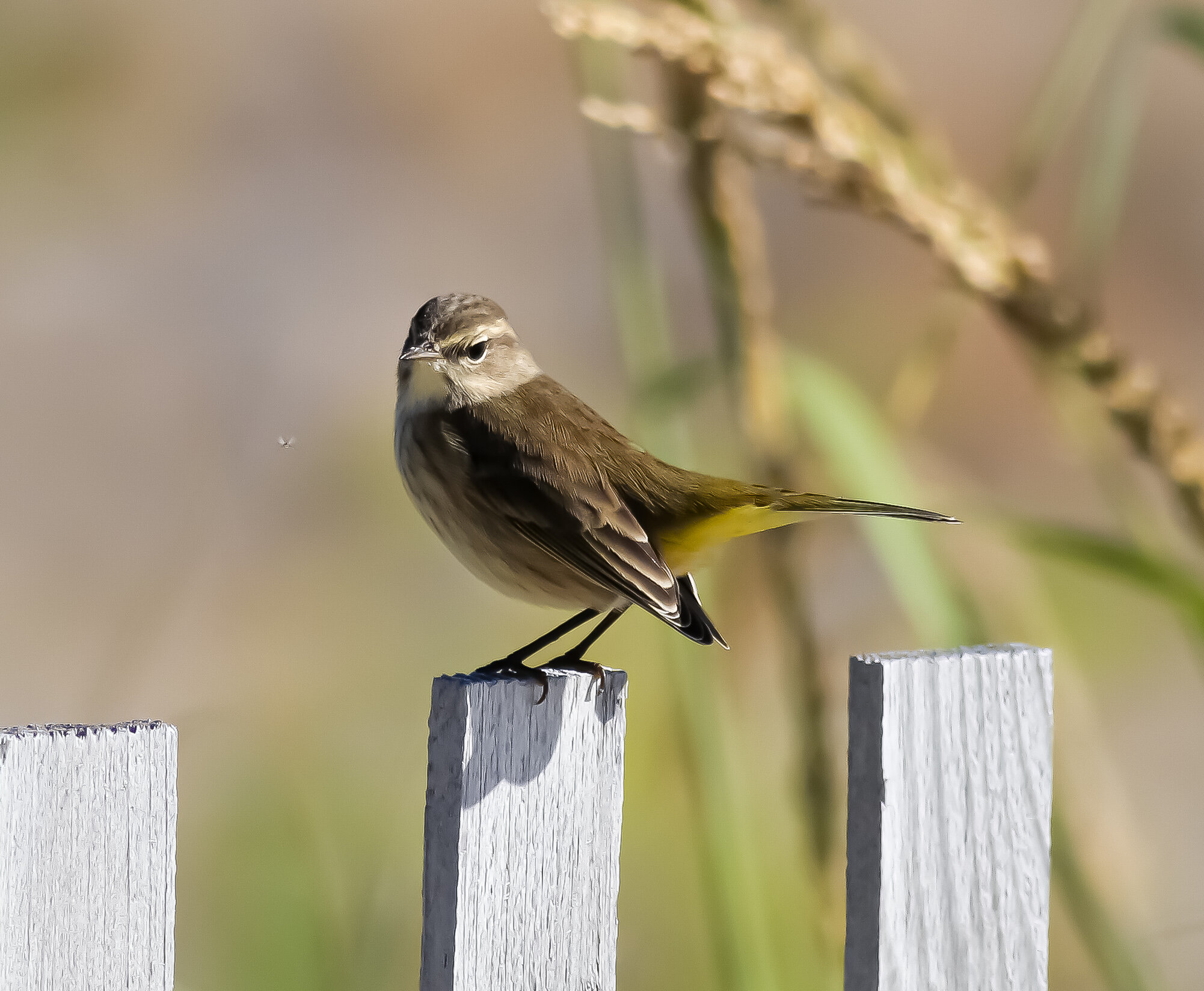
Setophaga palmarum
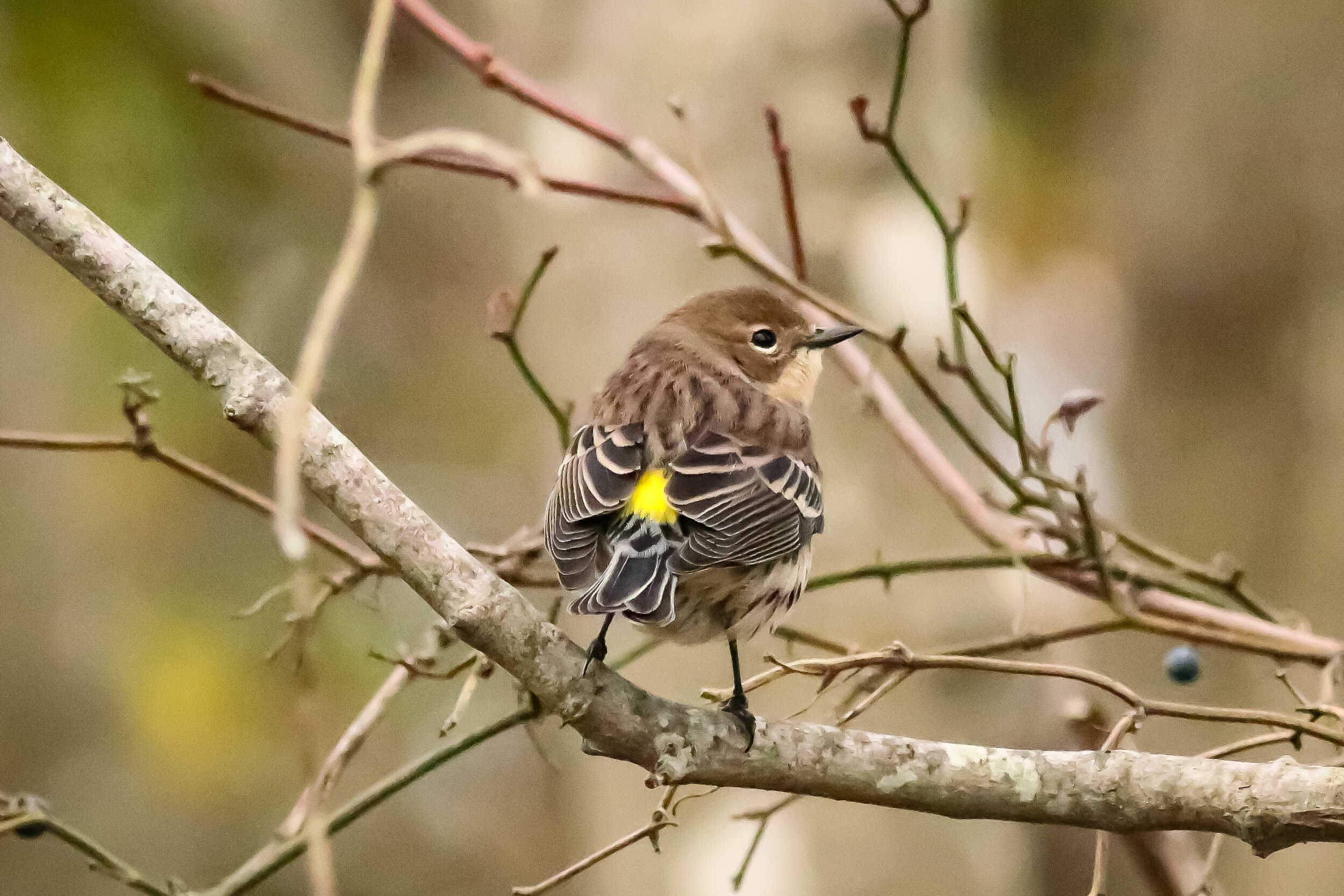
Setophaga coronata
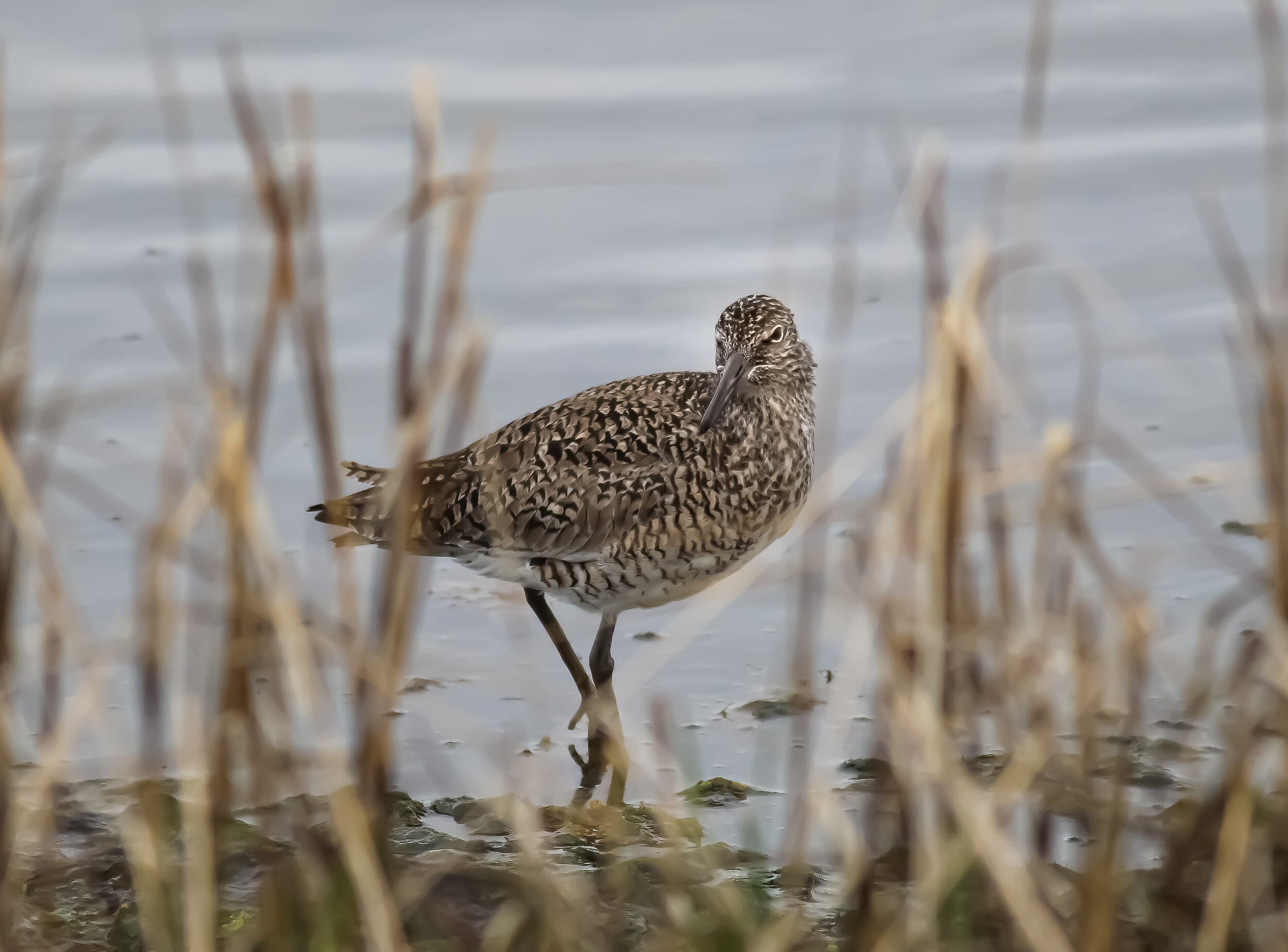
Tringa semipalmata
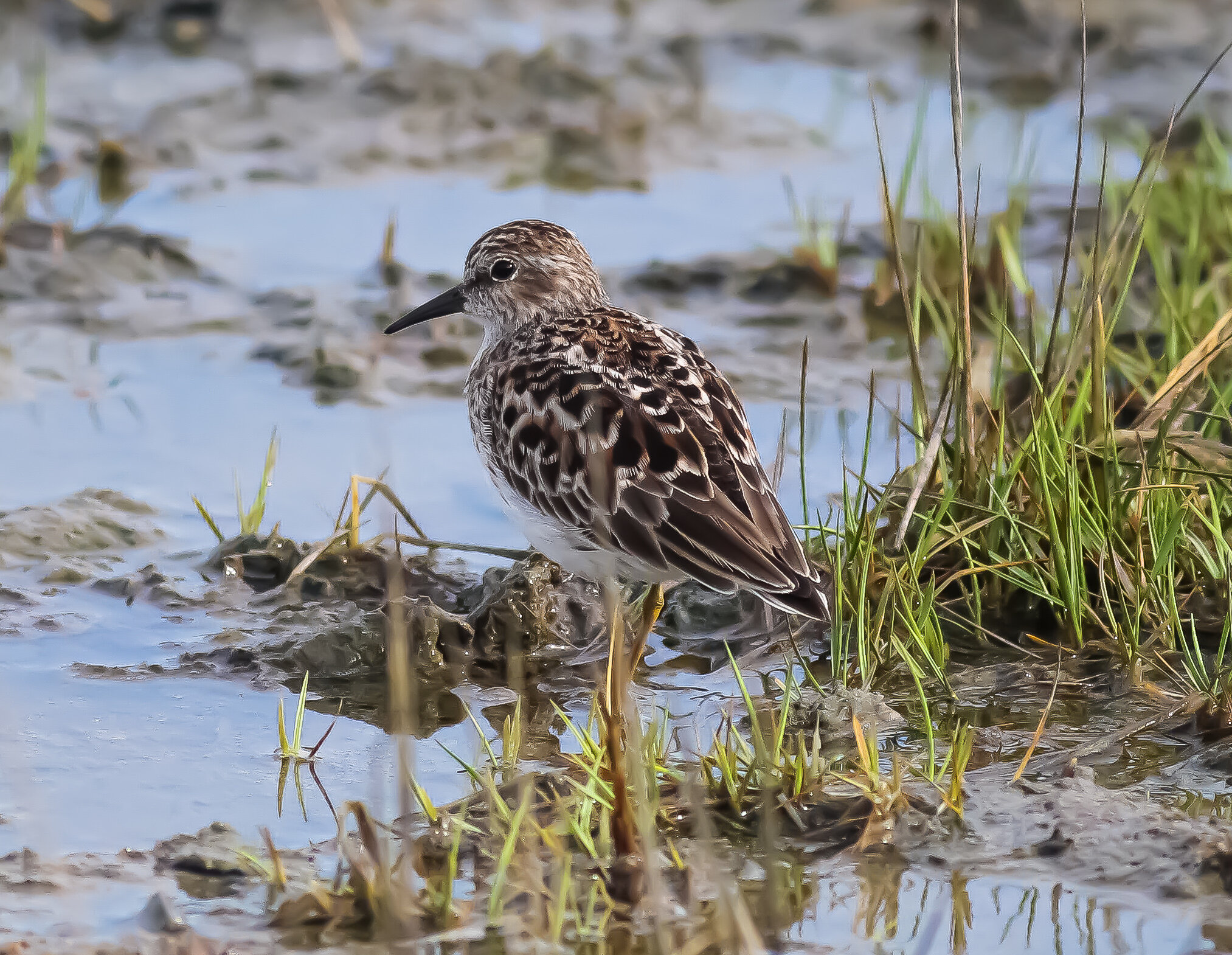
Calidris minutilla
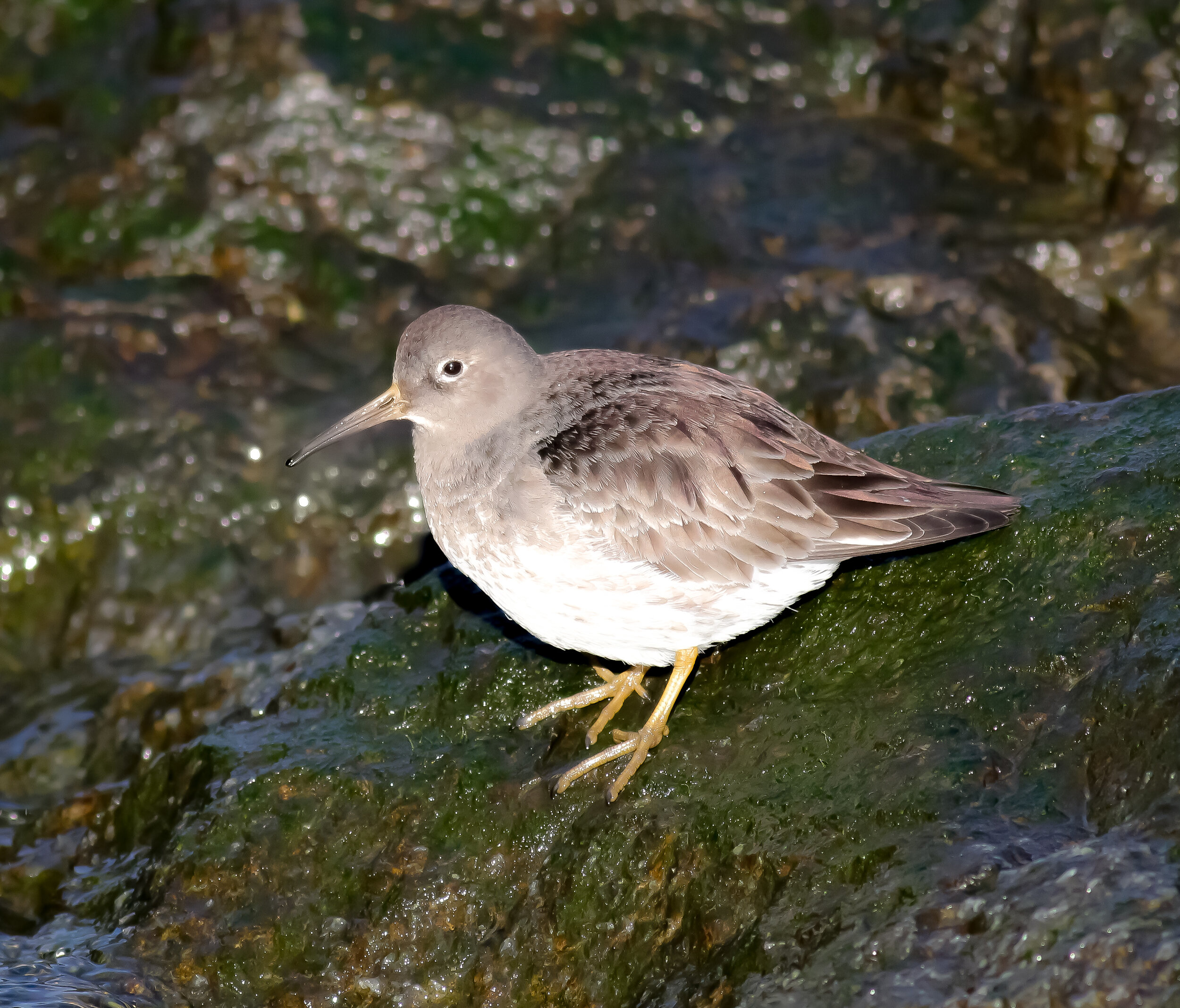
Calidris maritima

Calidris alpina
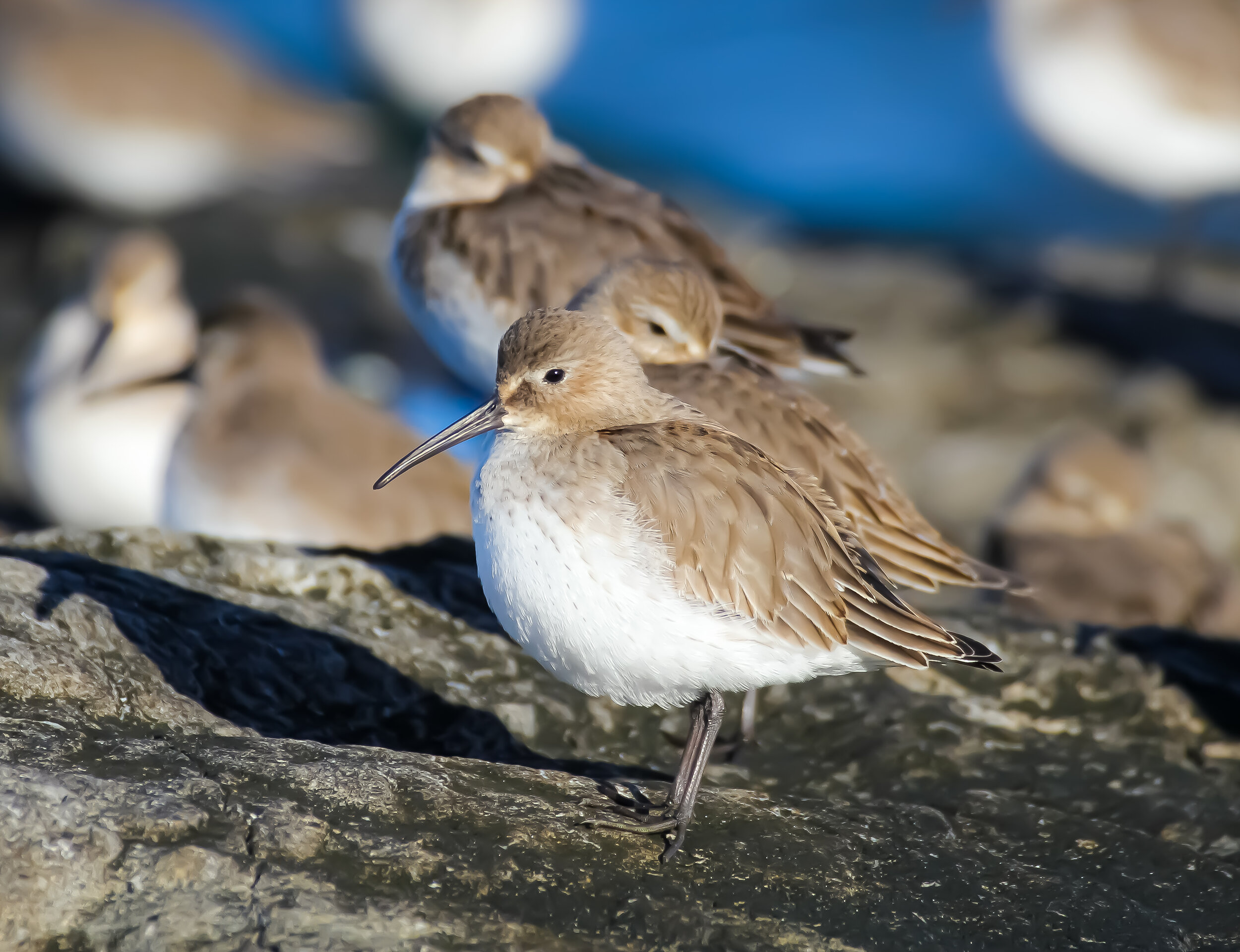
Calidris alpina
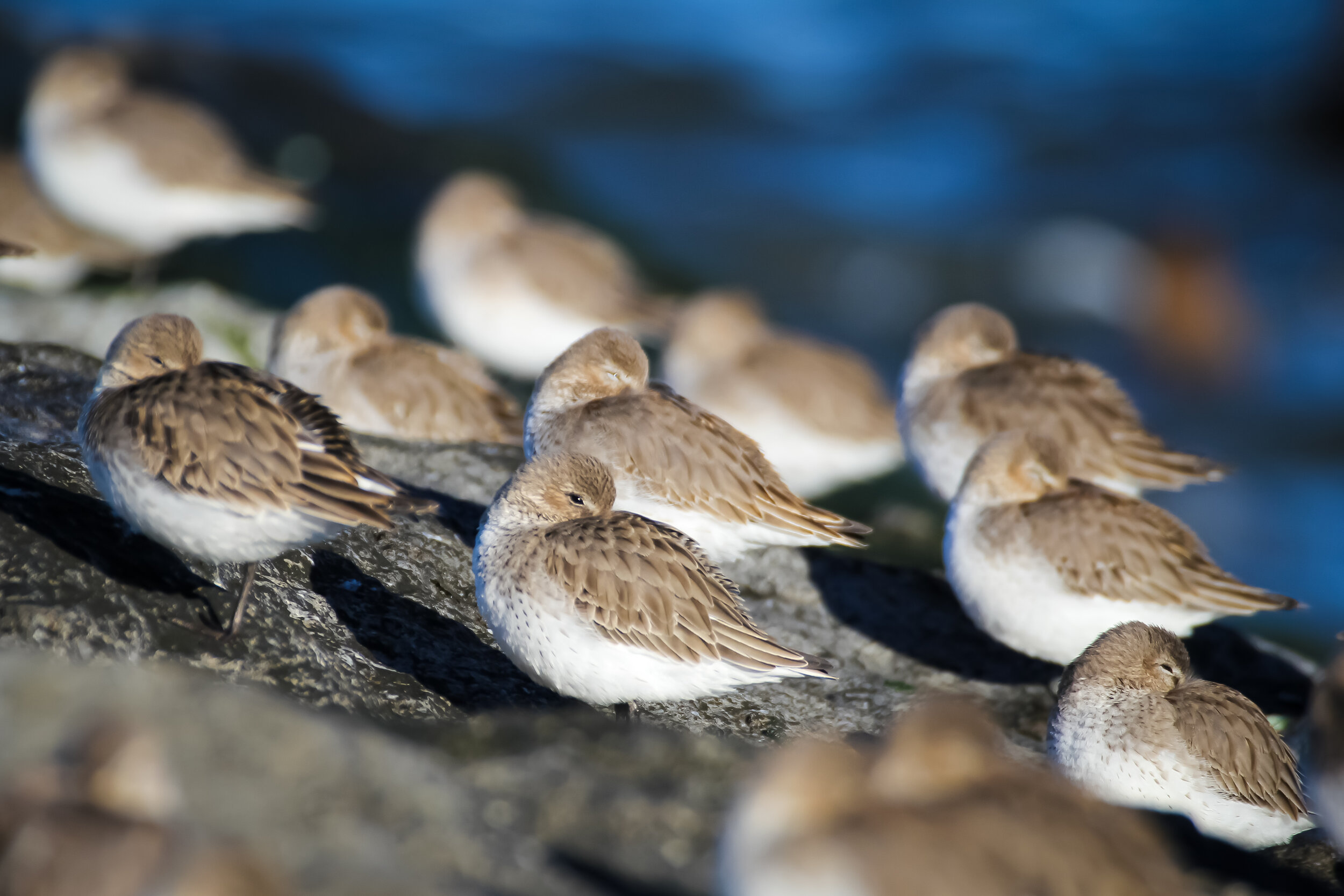
Calidris alpina
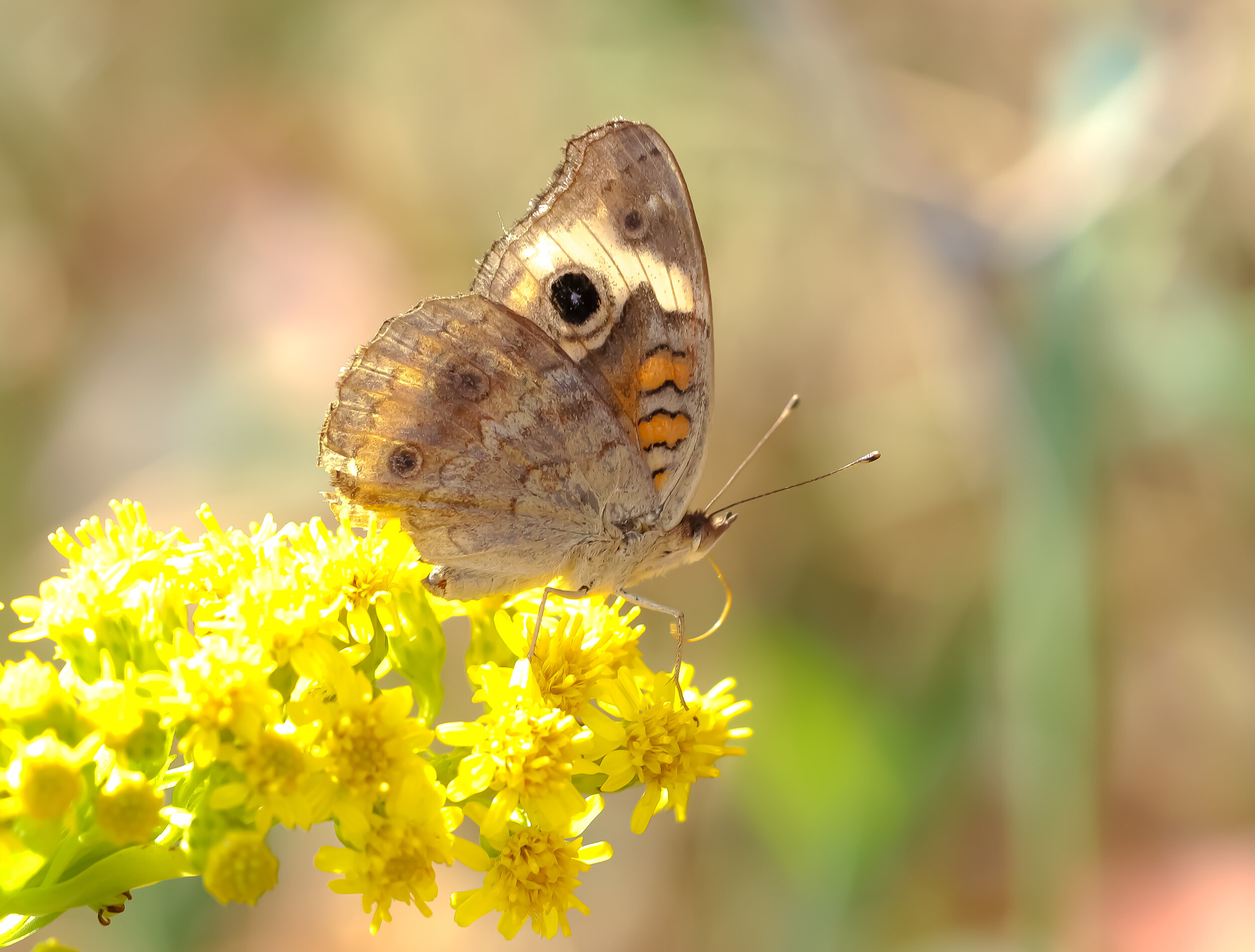
Junonia coenia
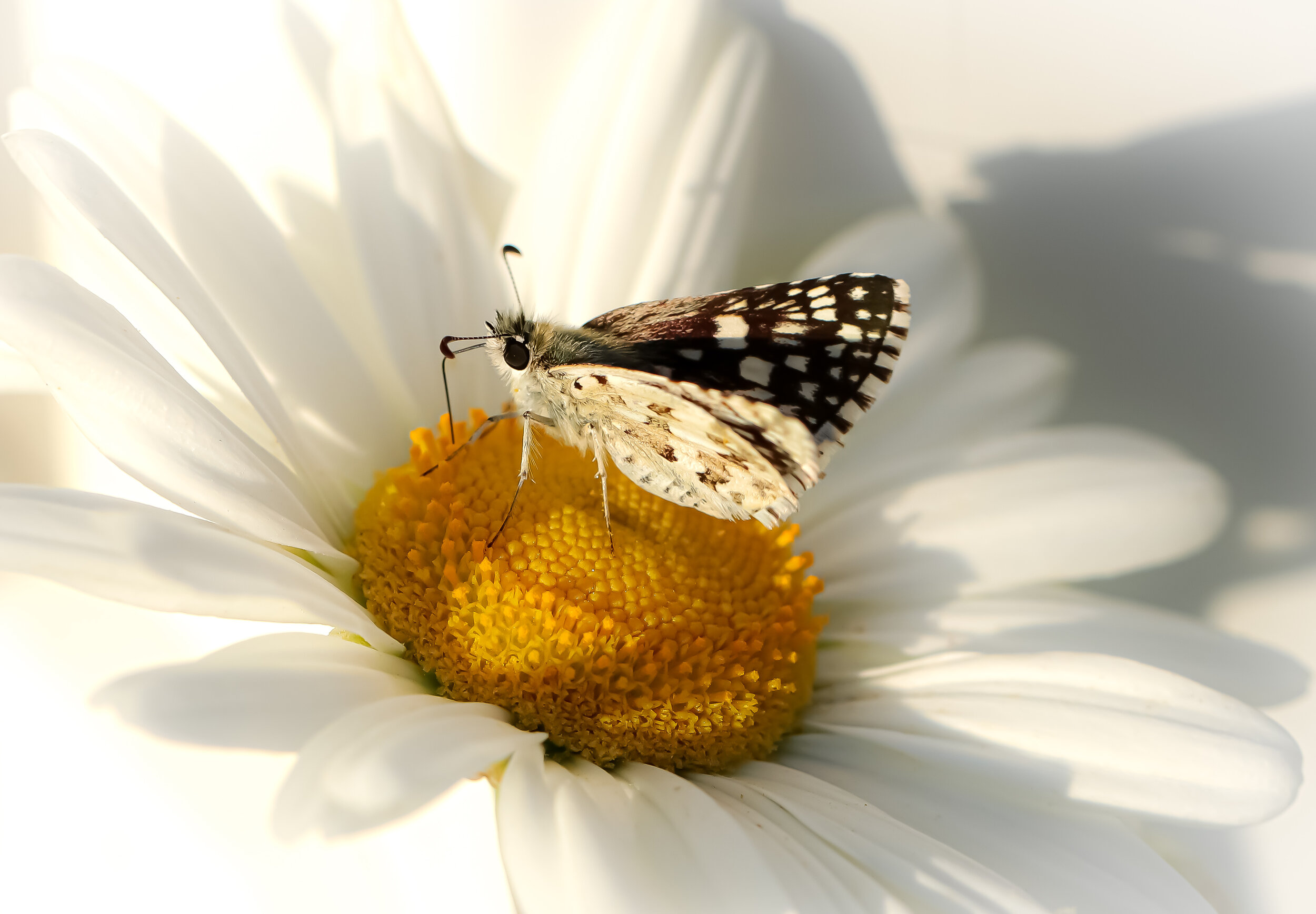
Pyrgus communis
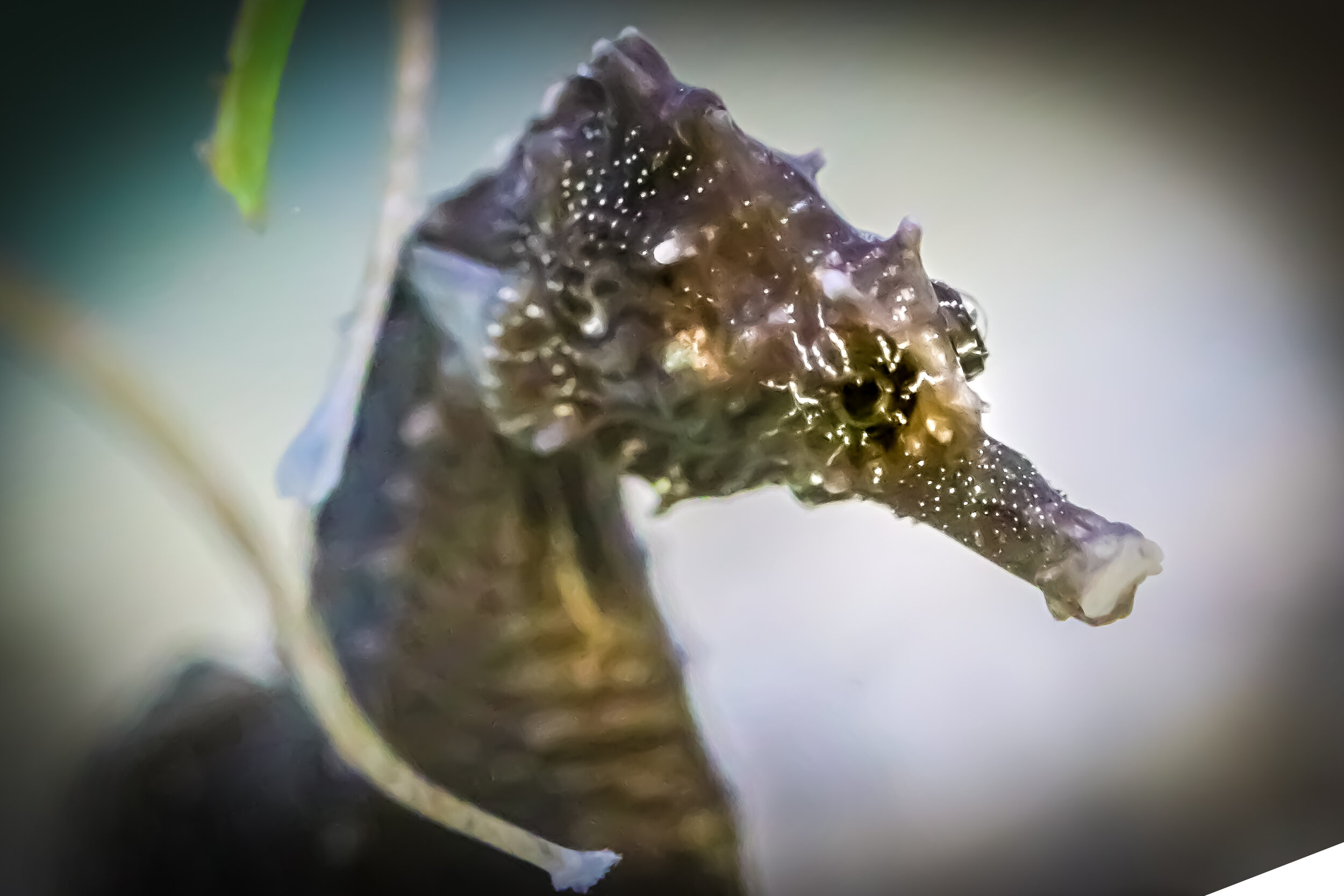
Hippocampus erectus

Clathria prolifera
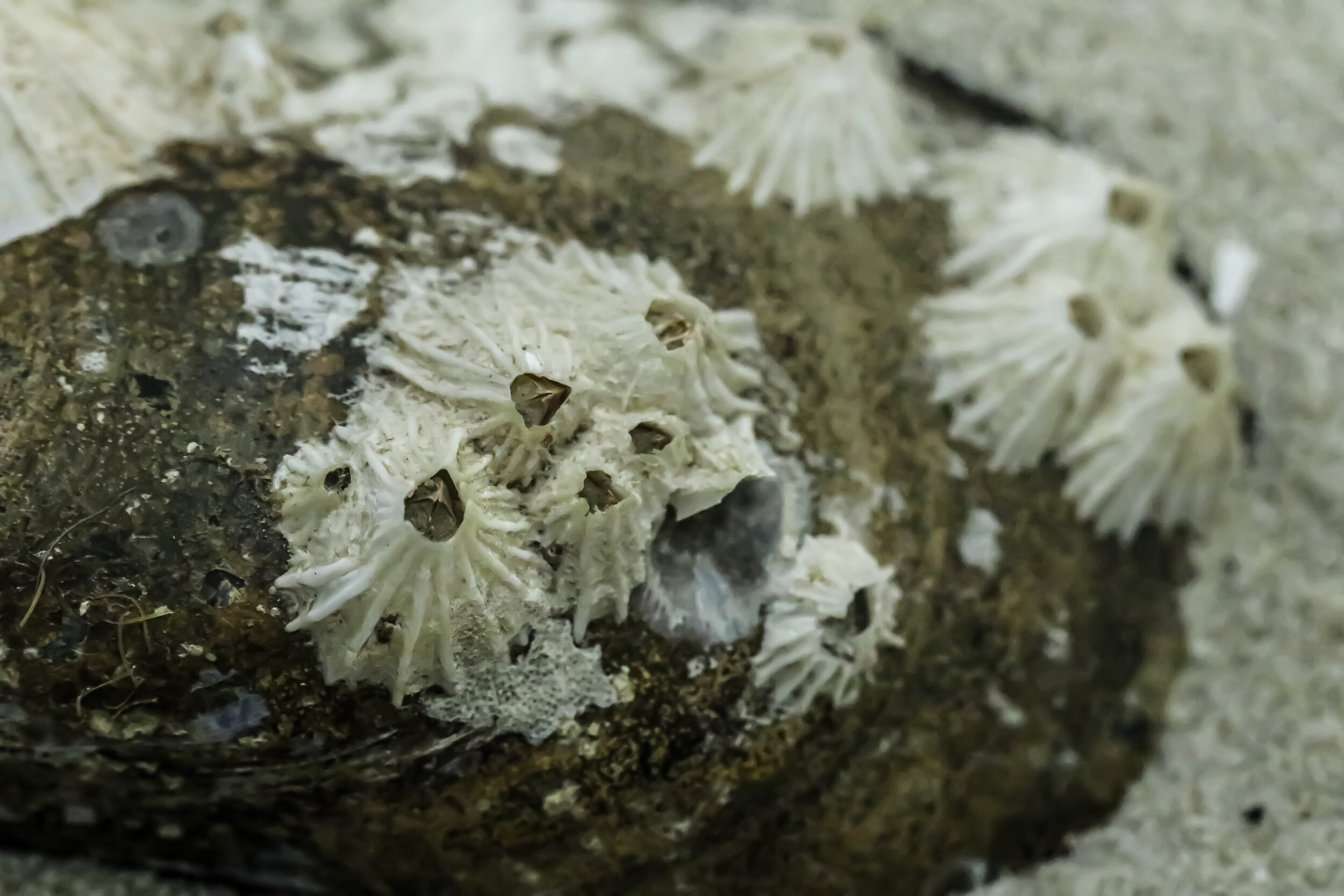
Balanus balanoides
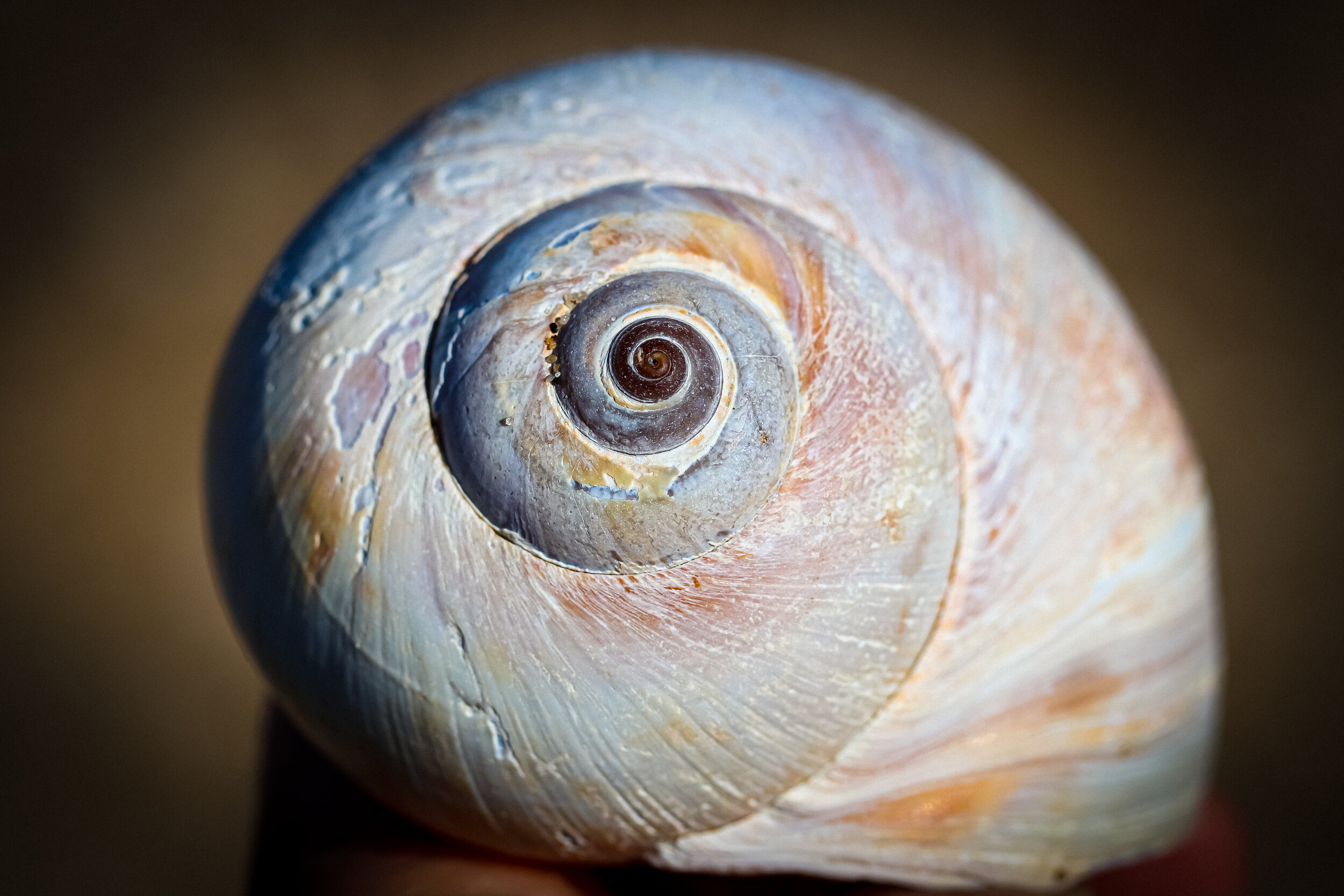
Polinices heros
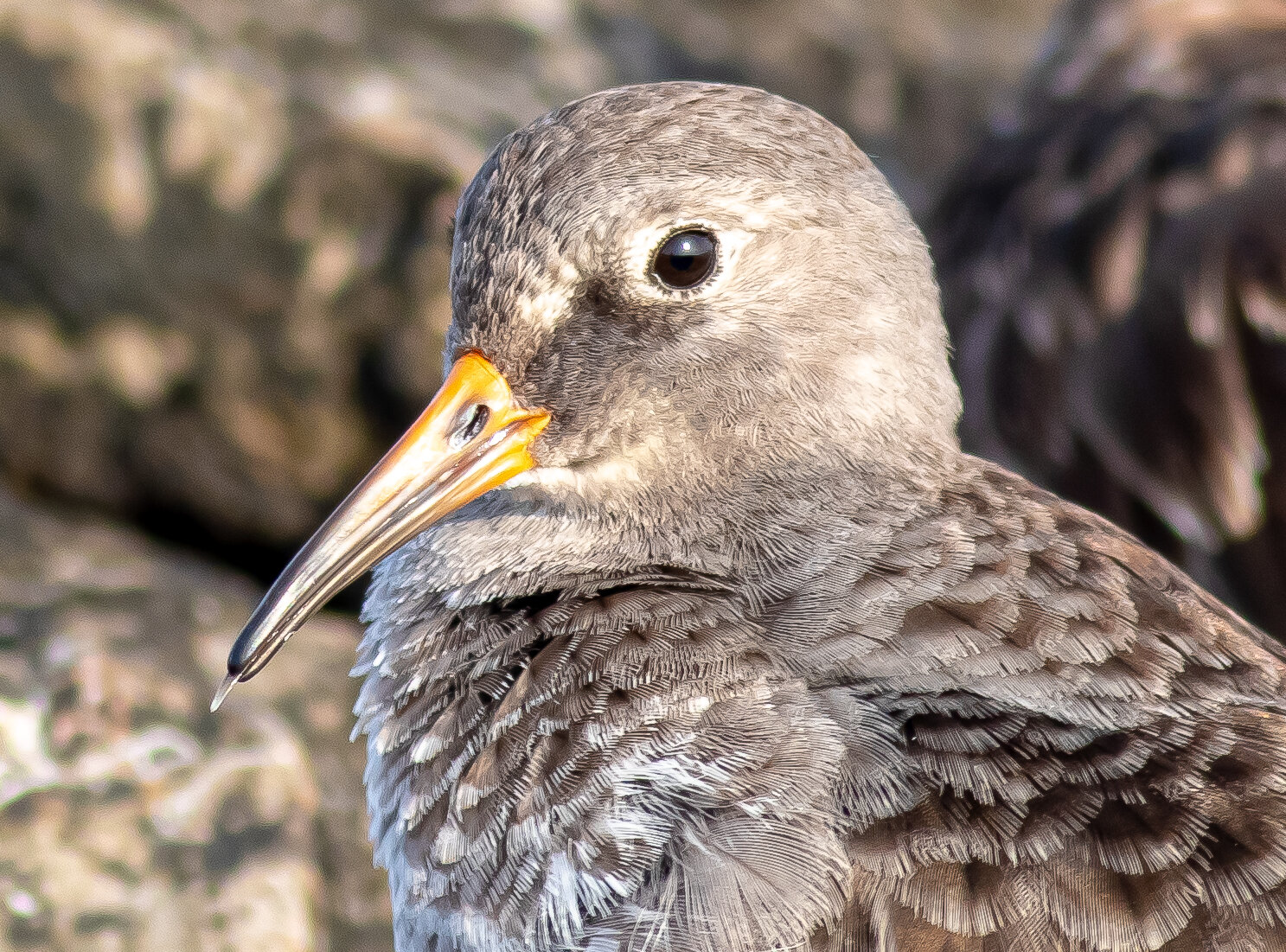
Calidris maritima

Gavia immer

